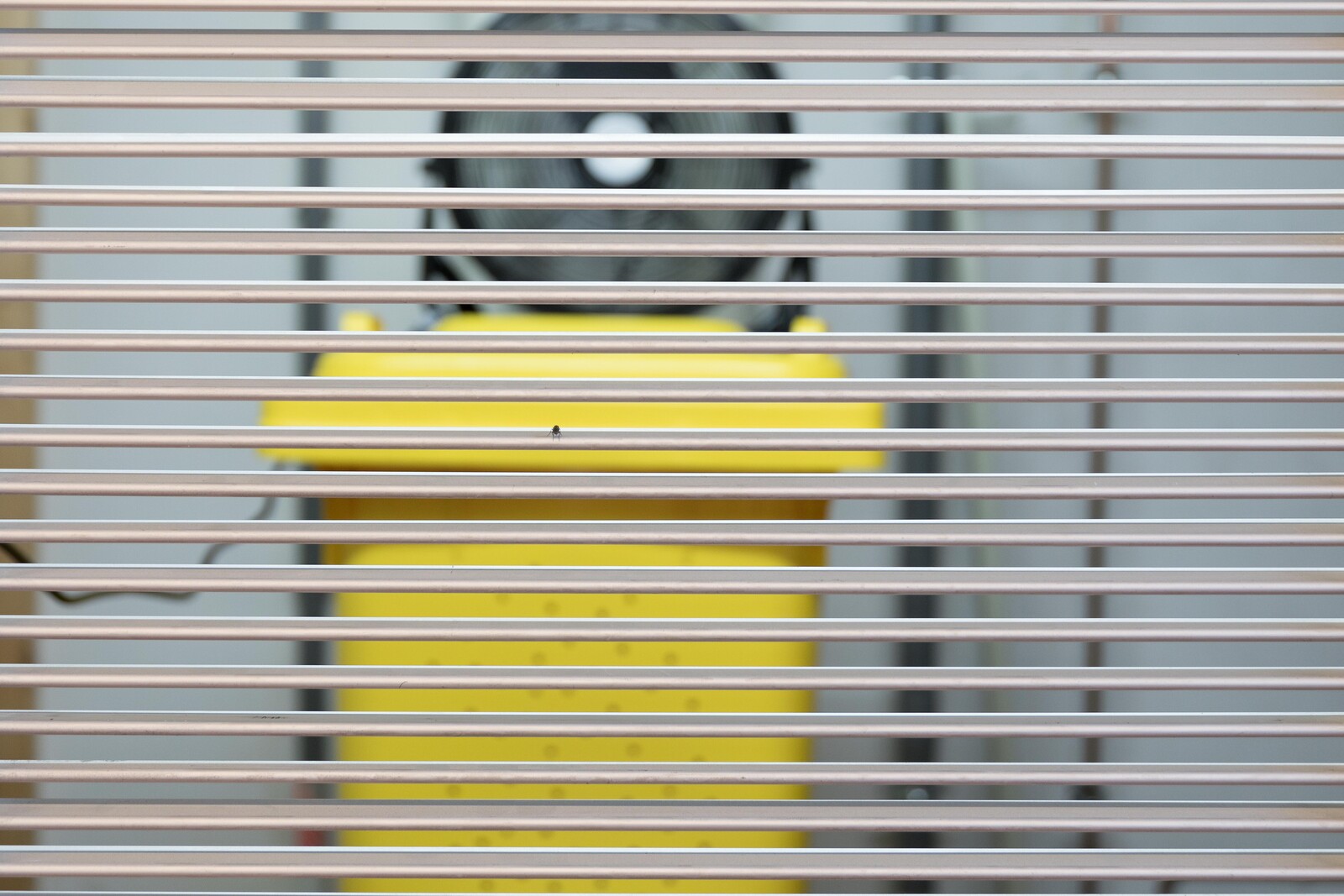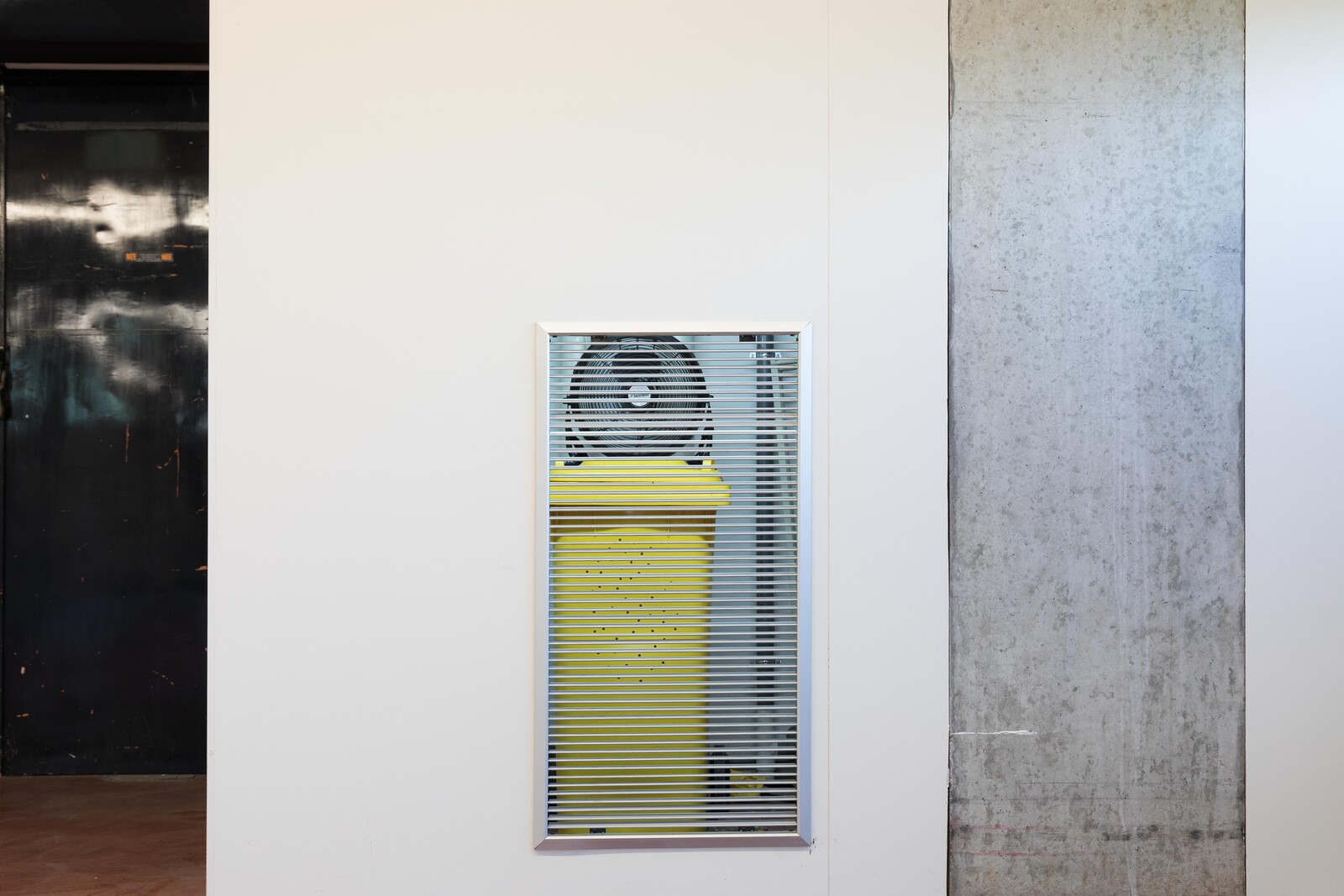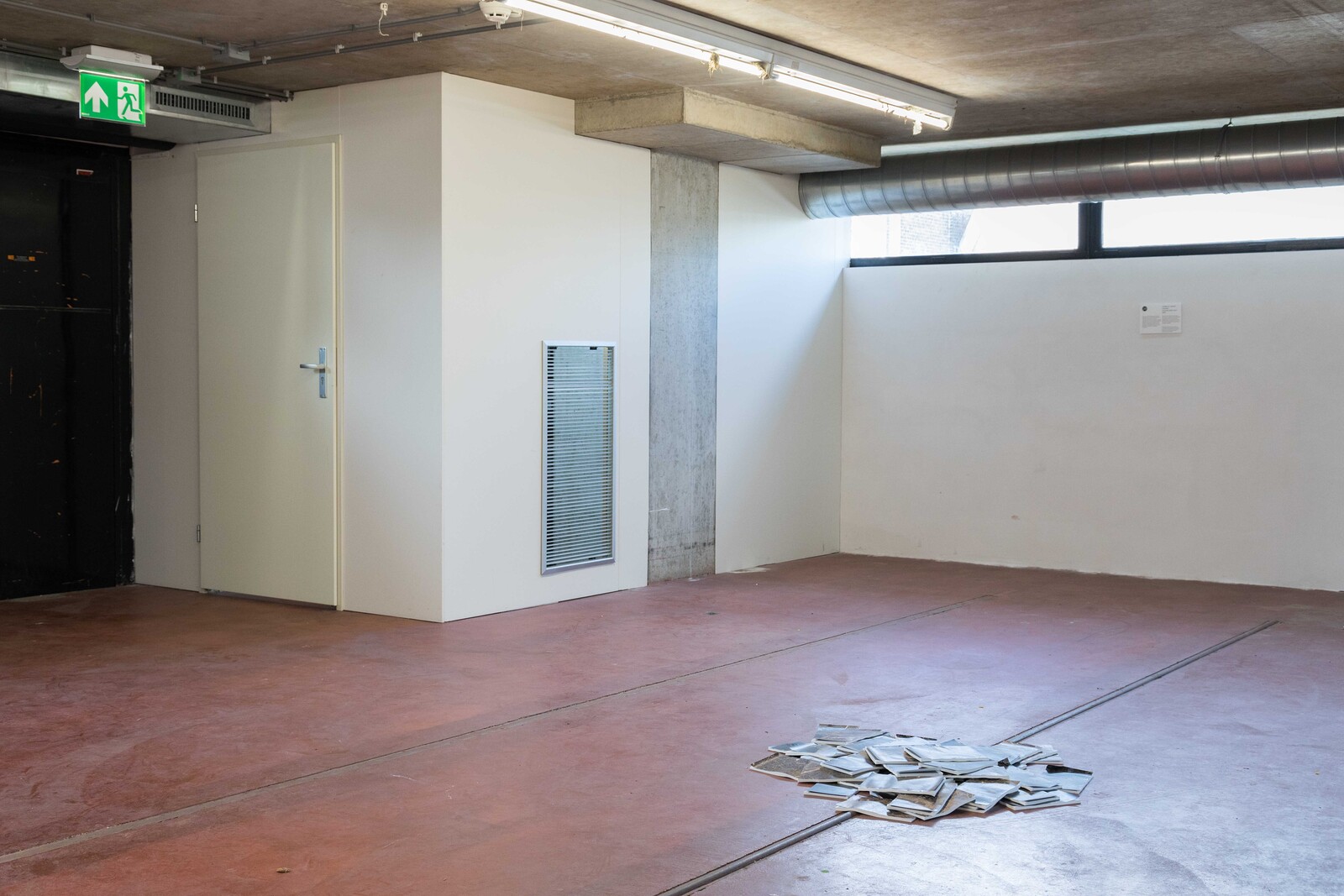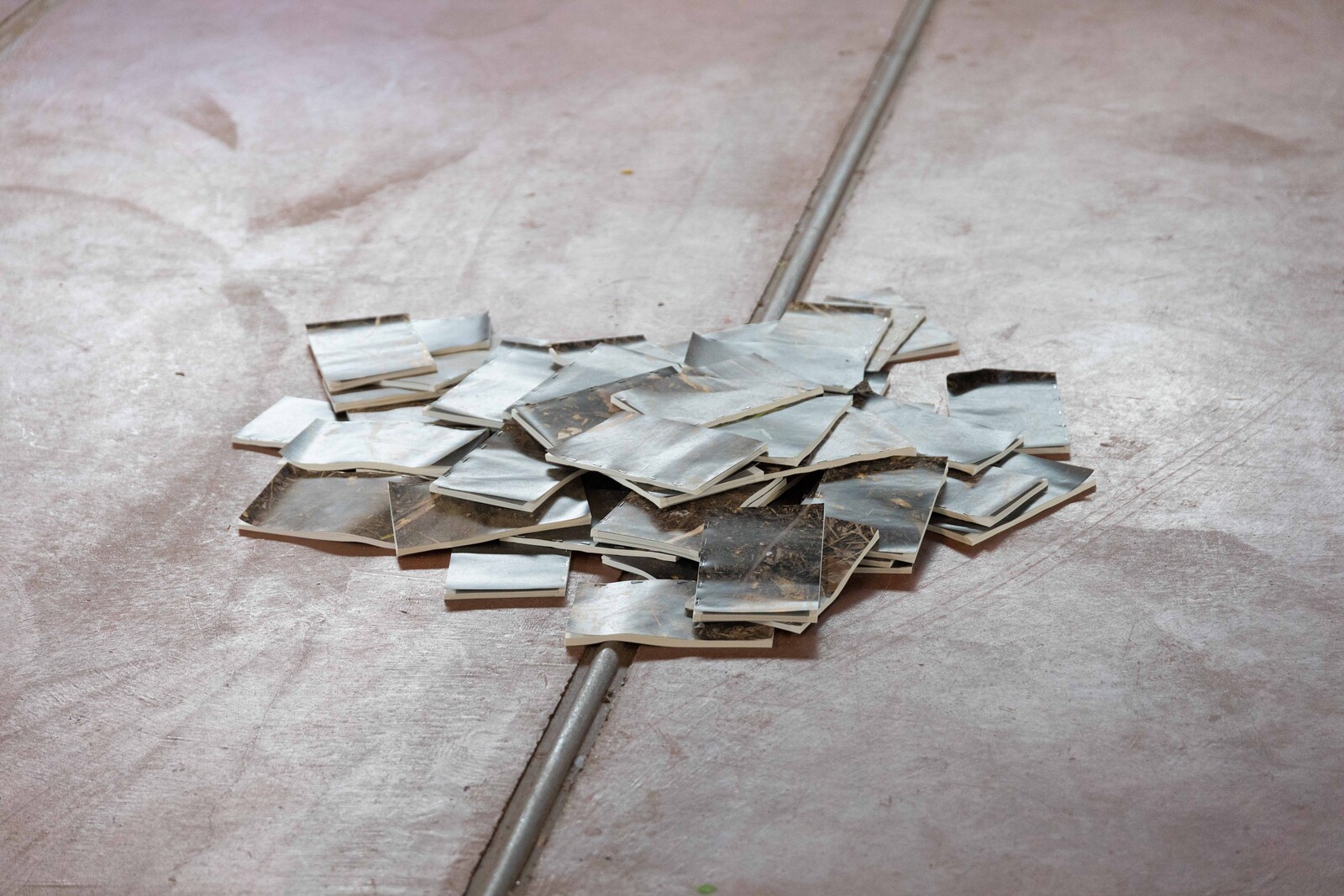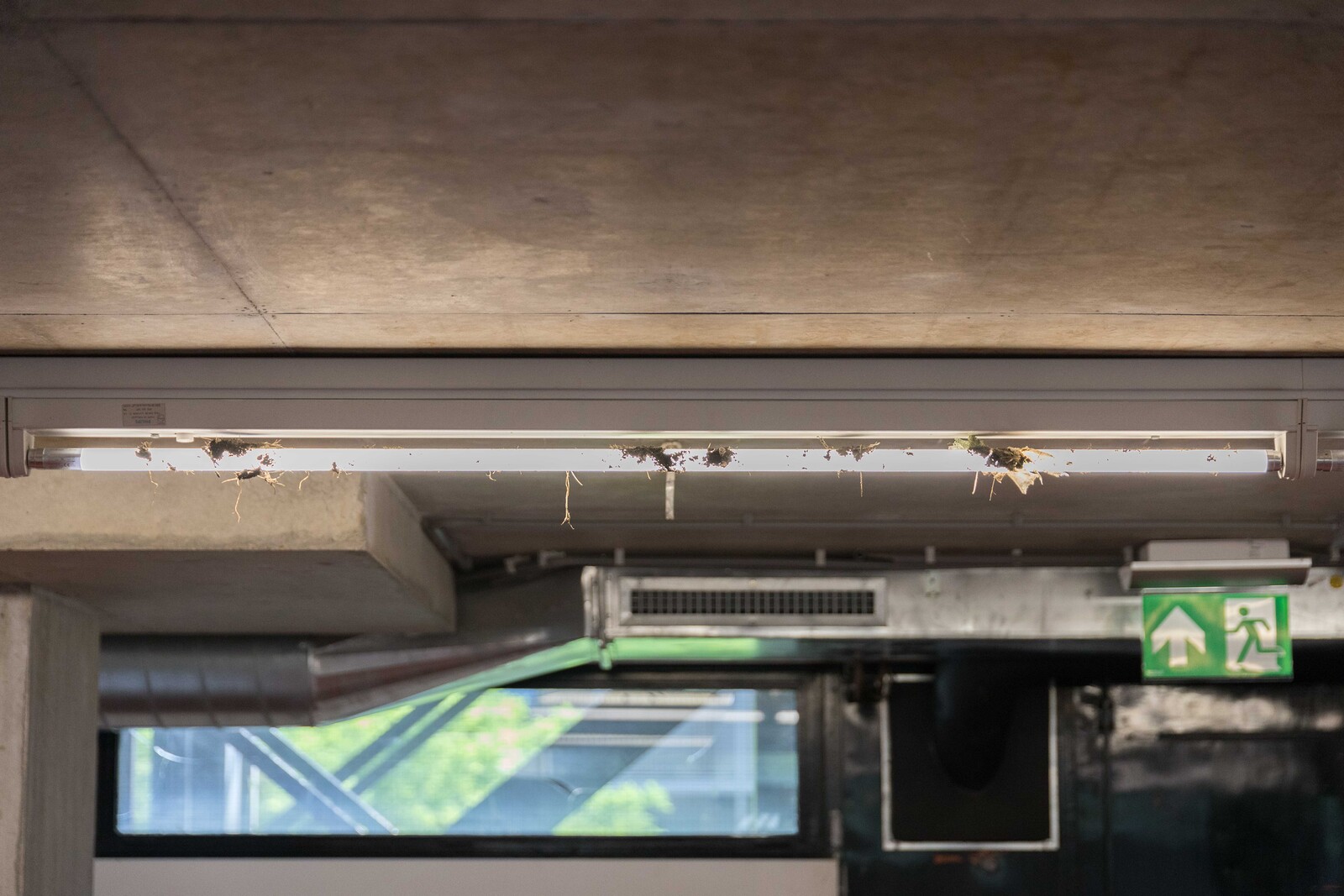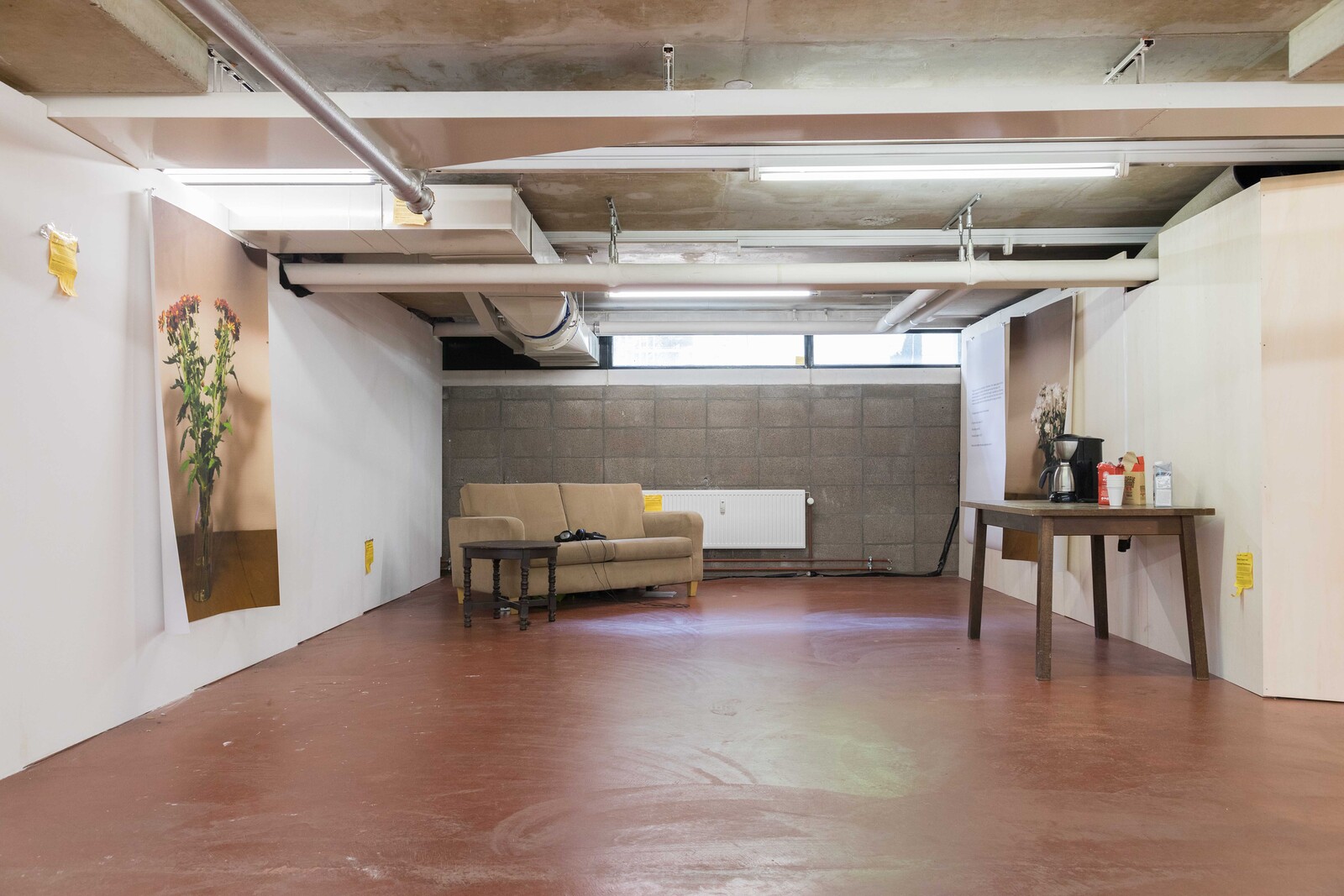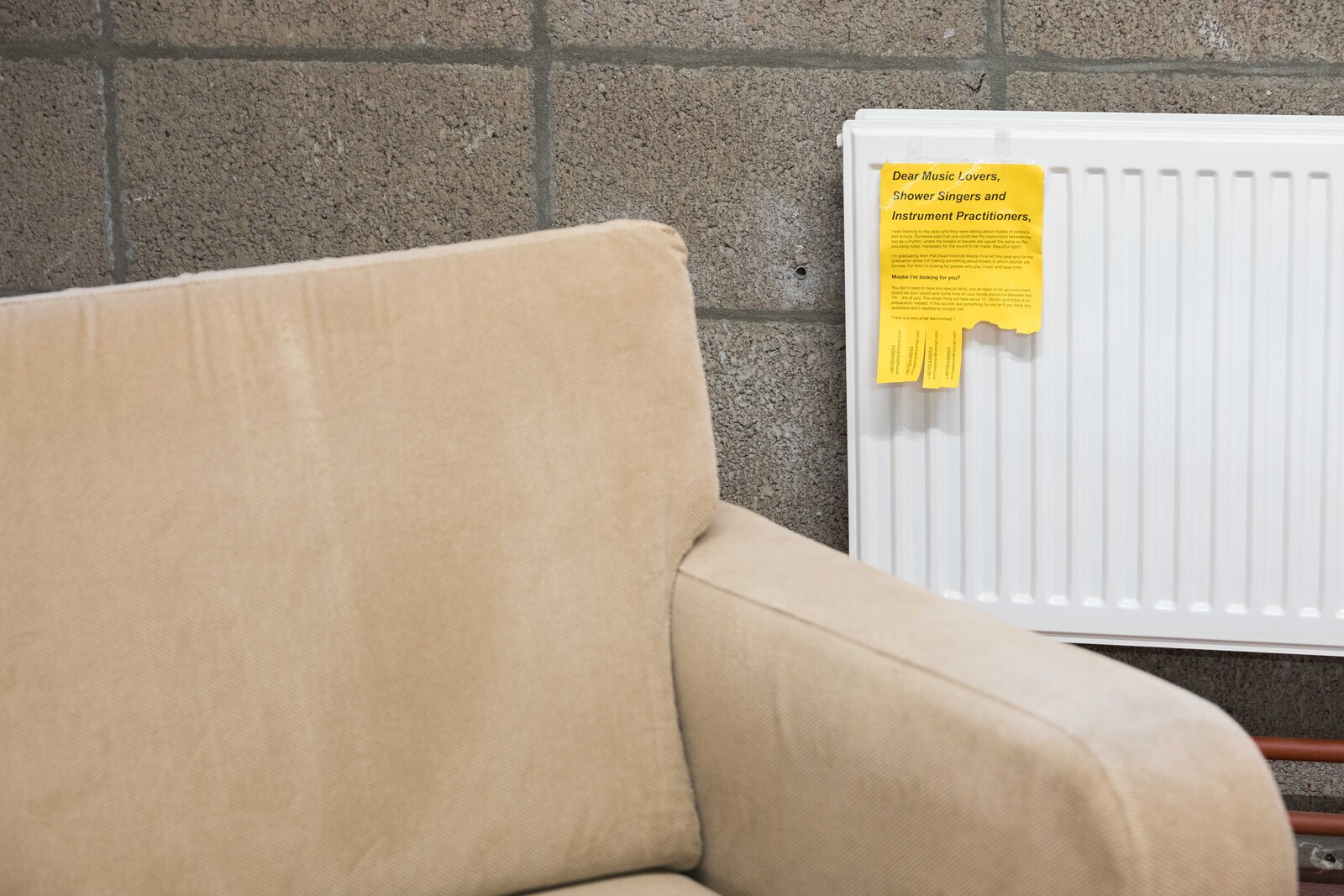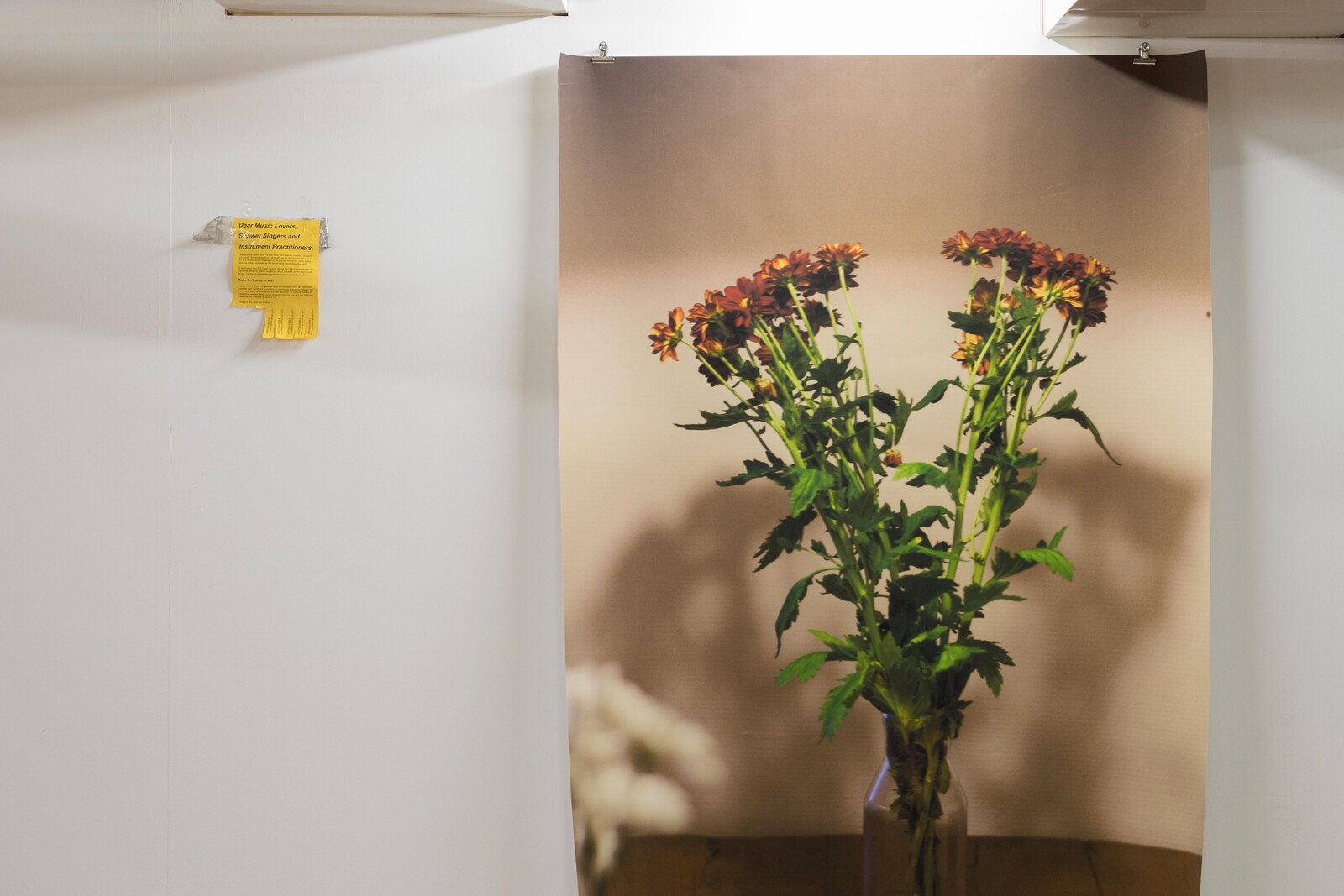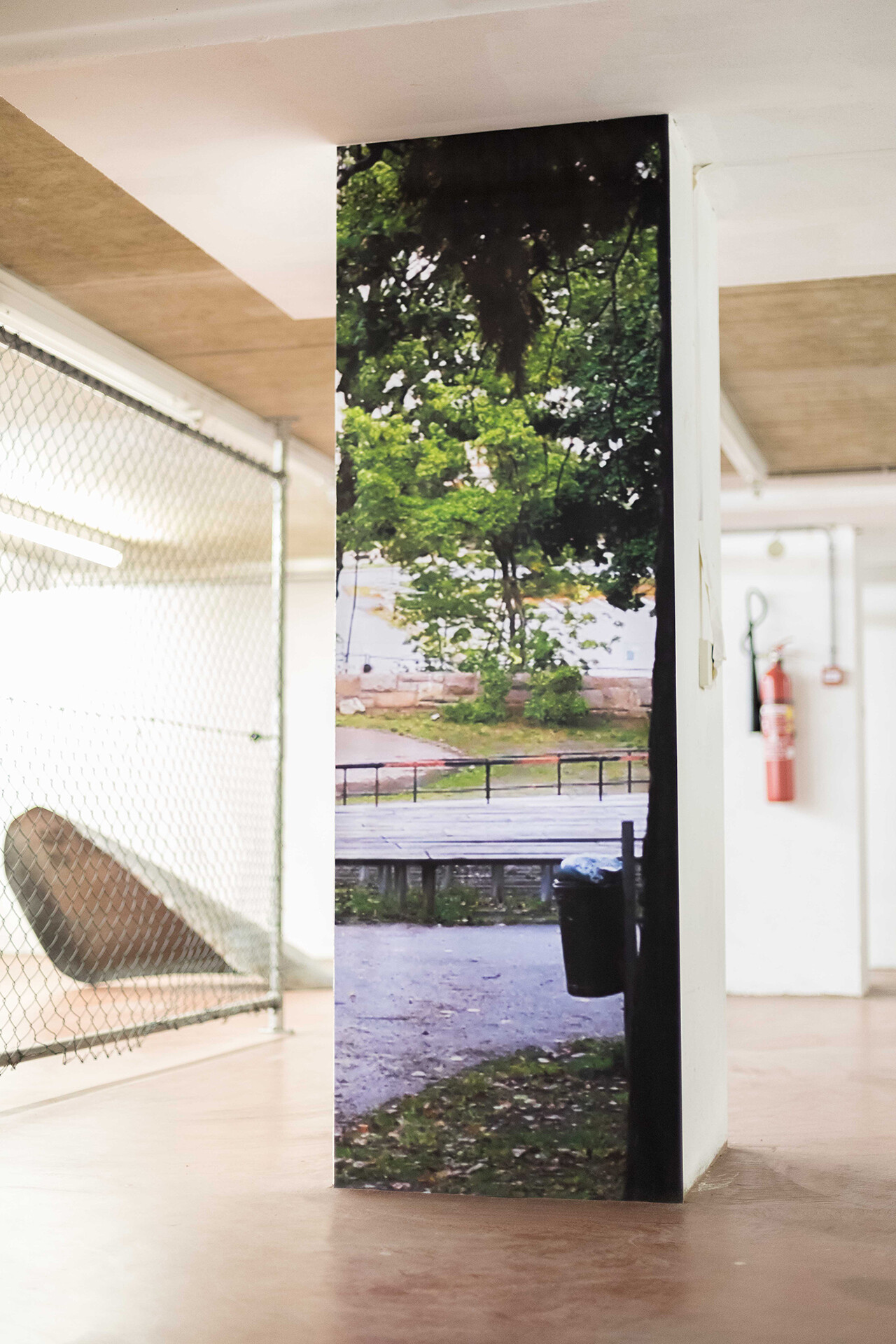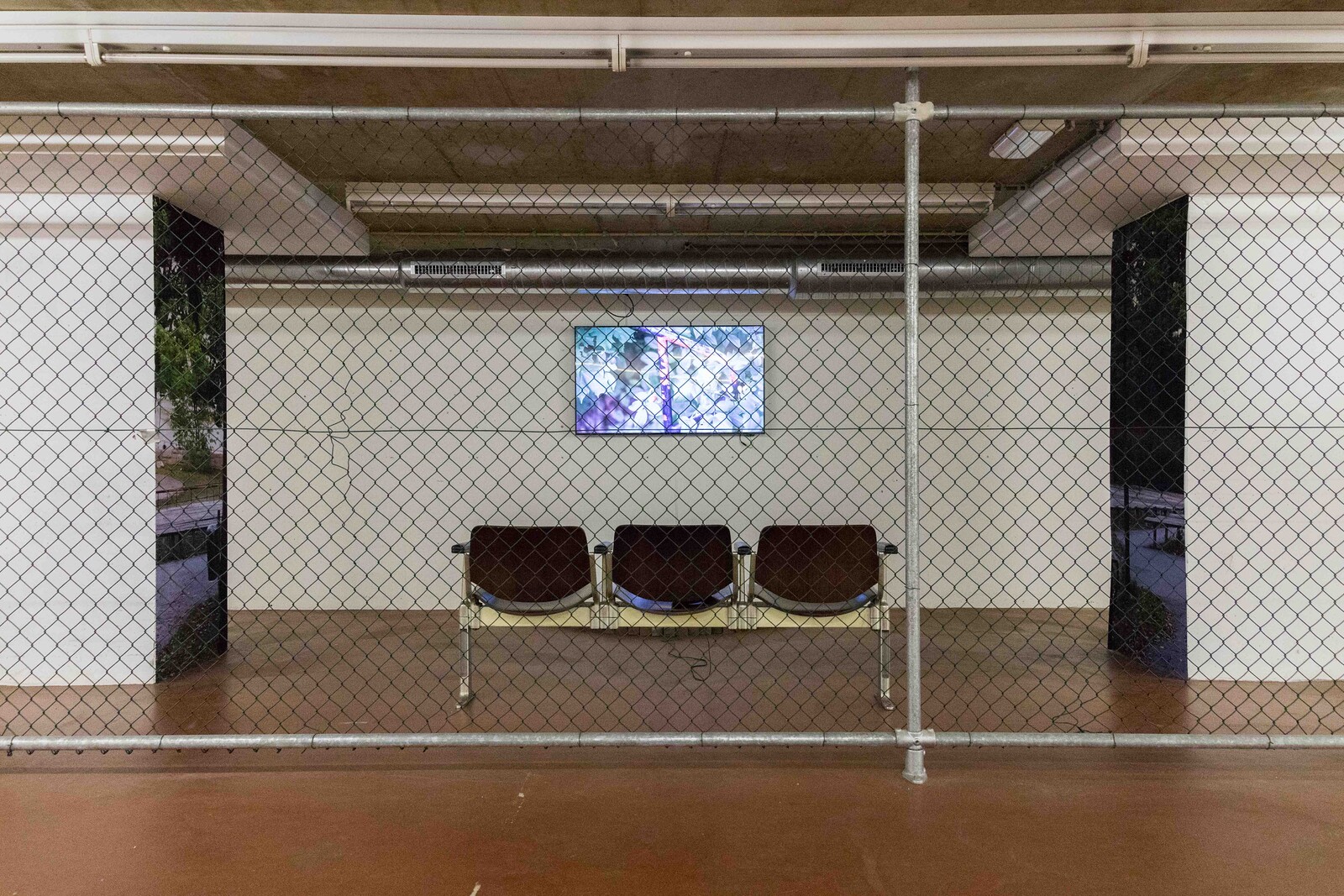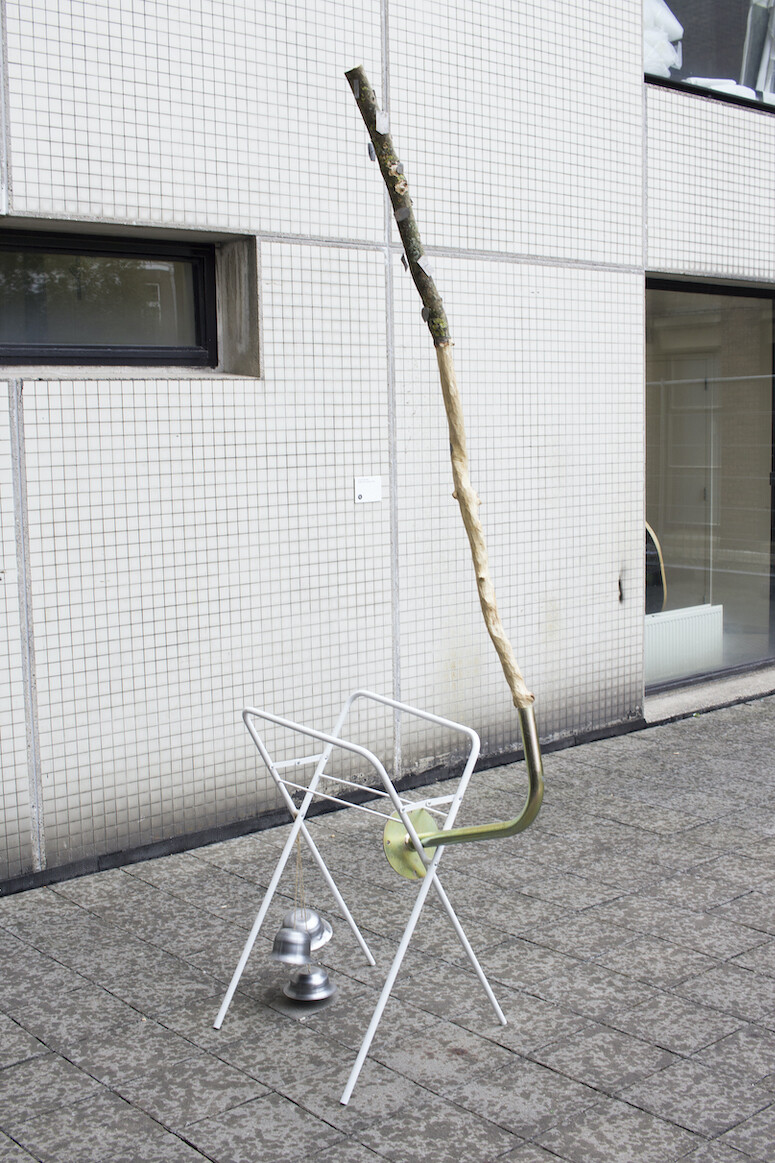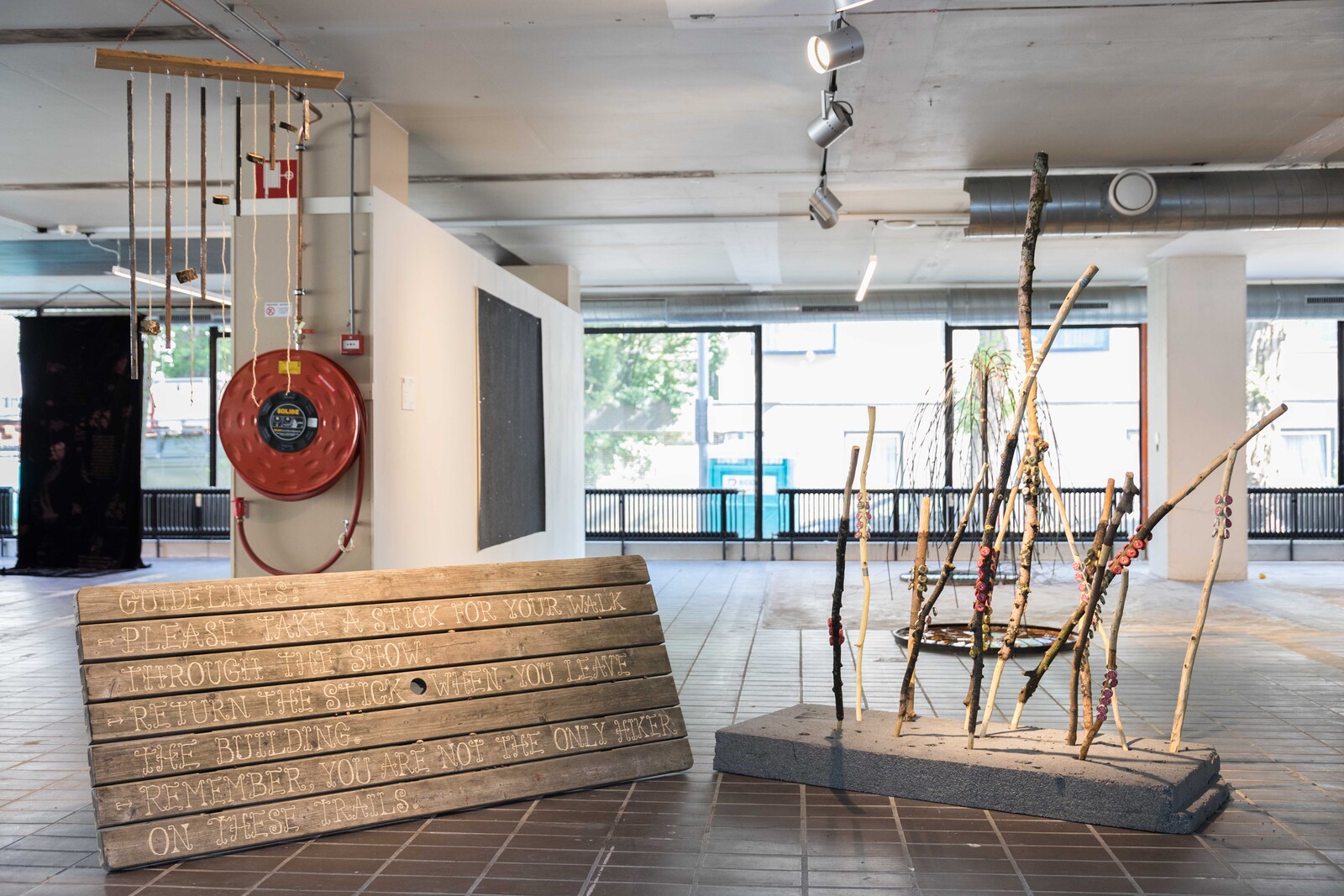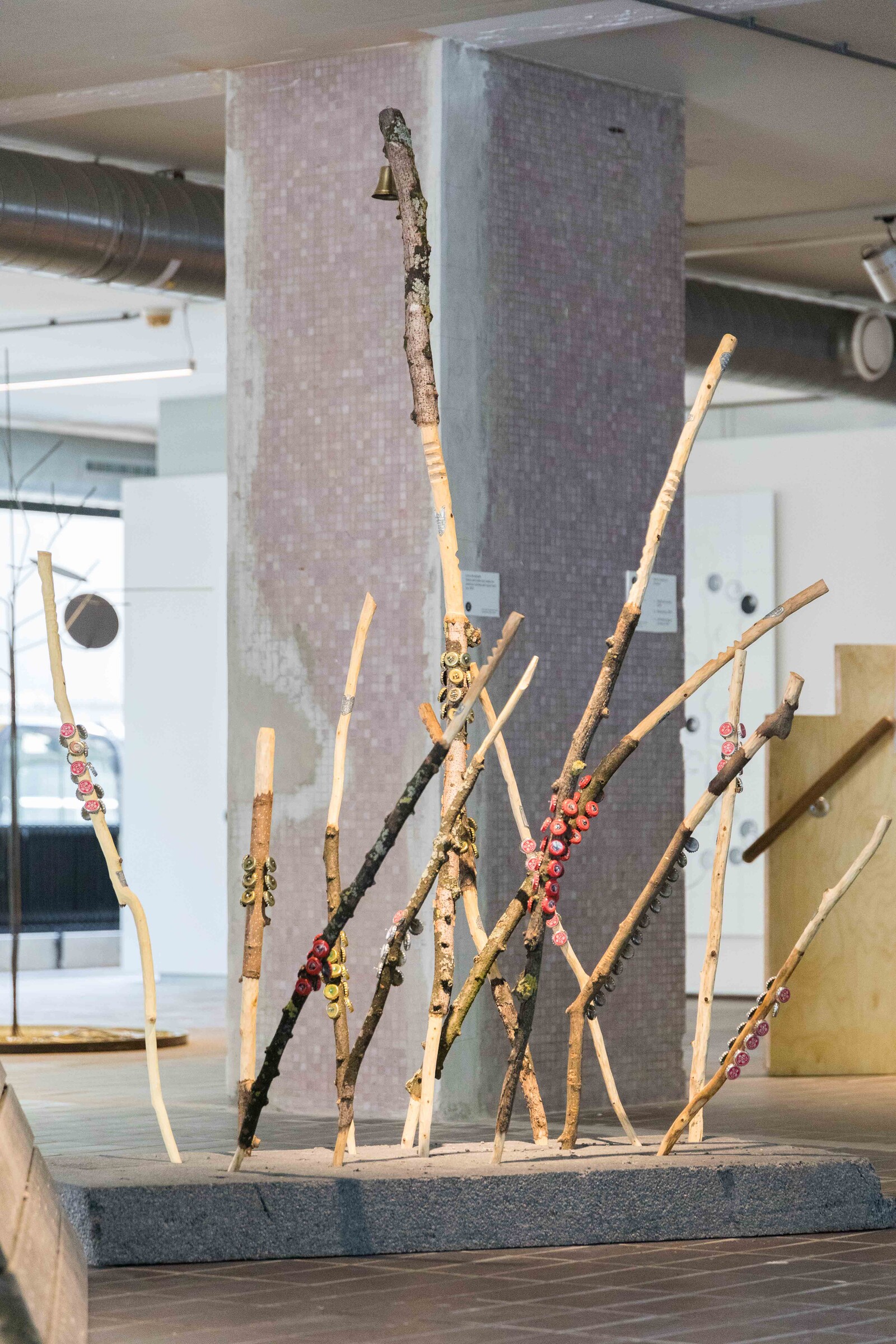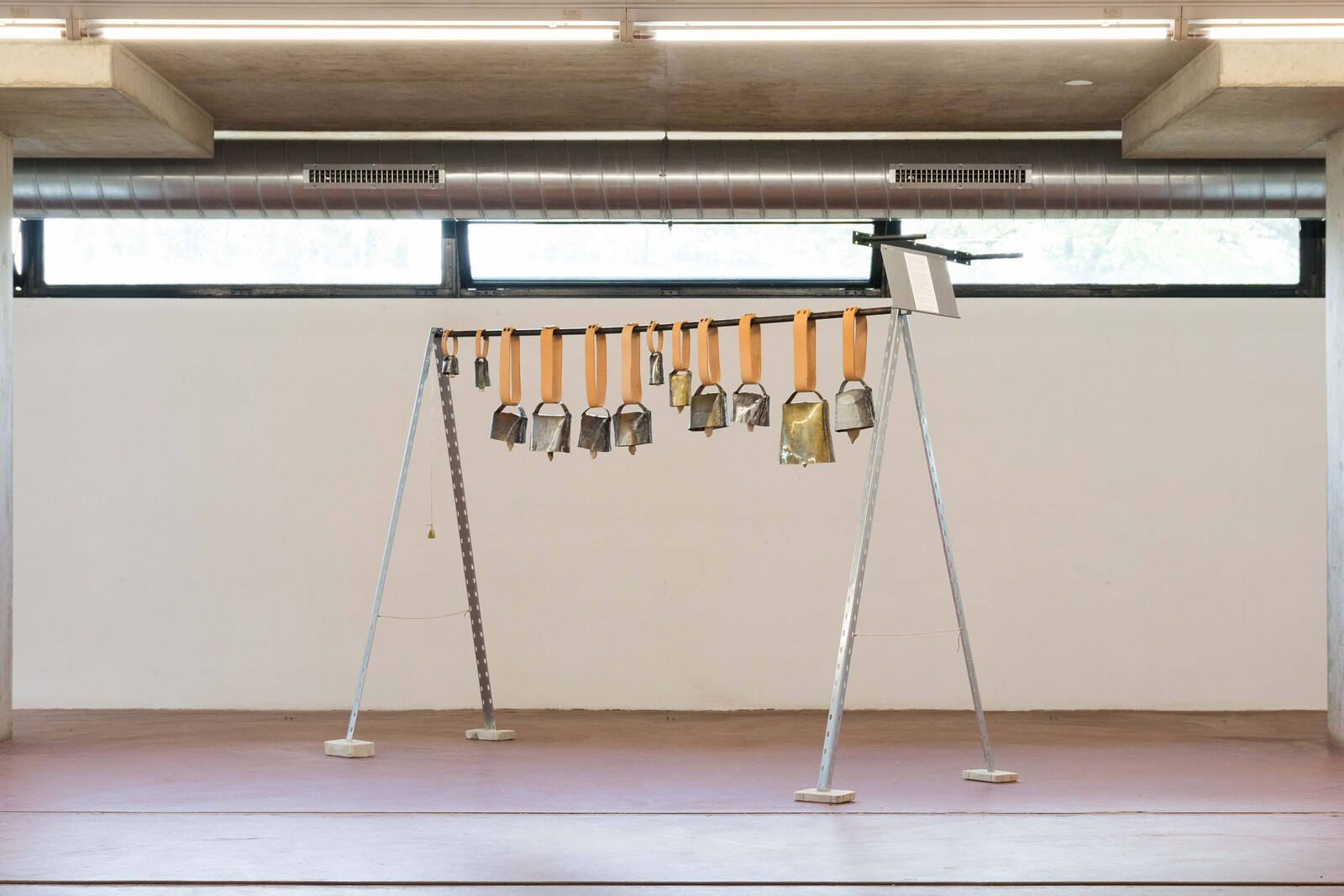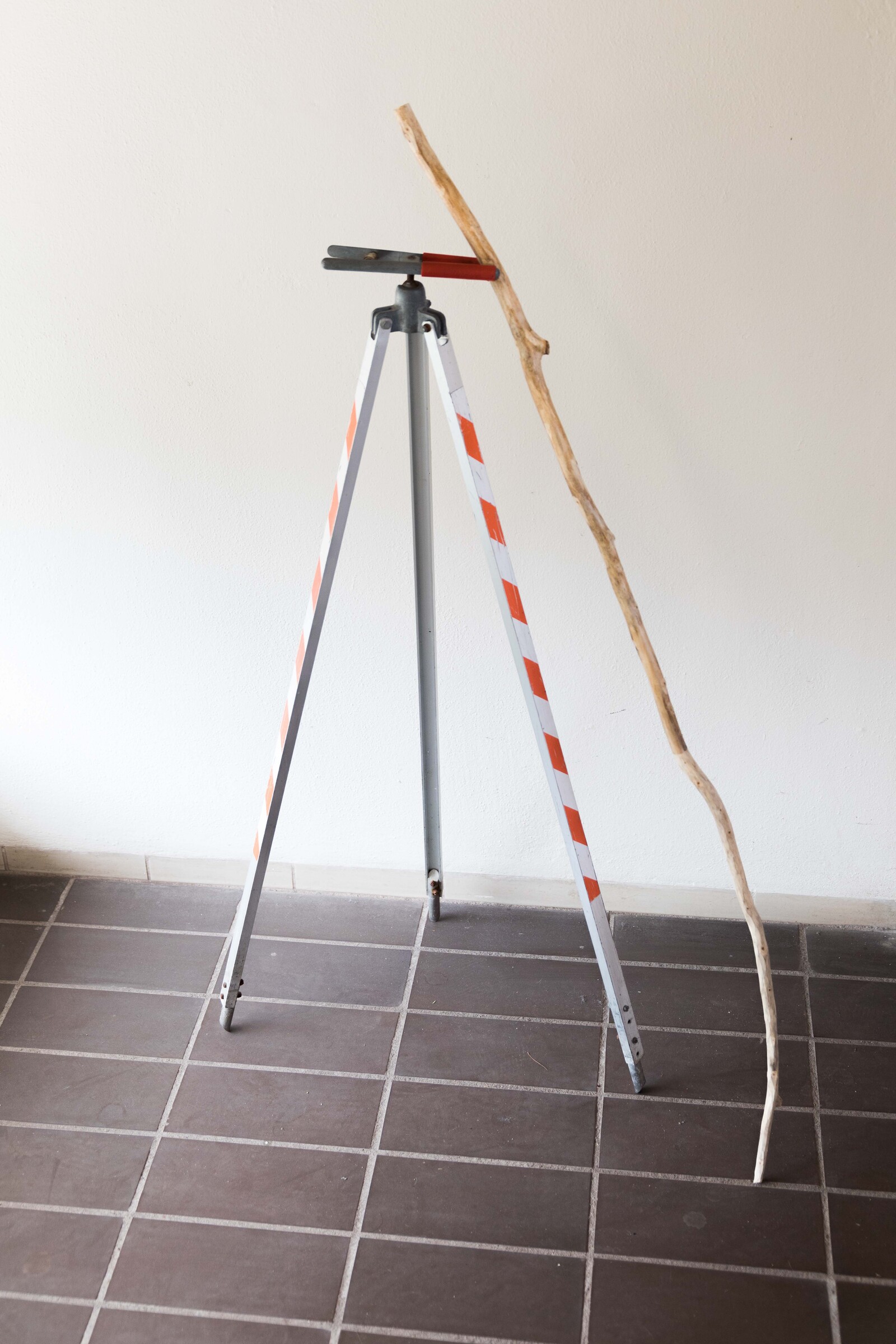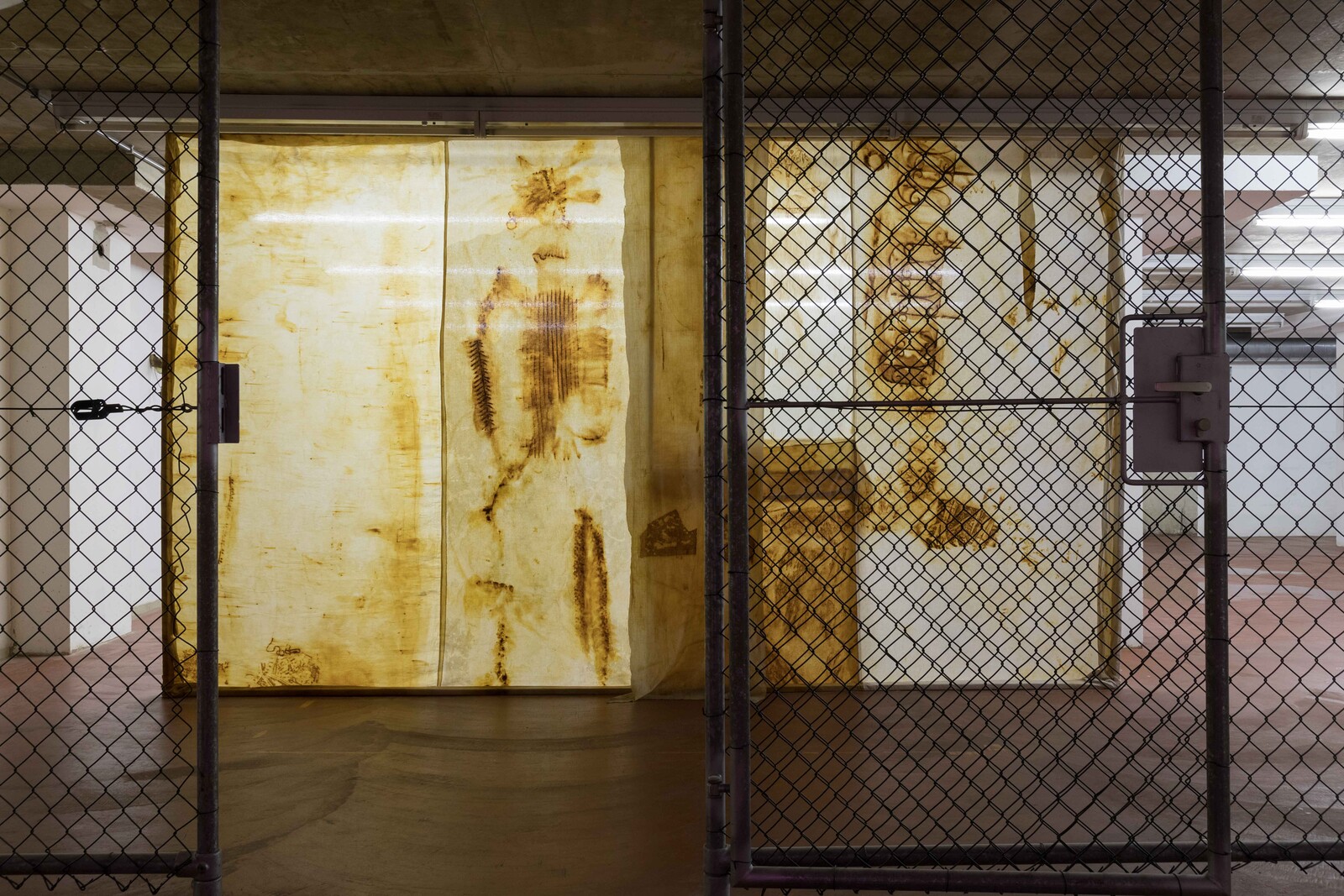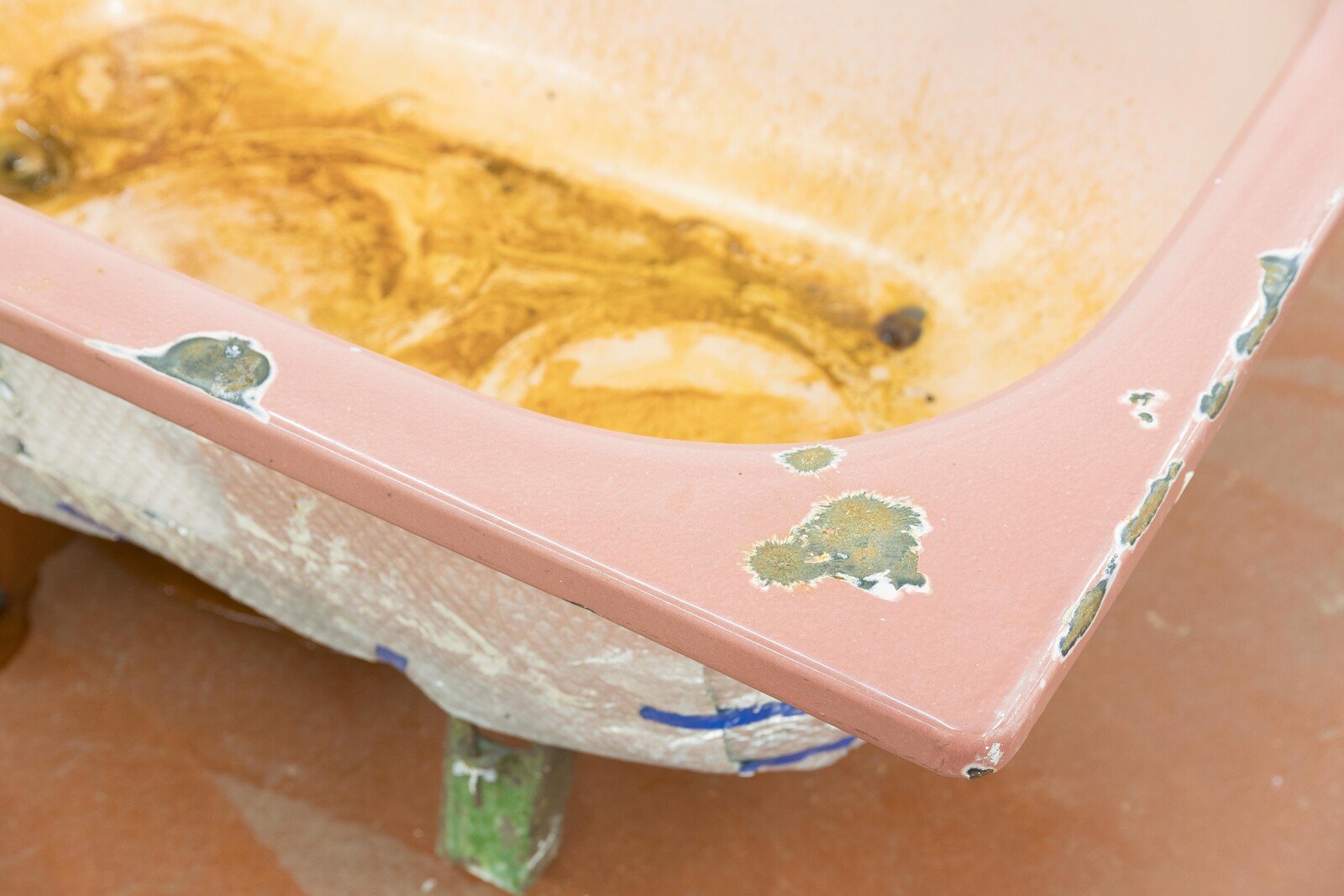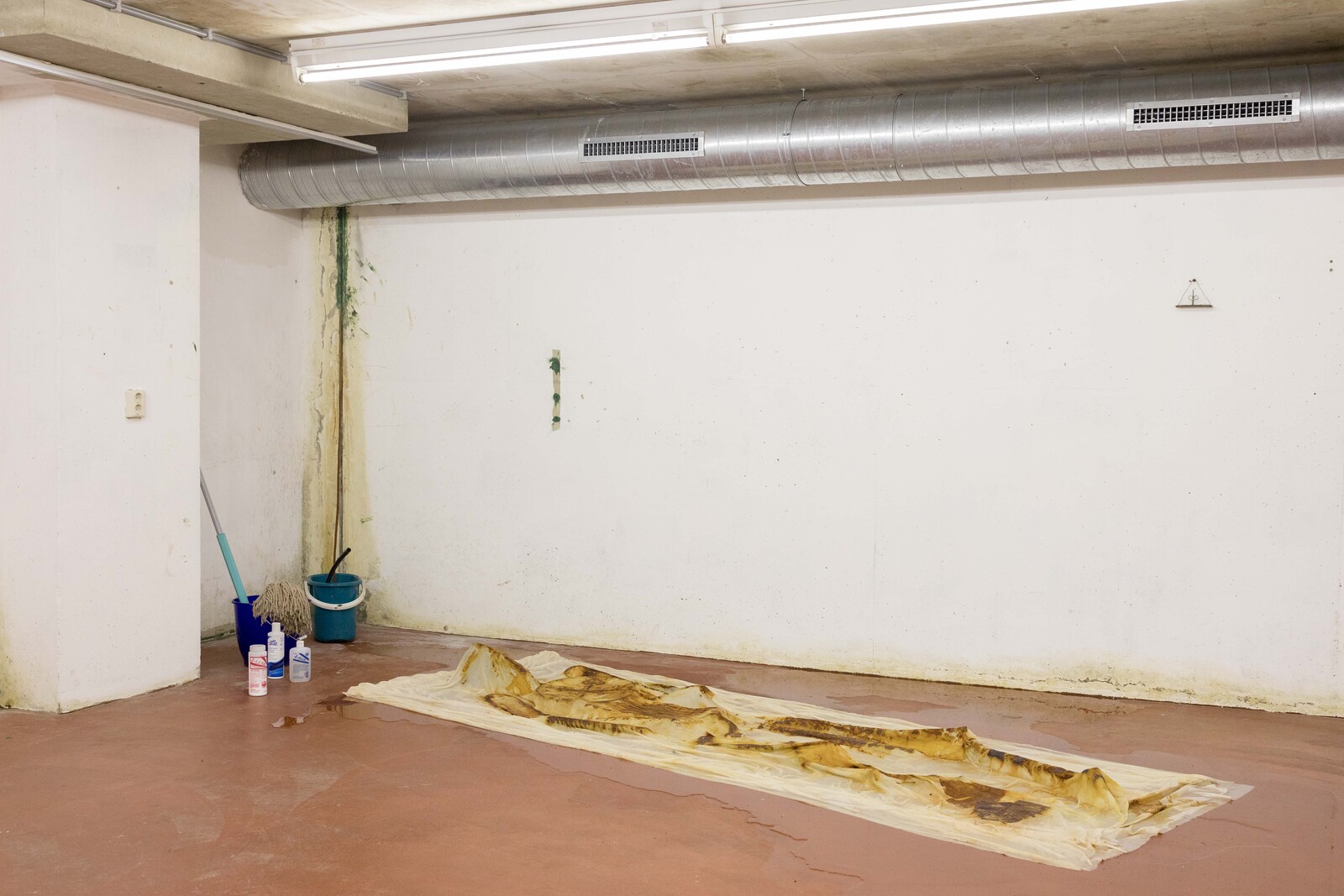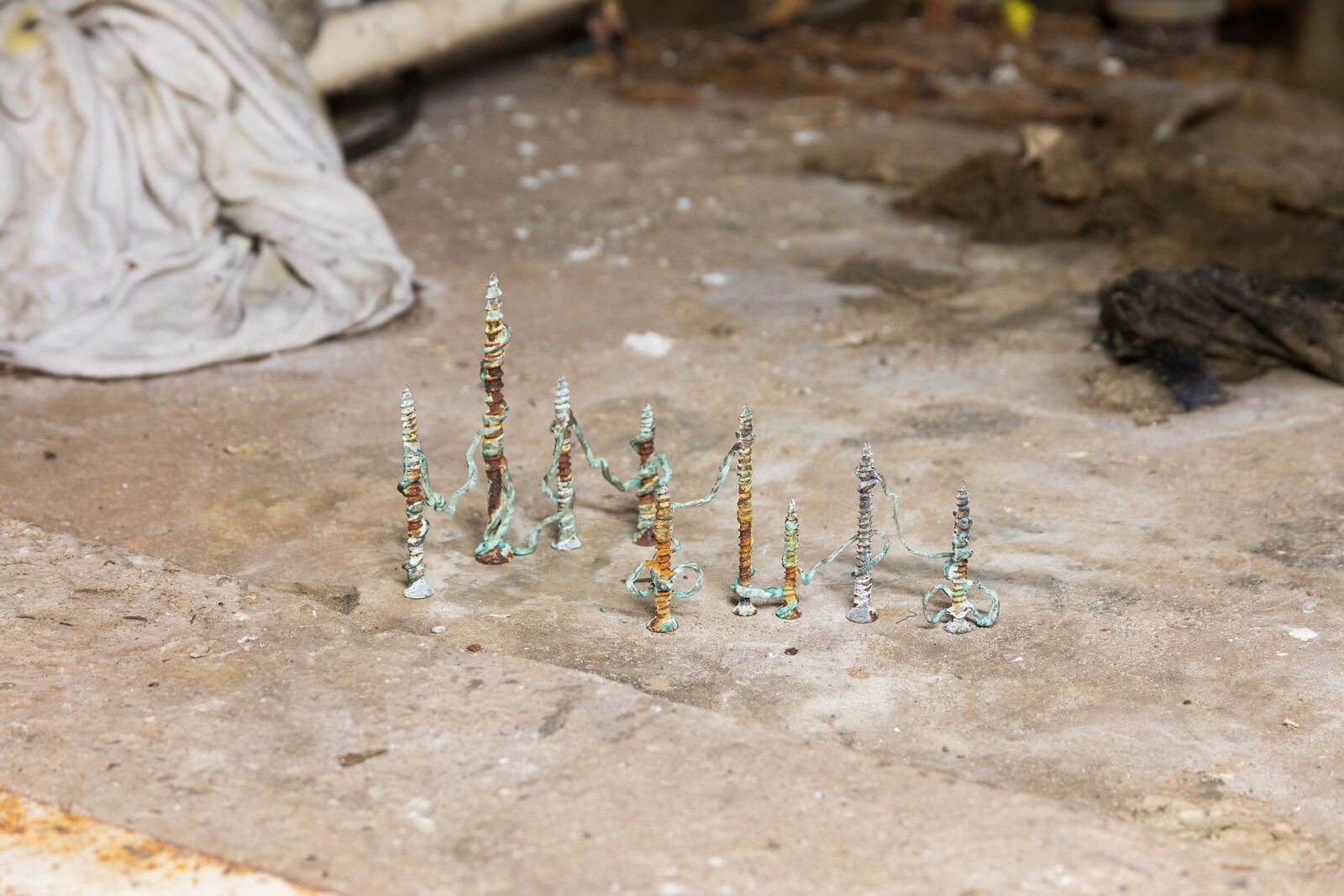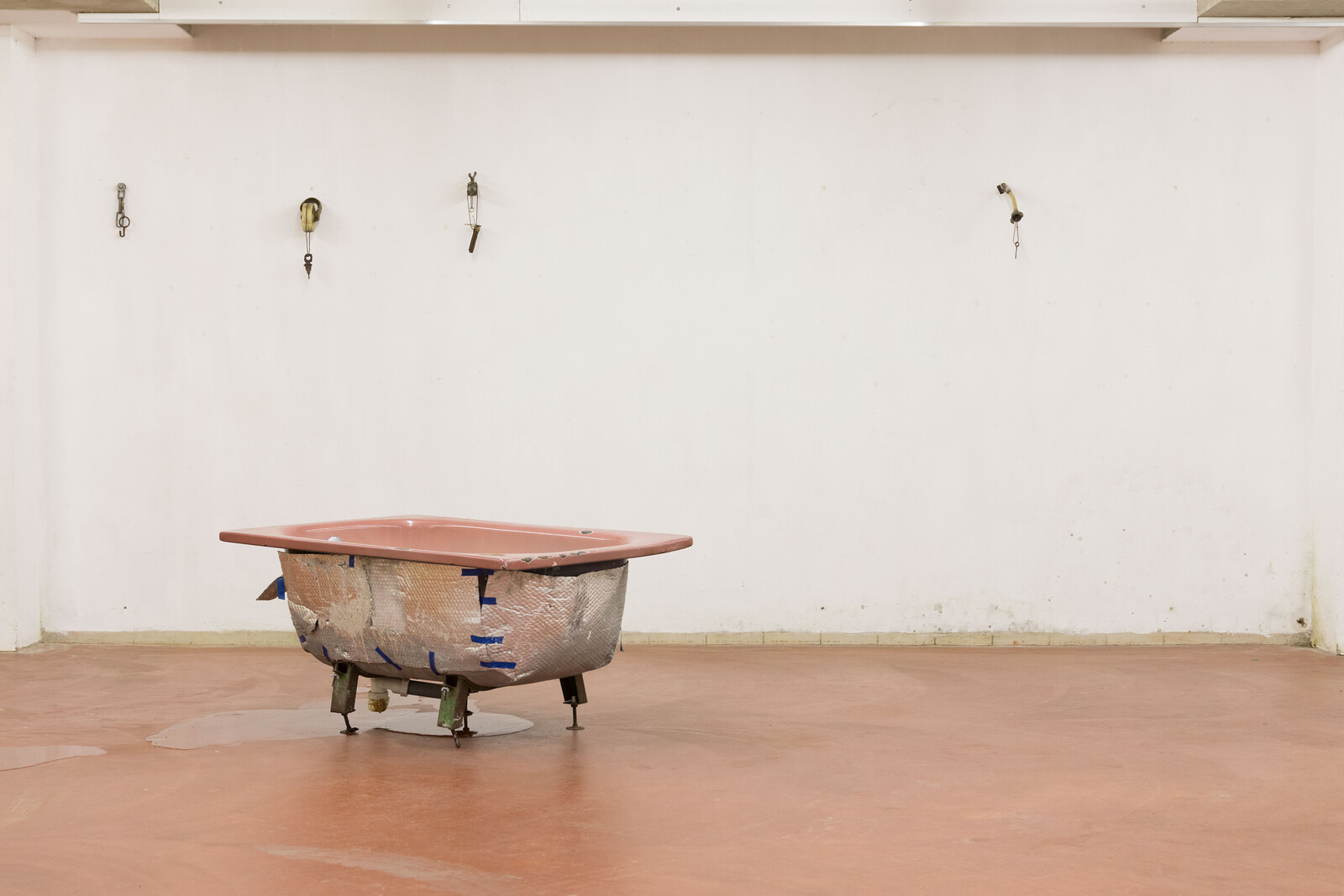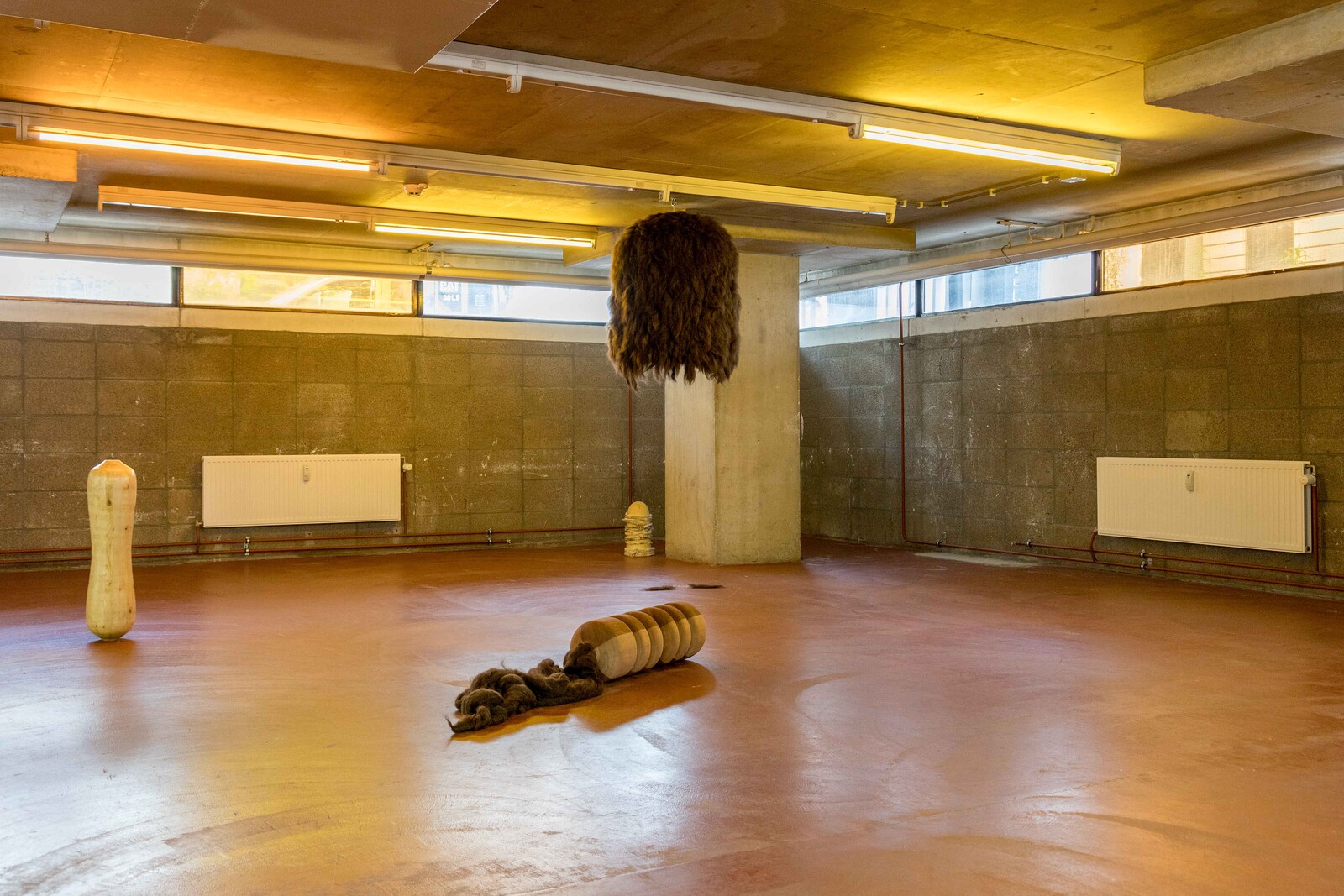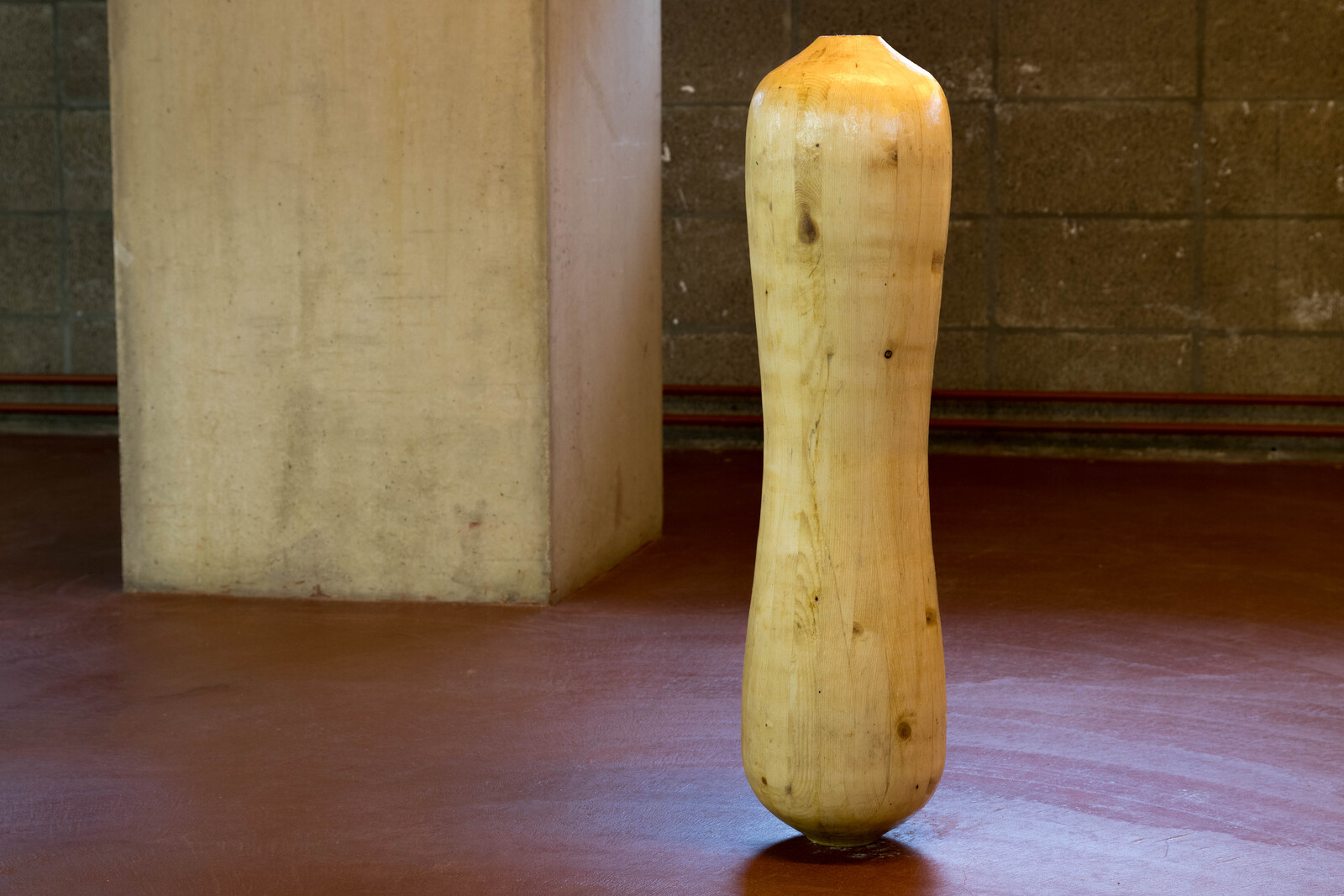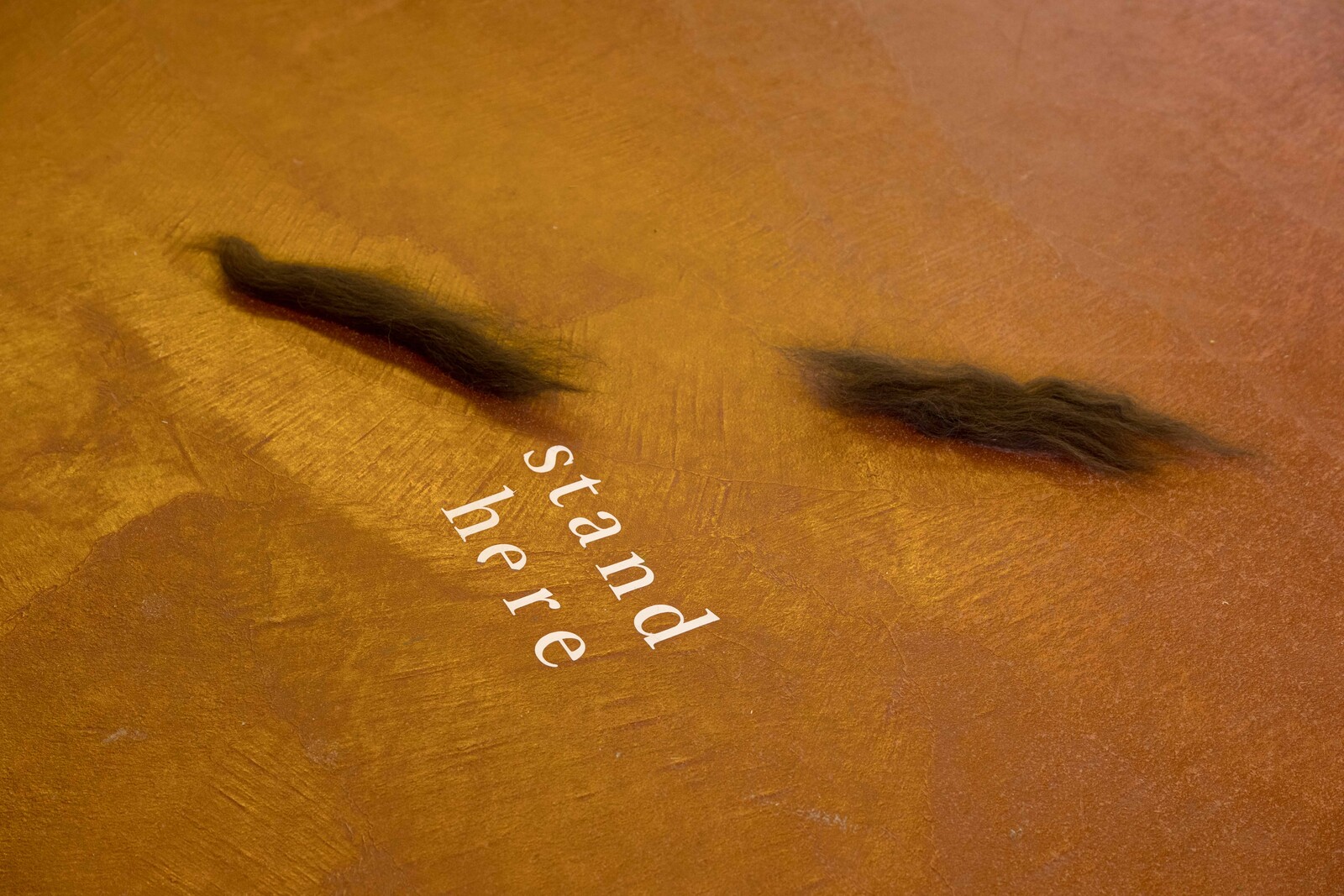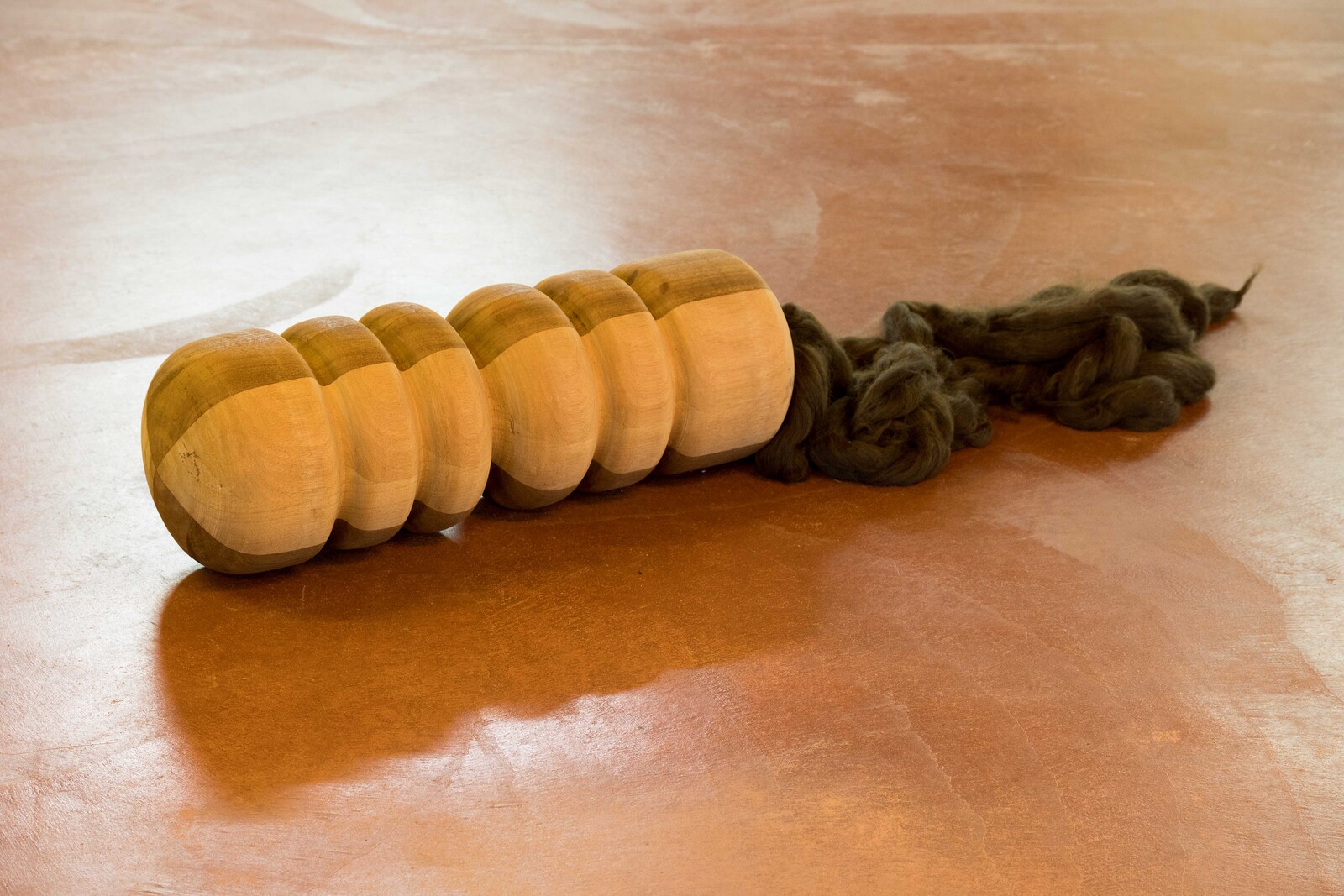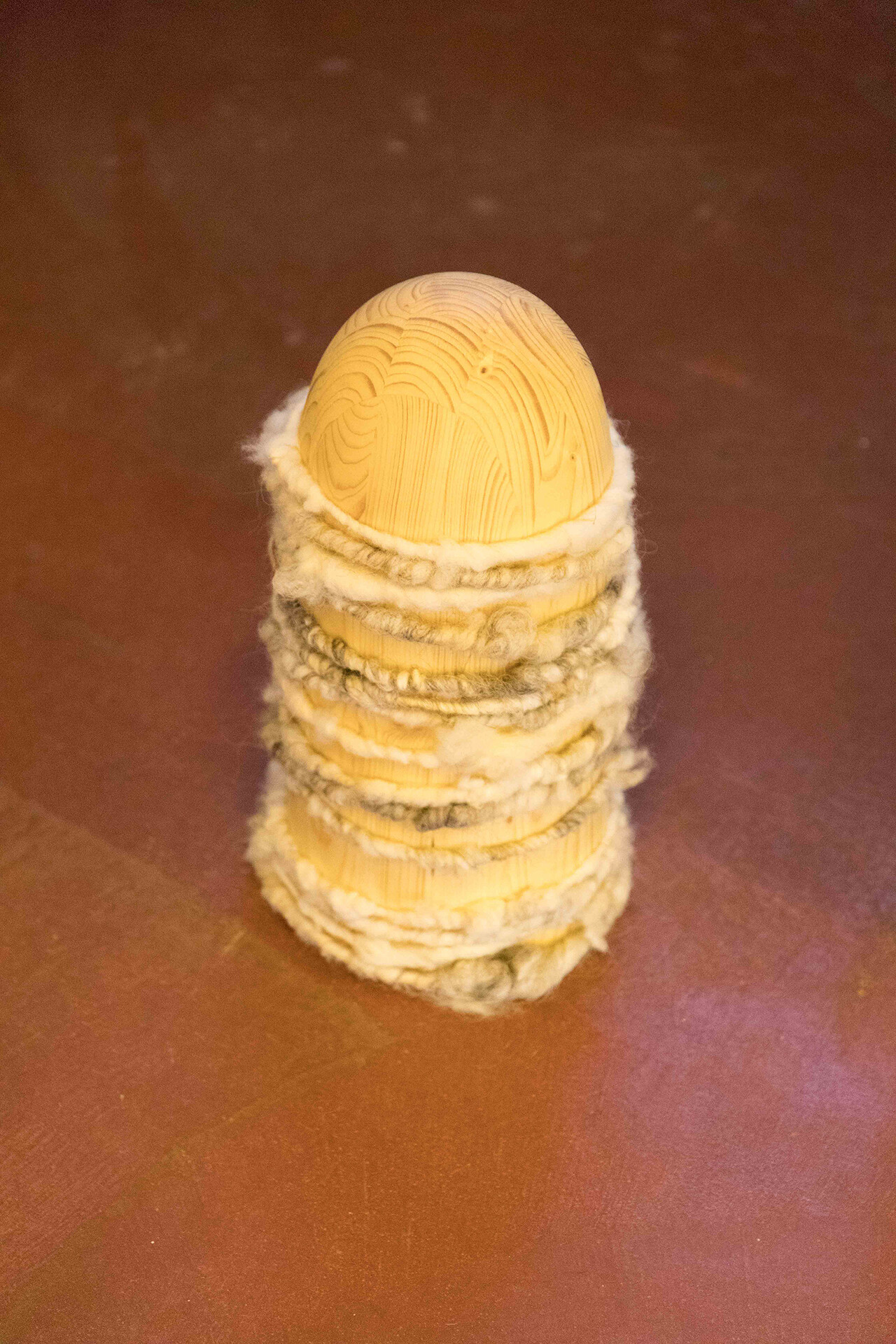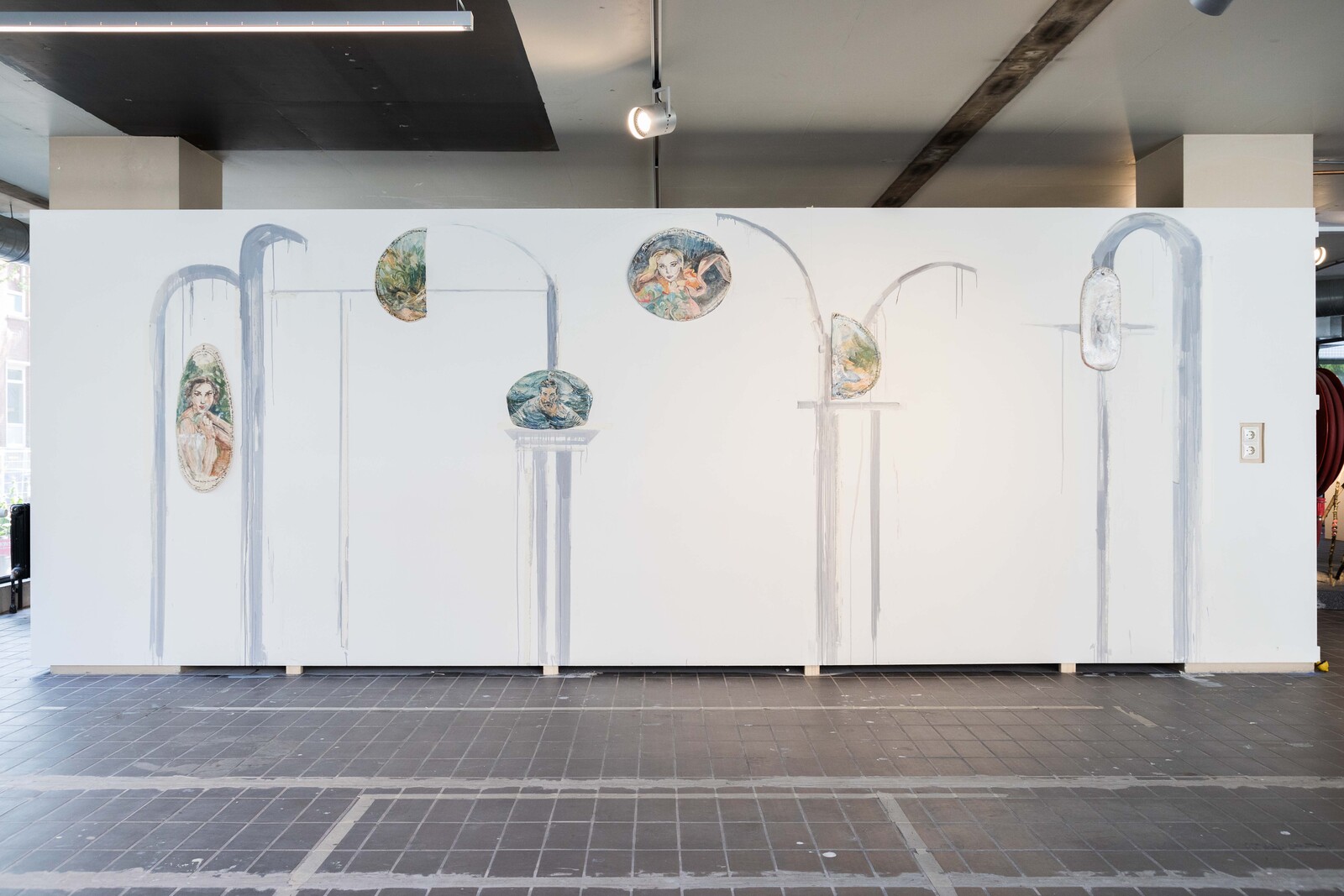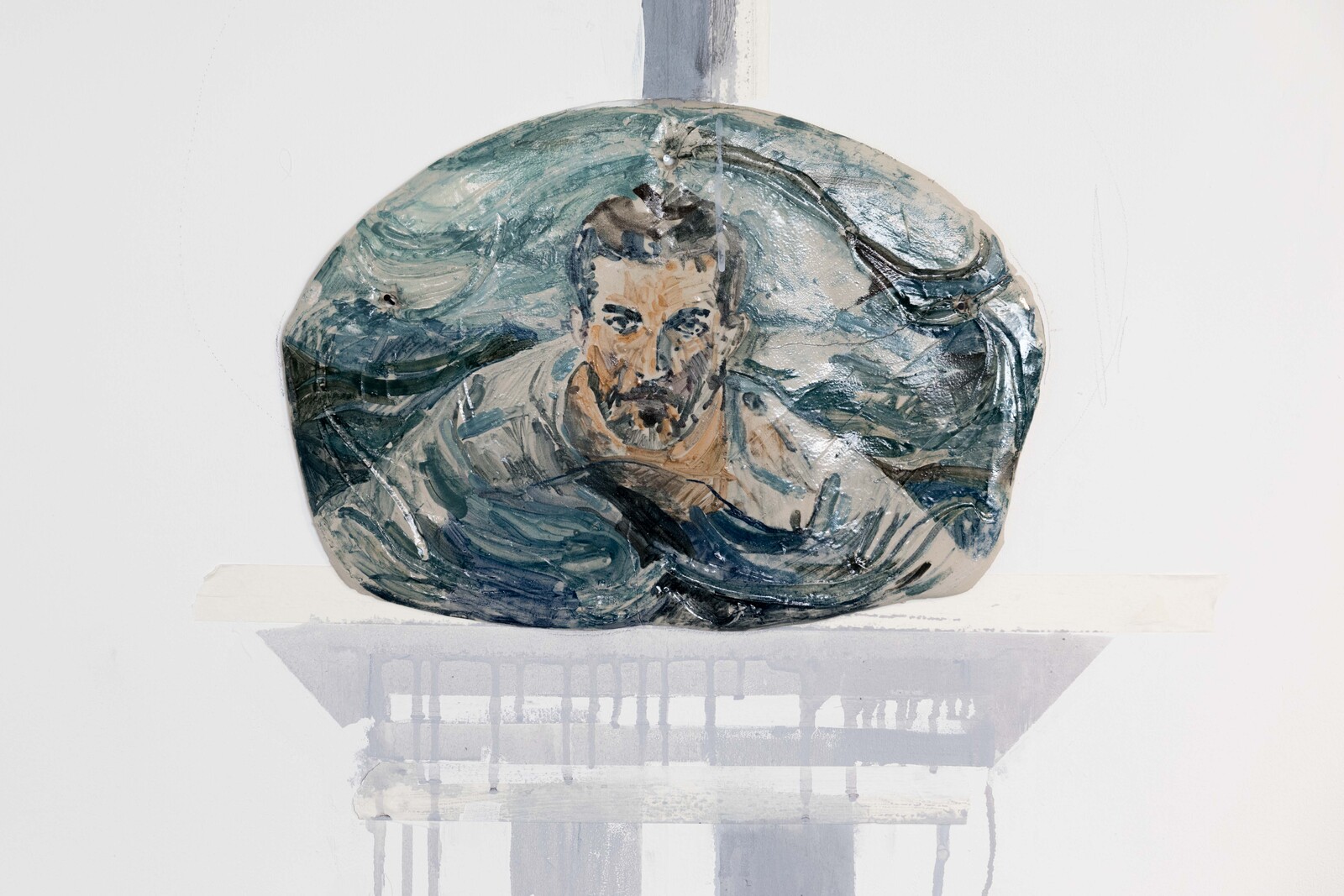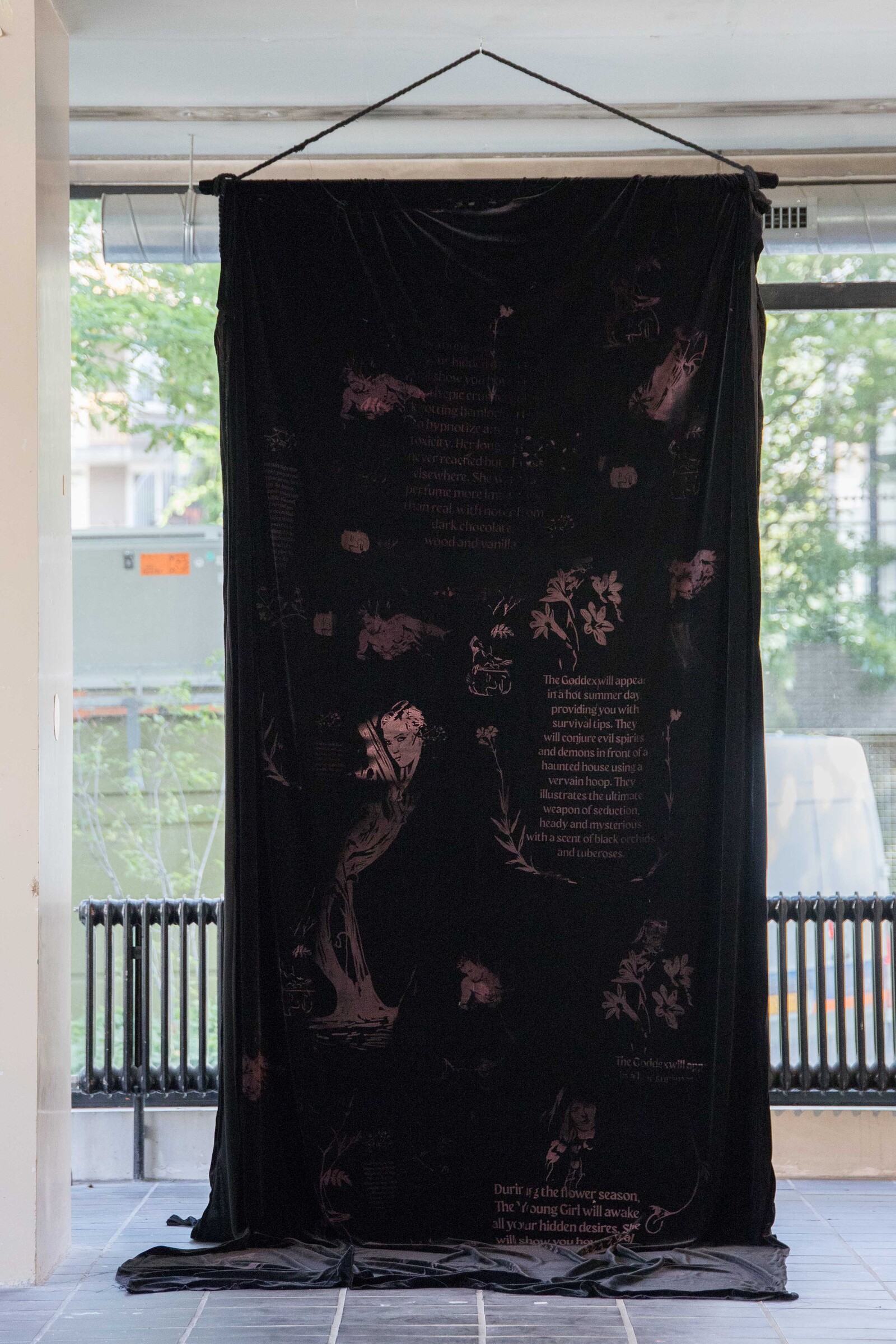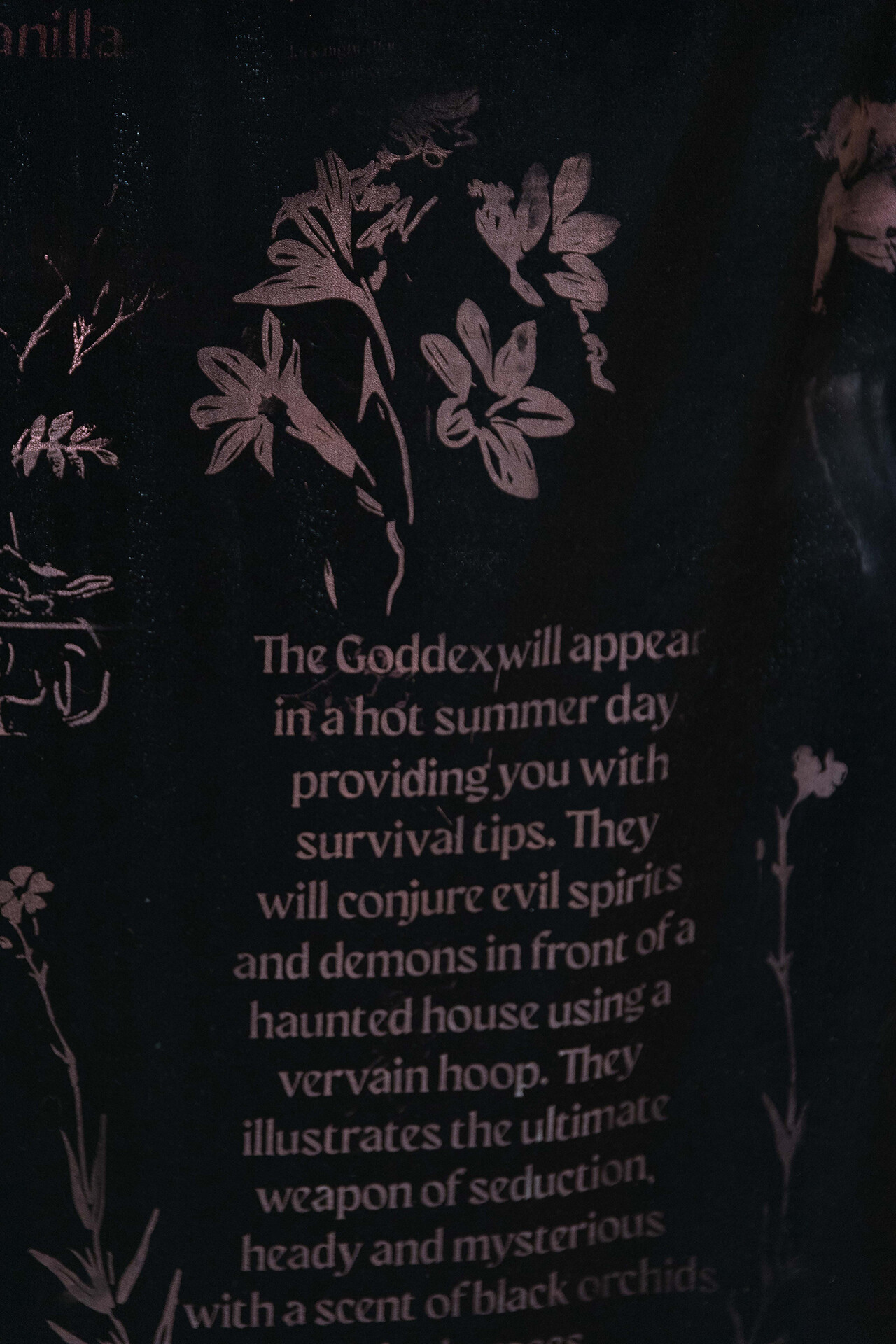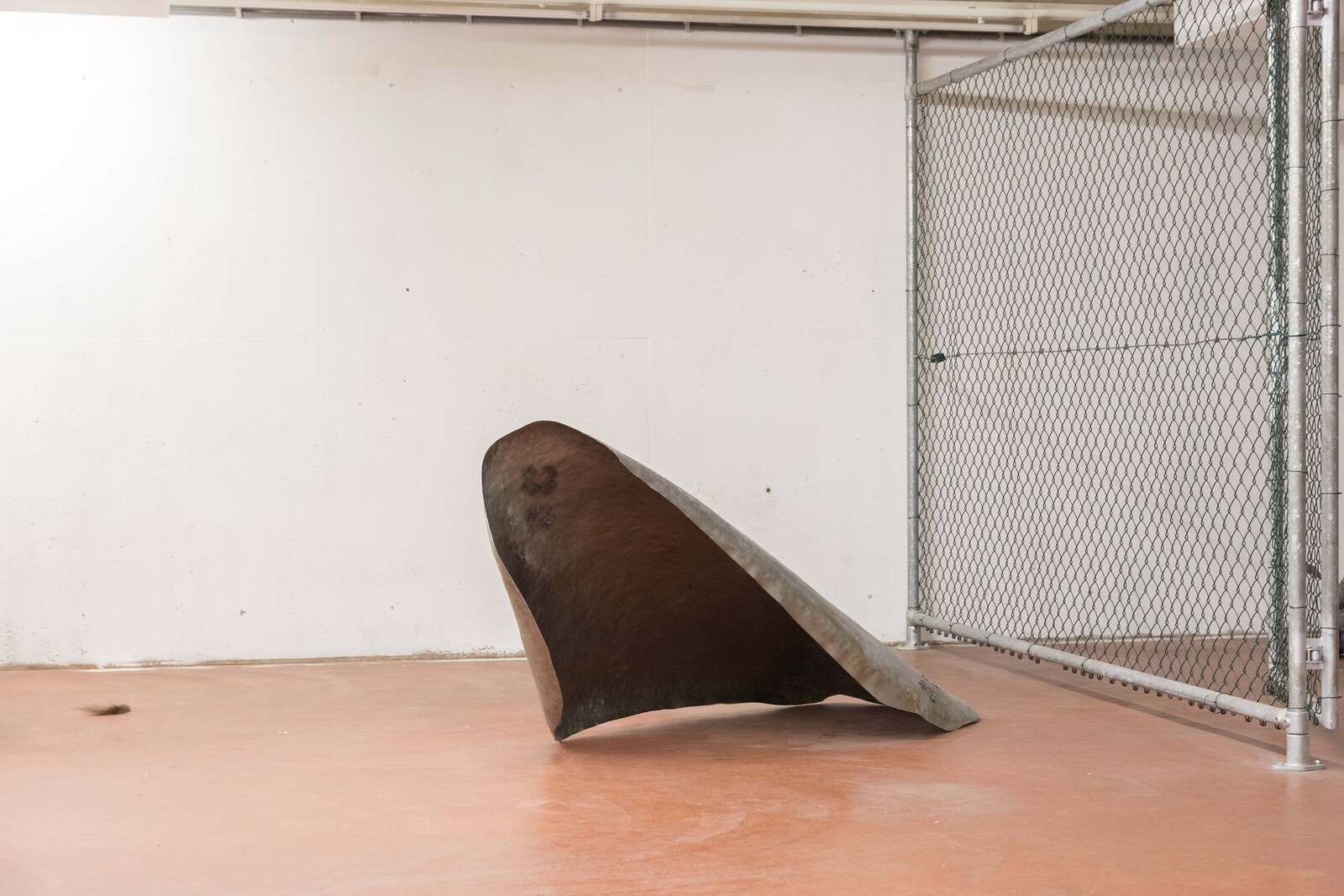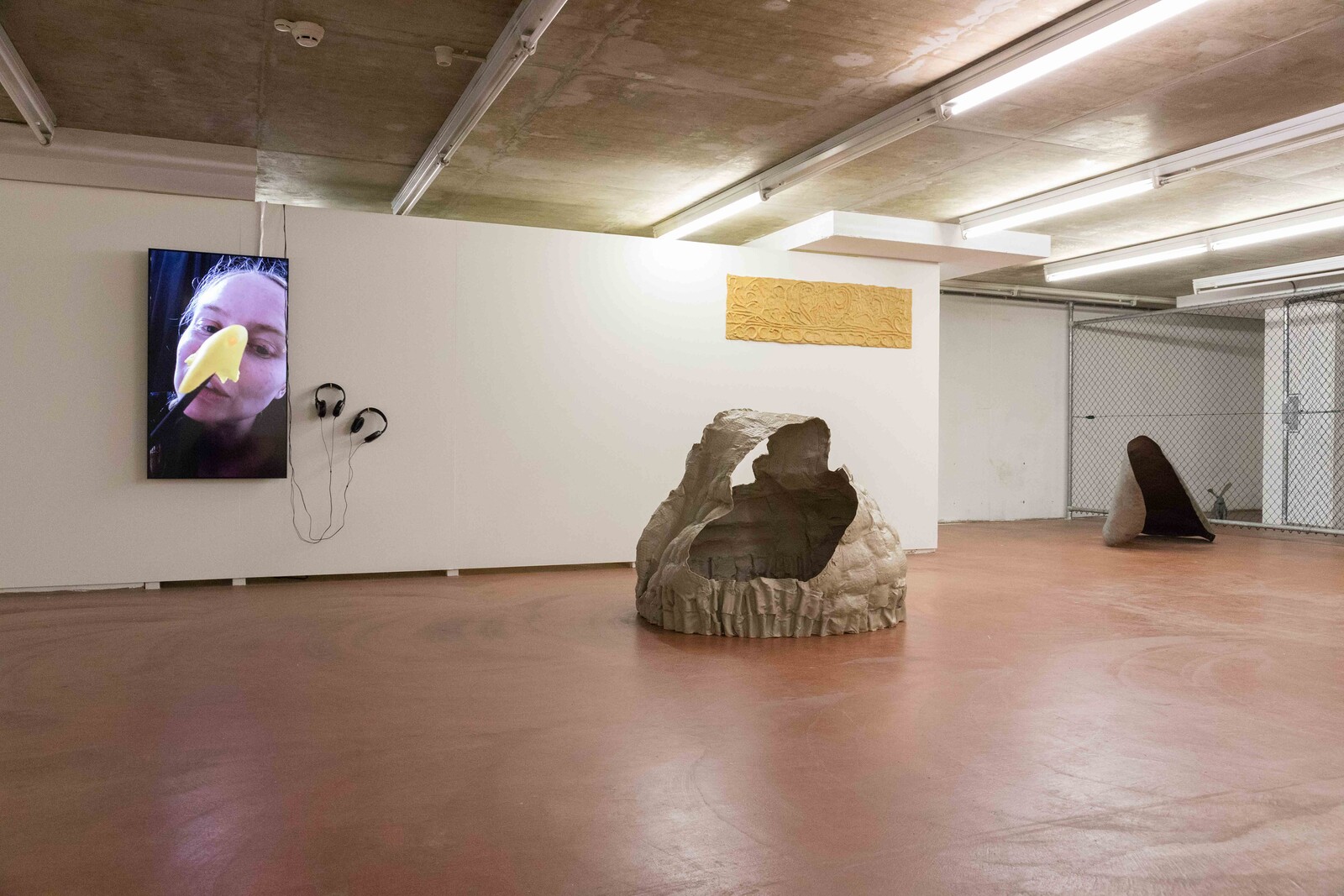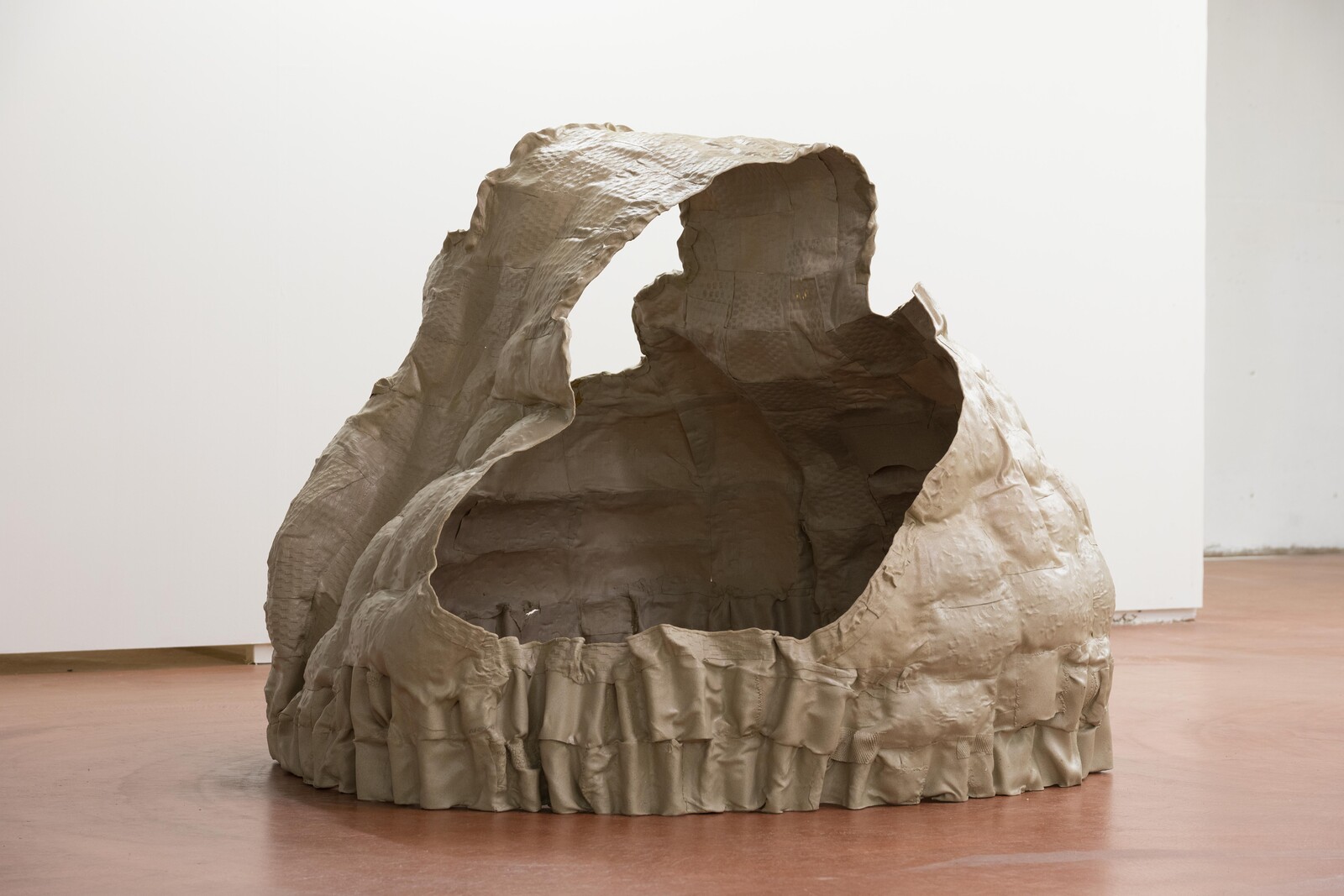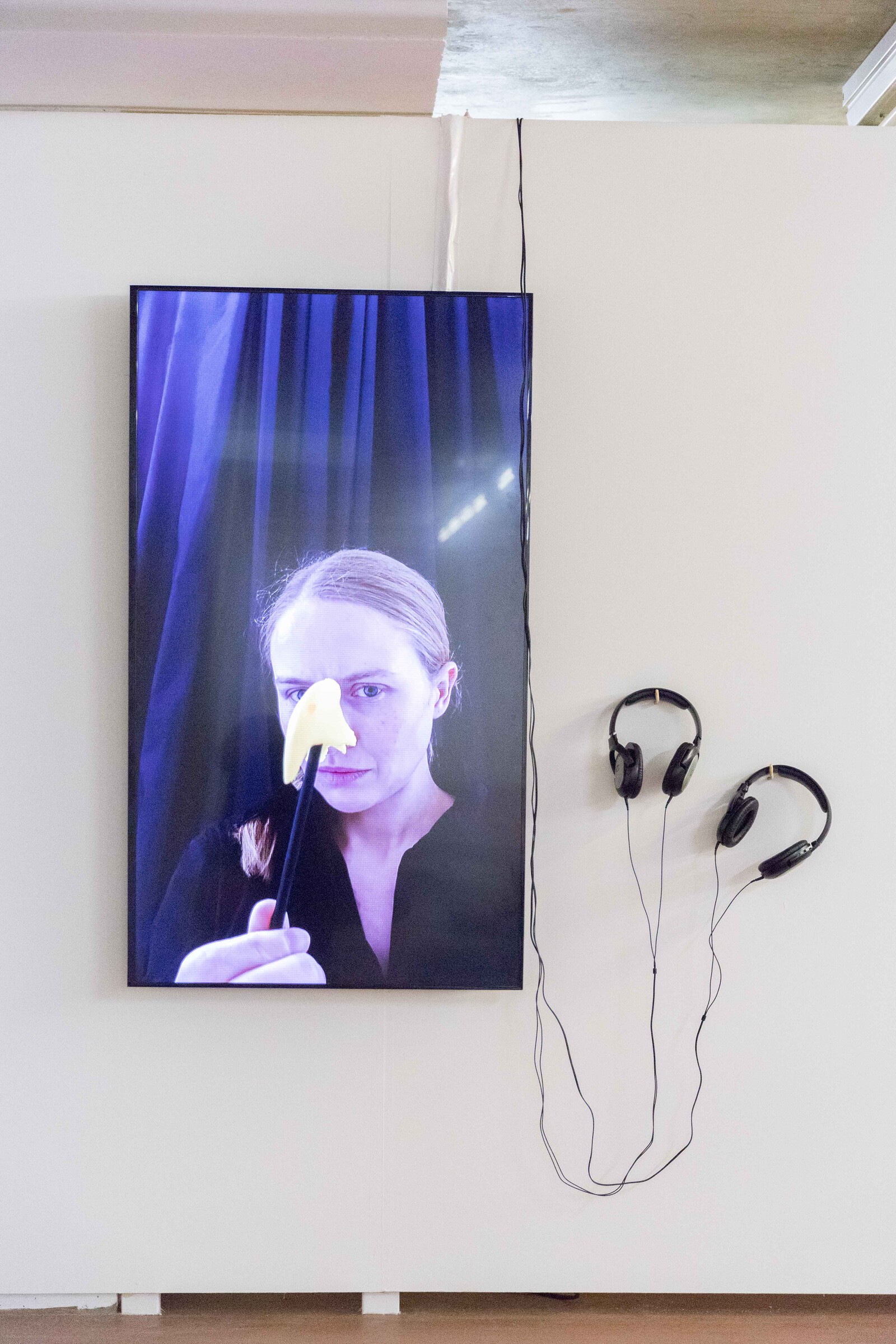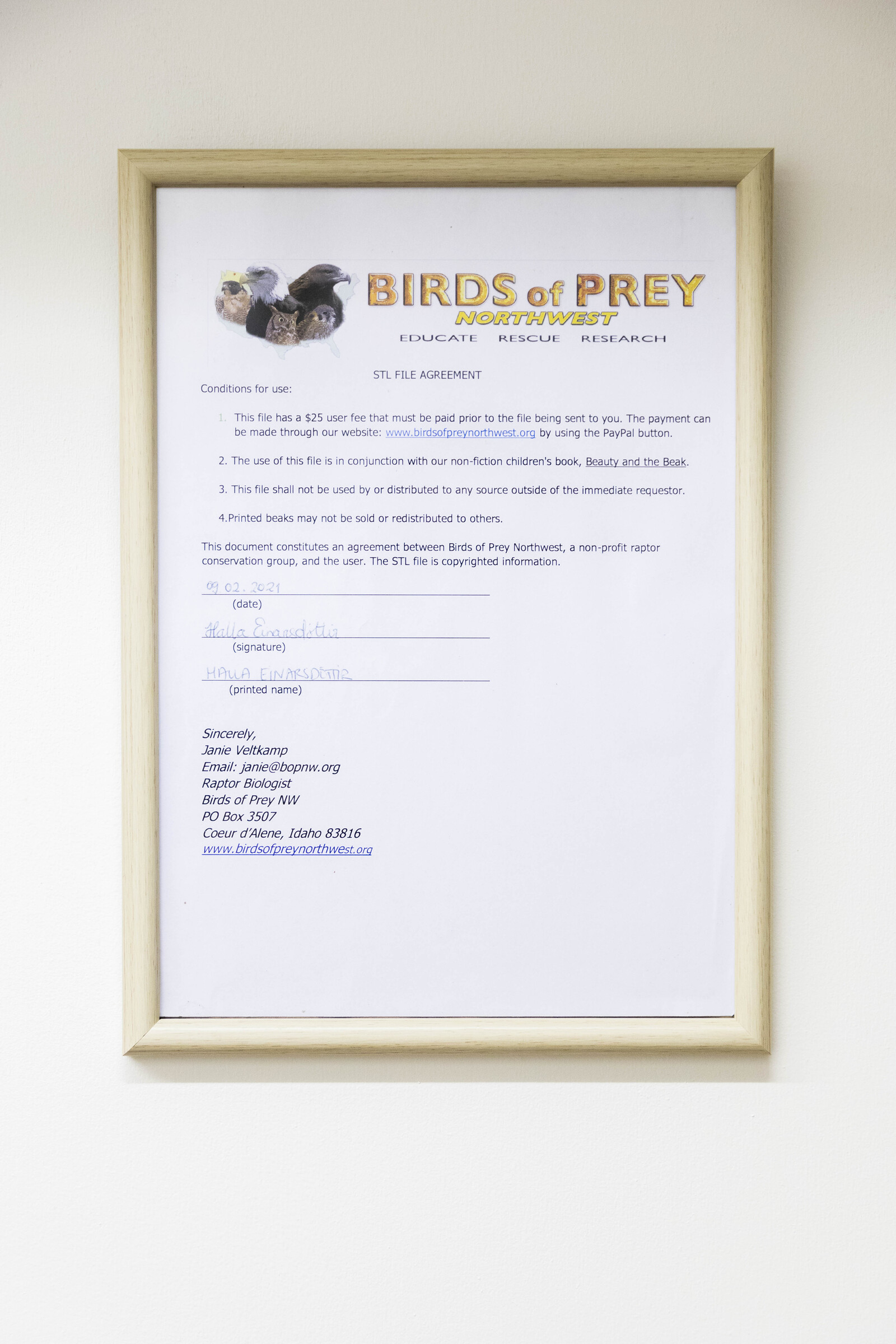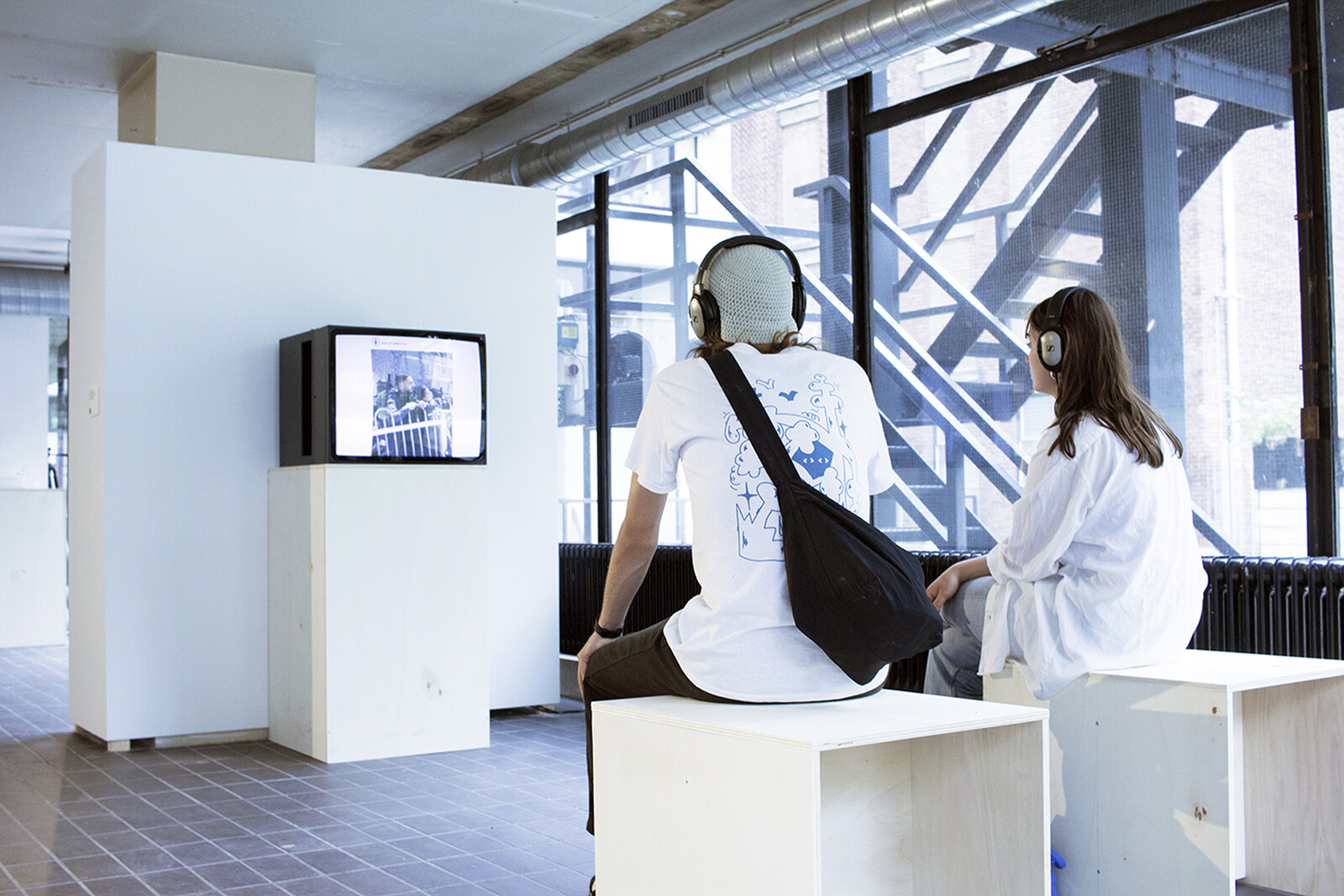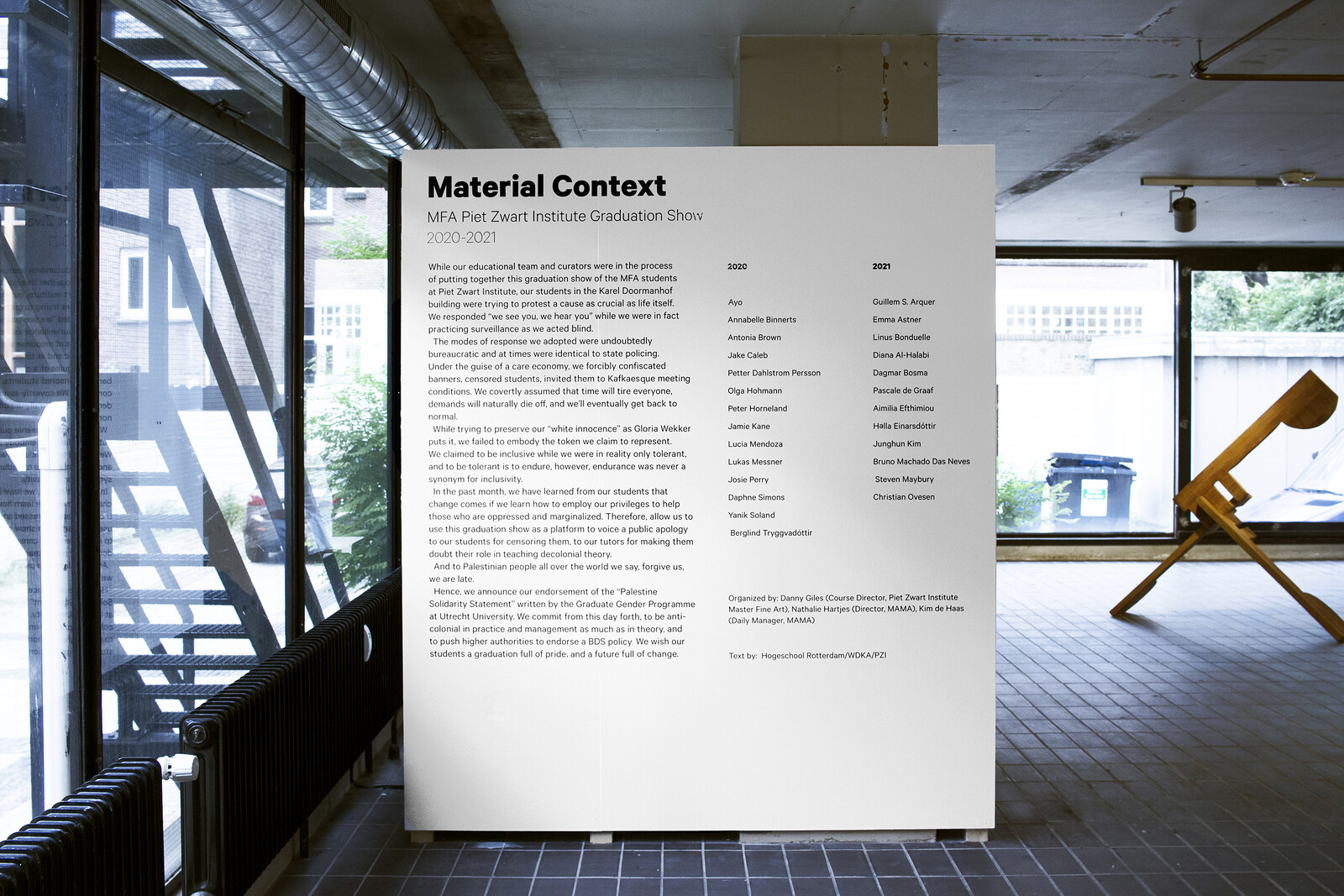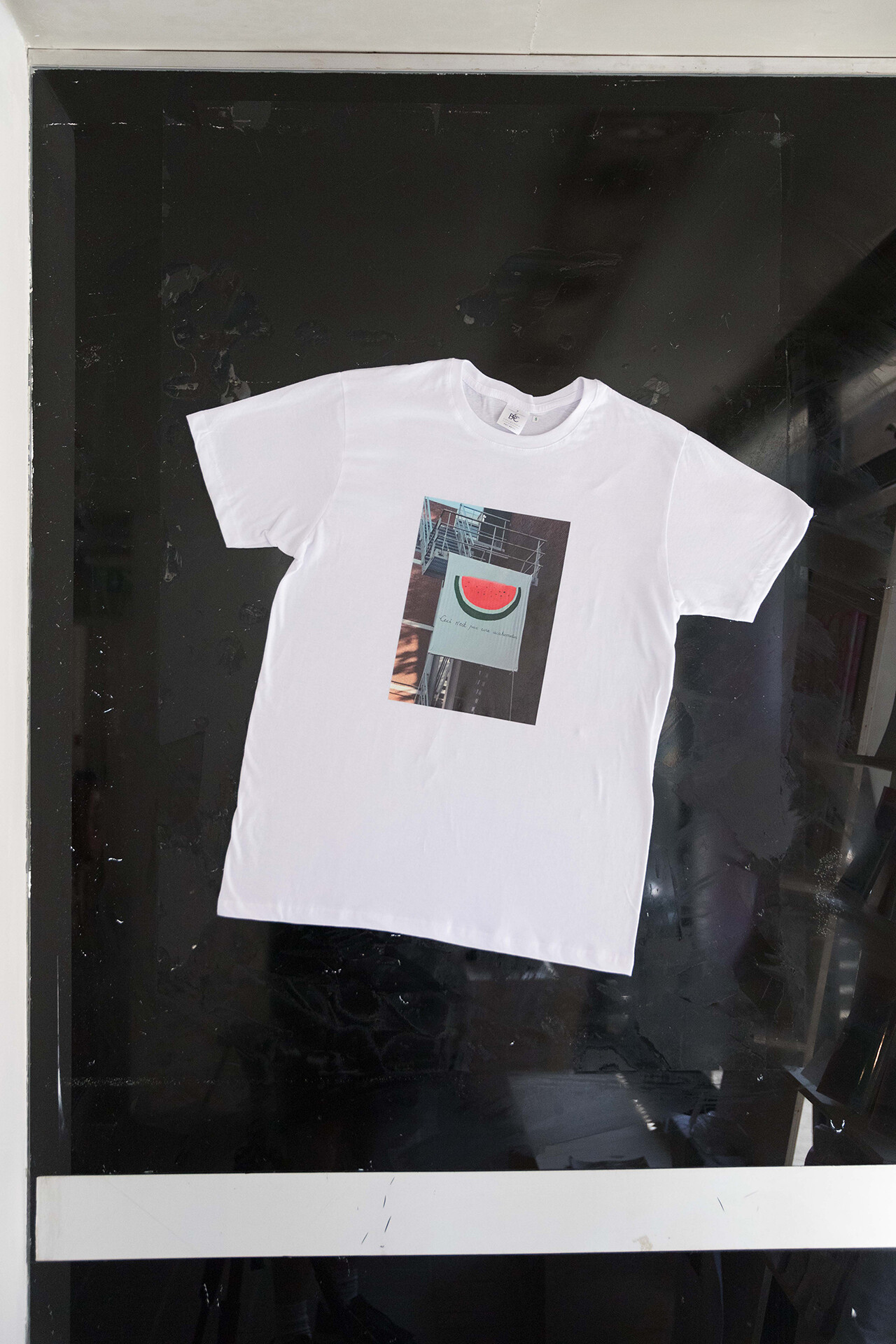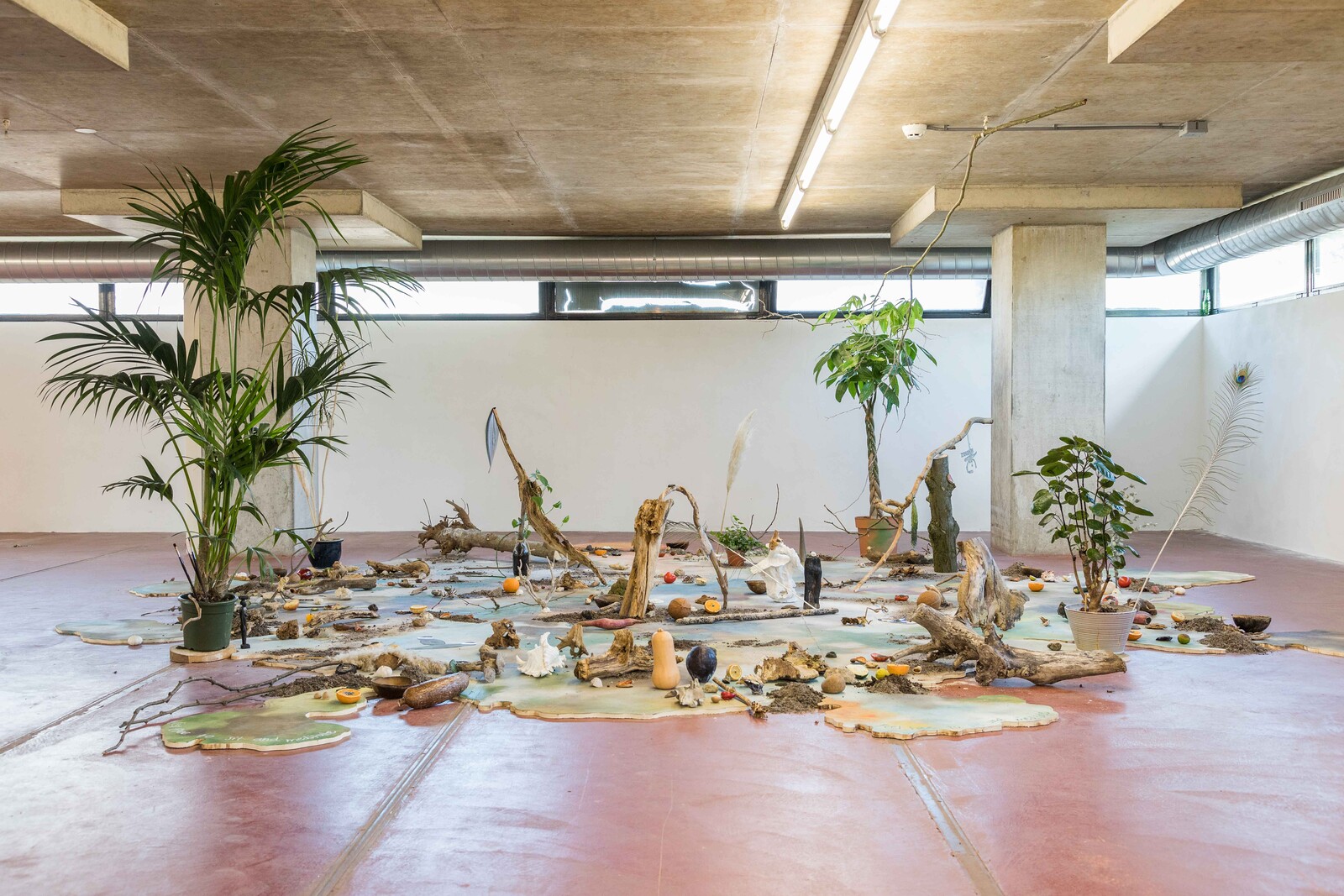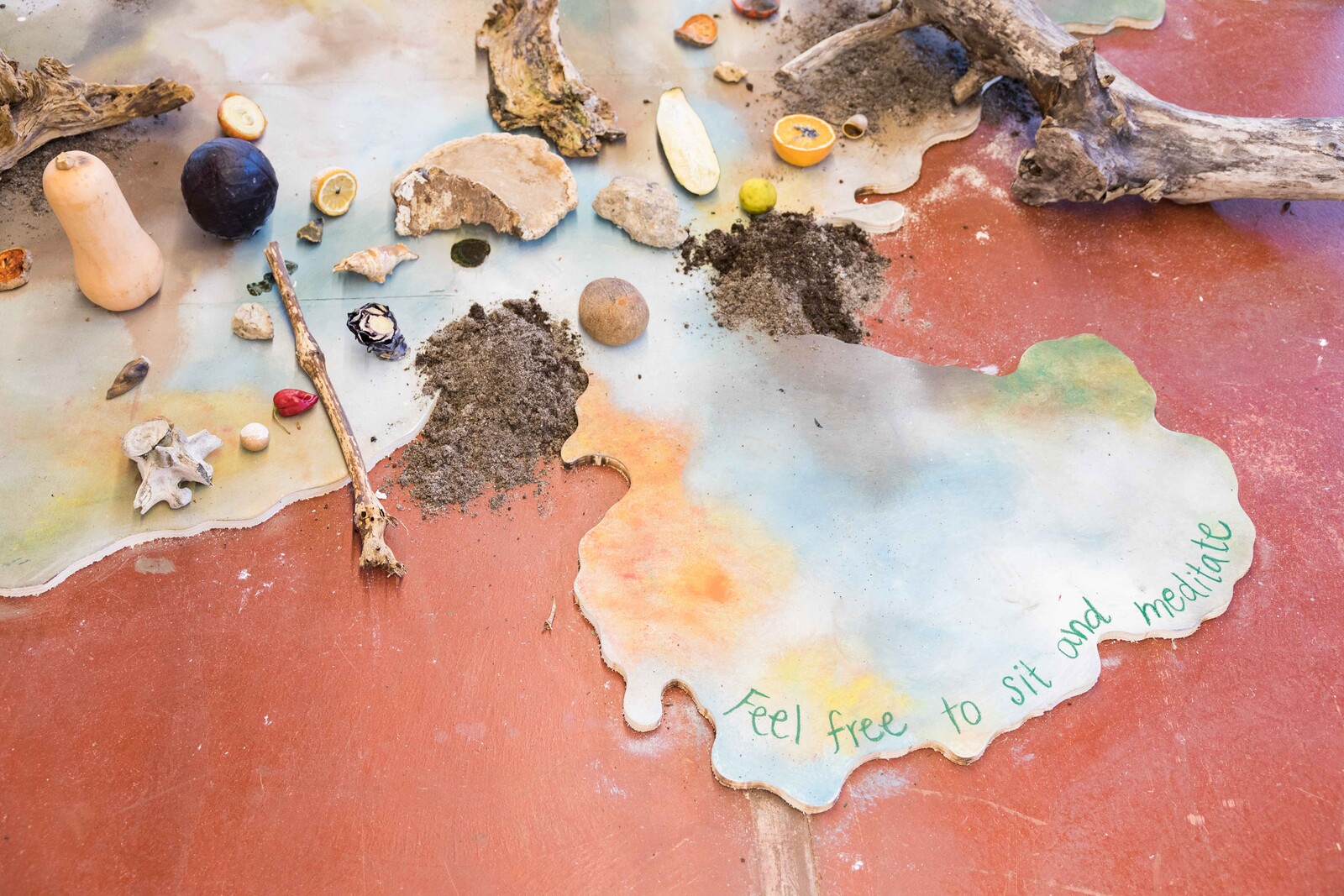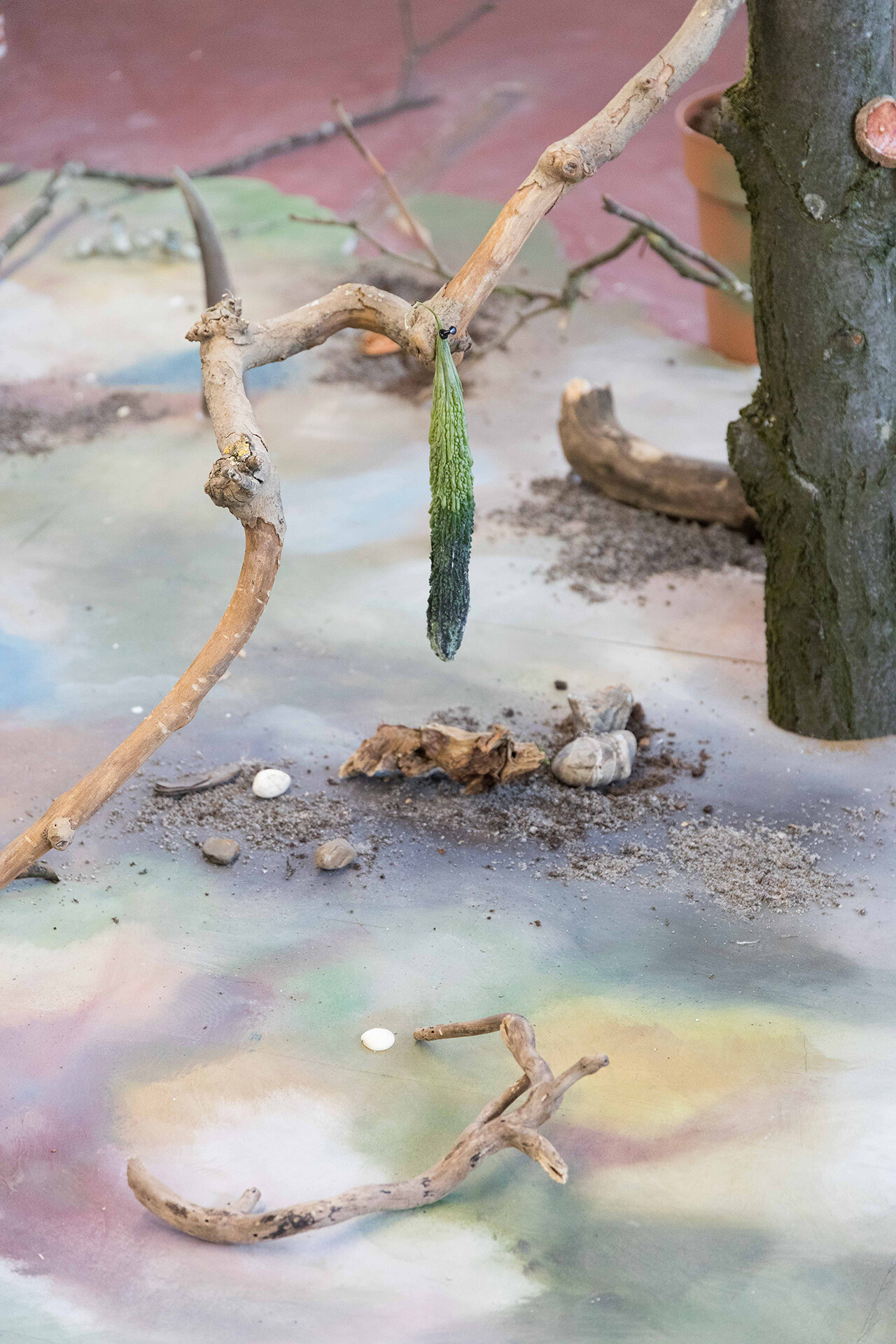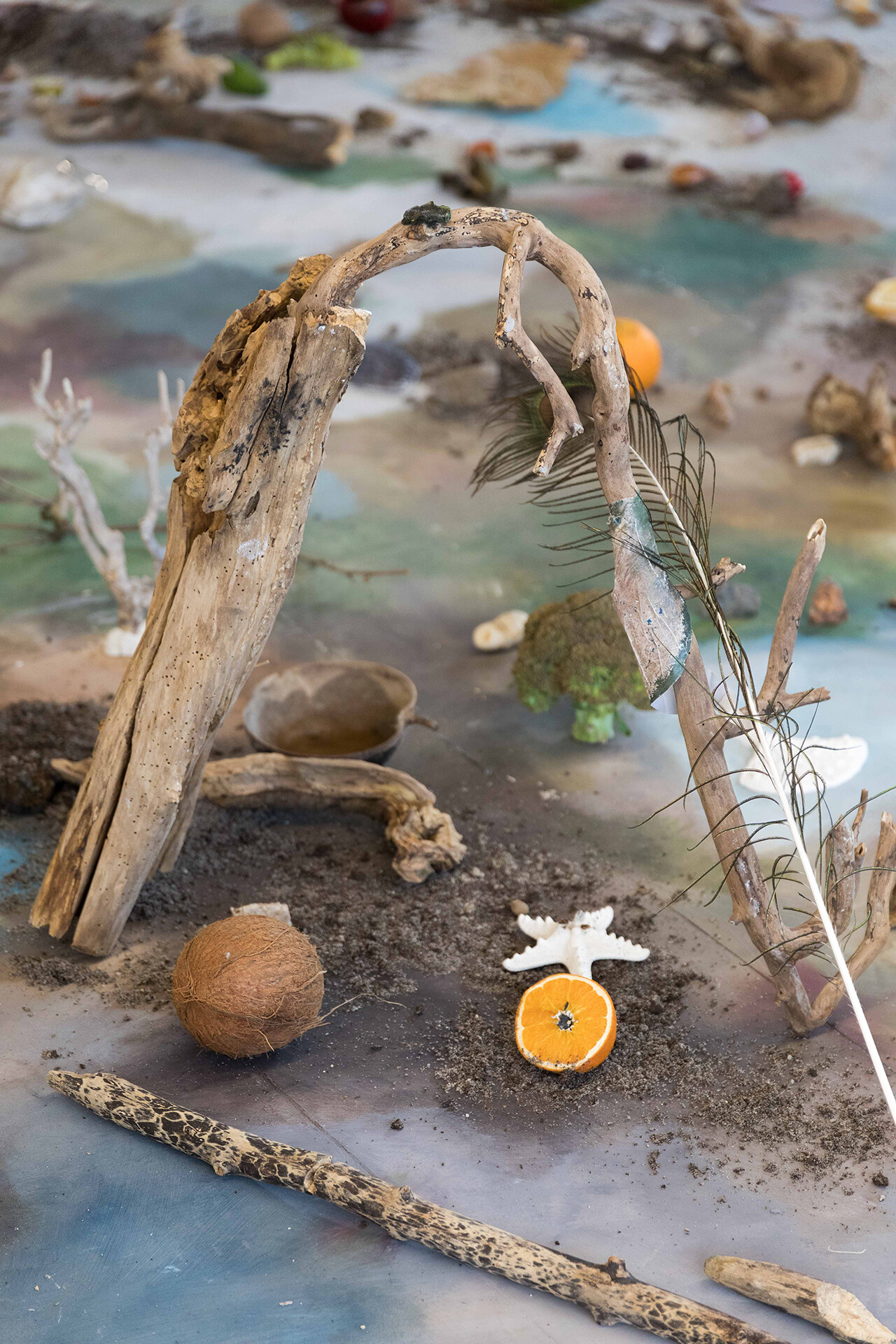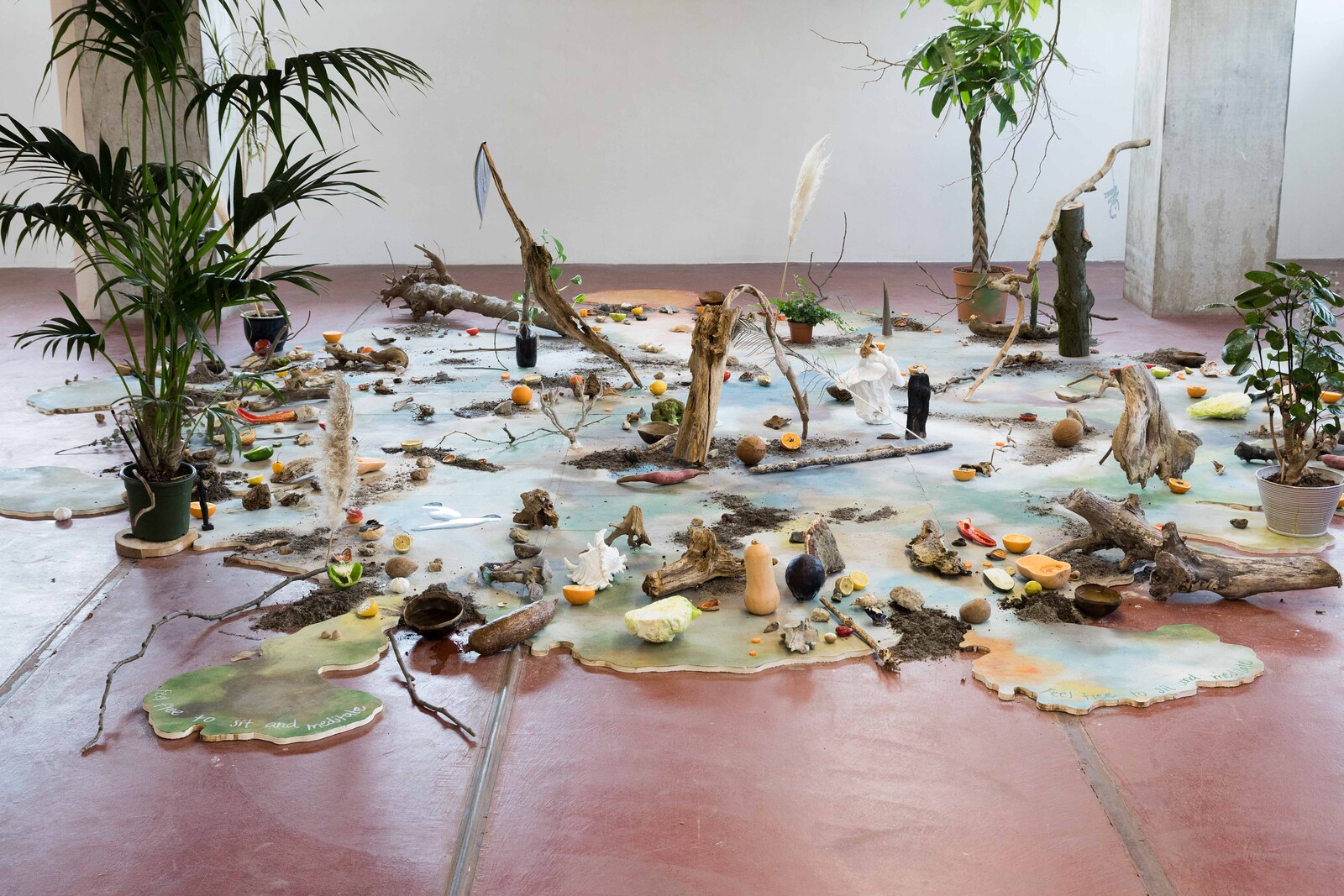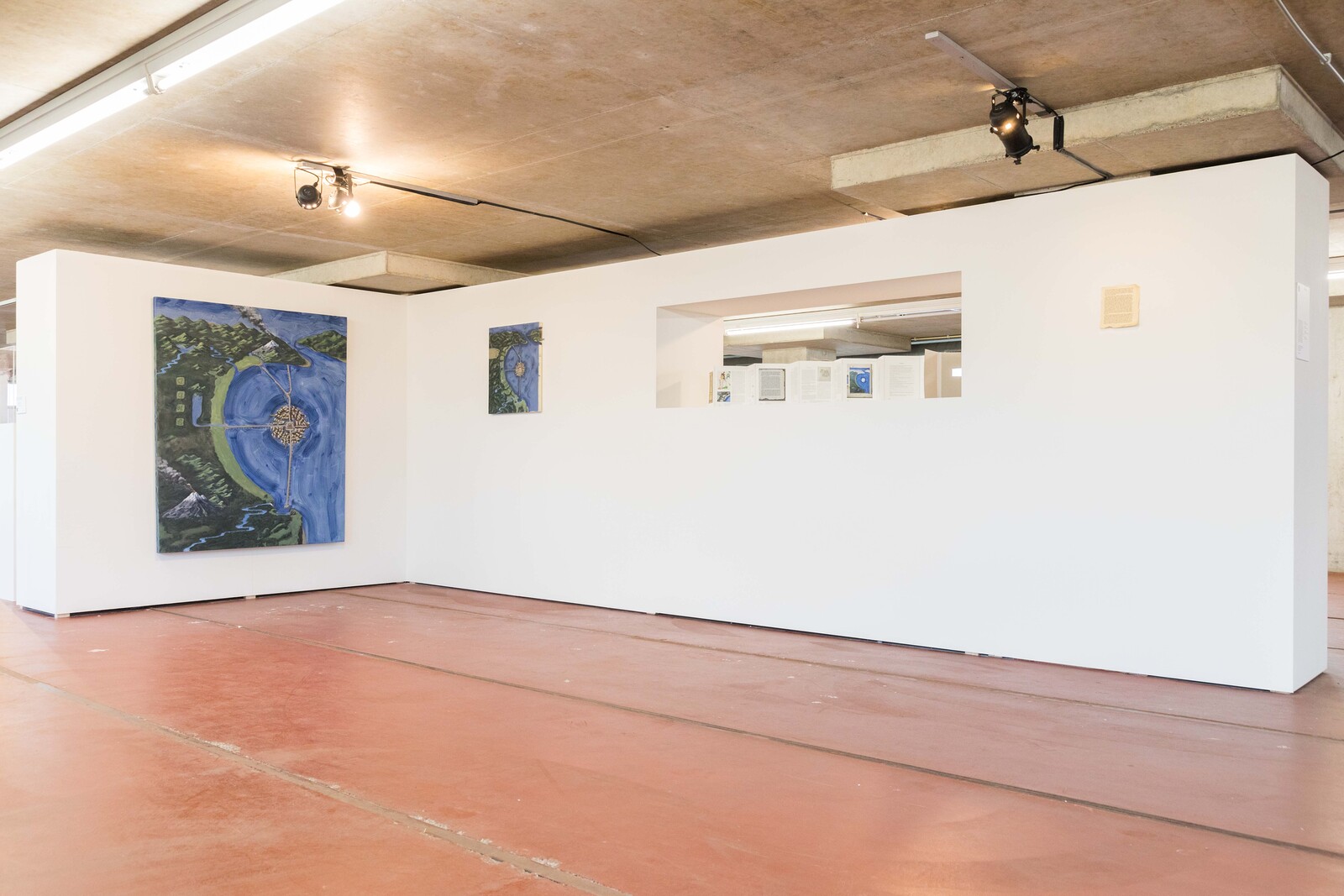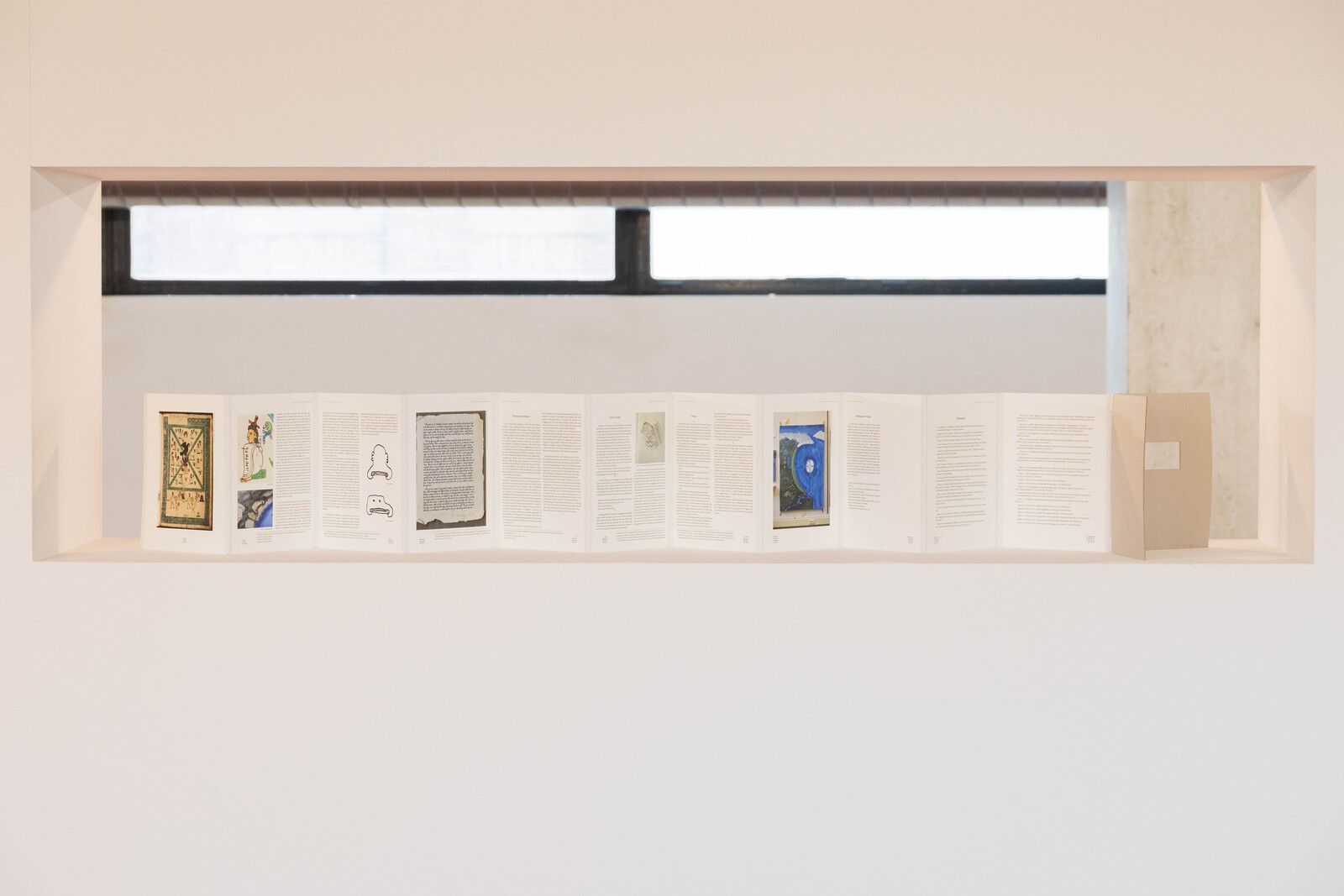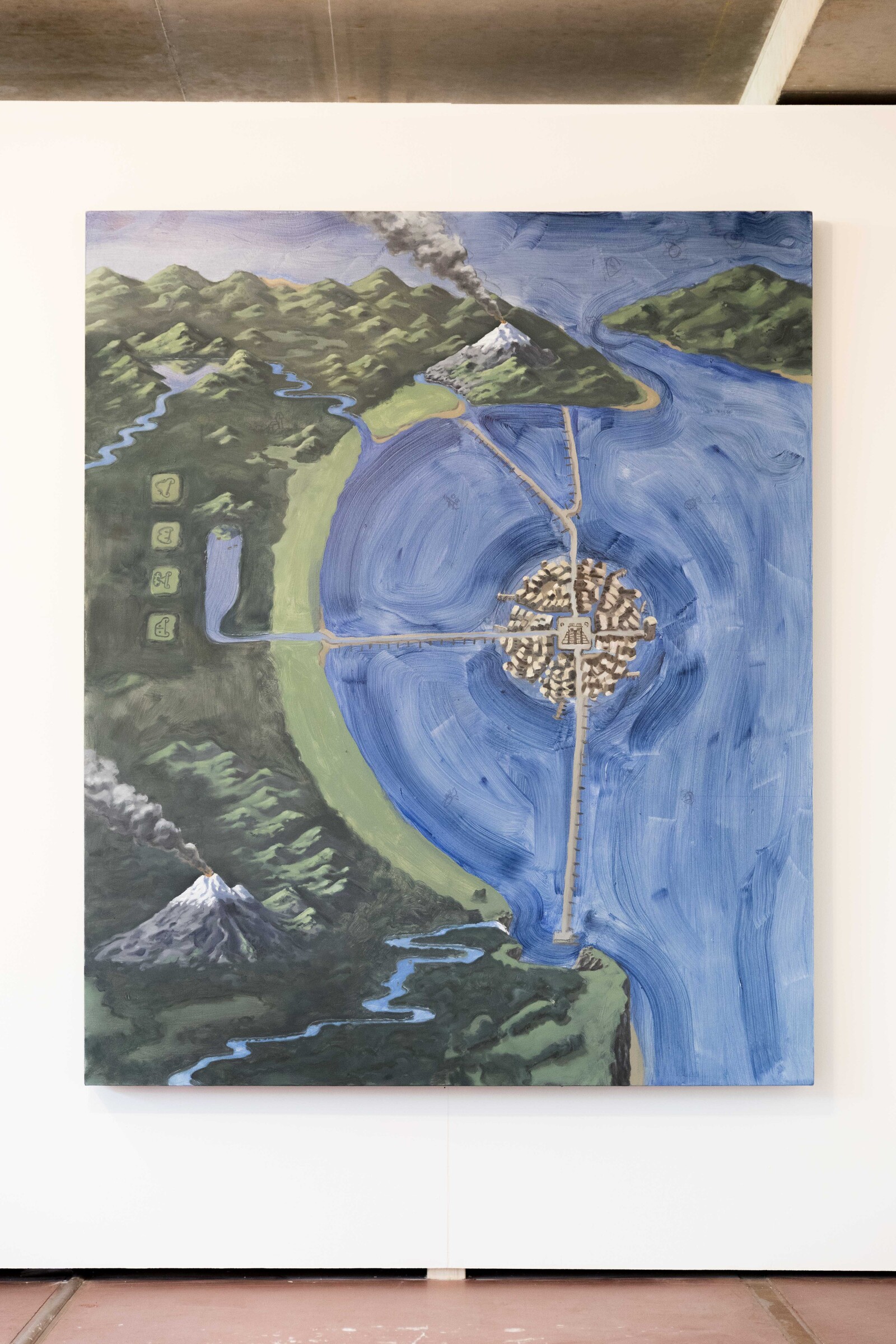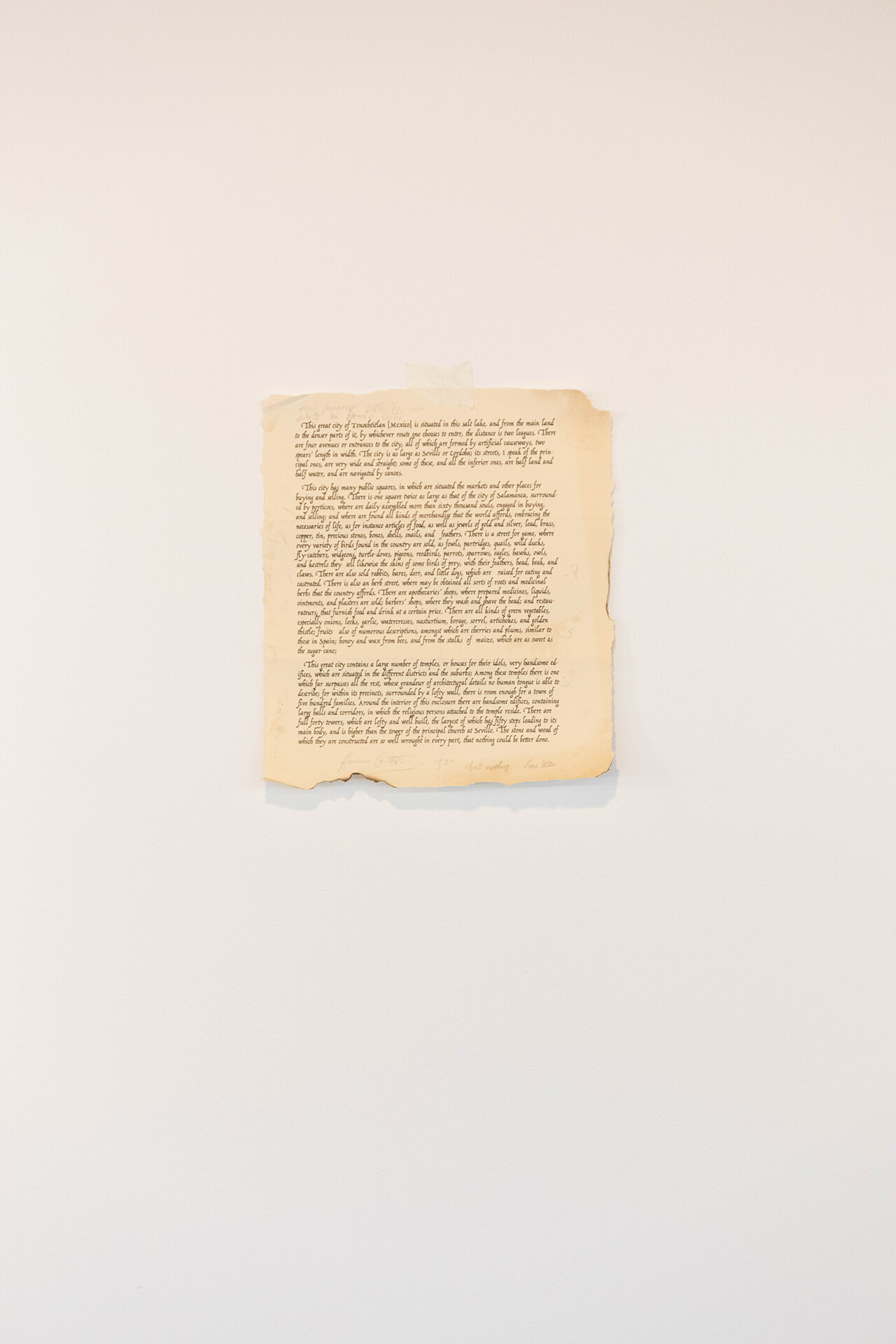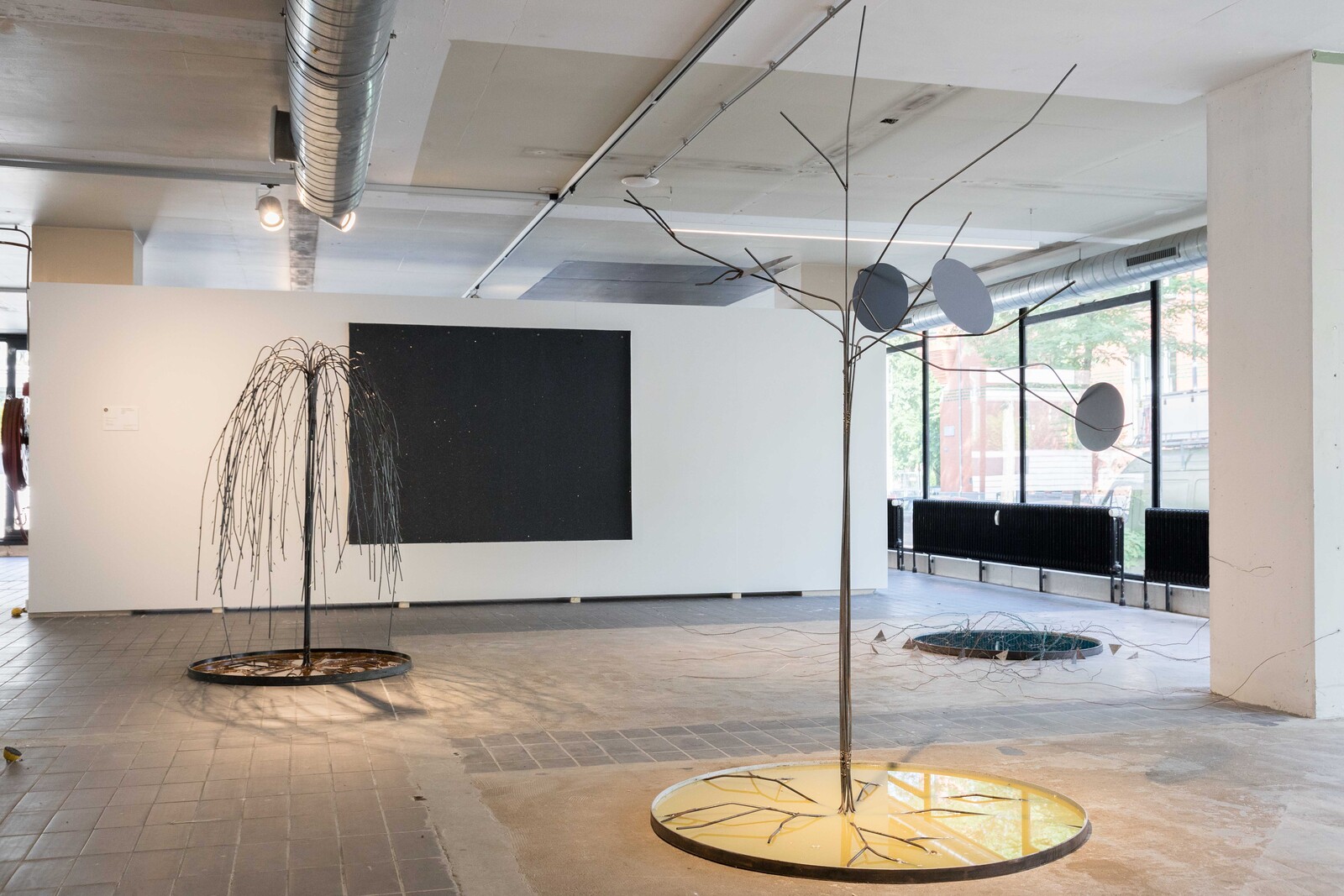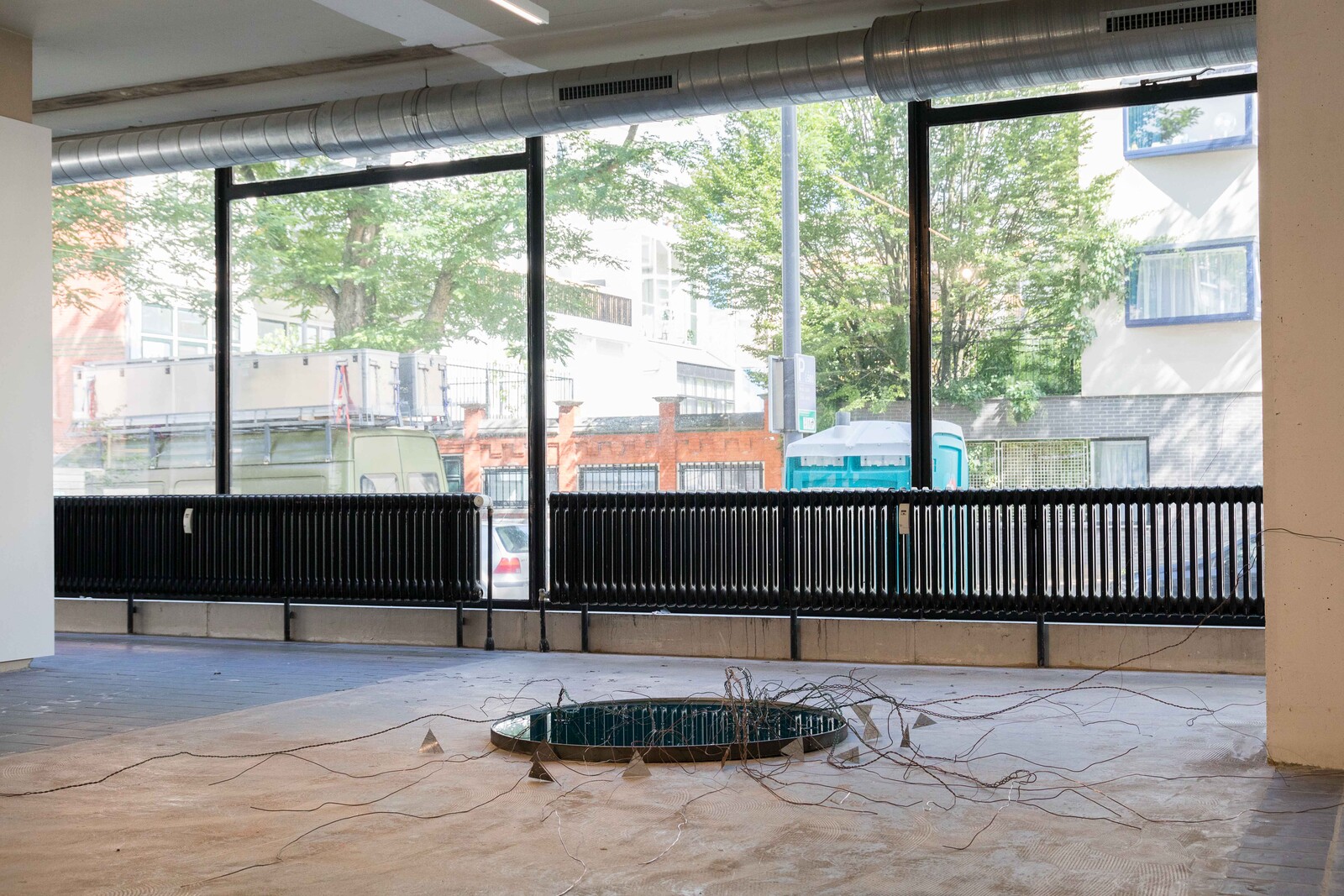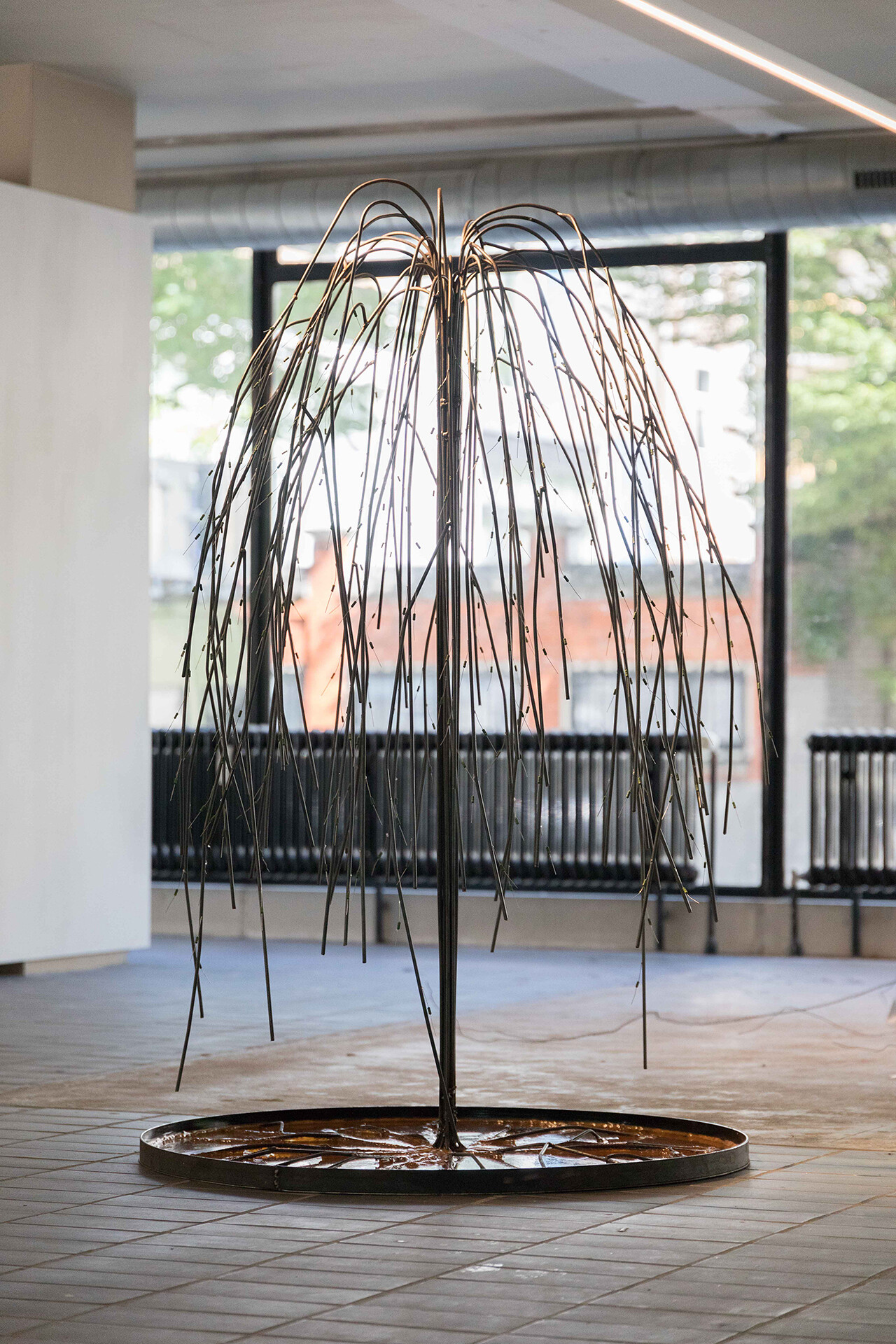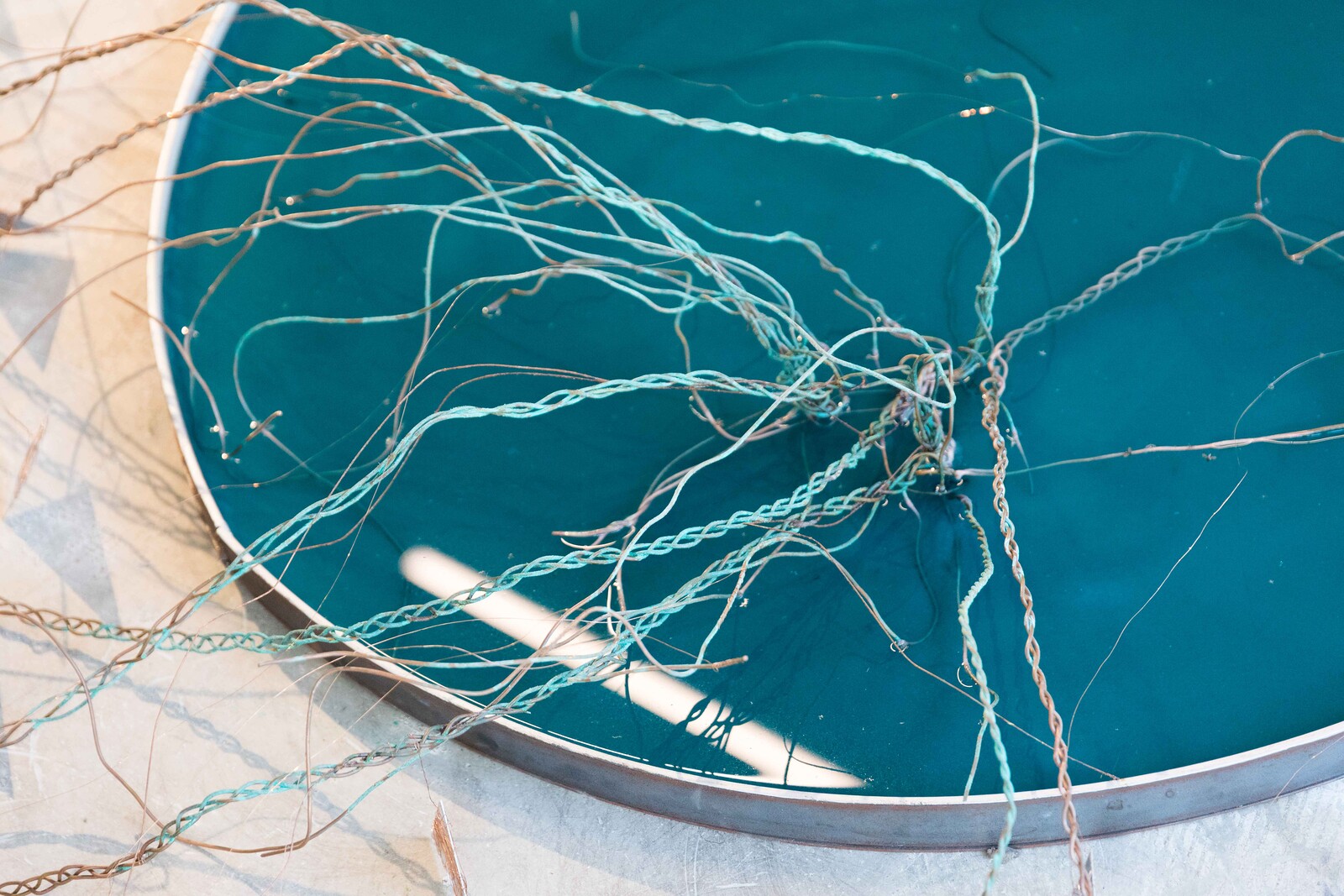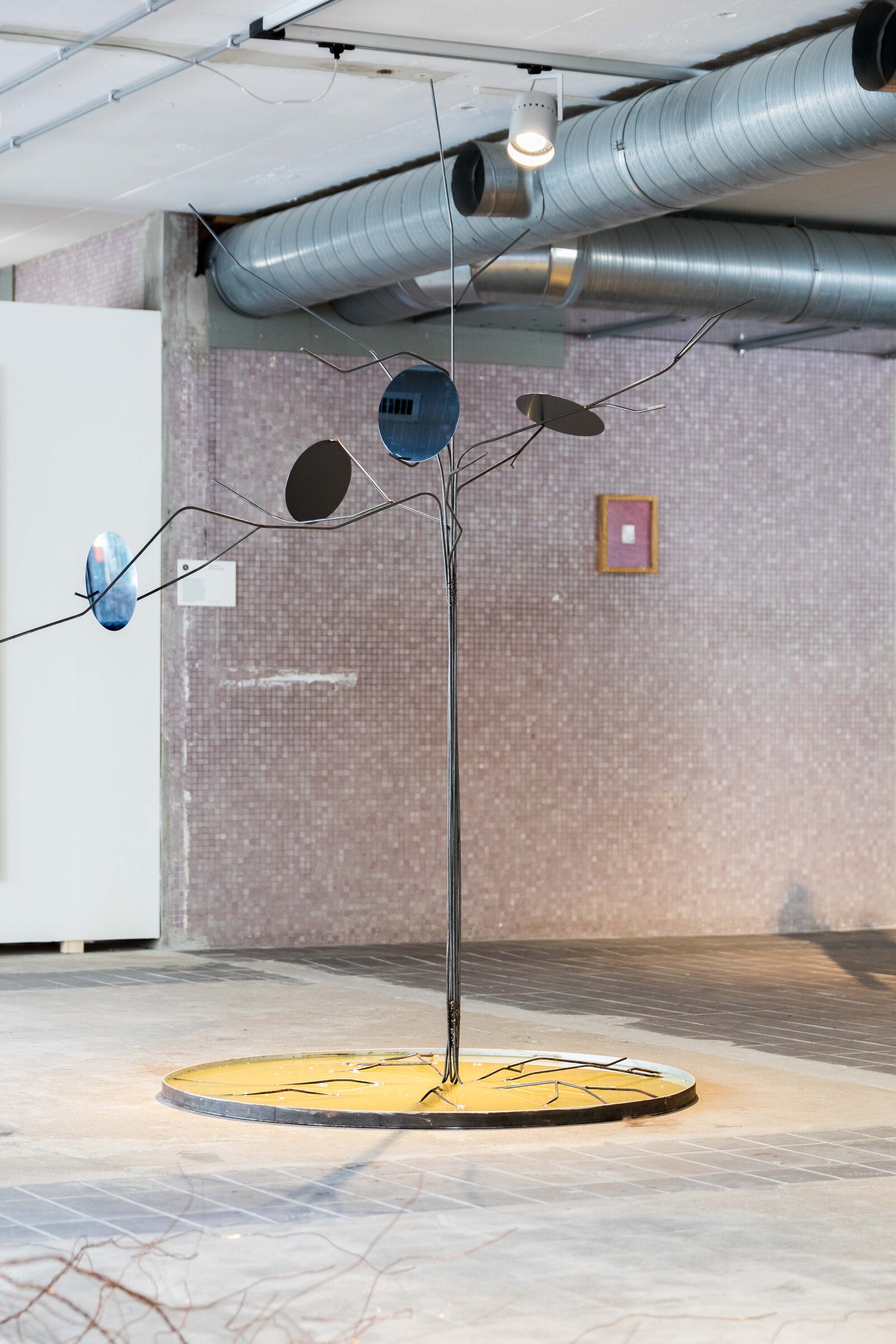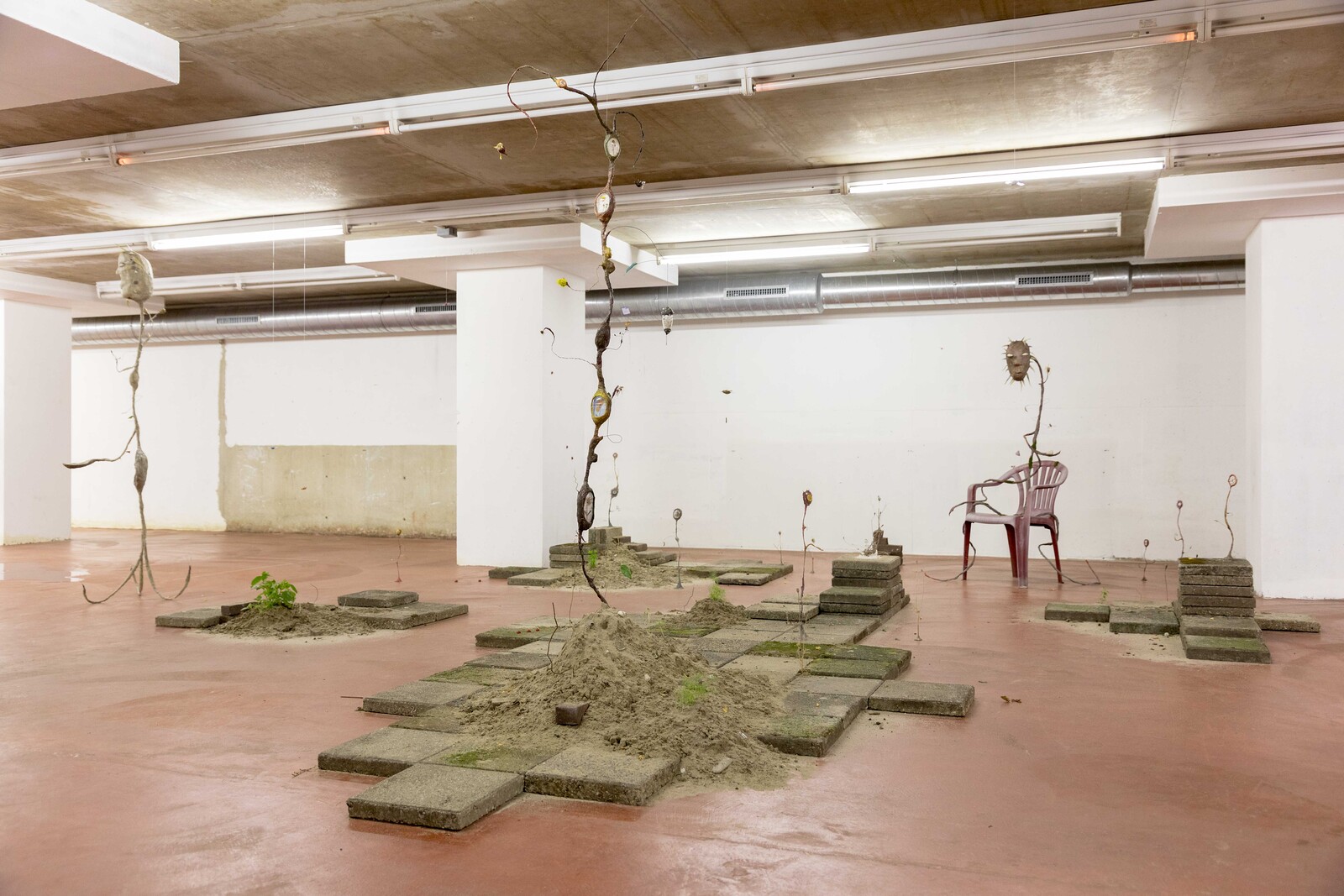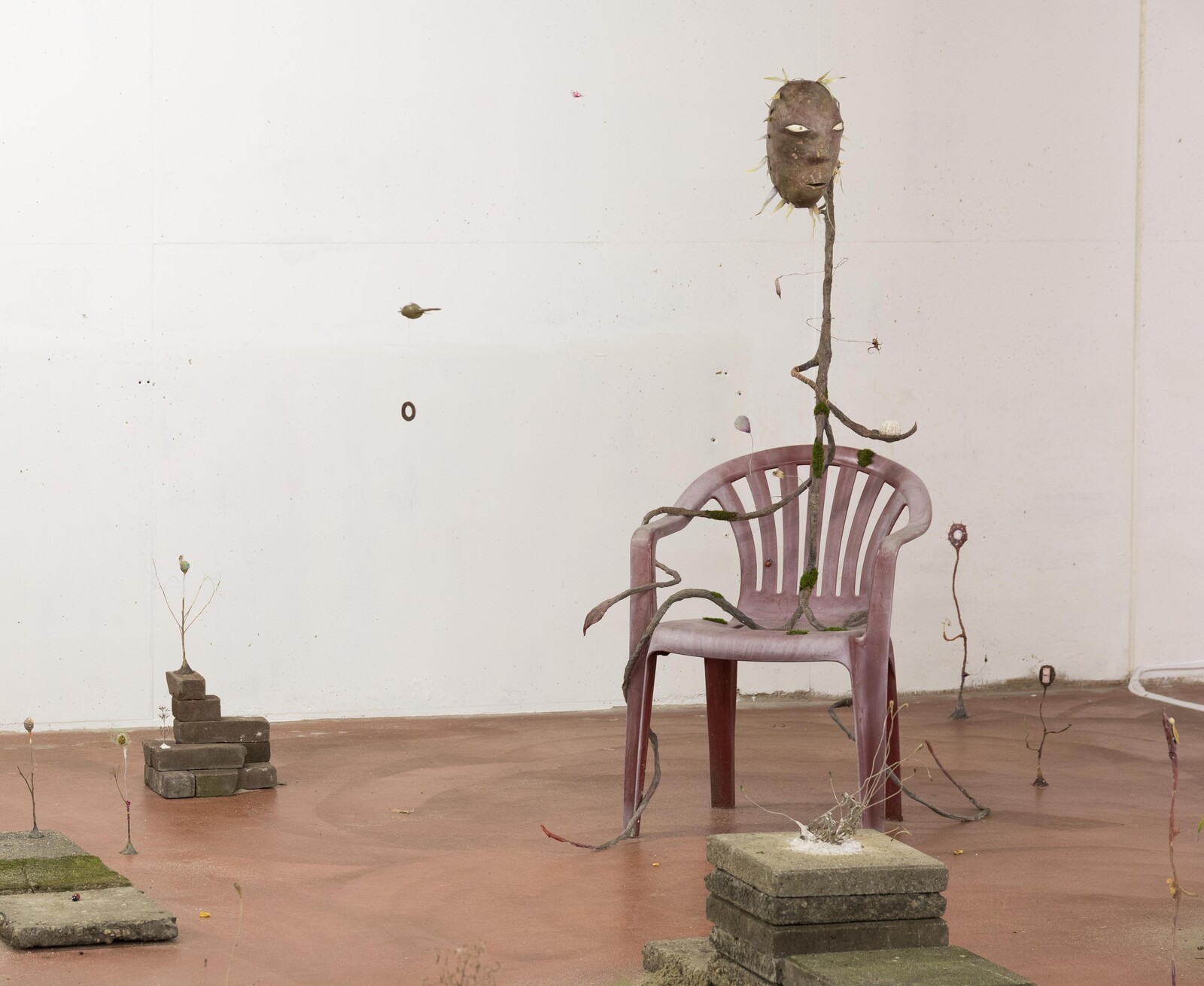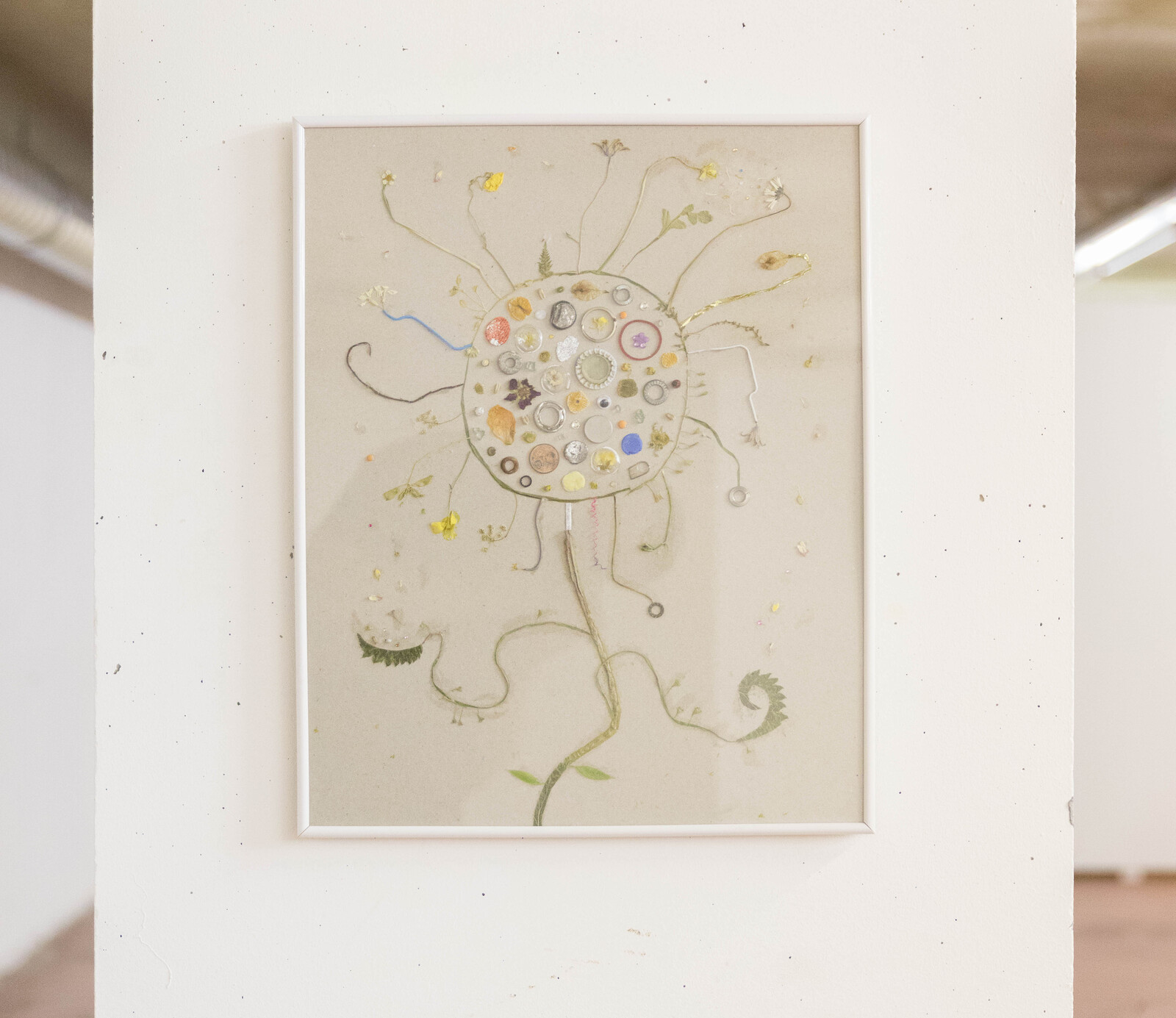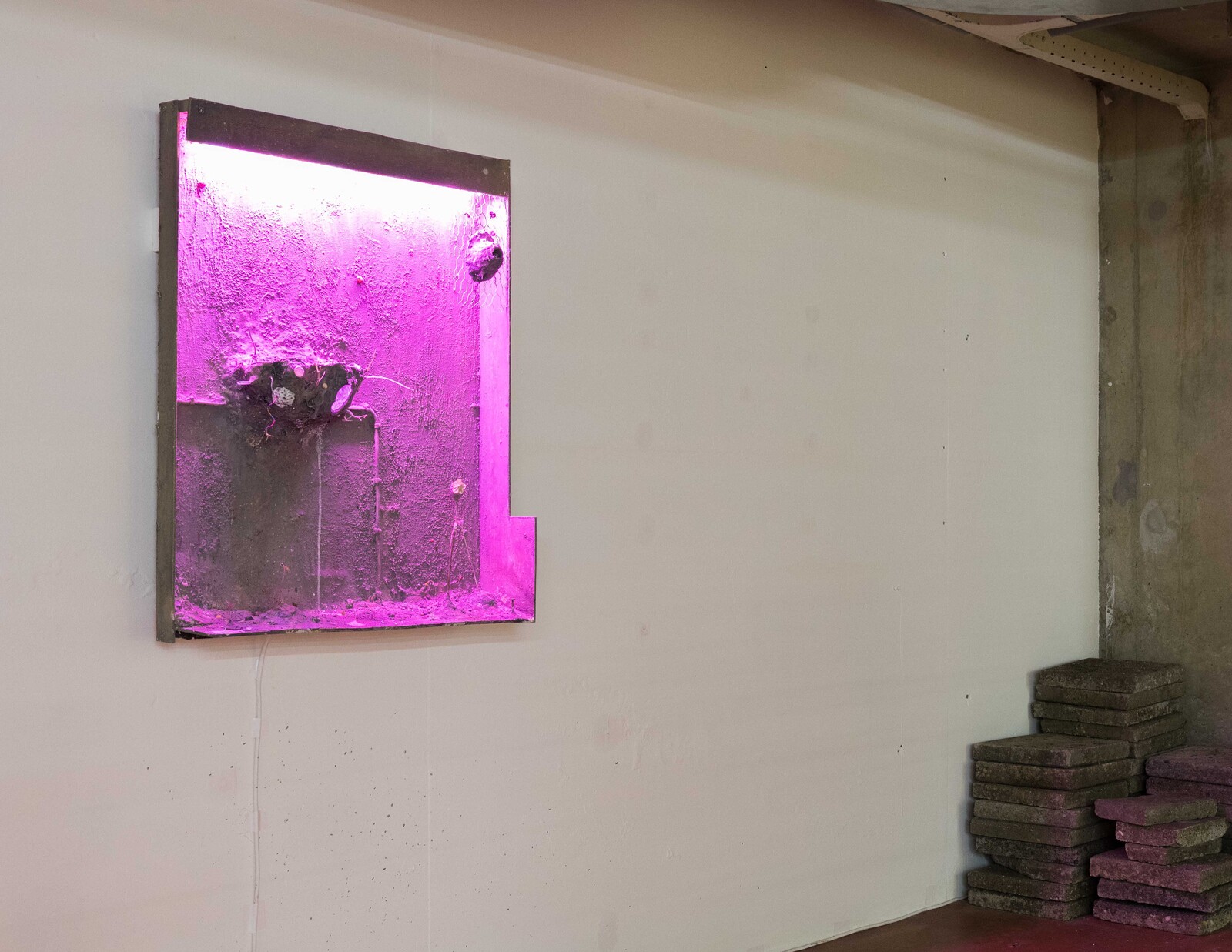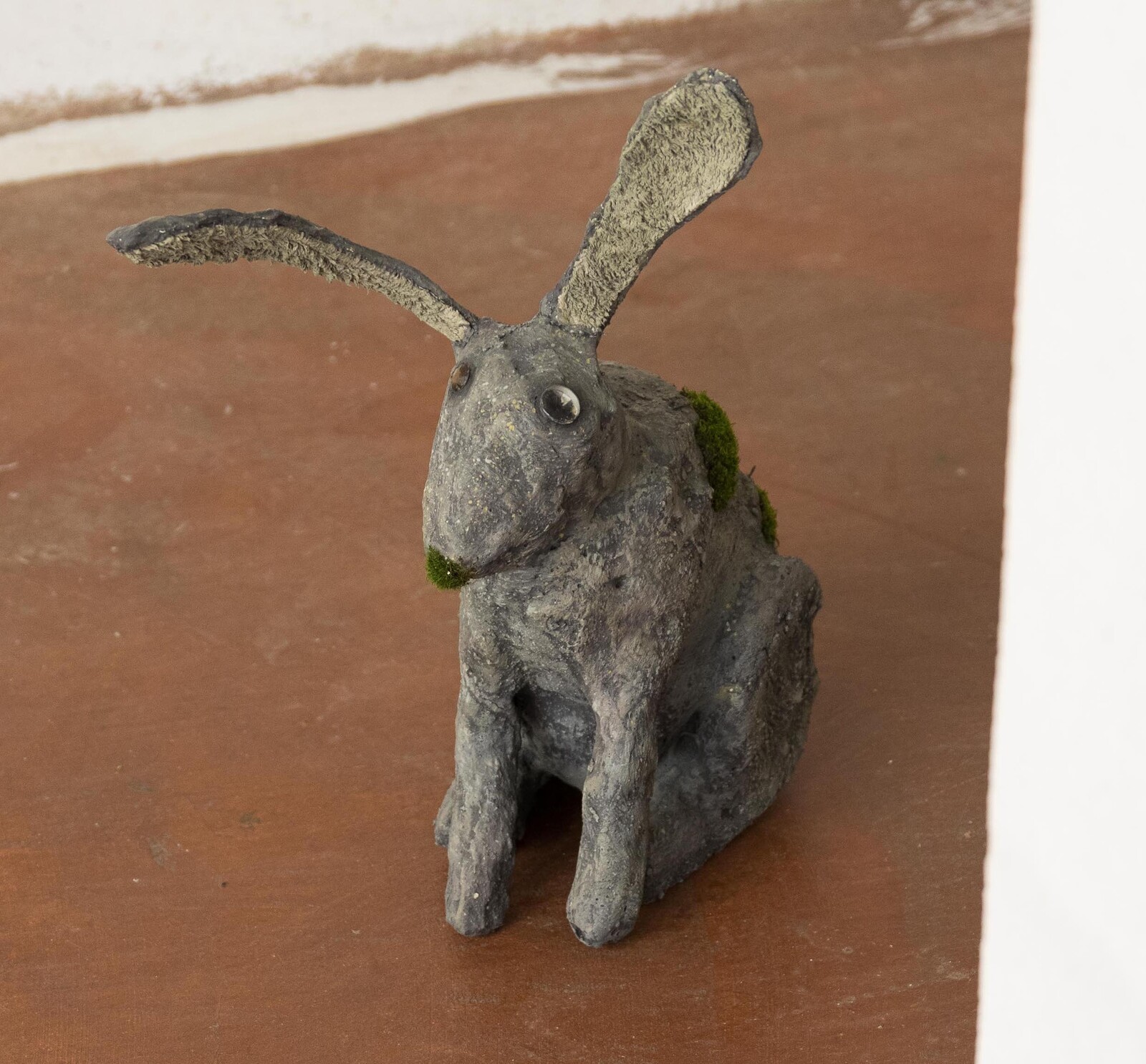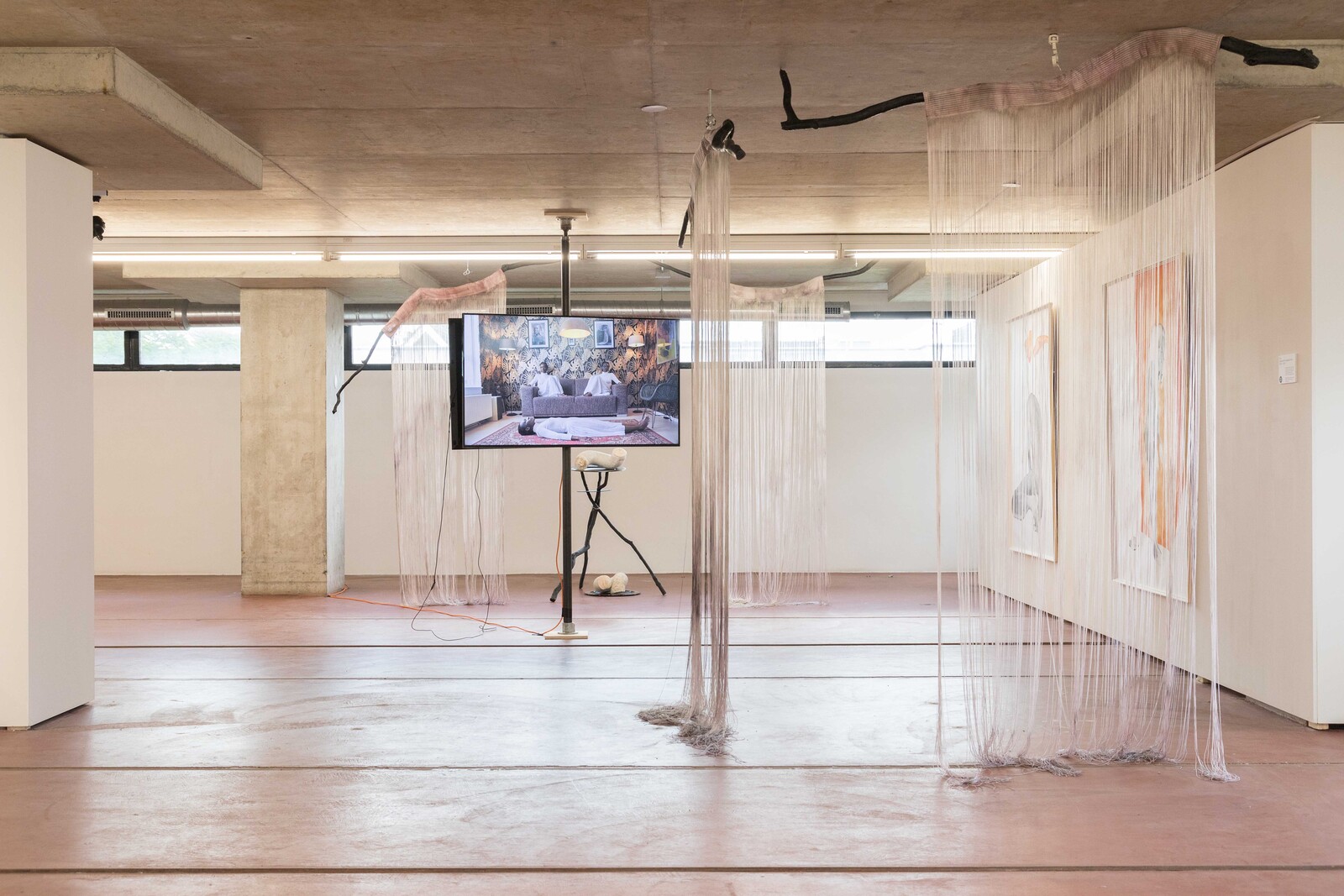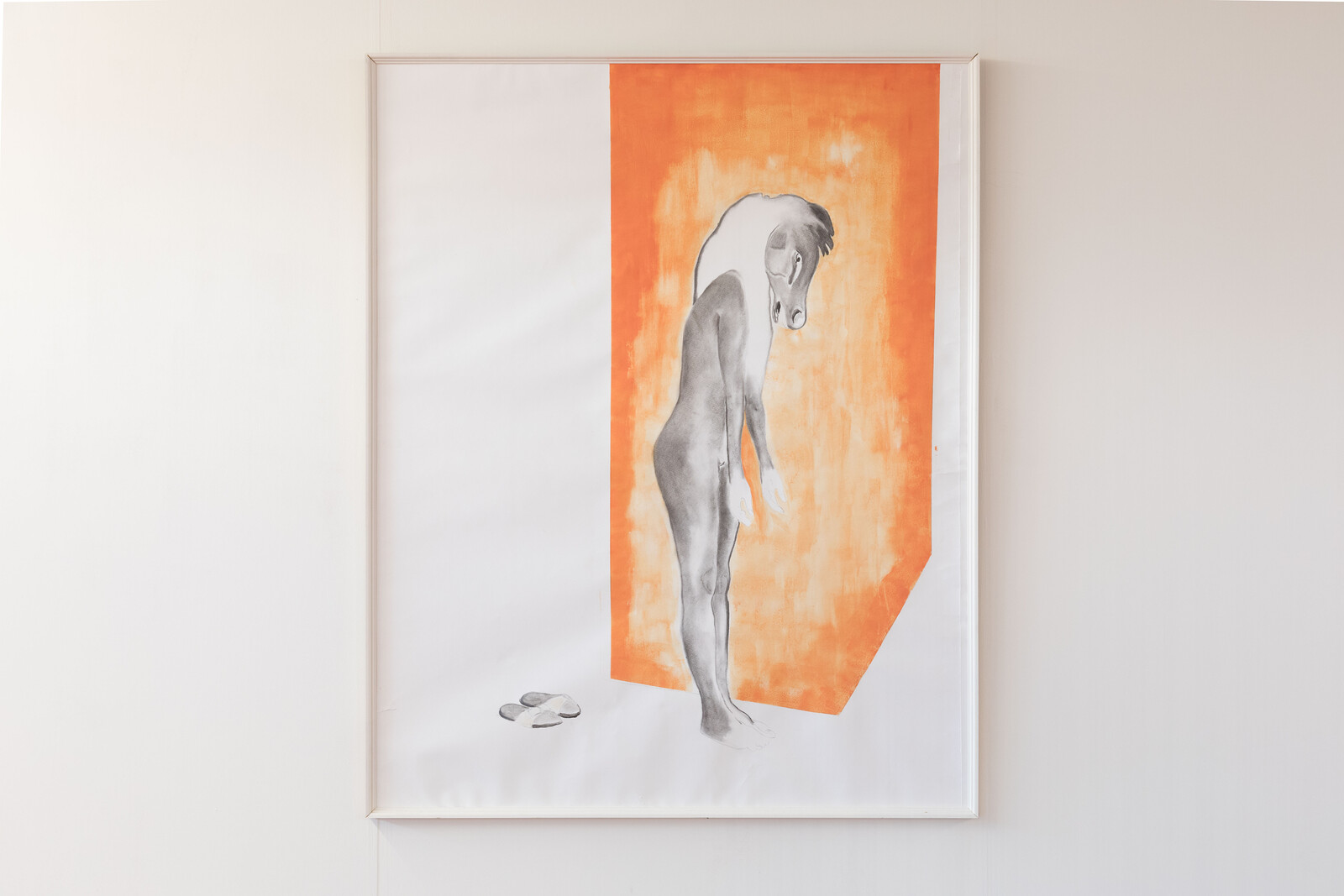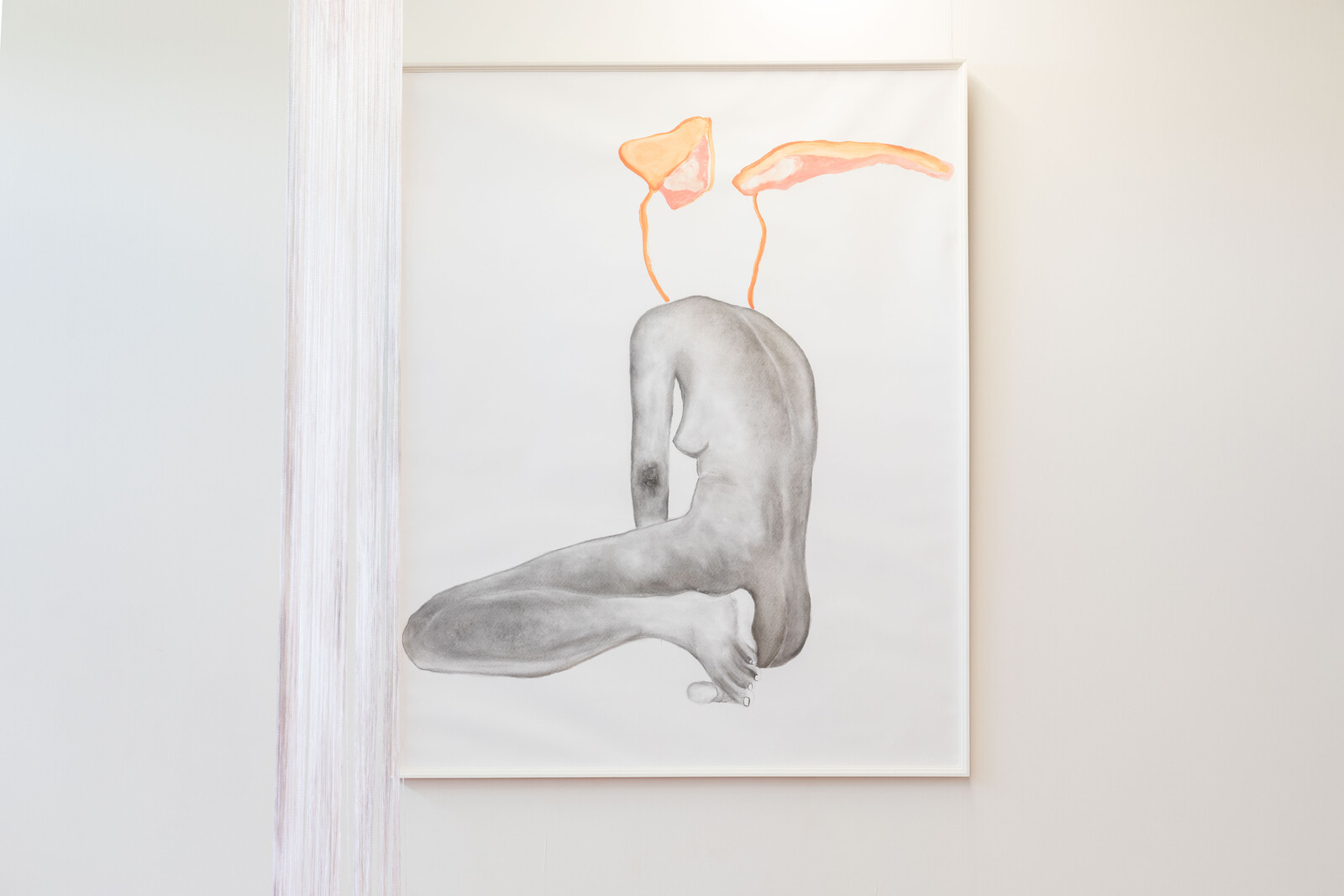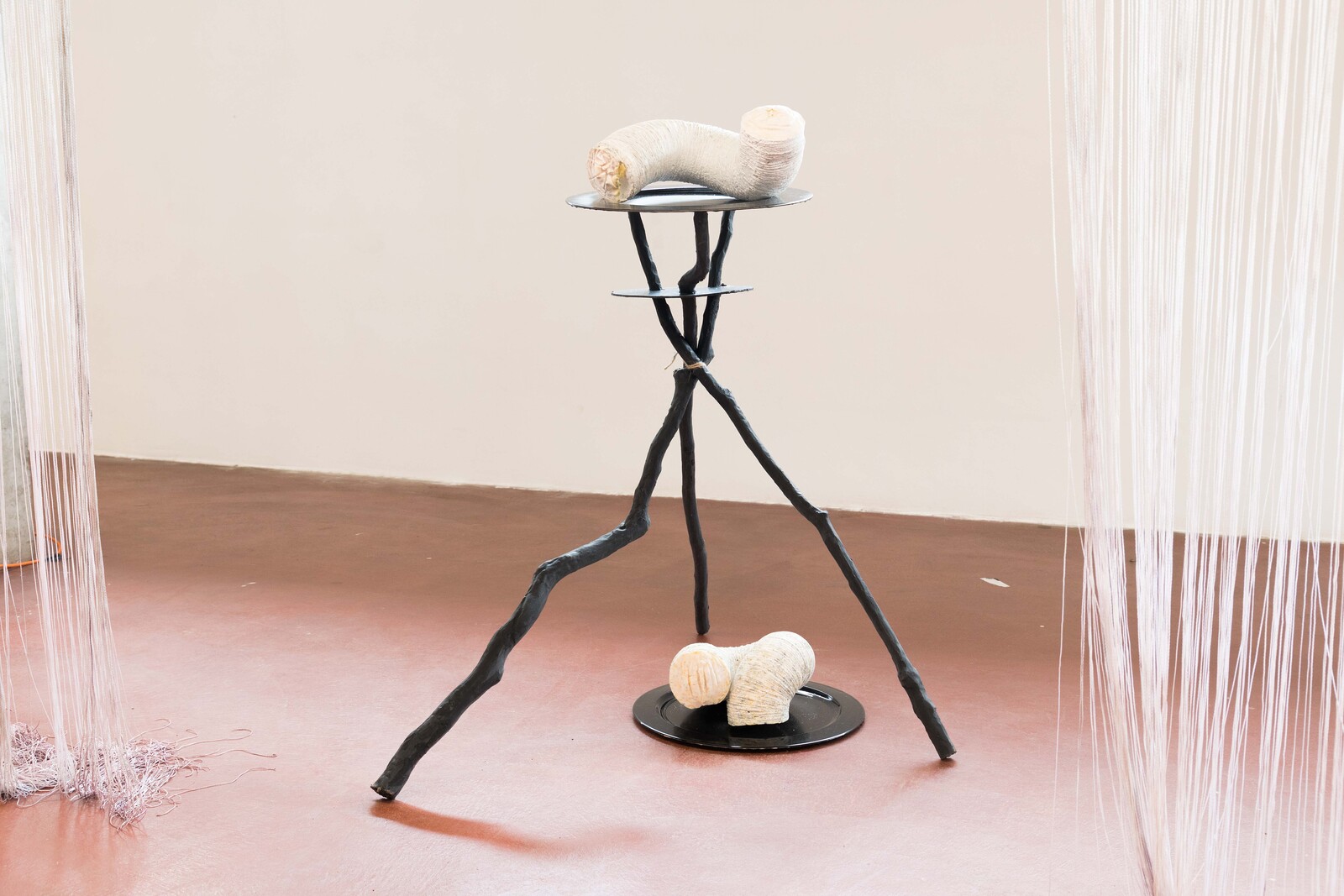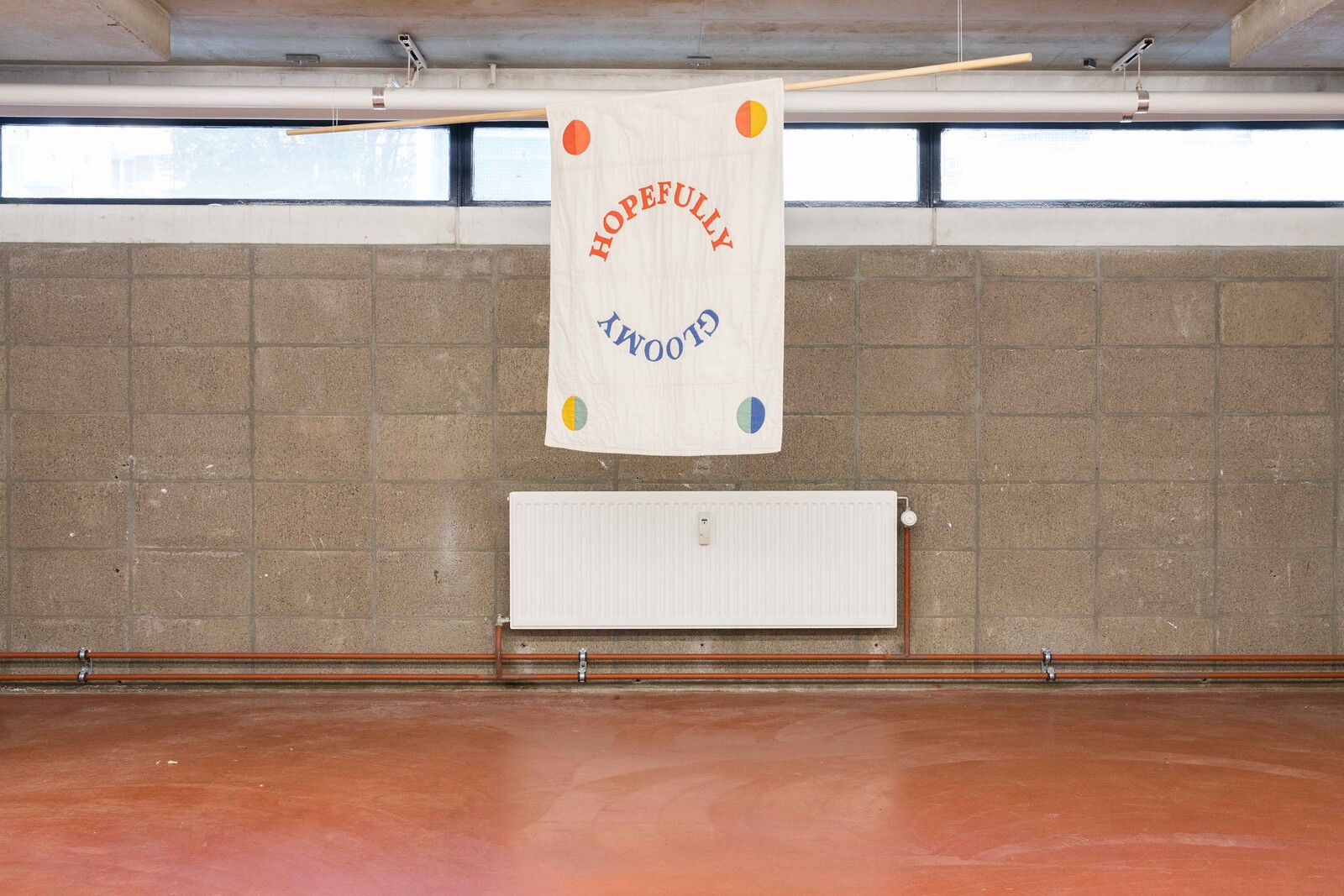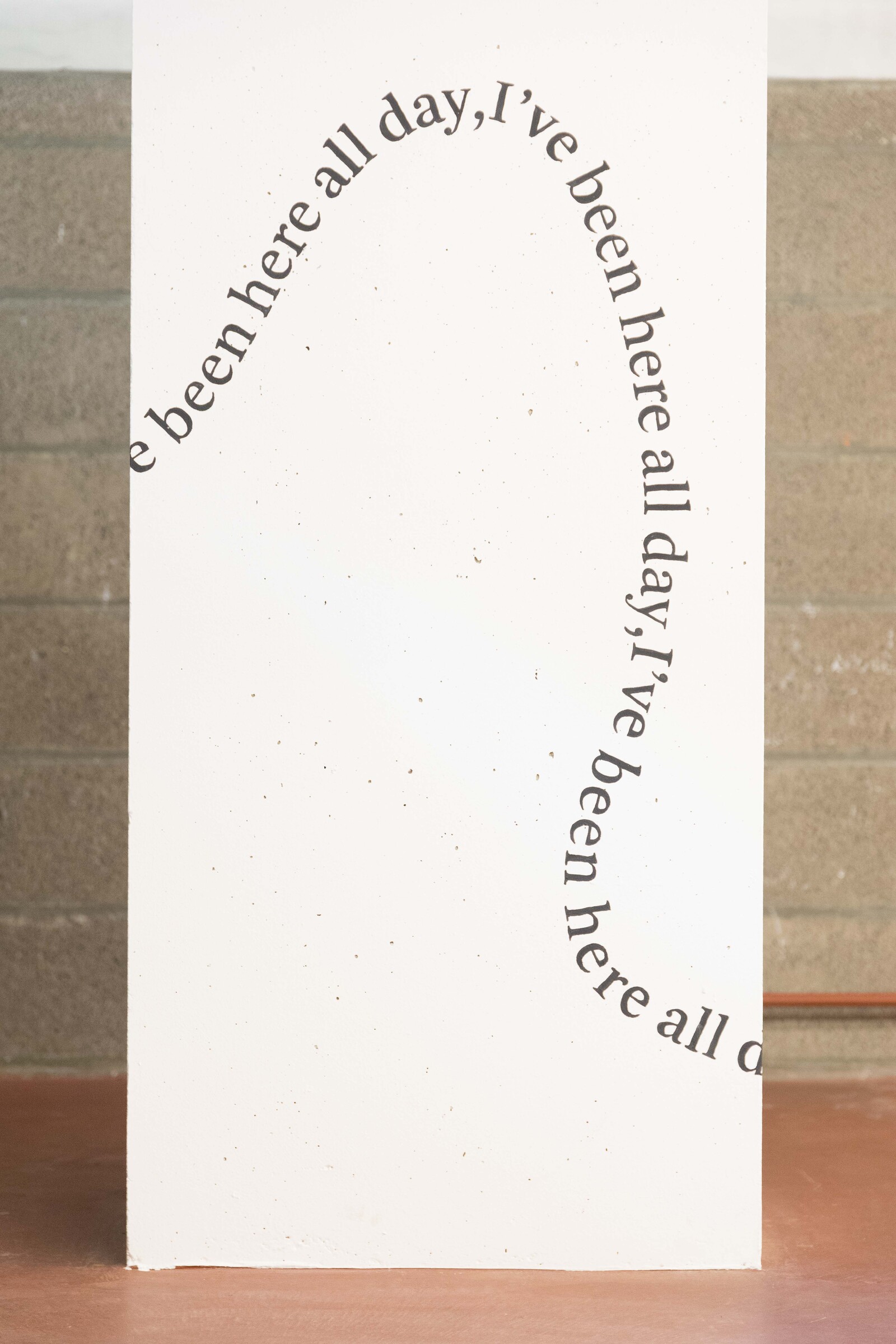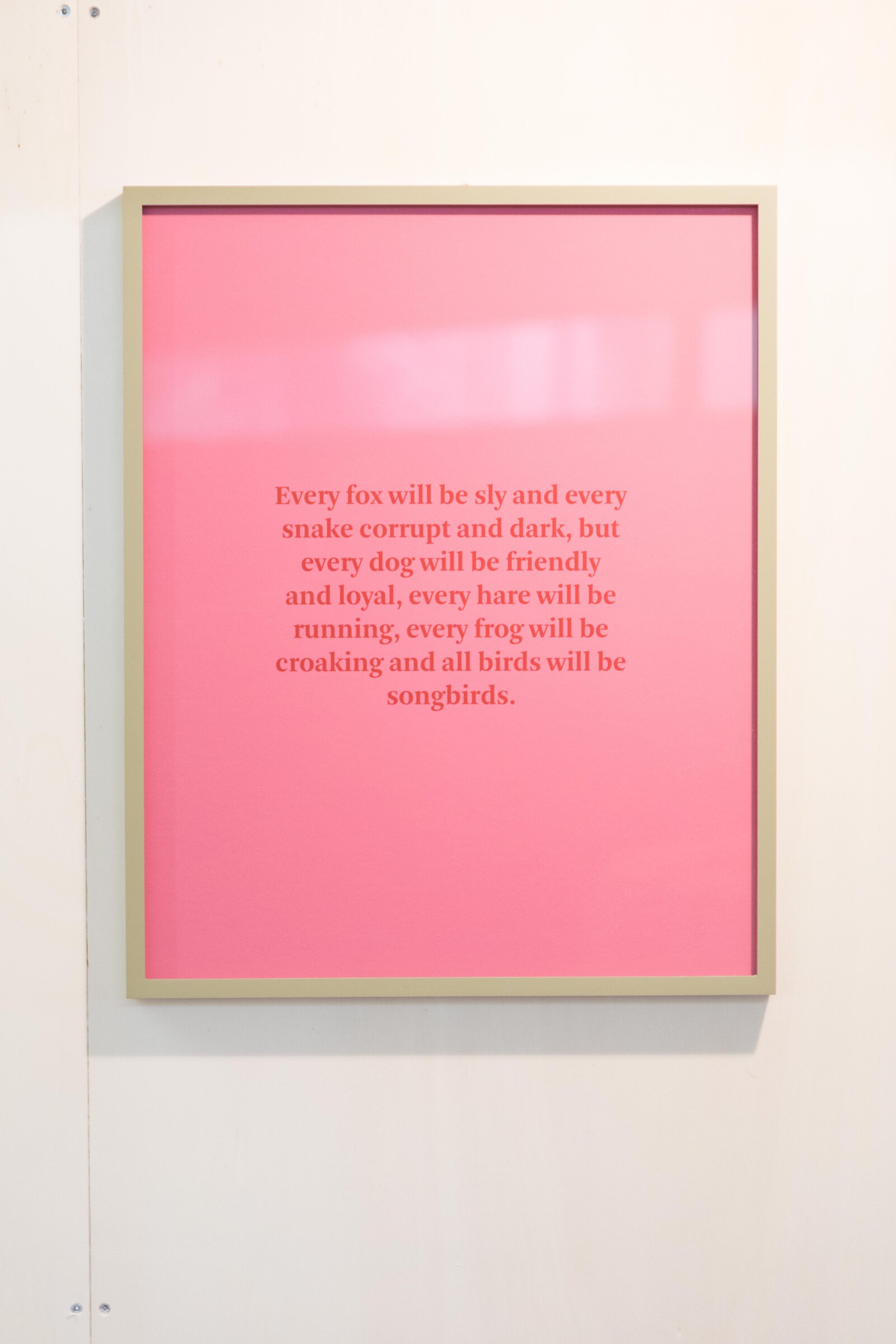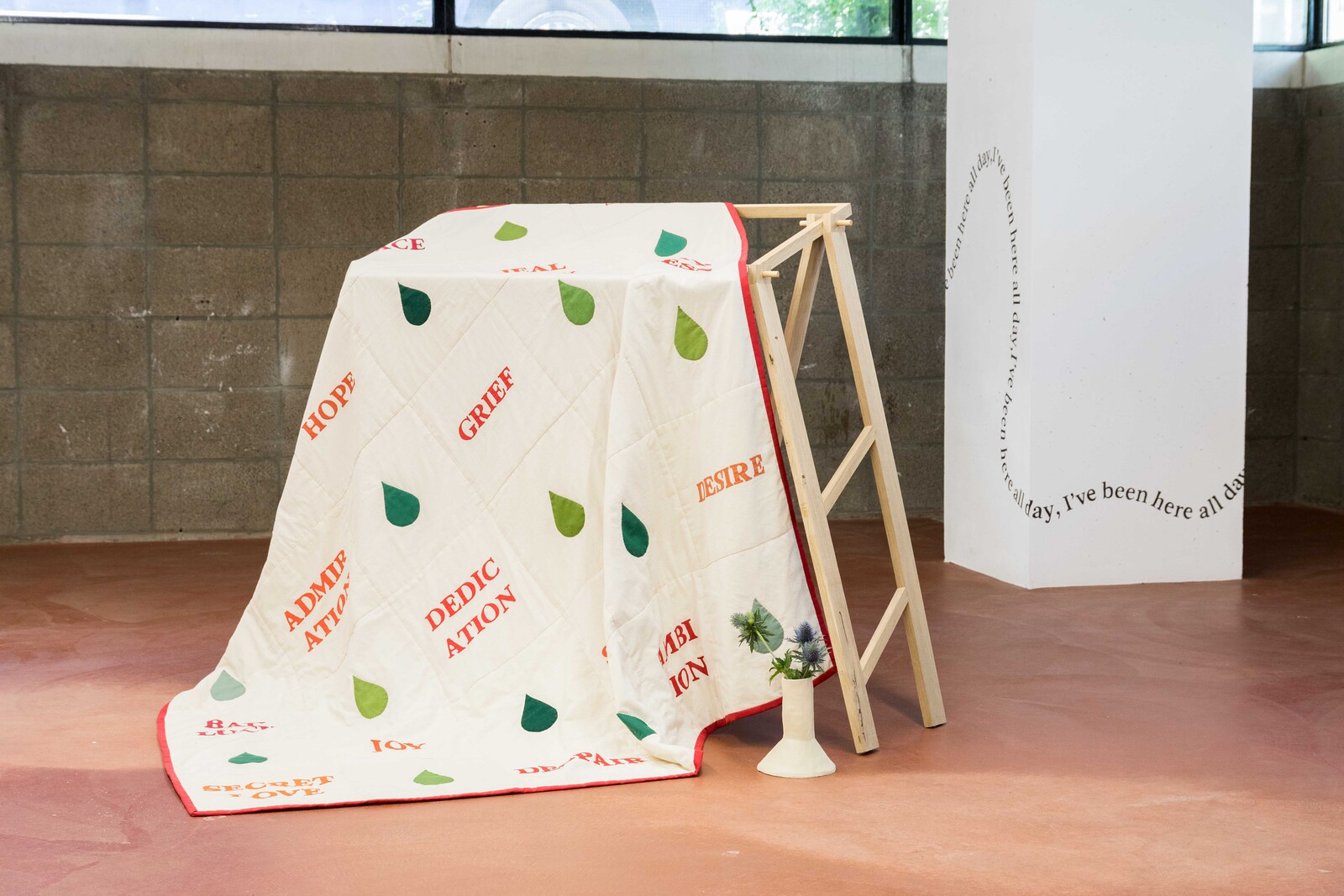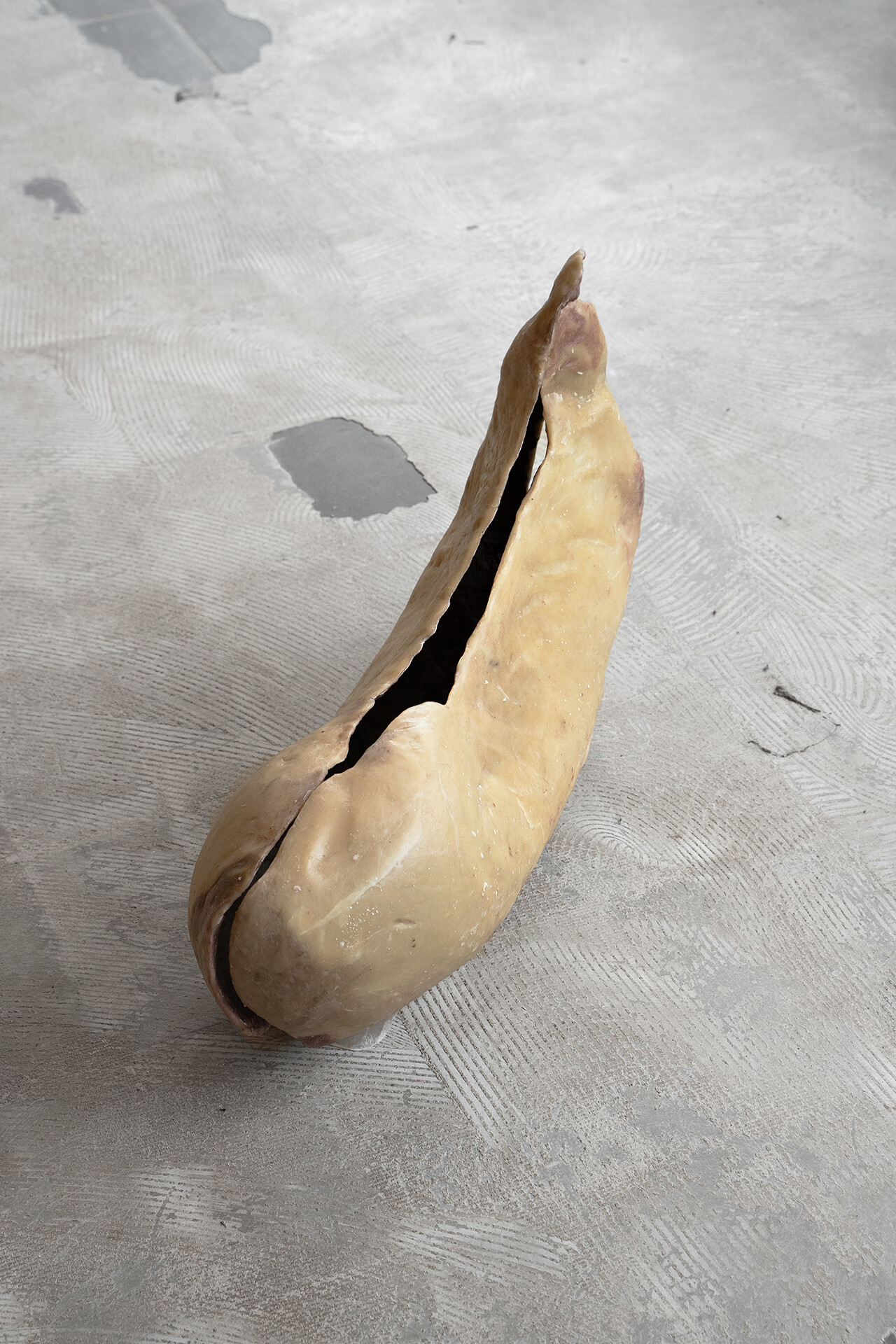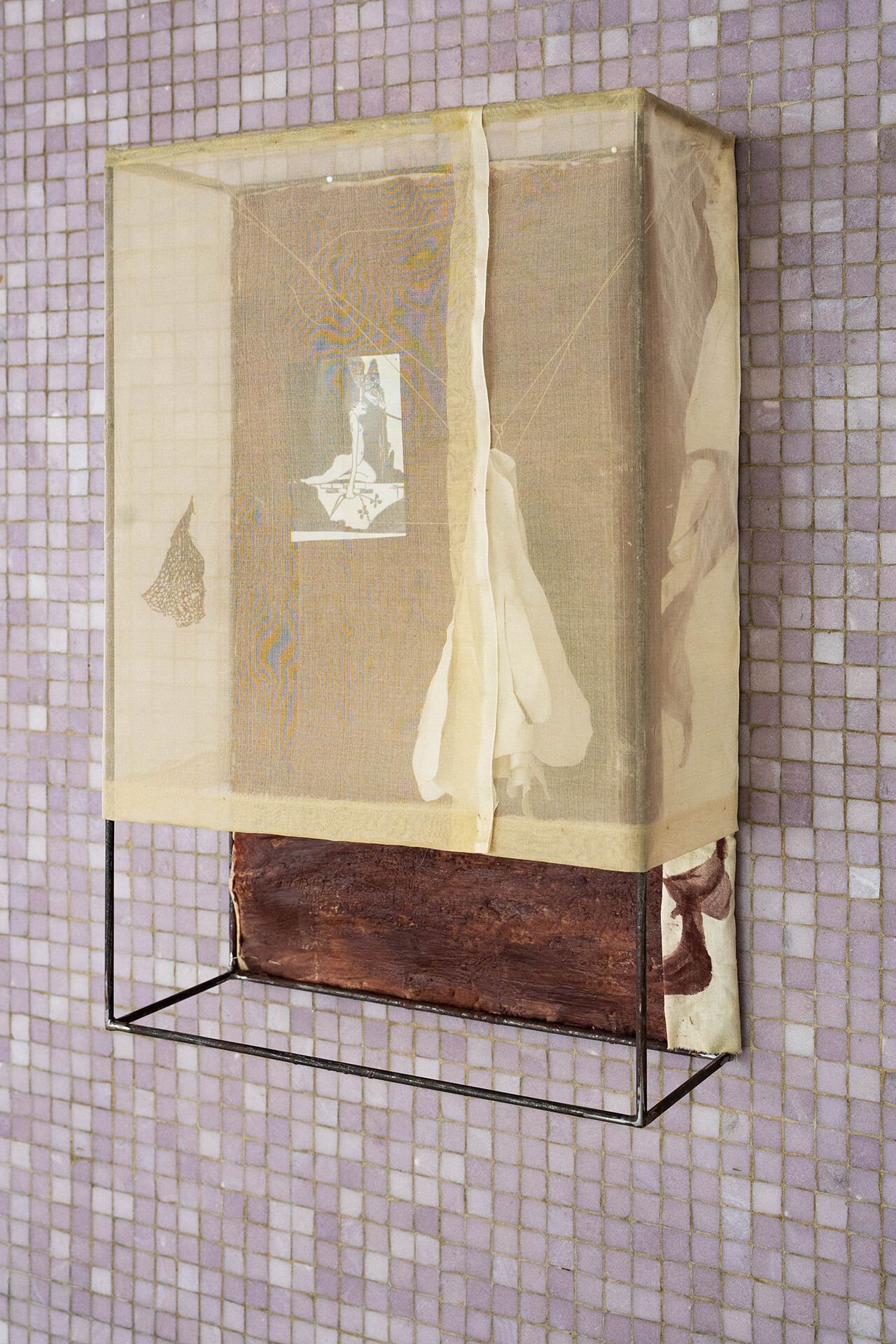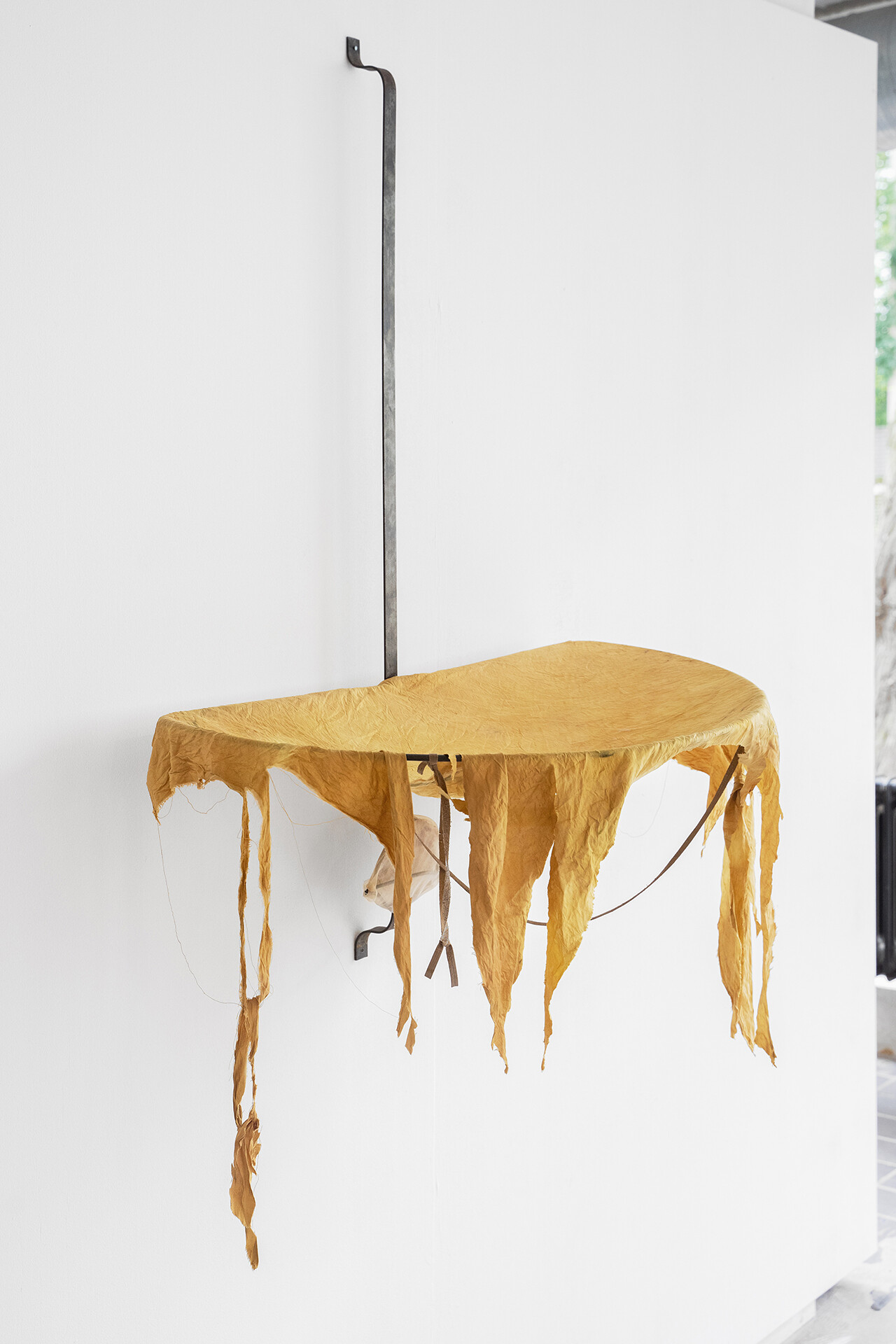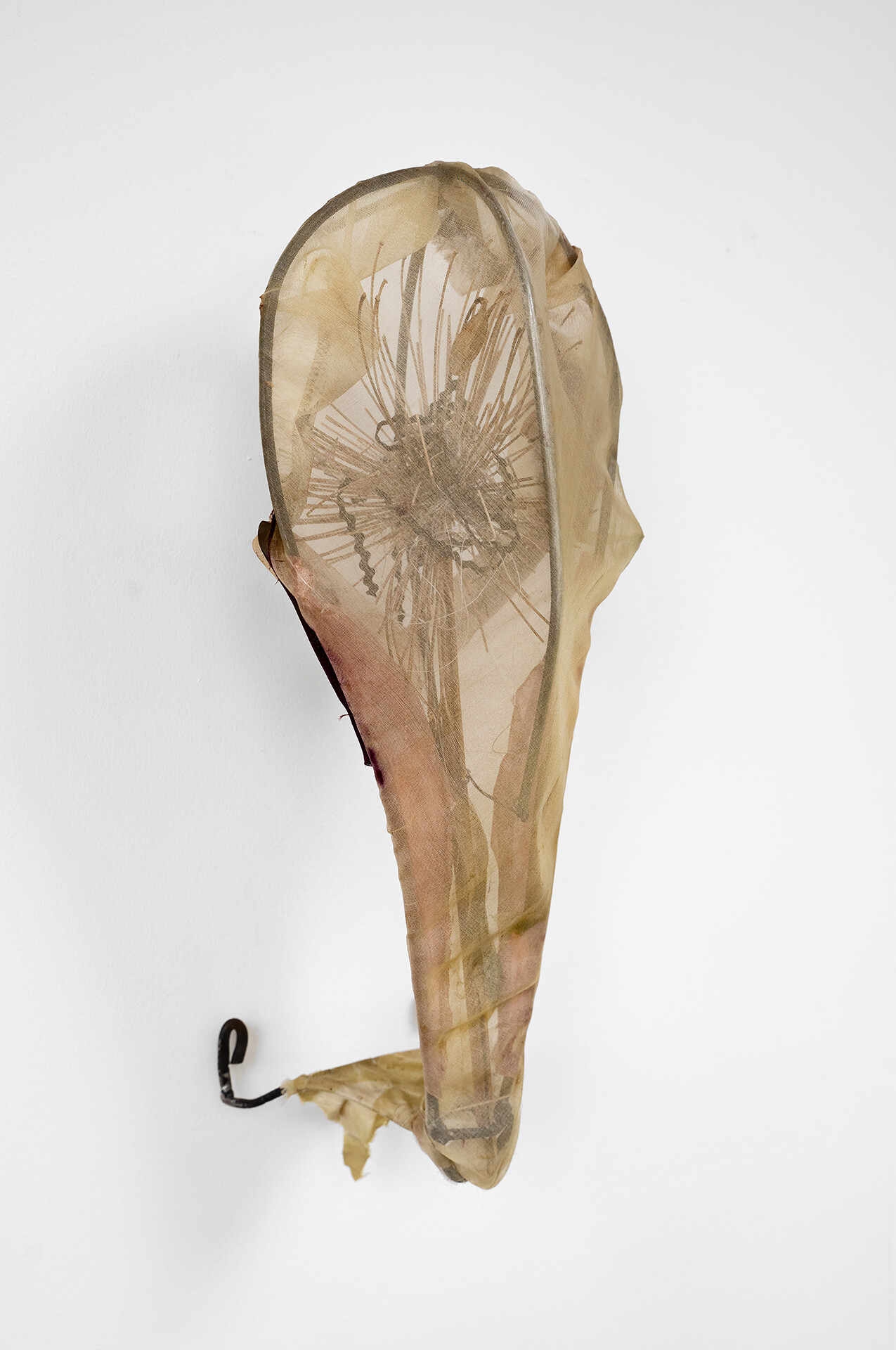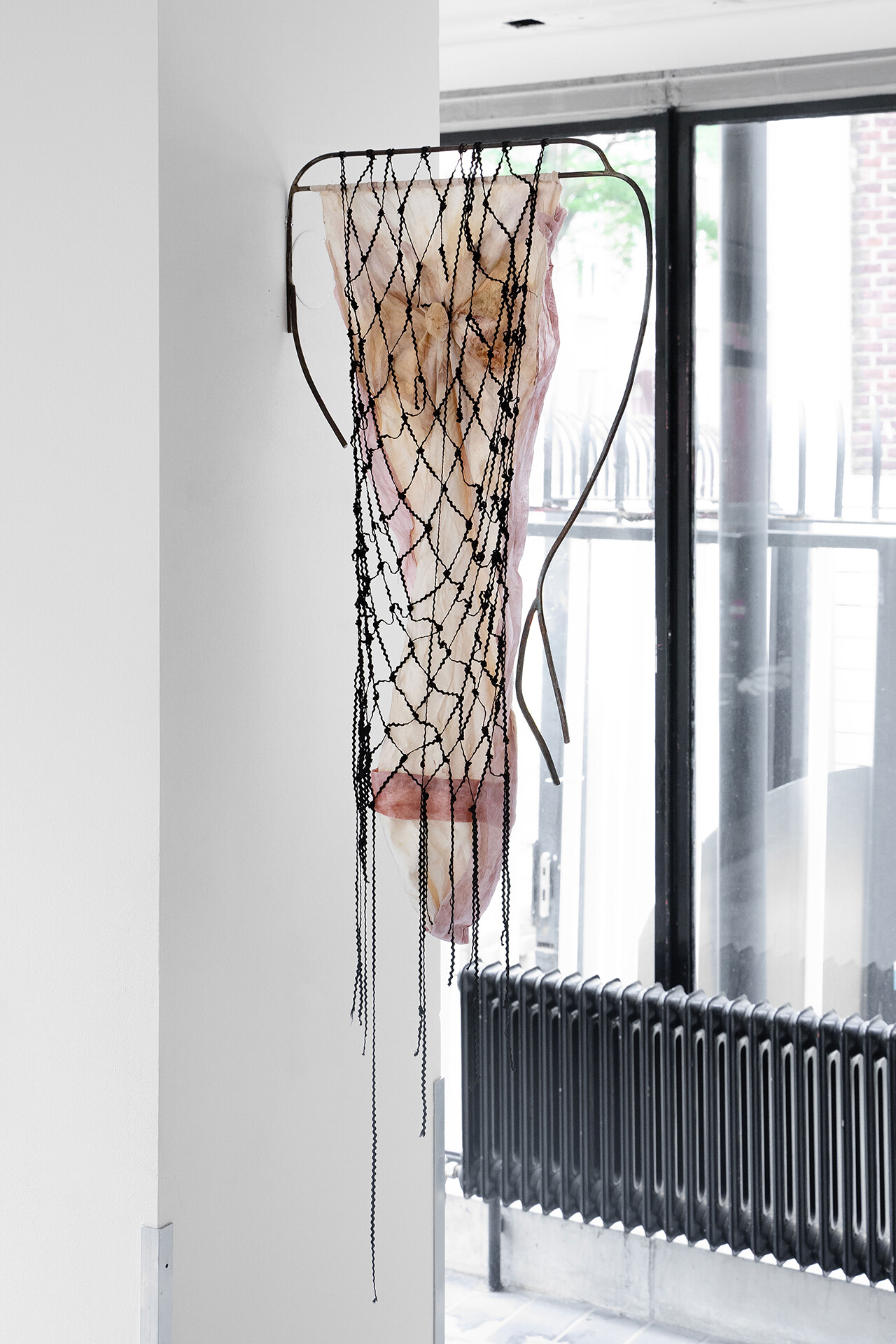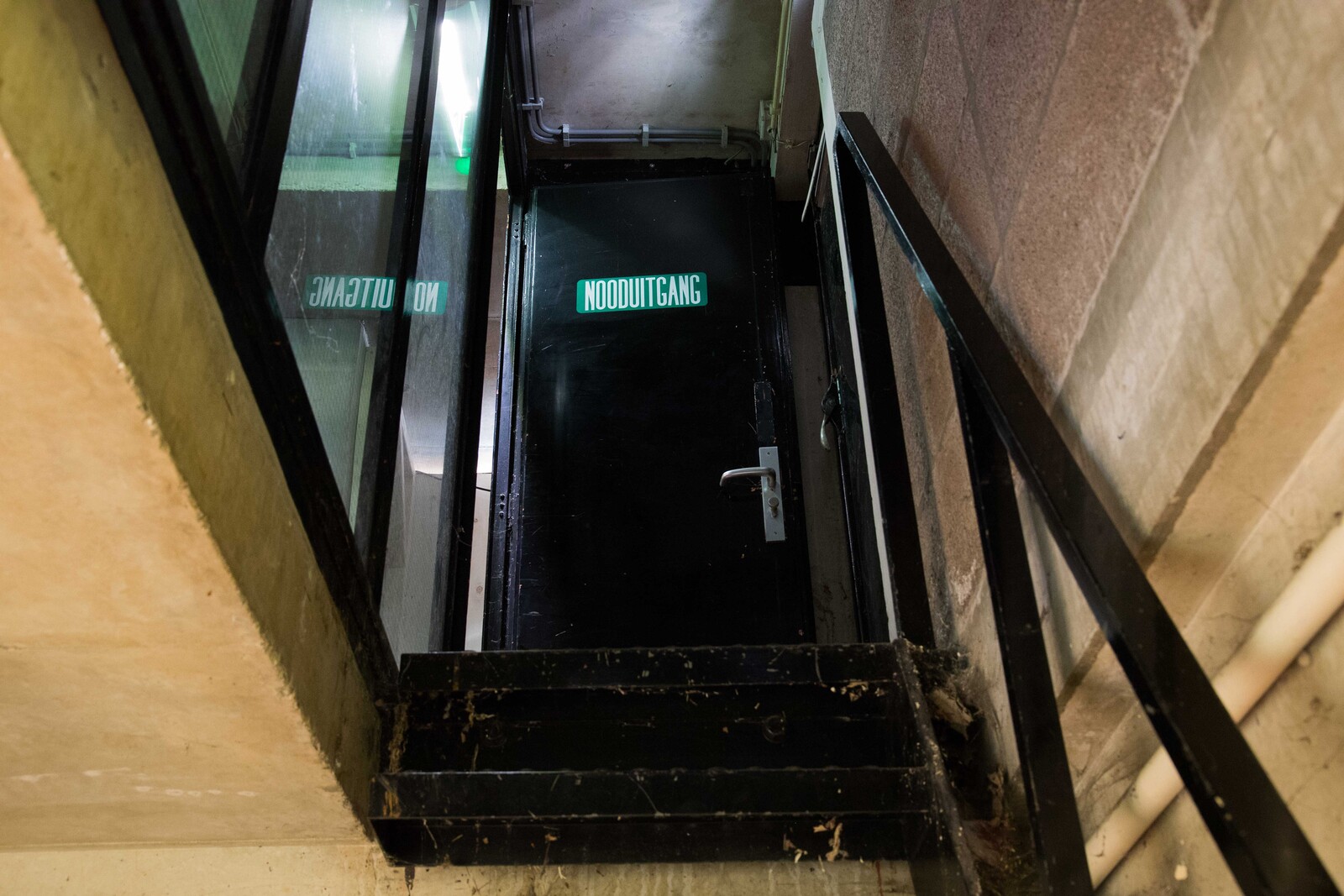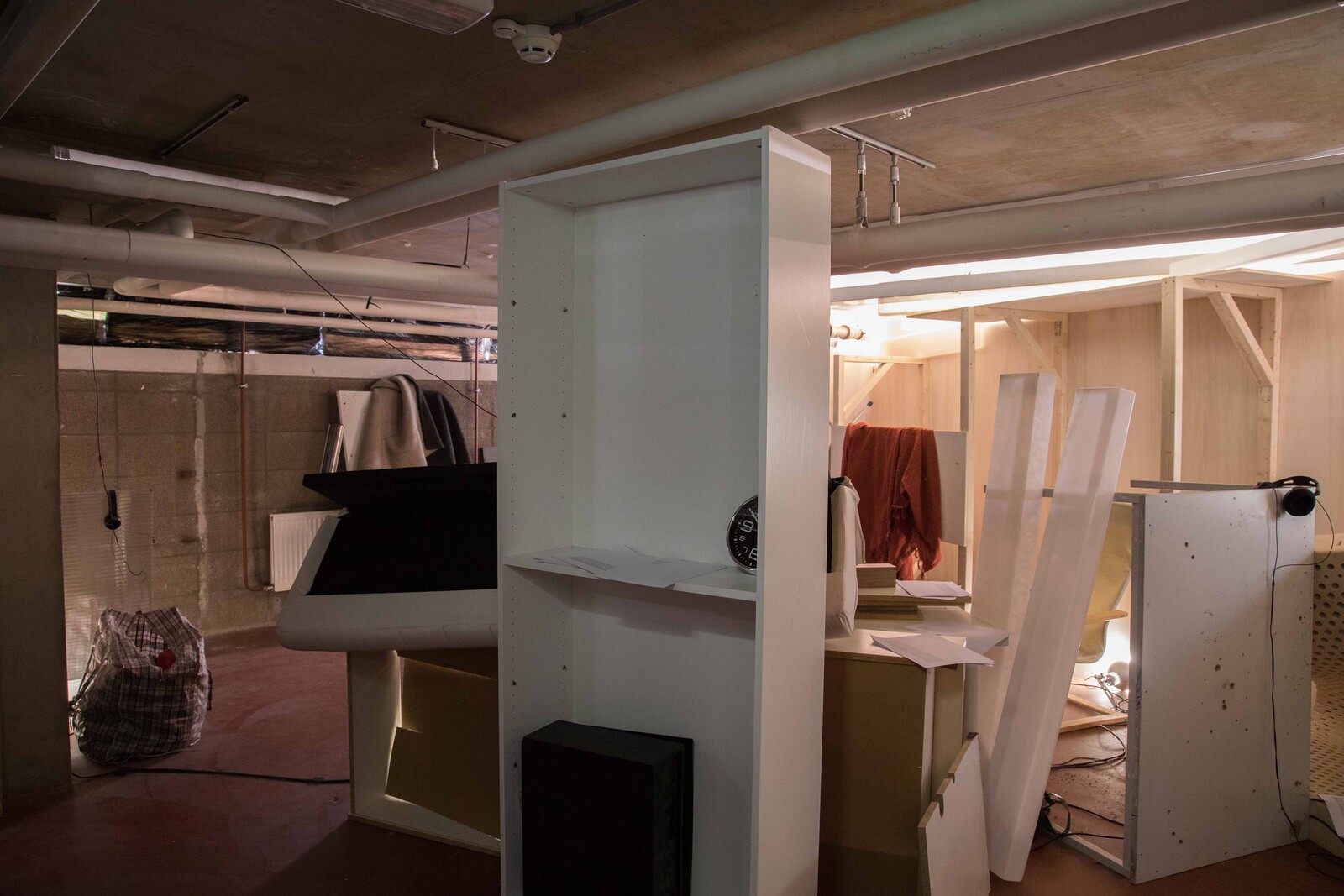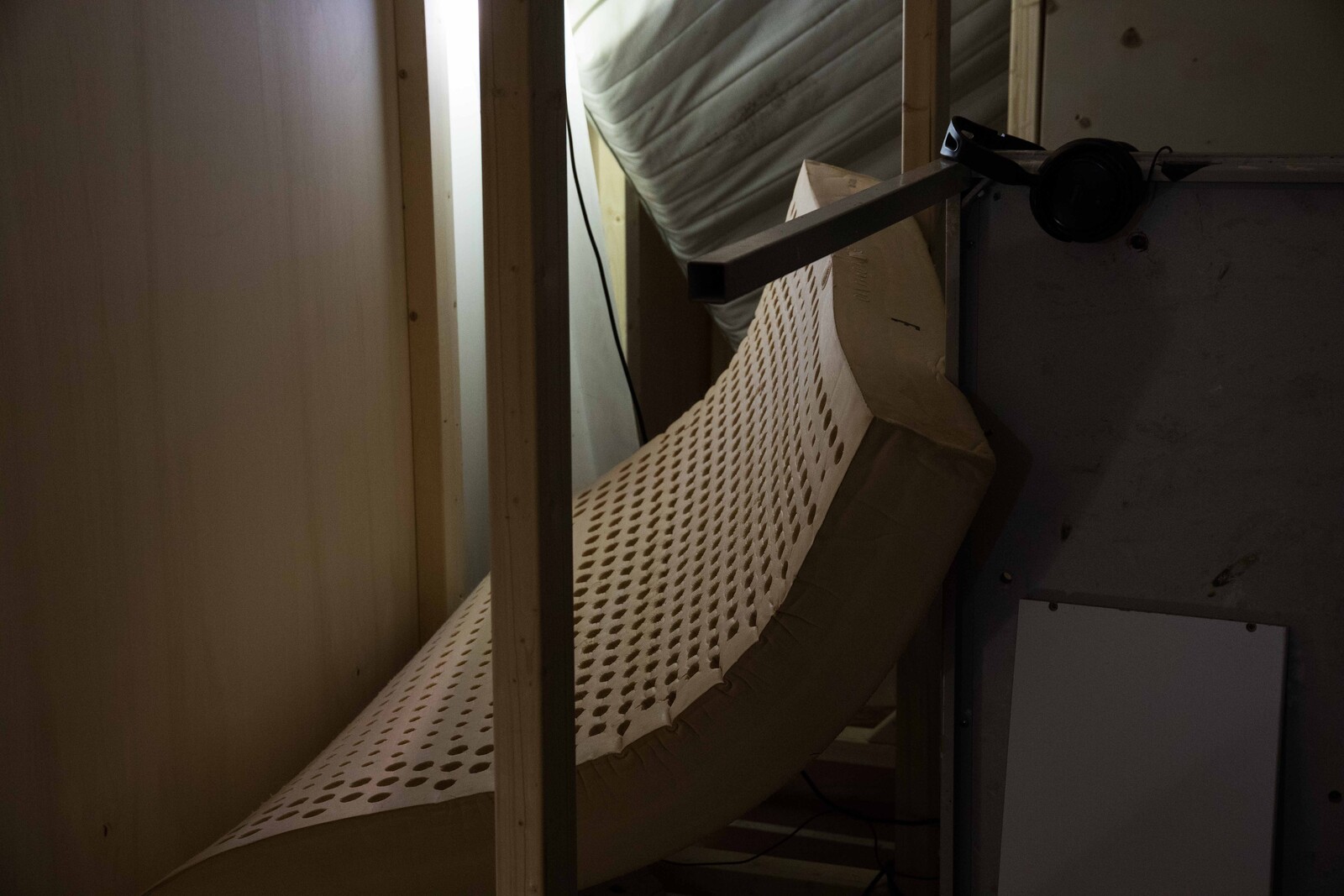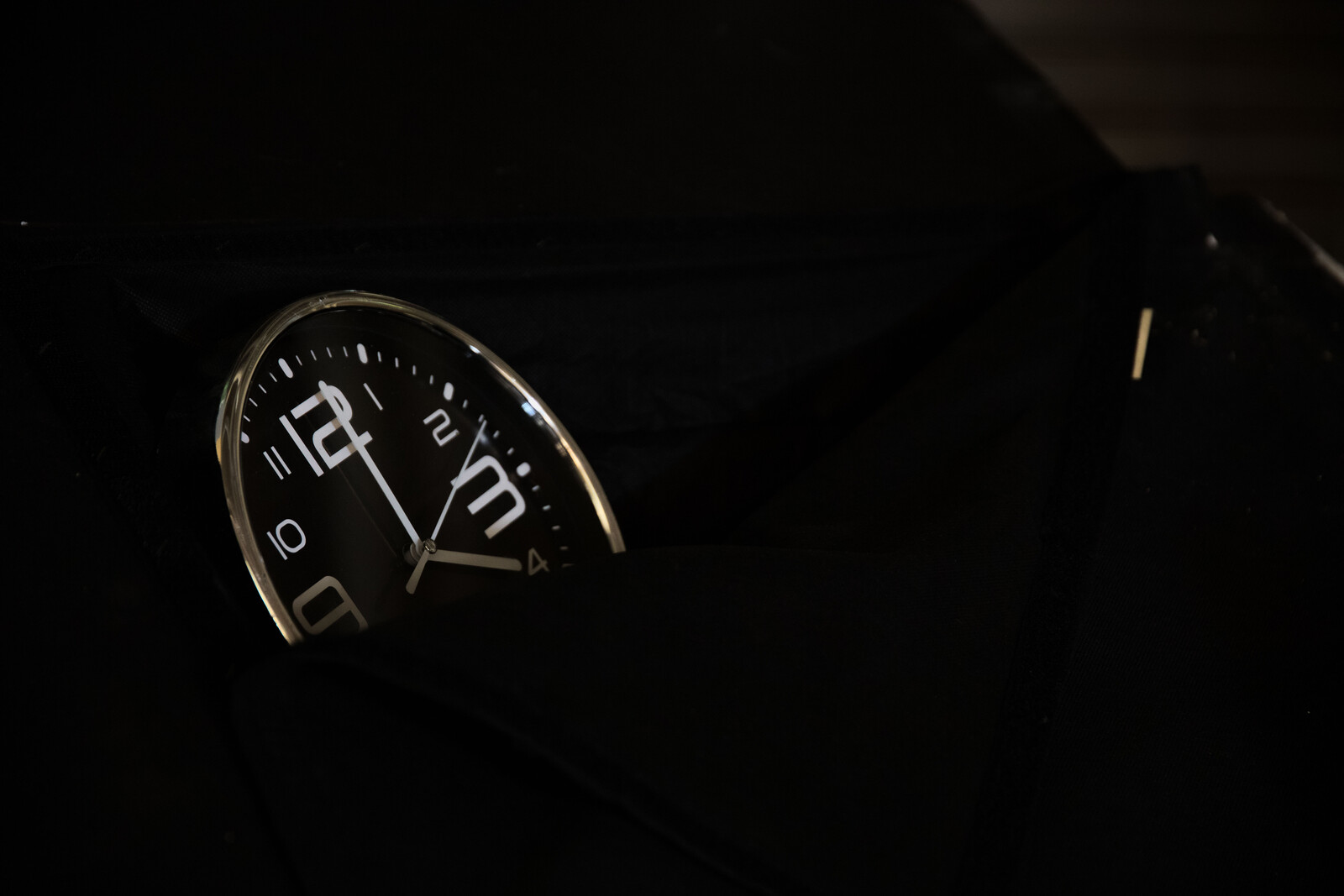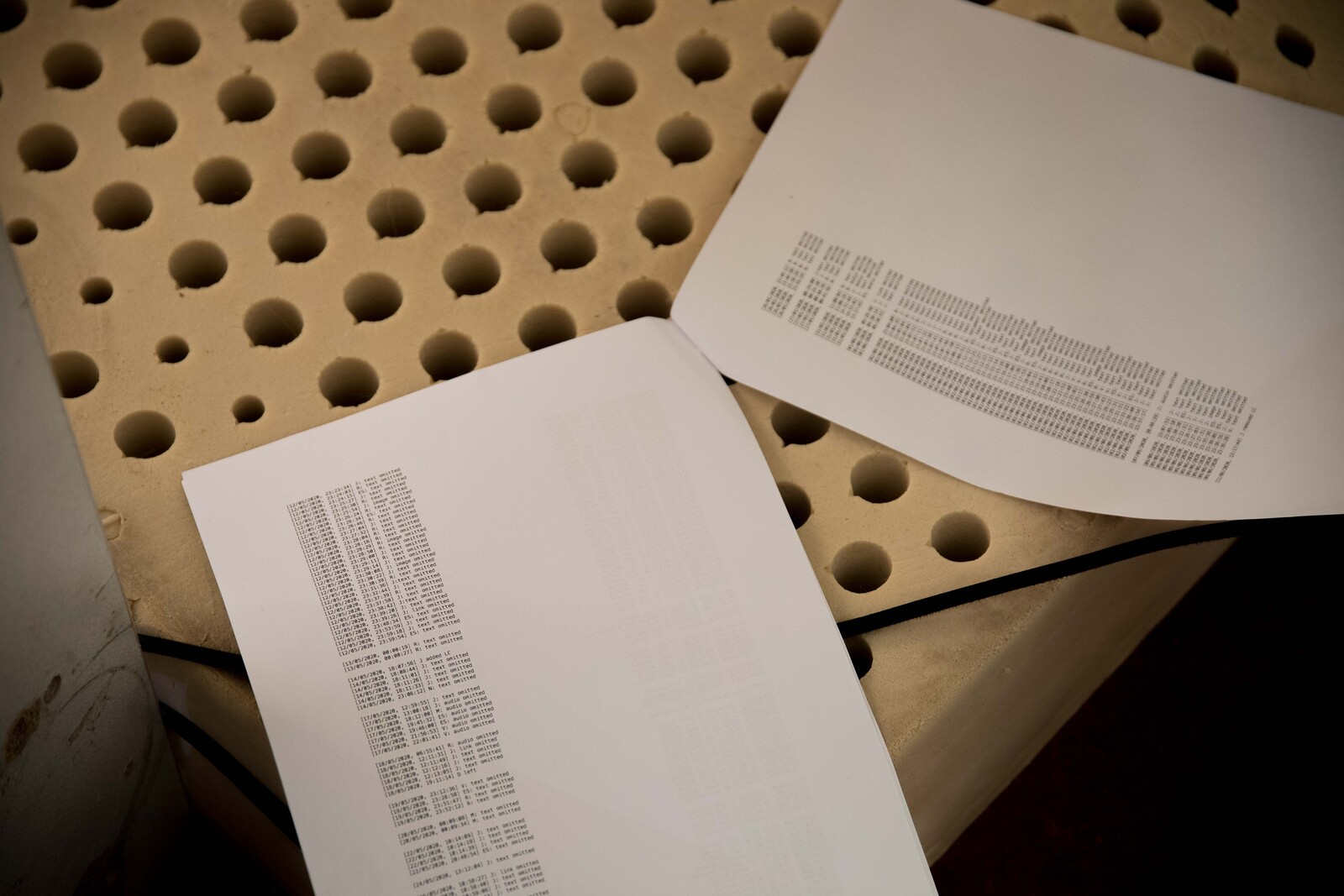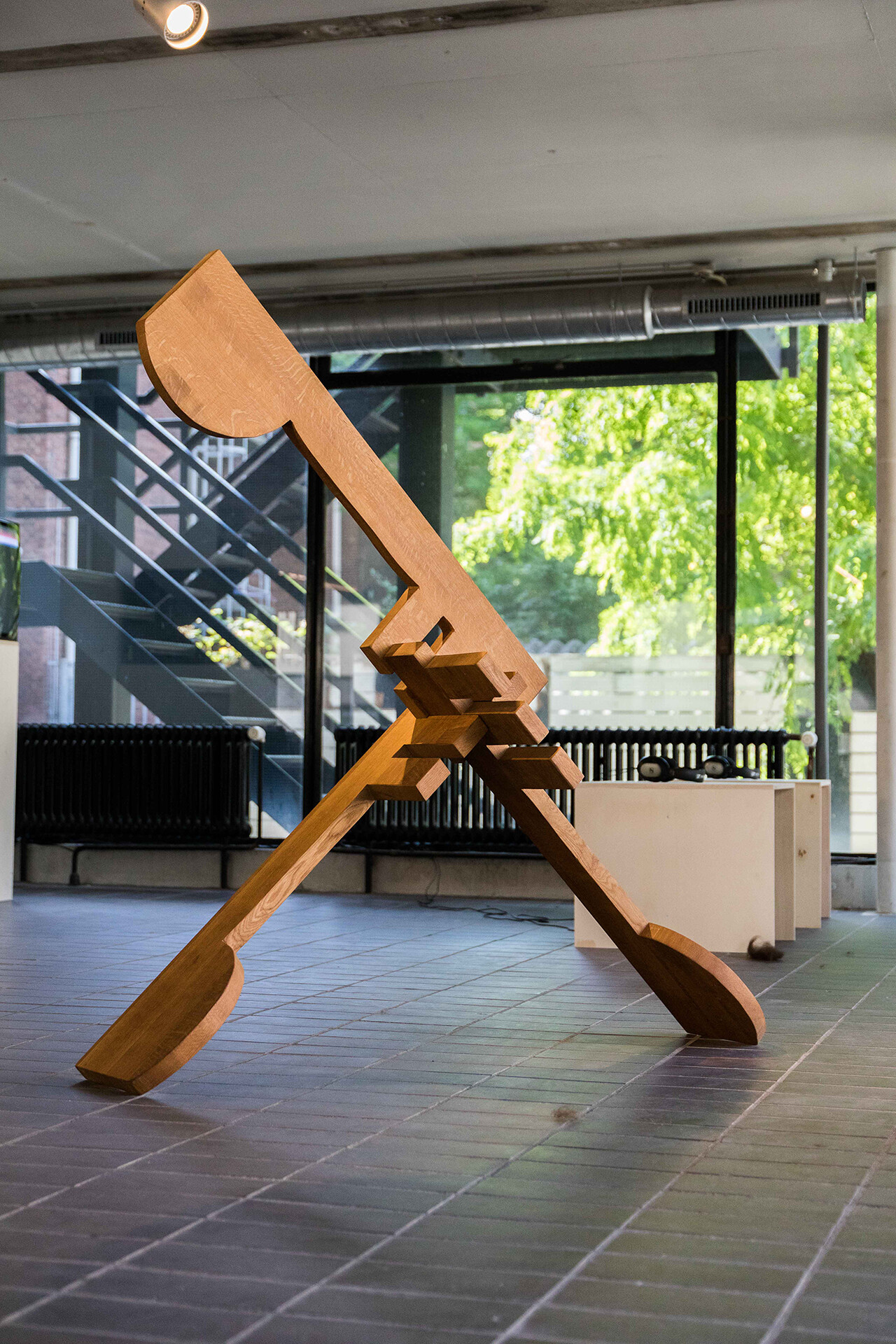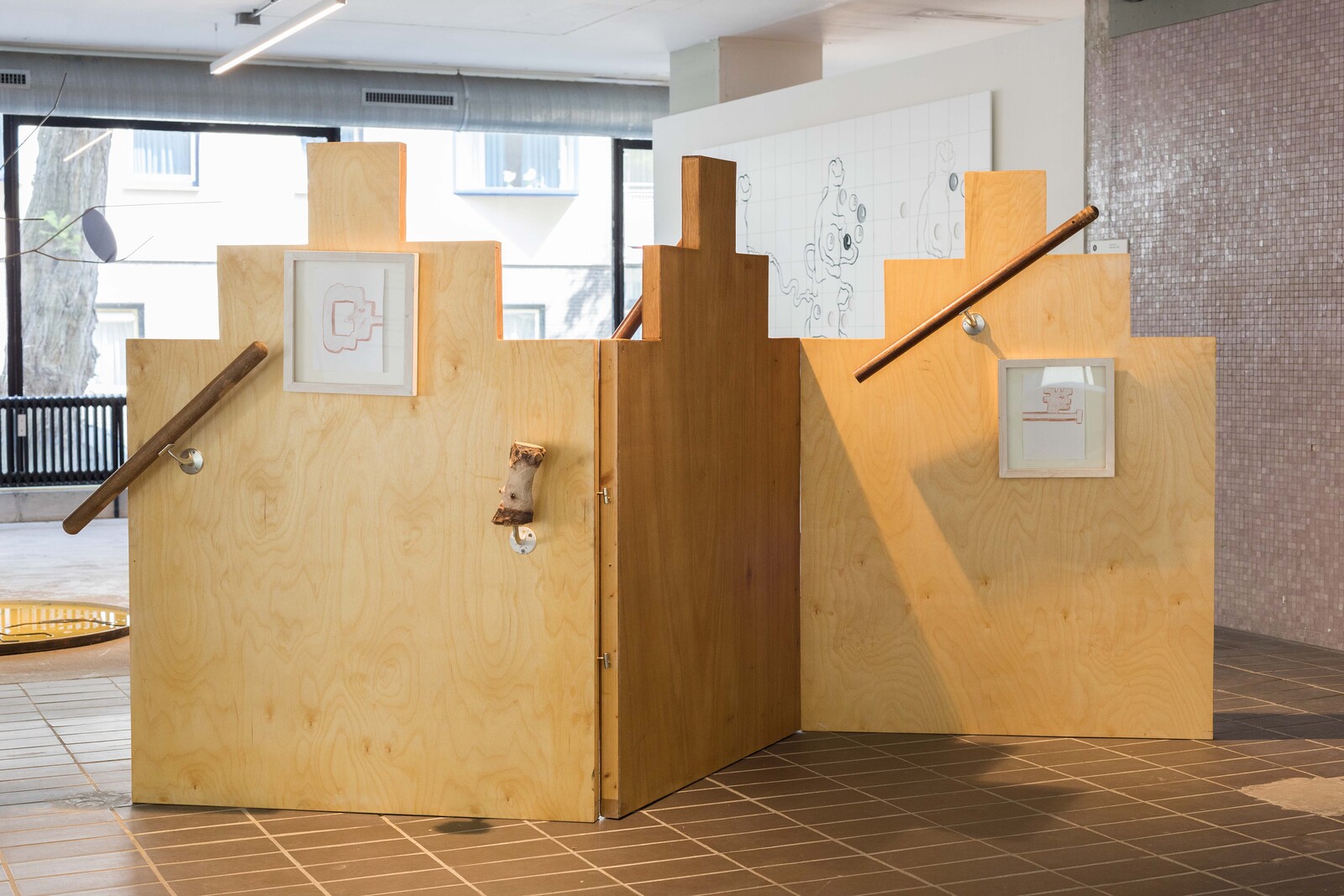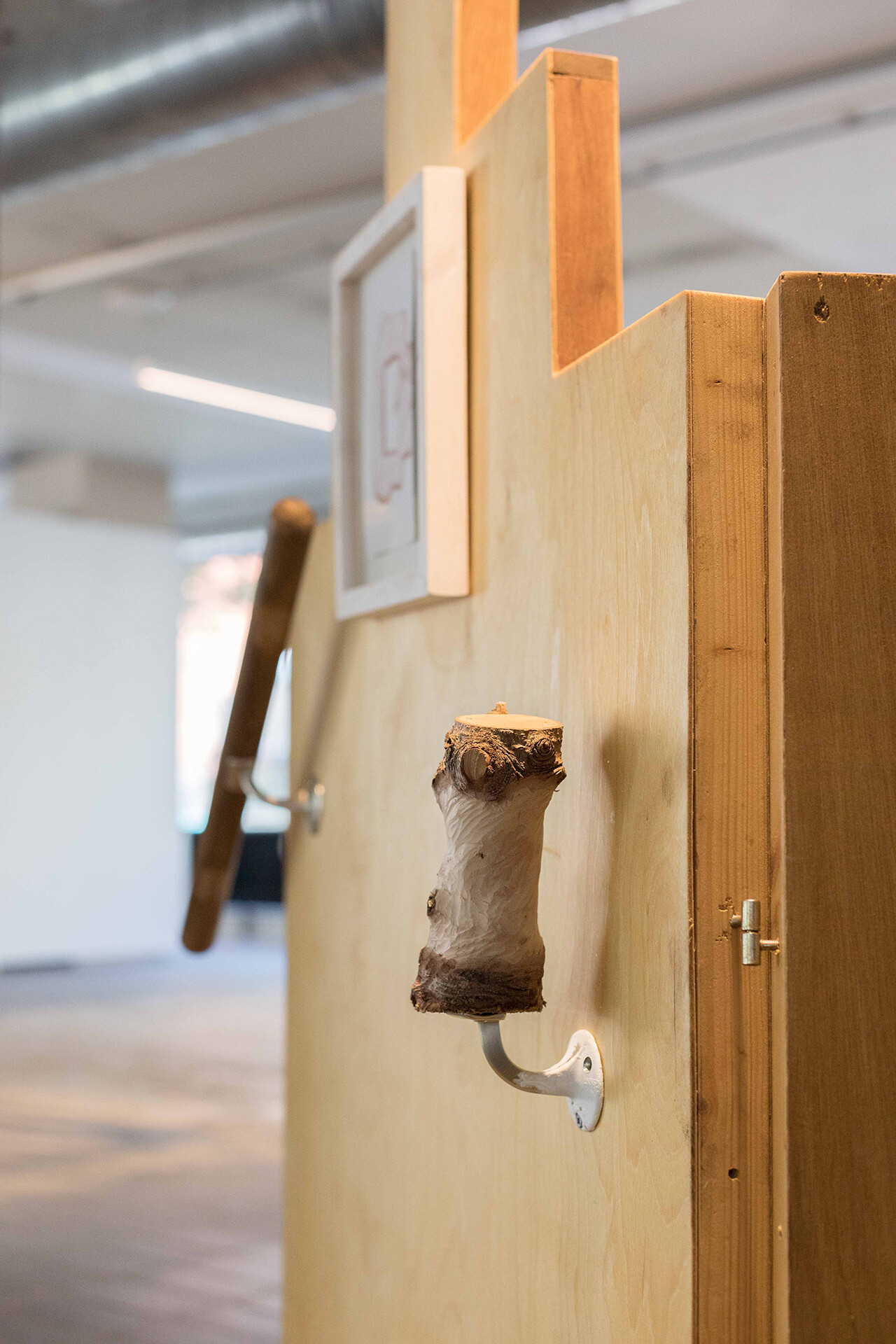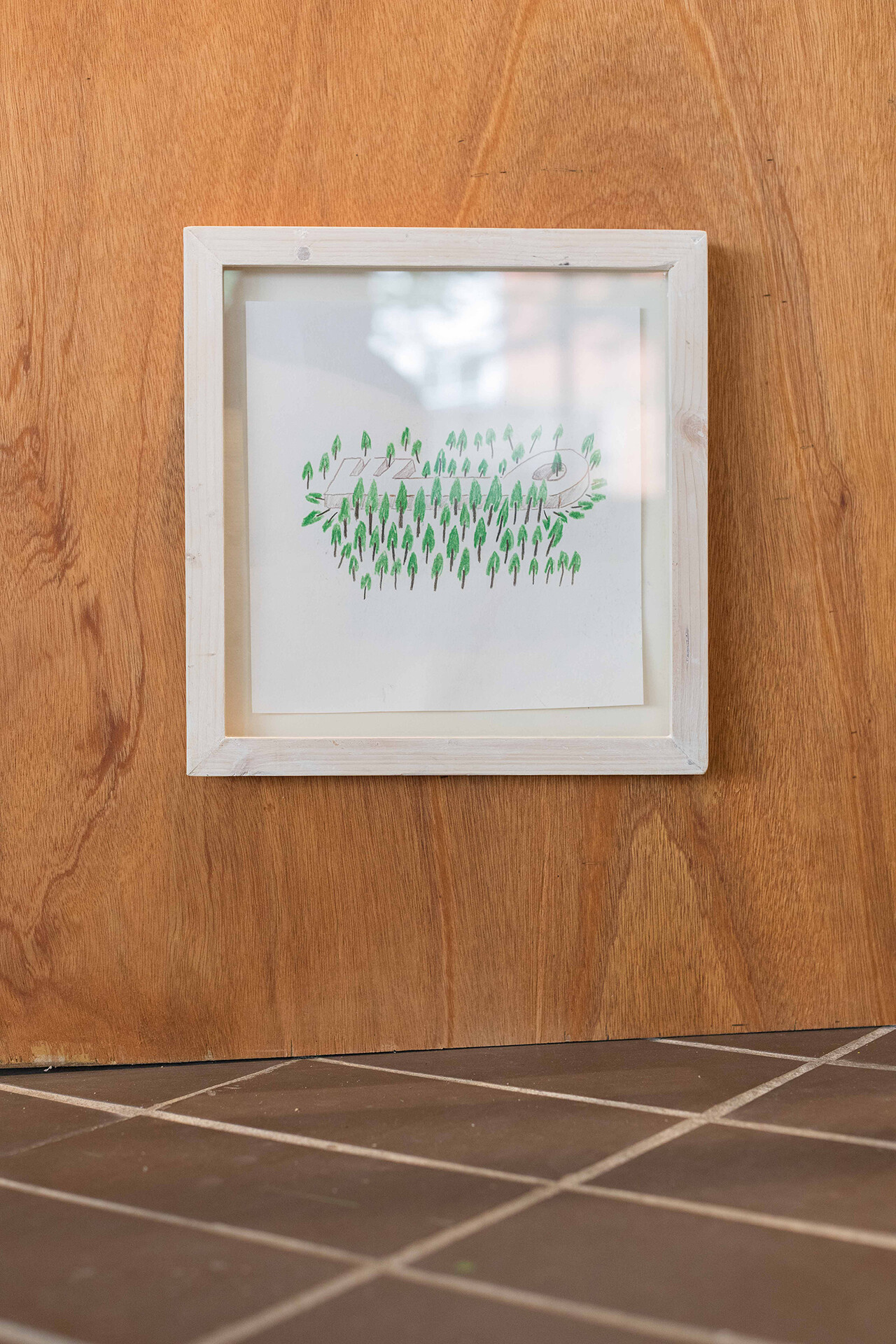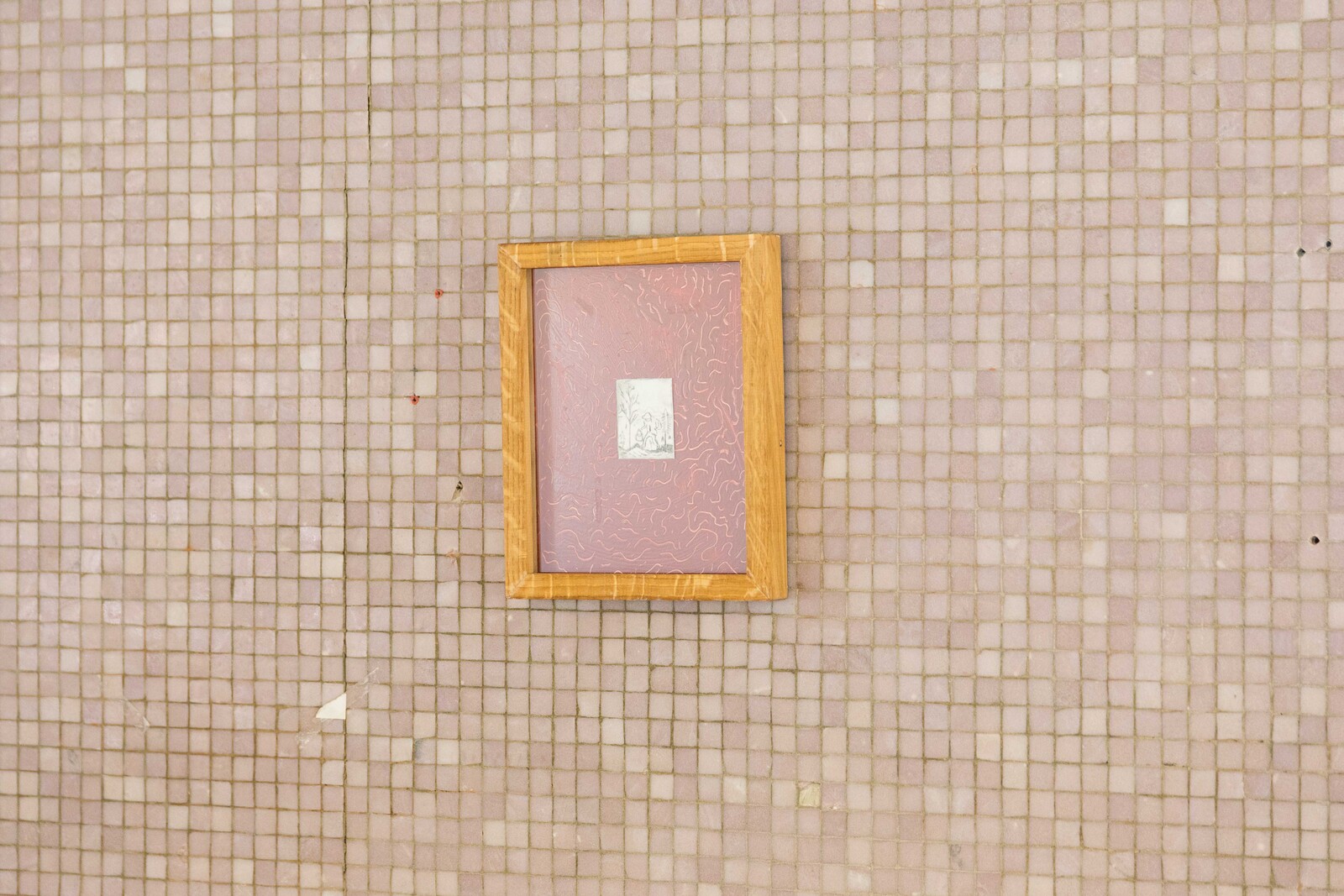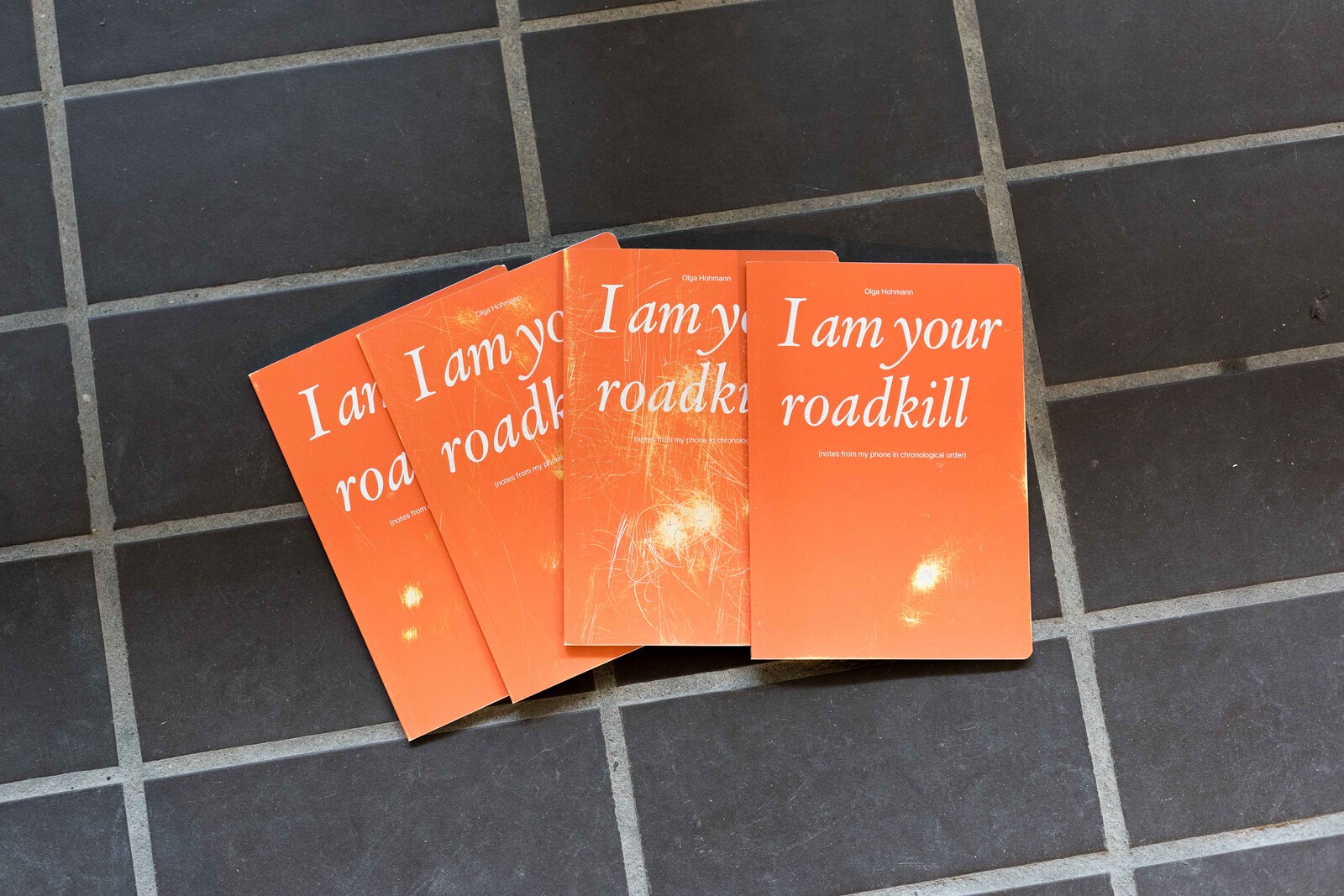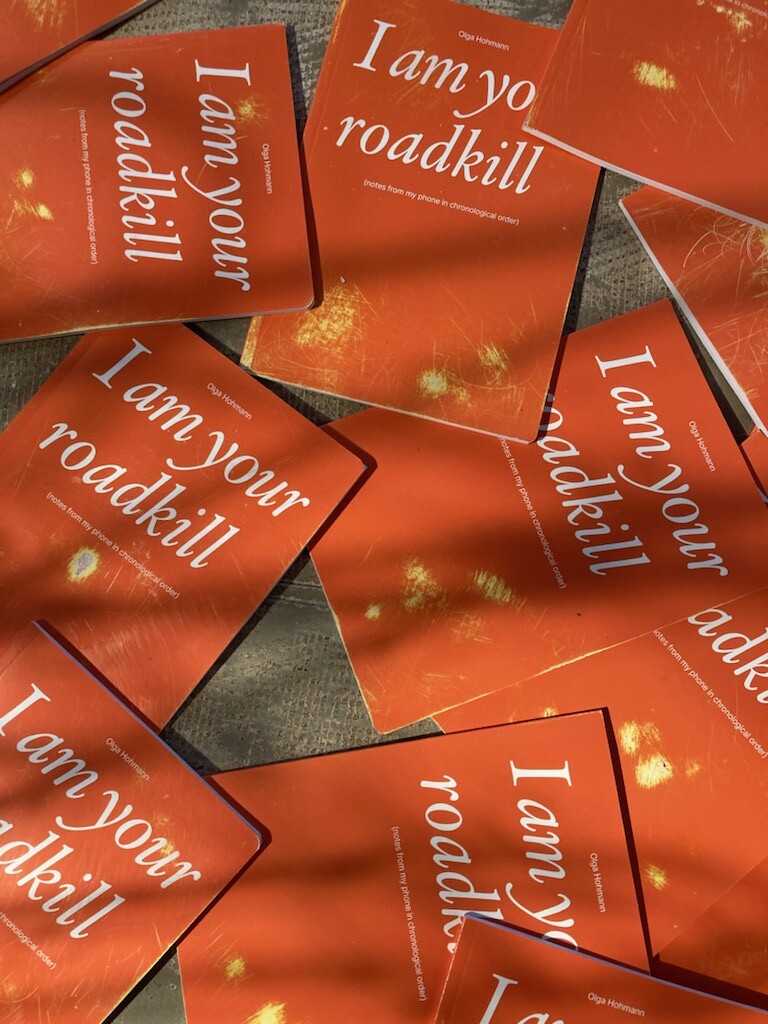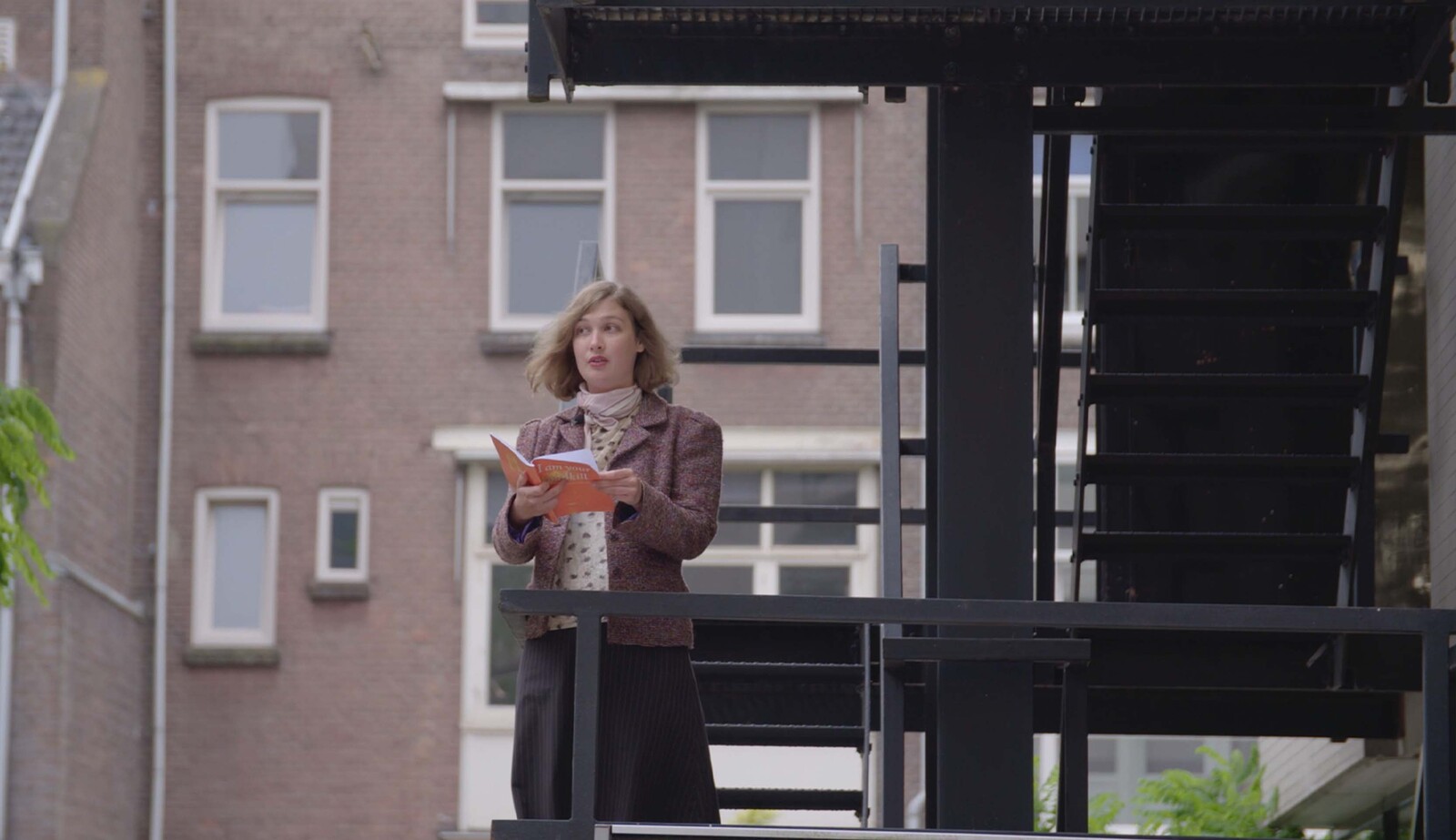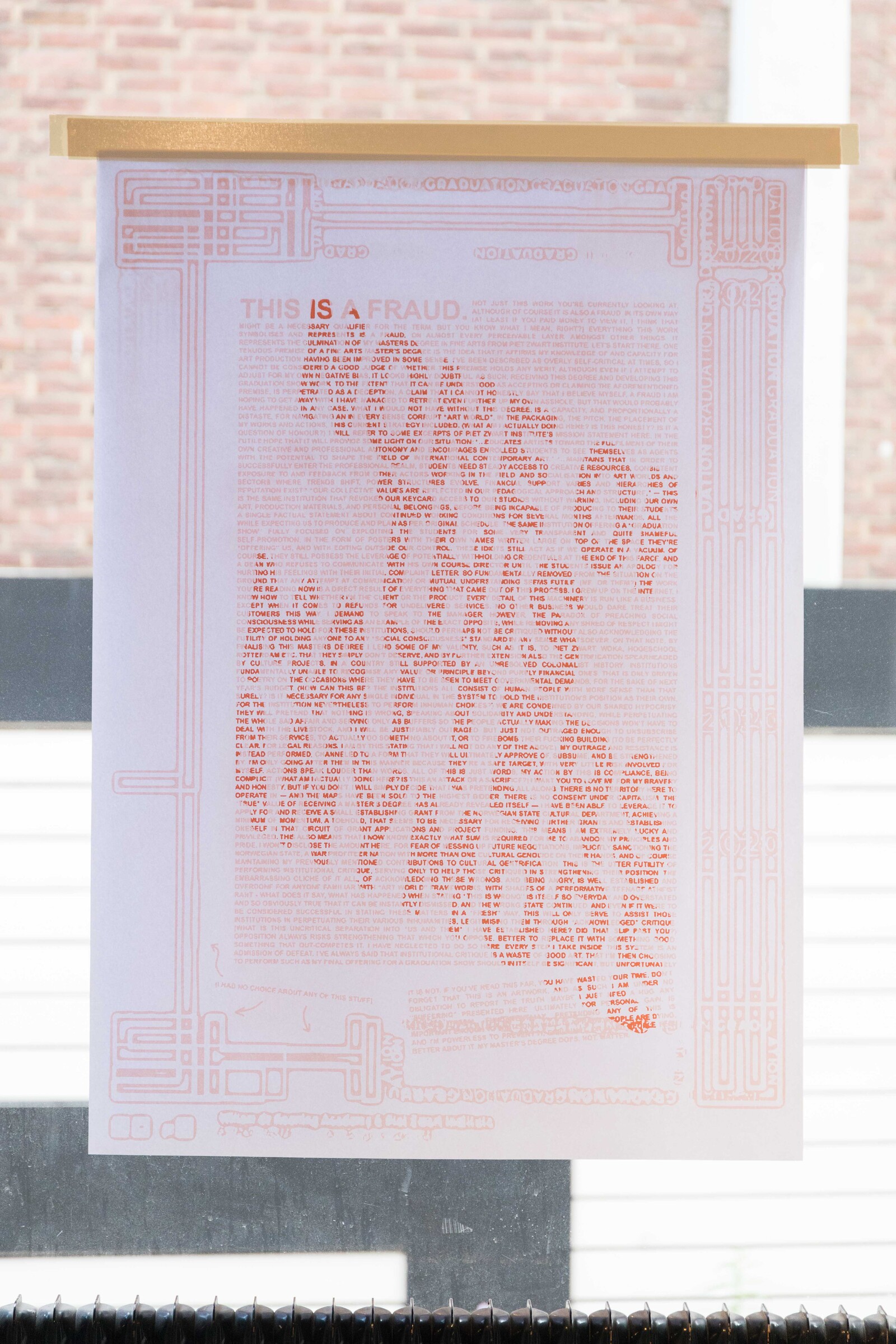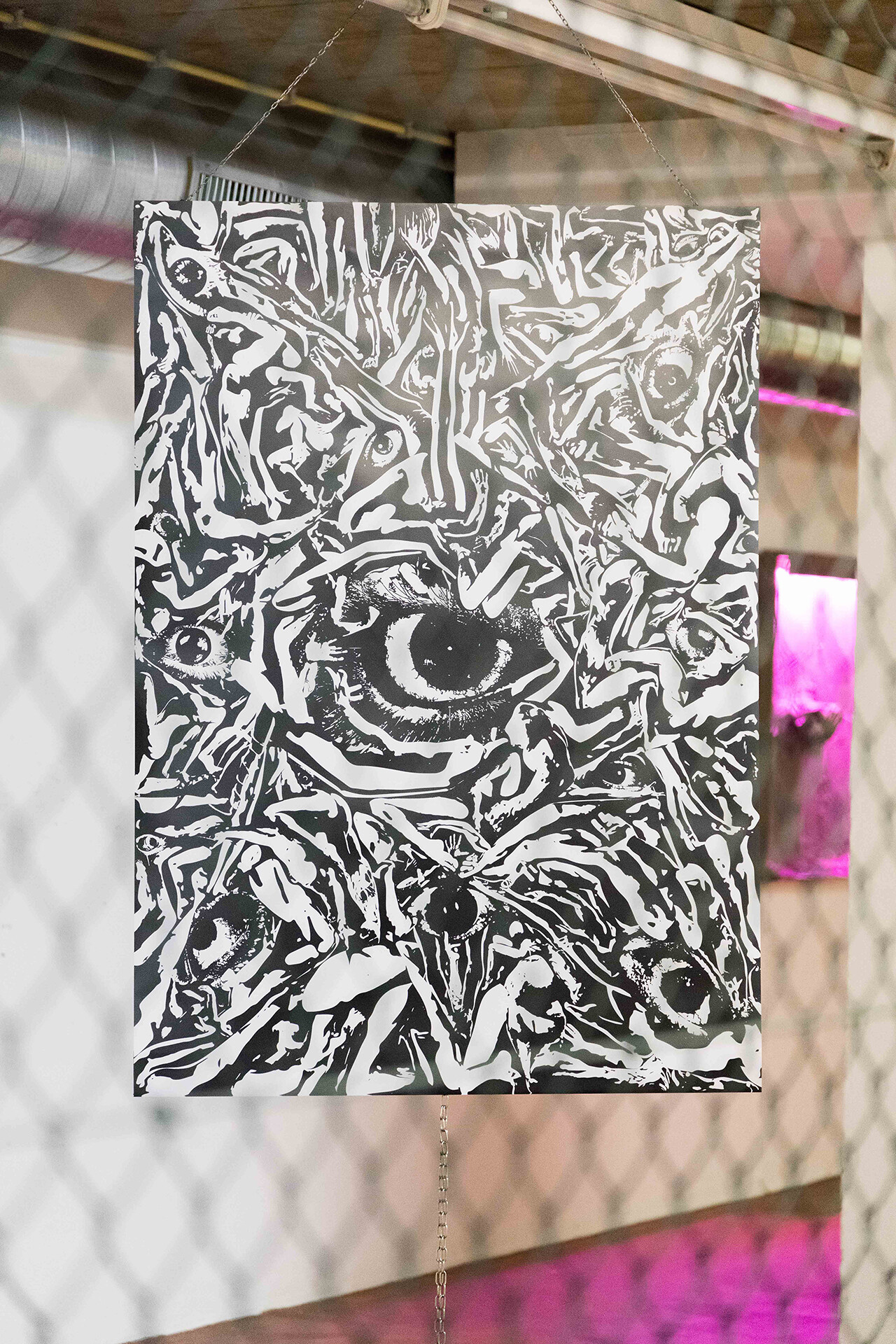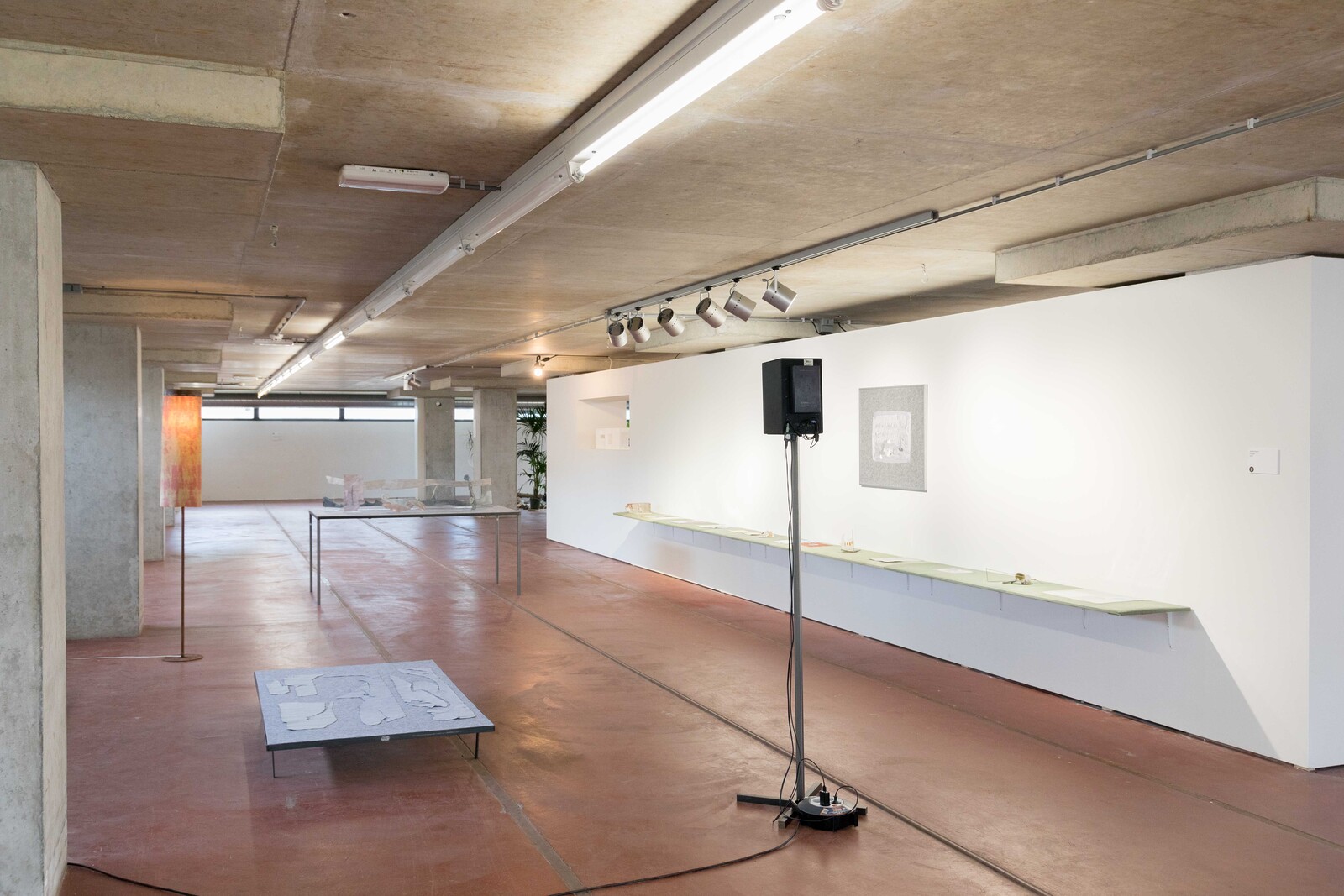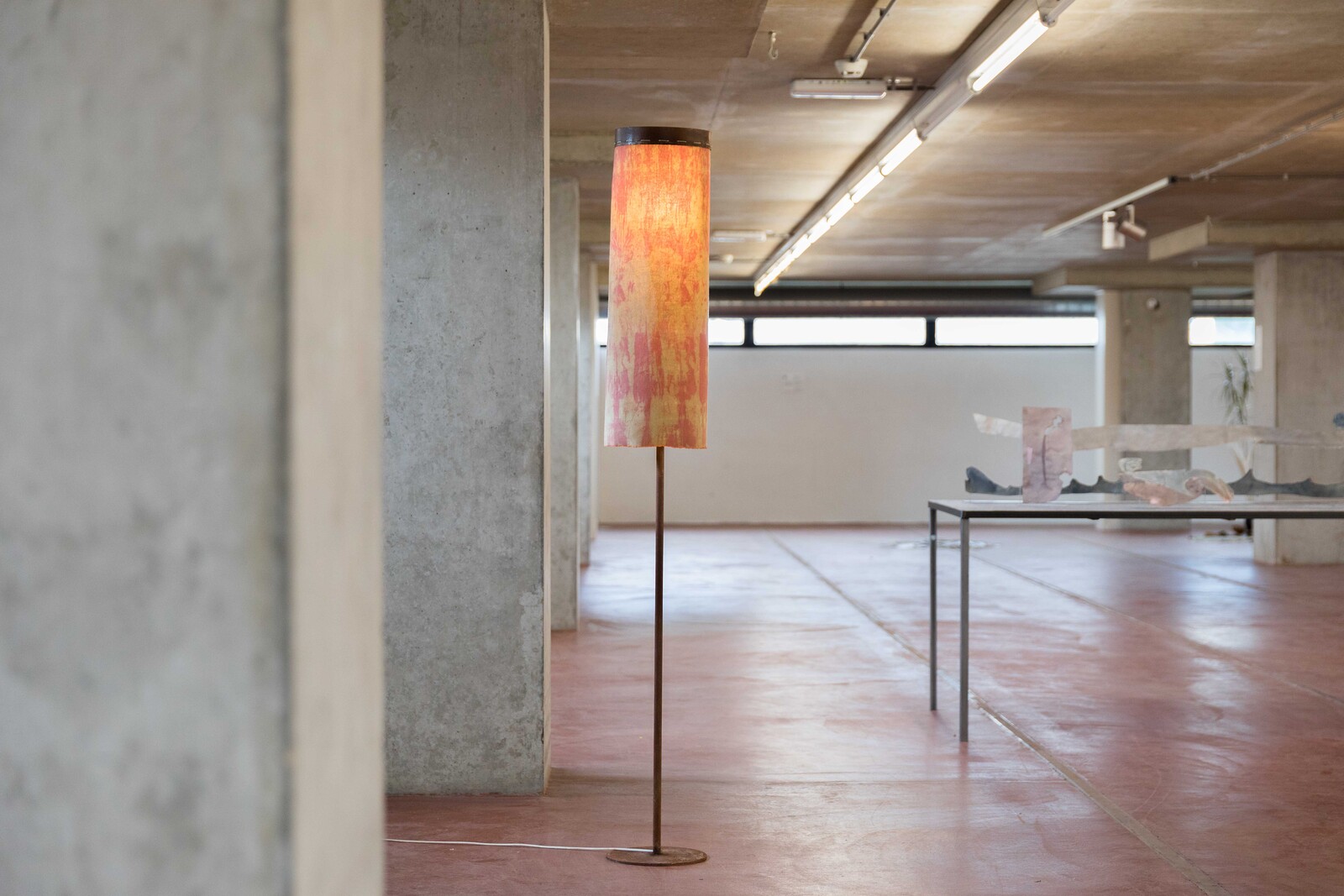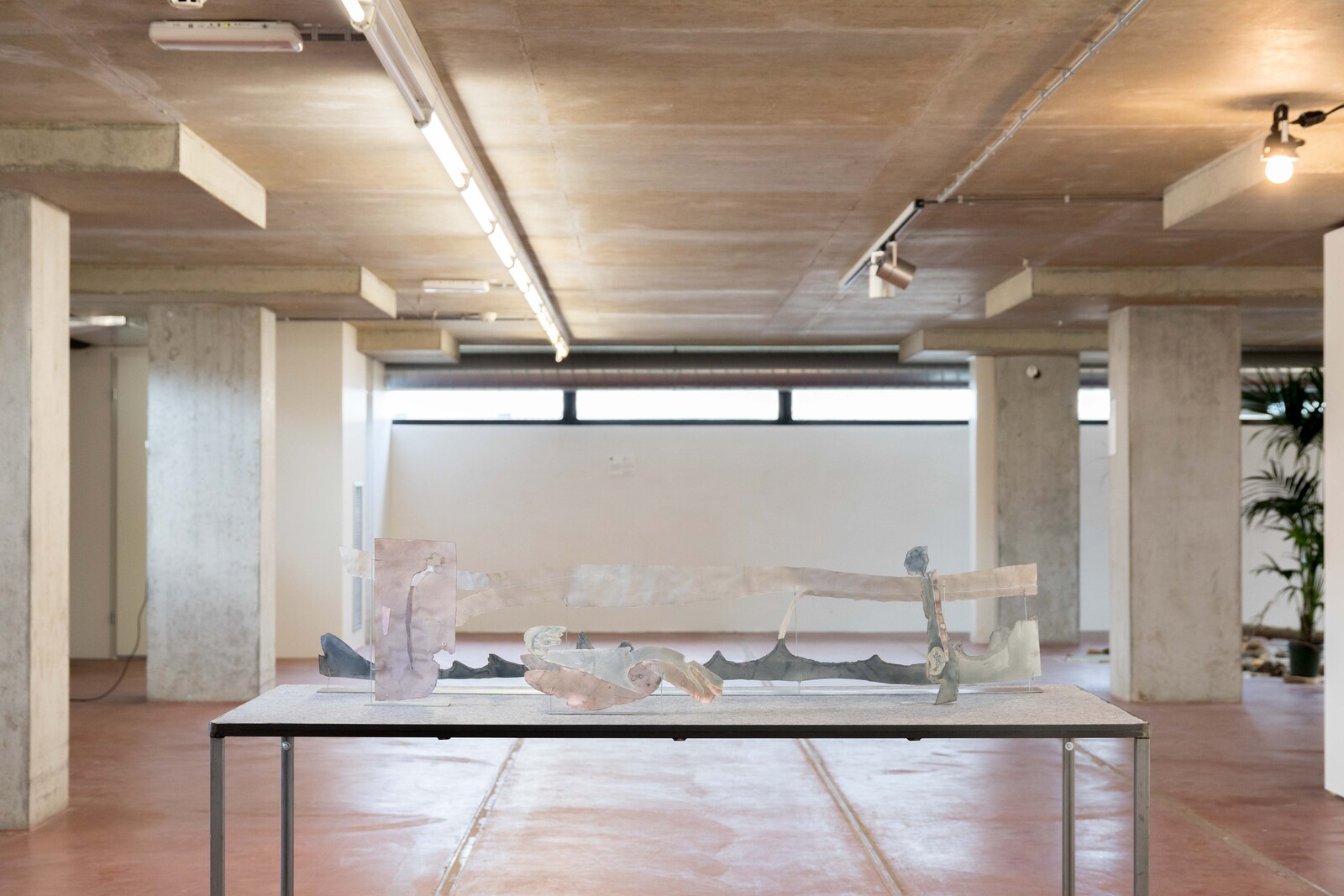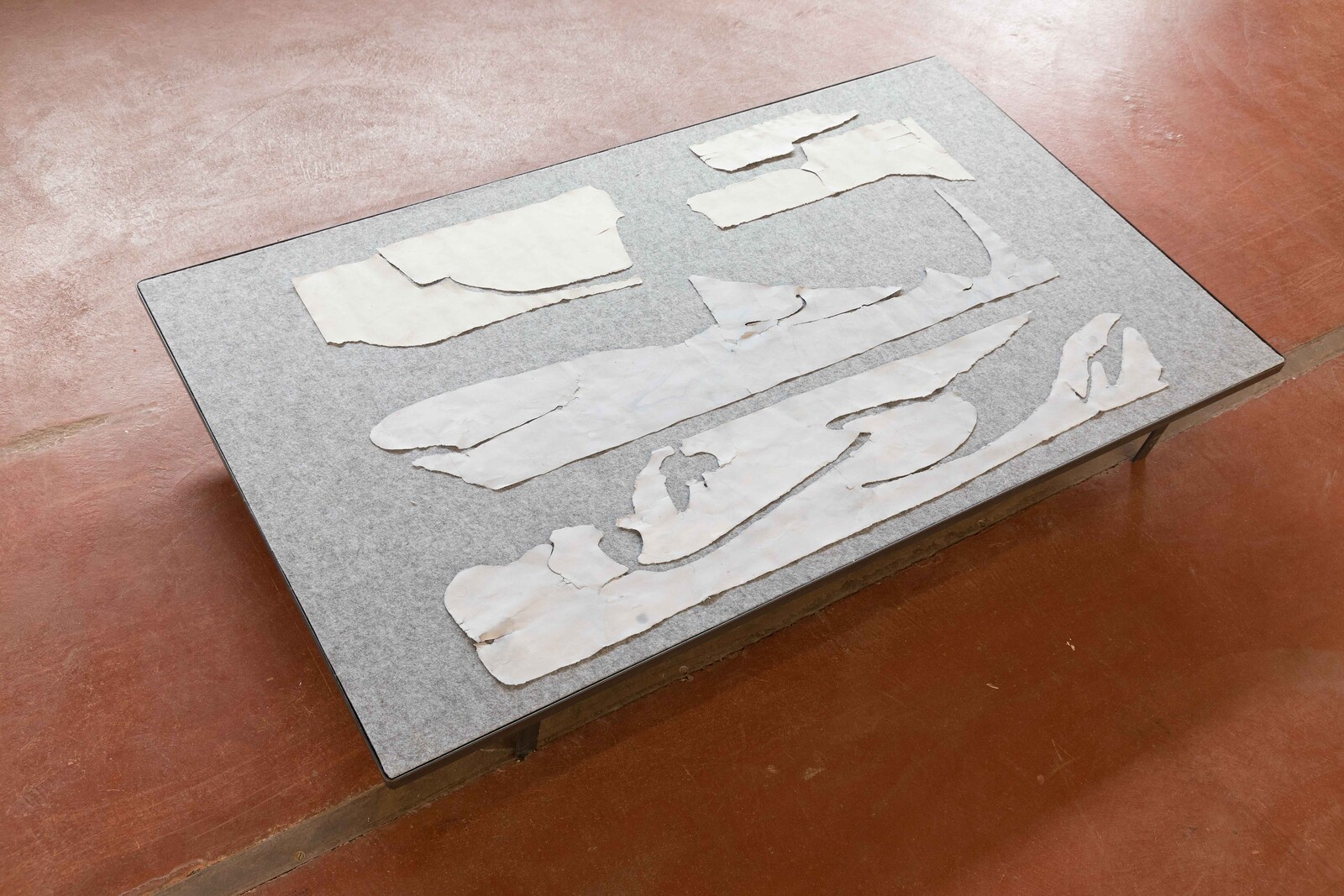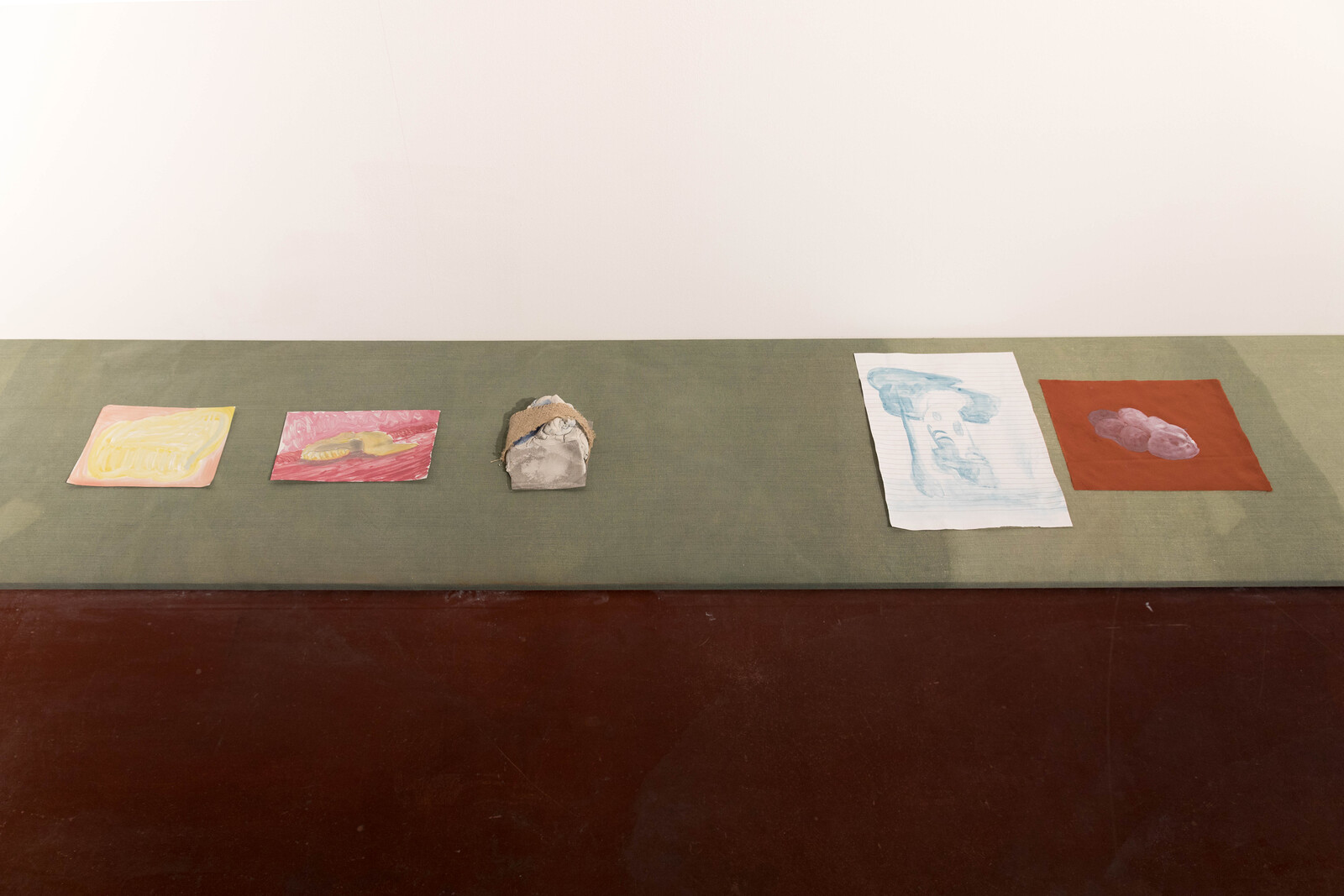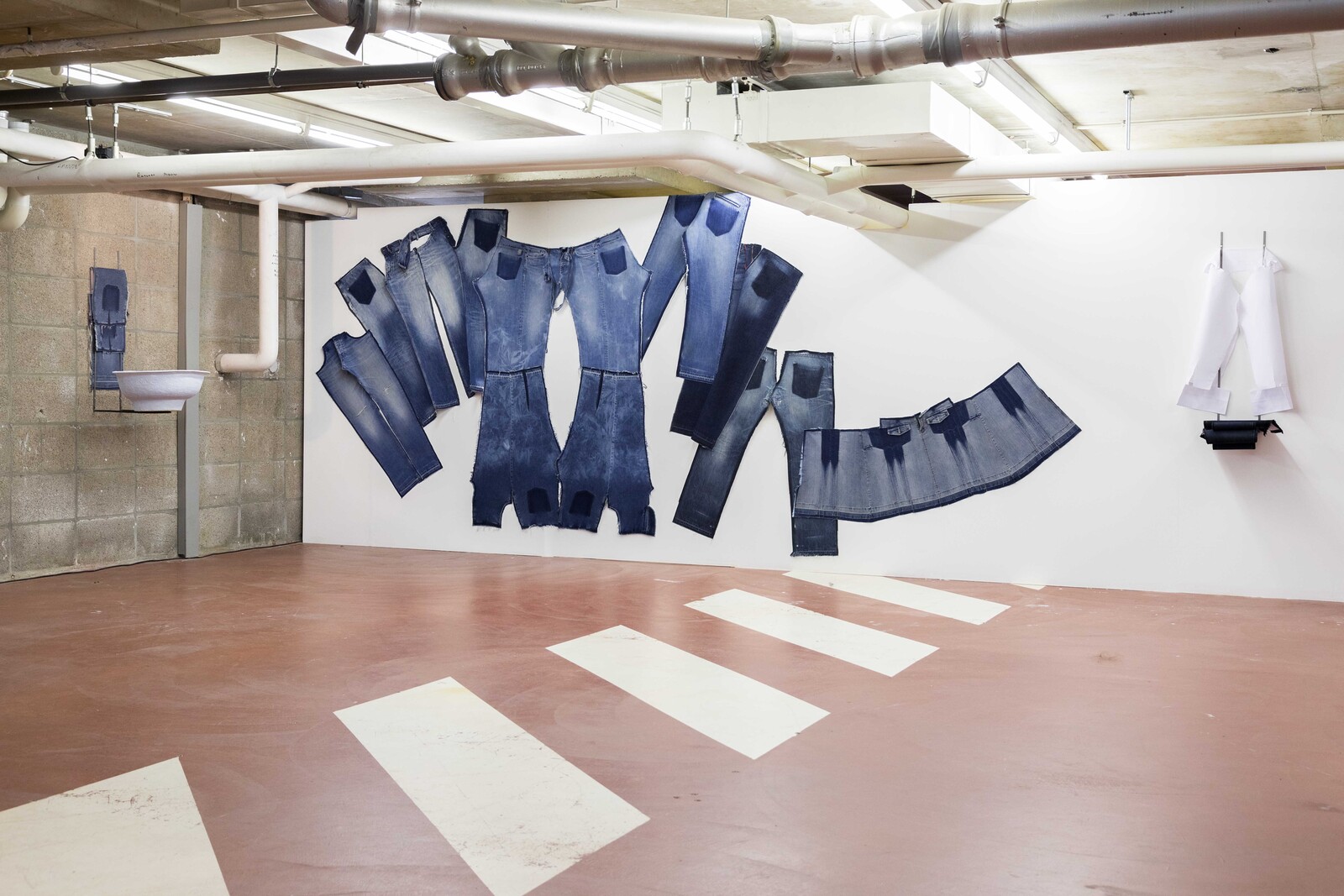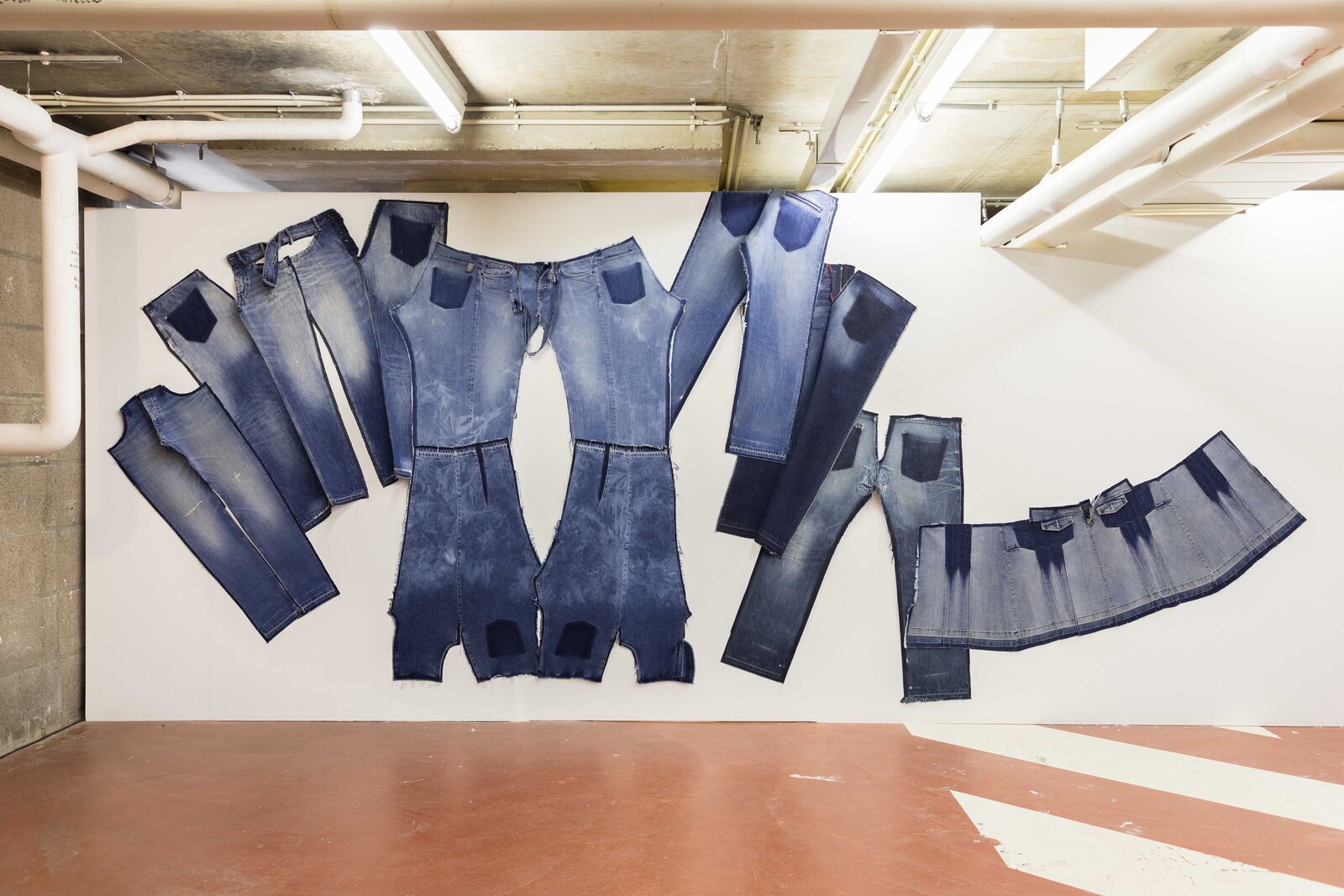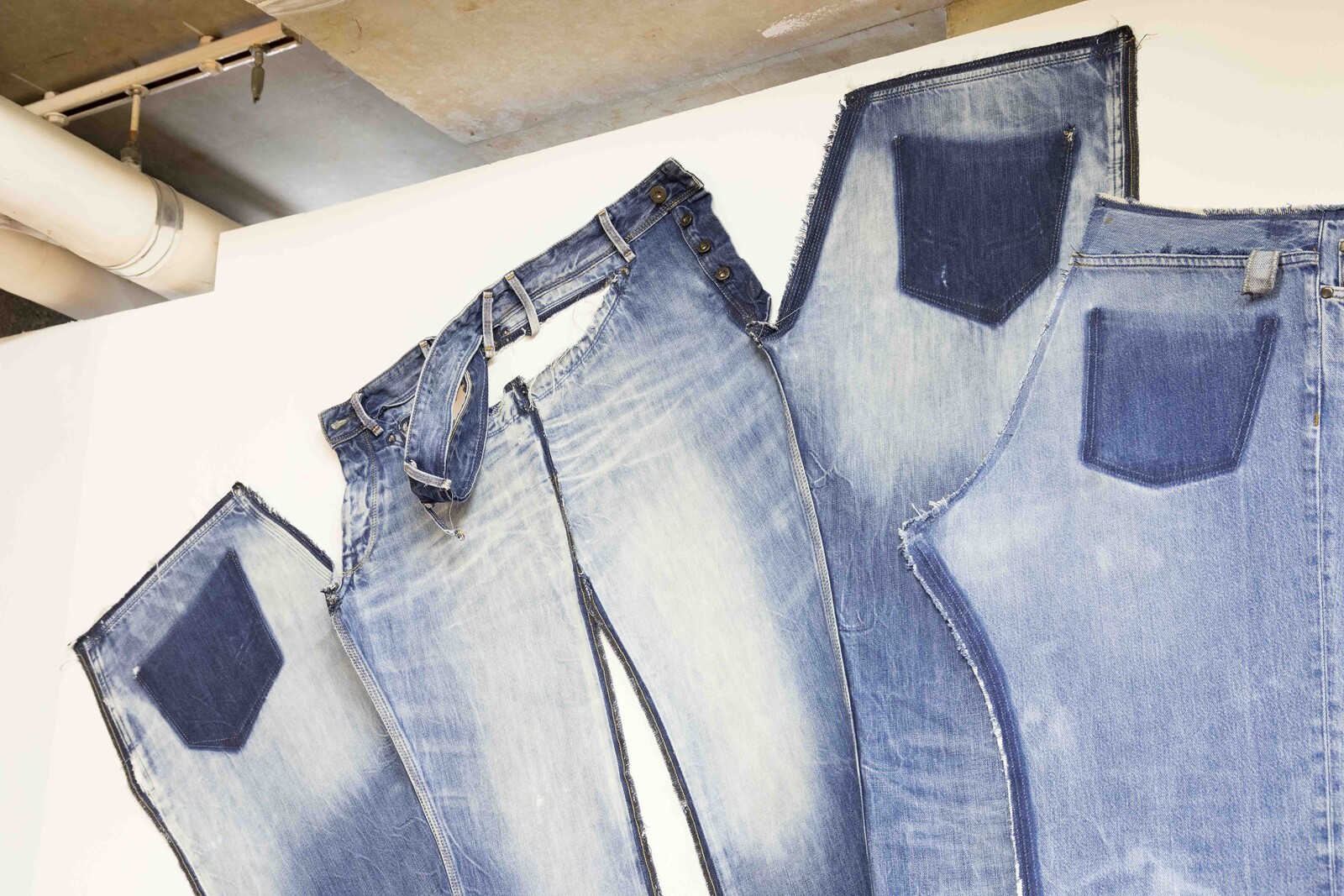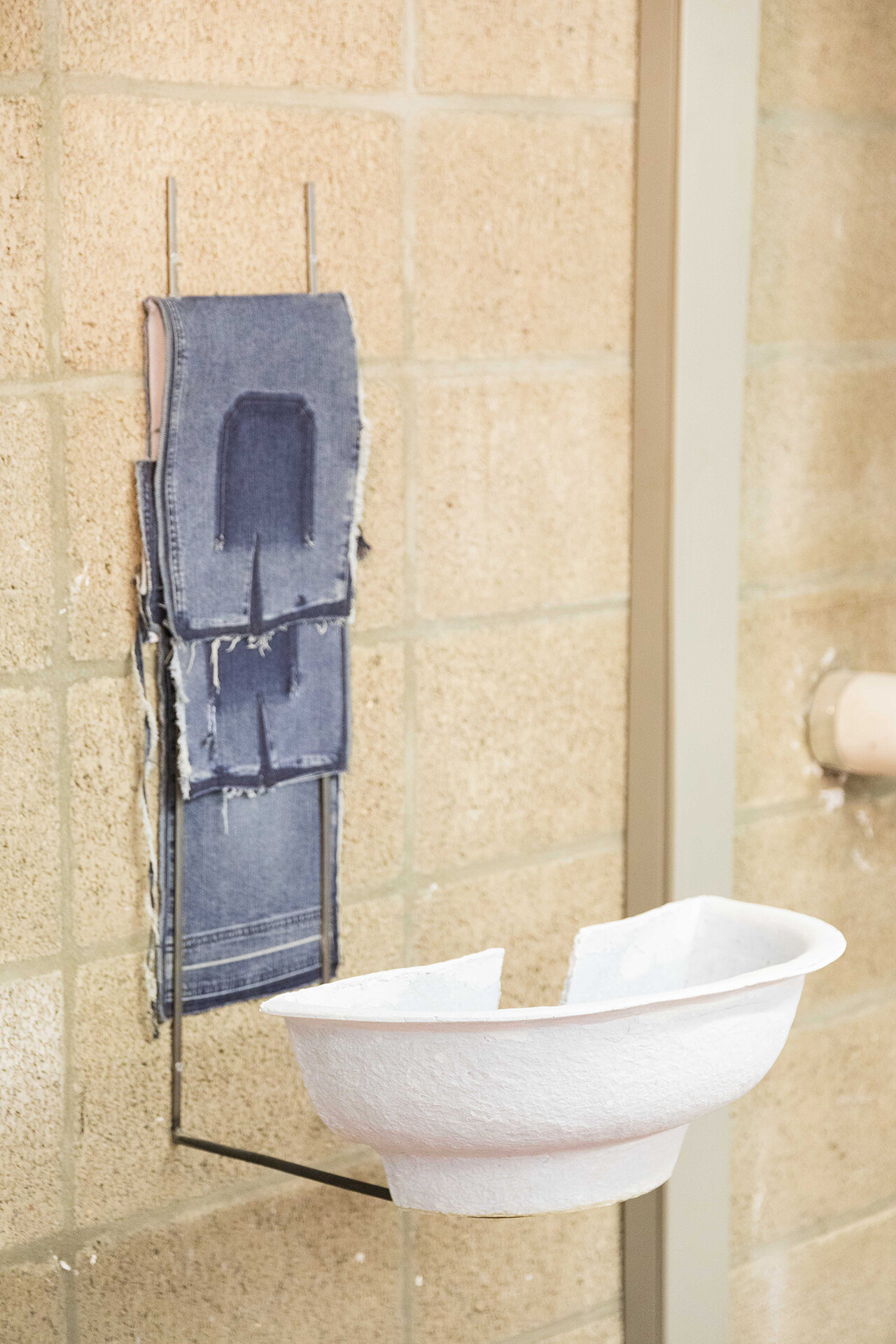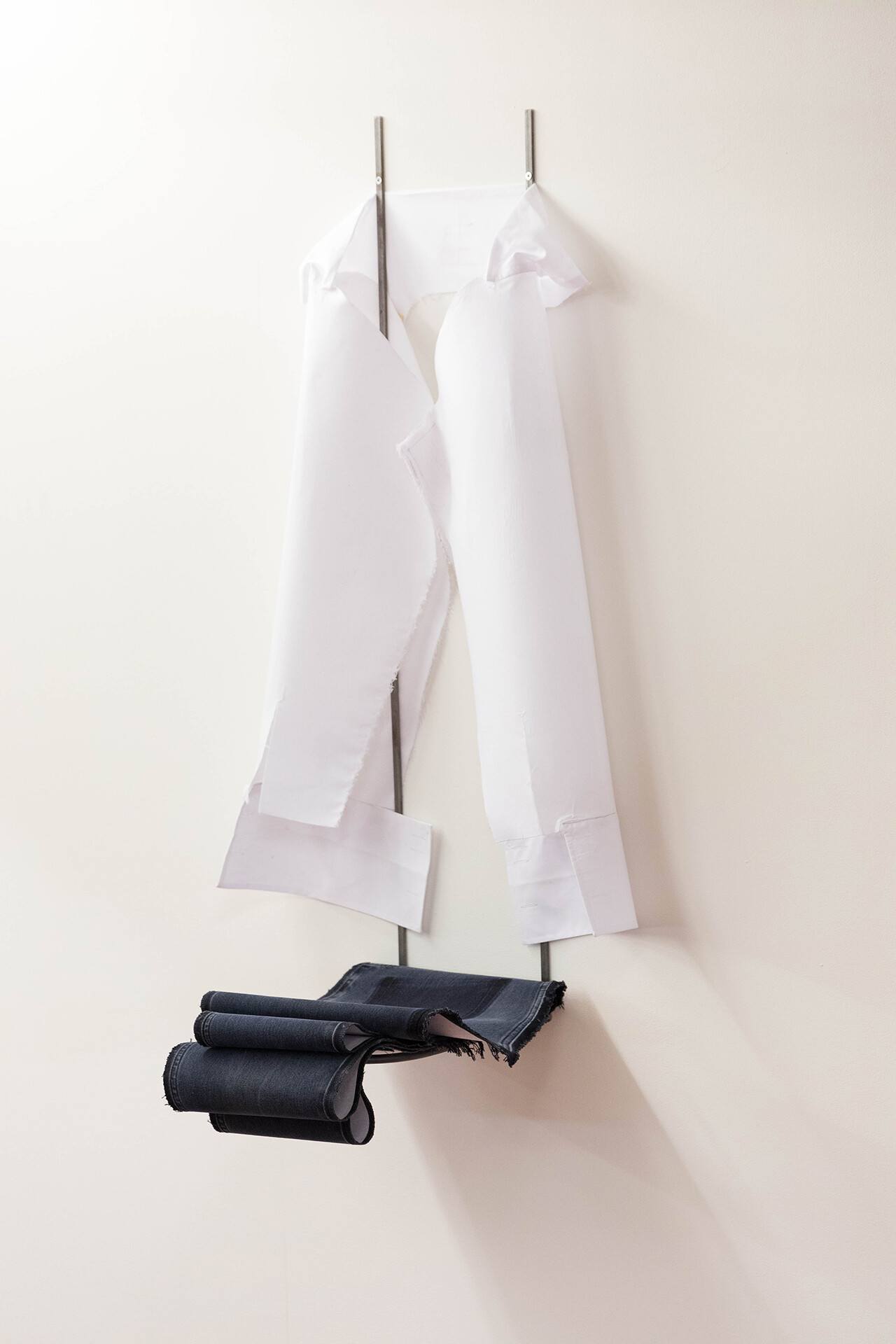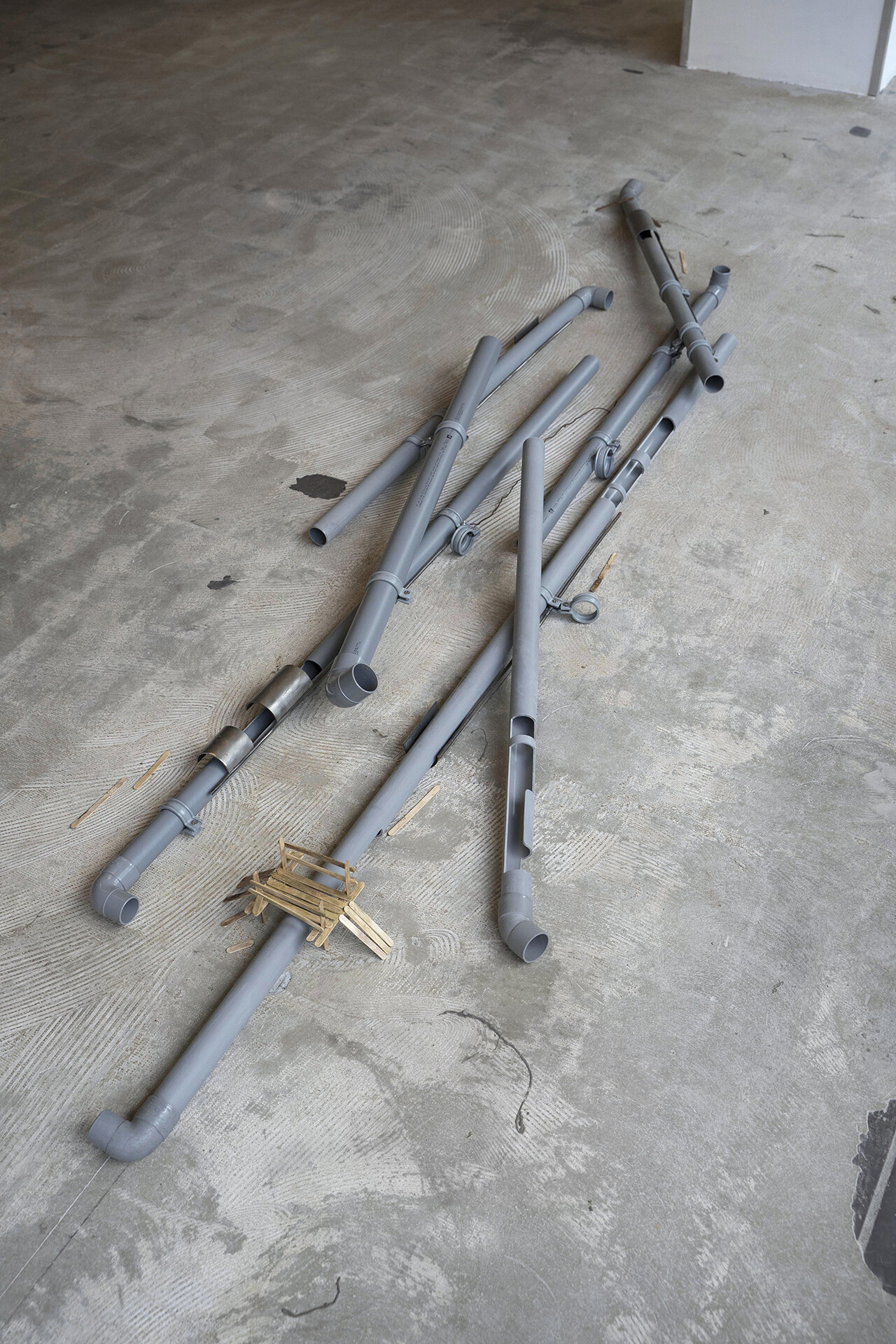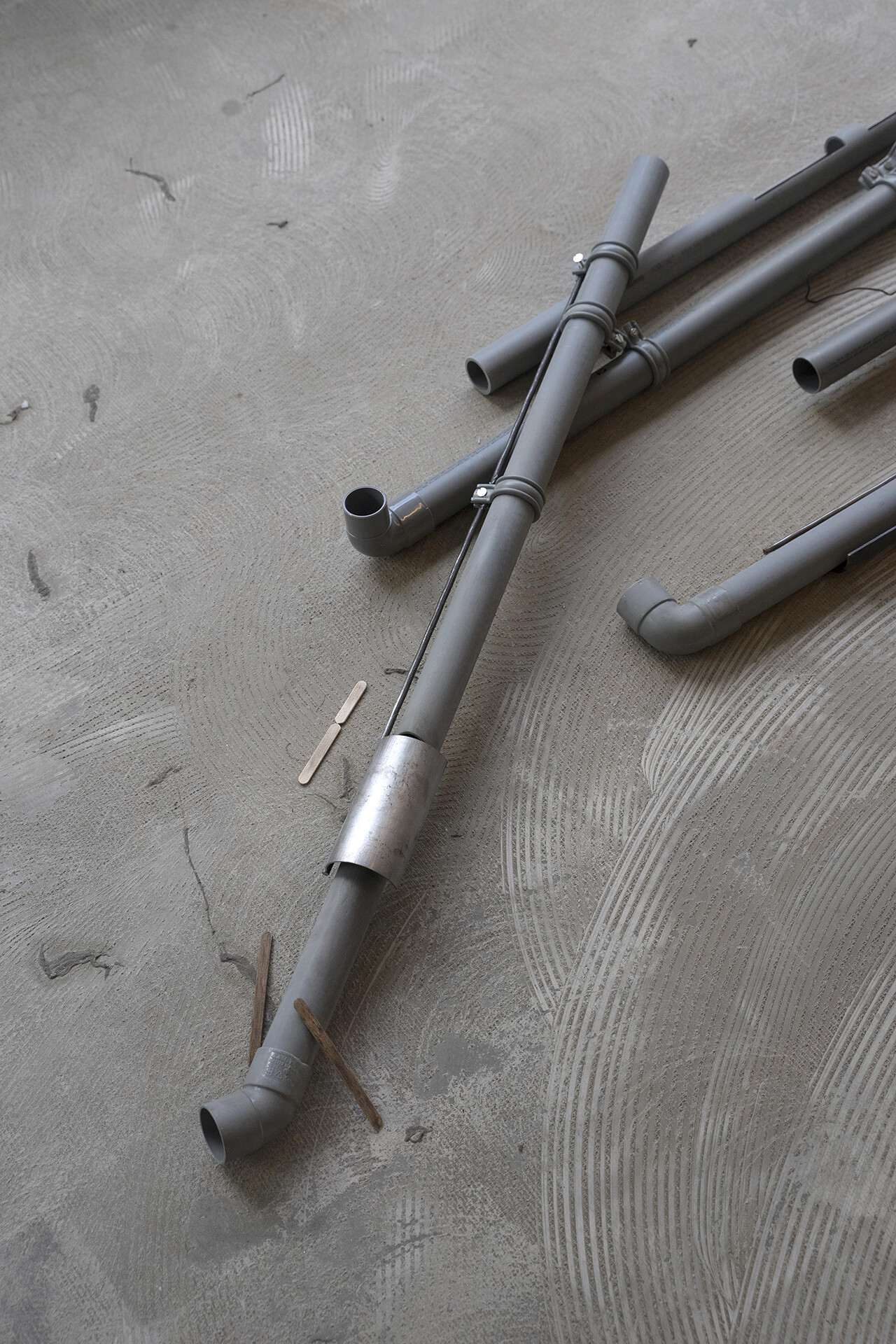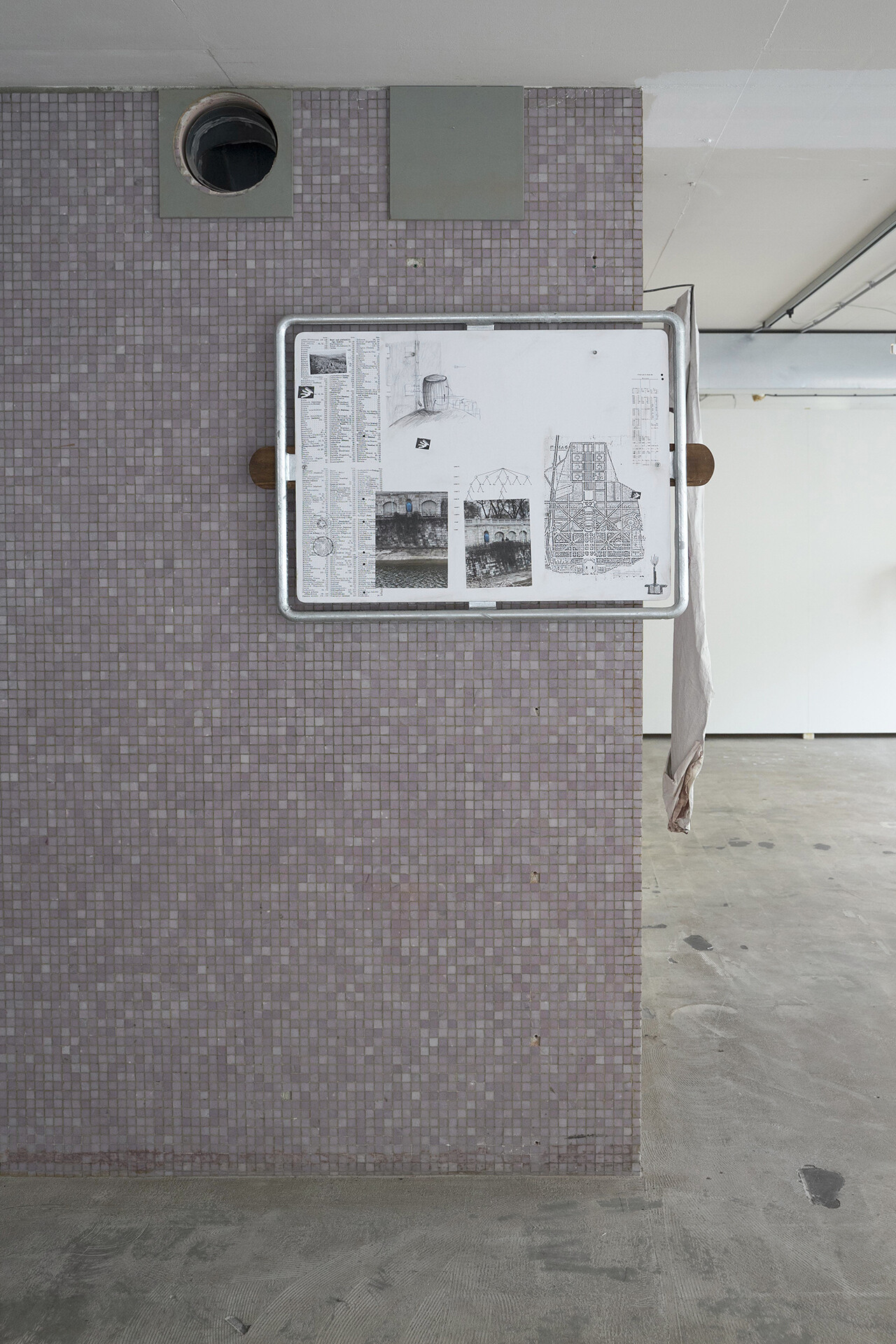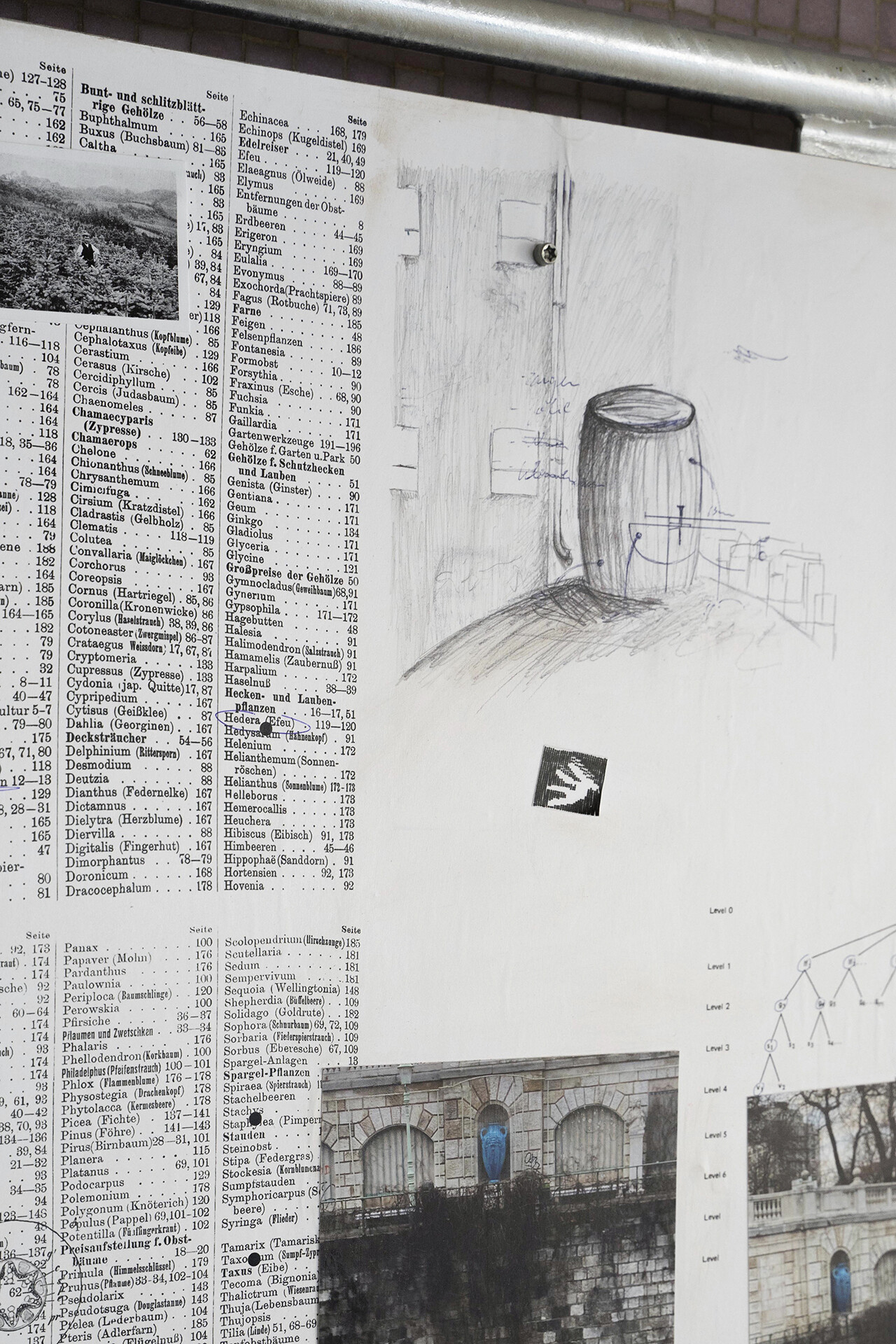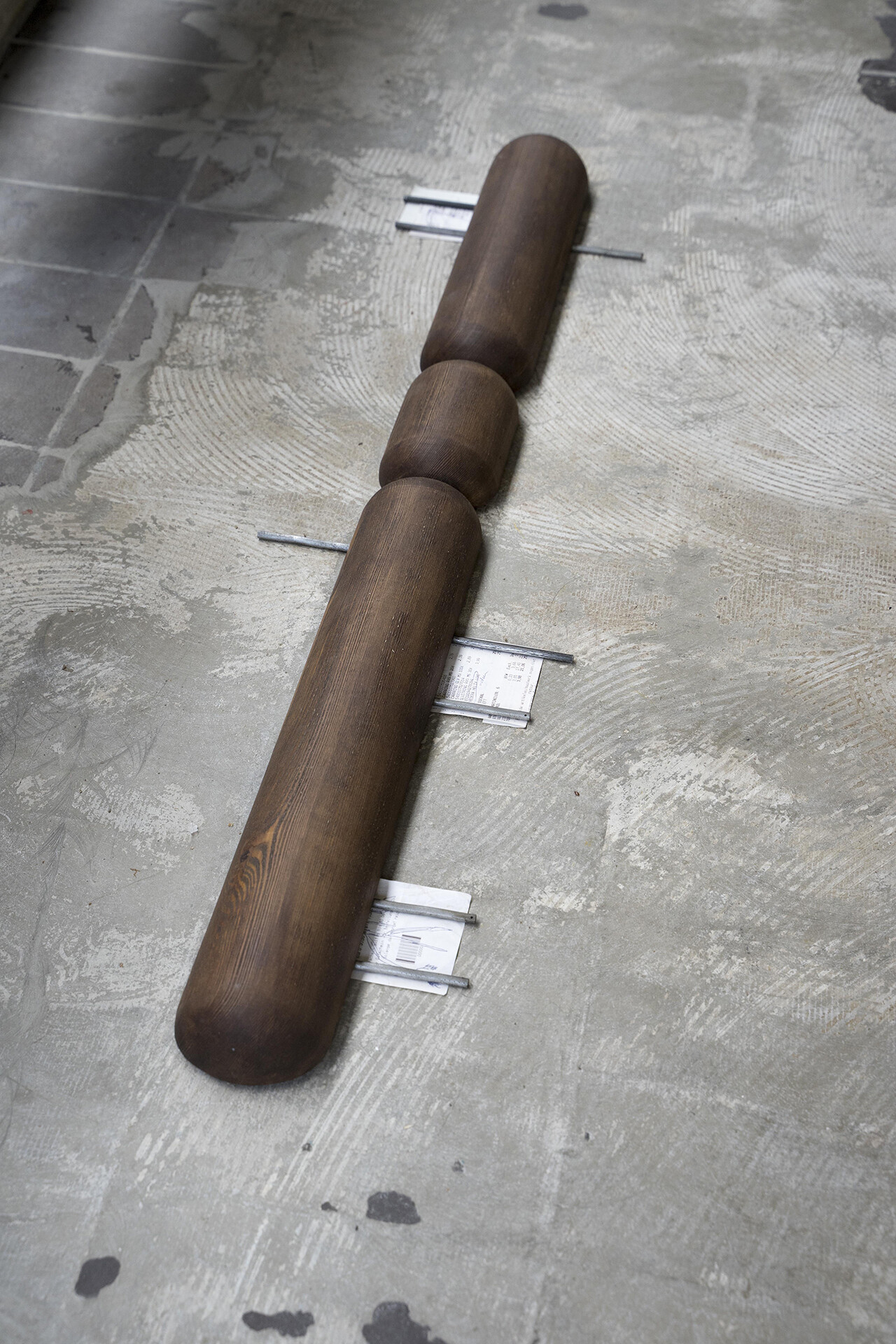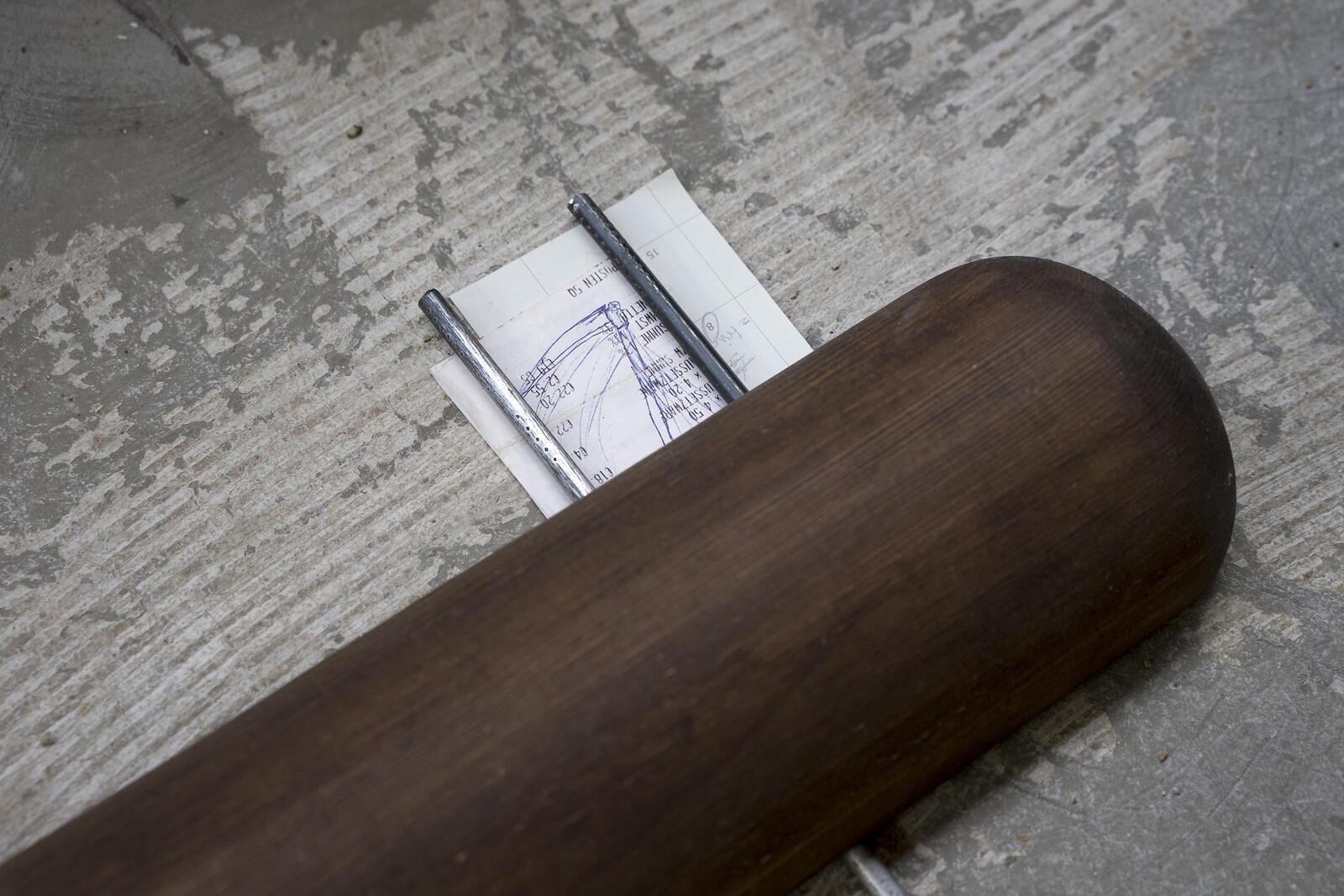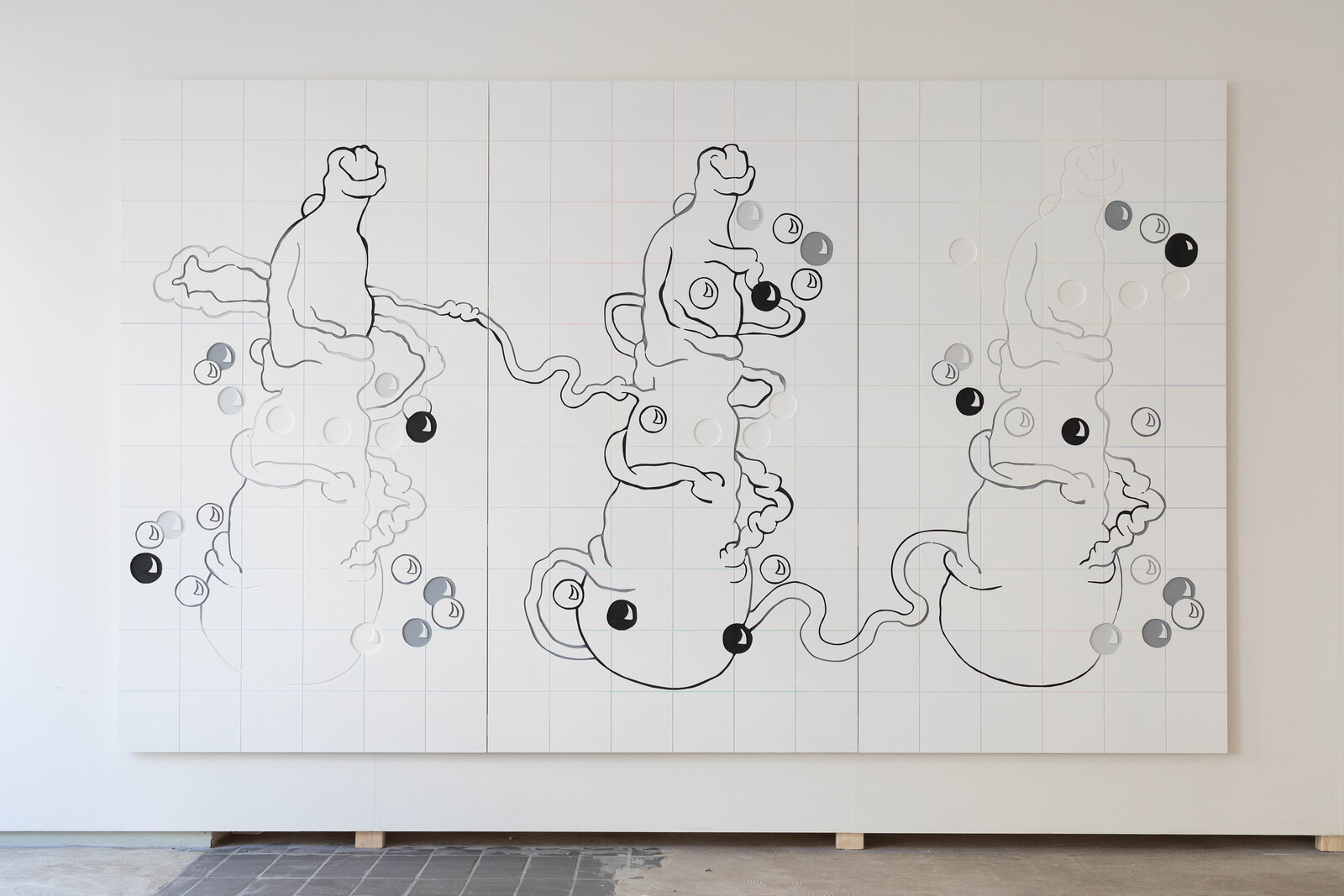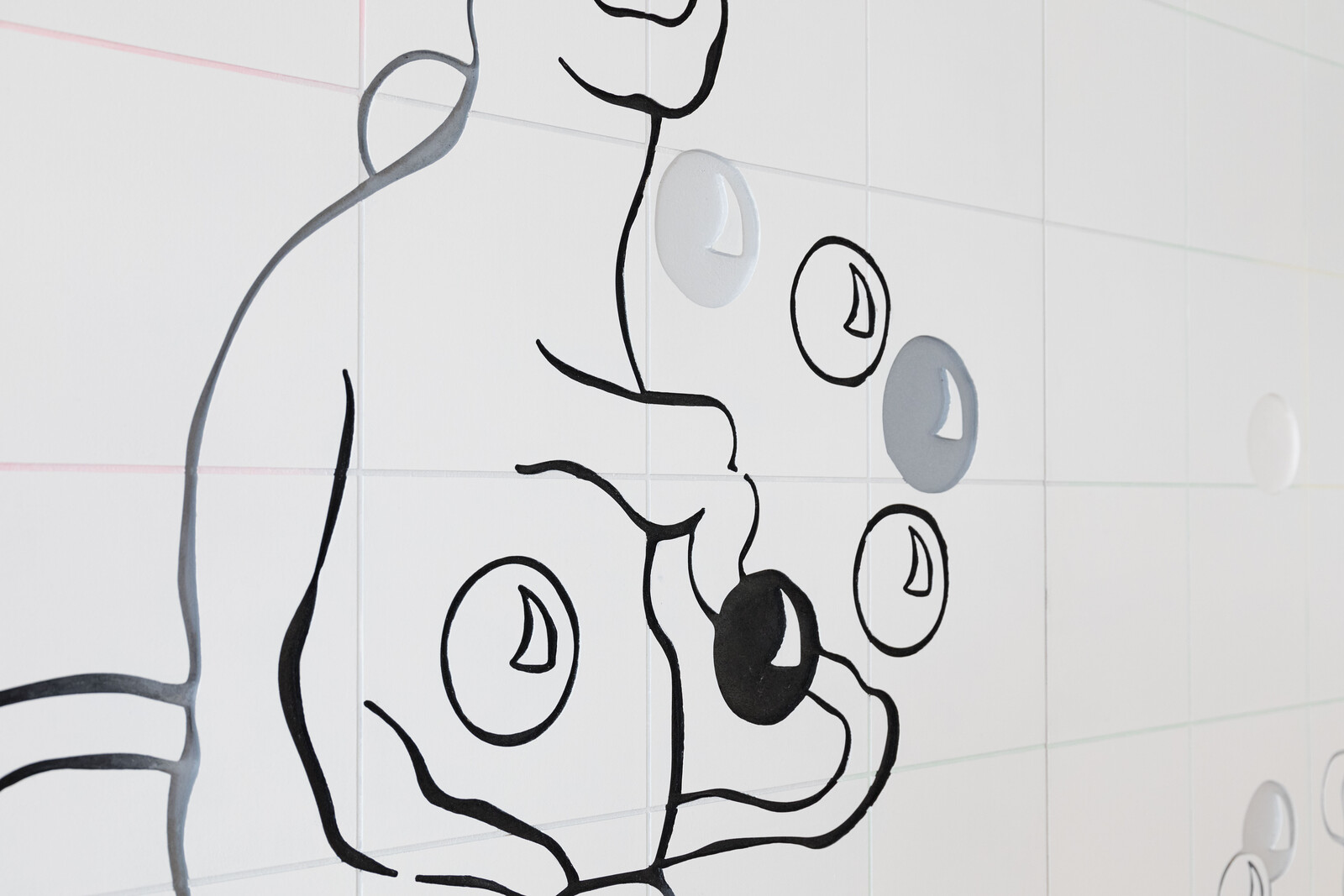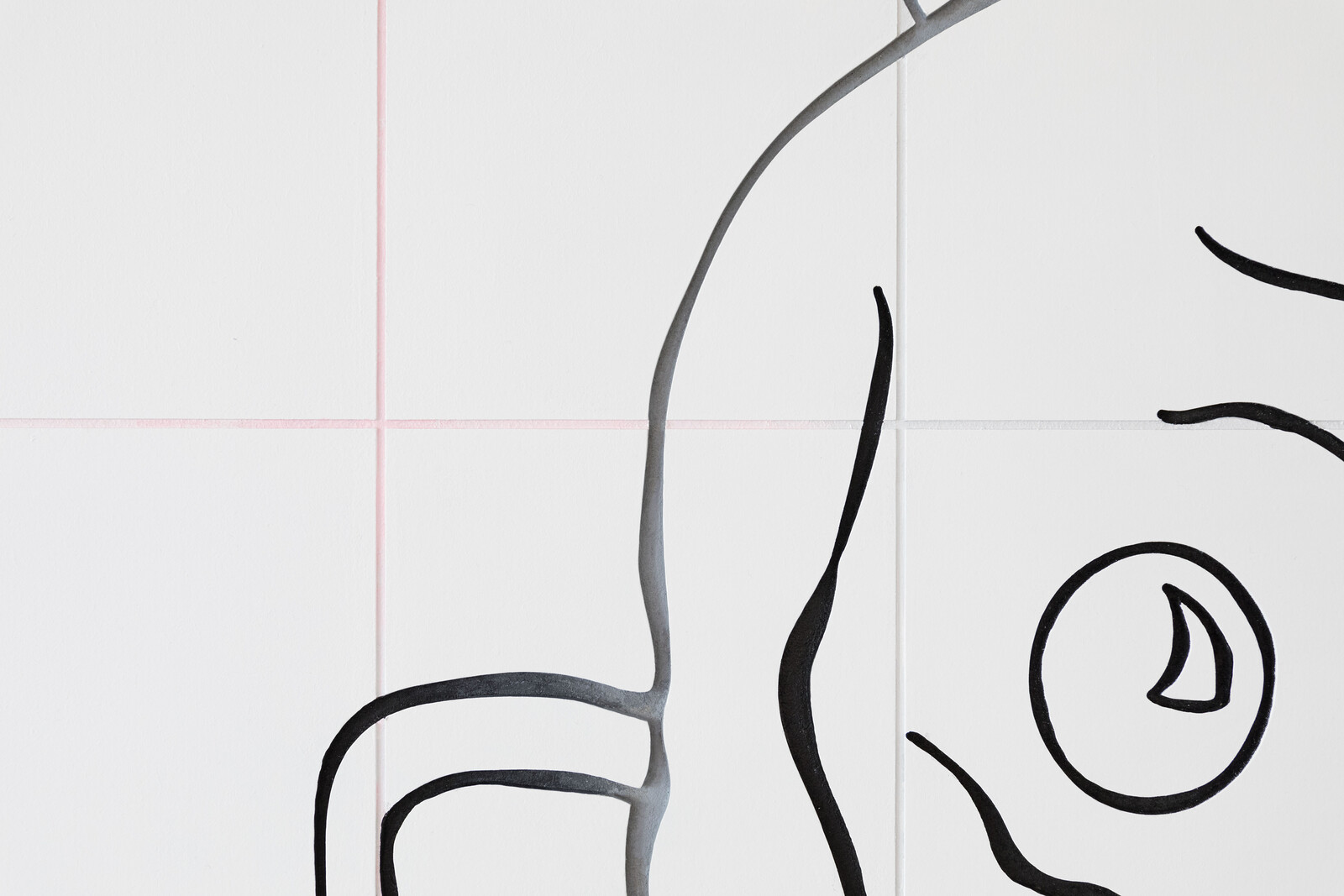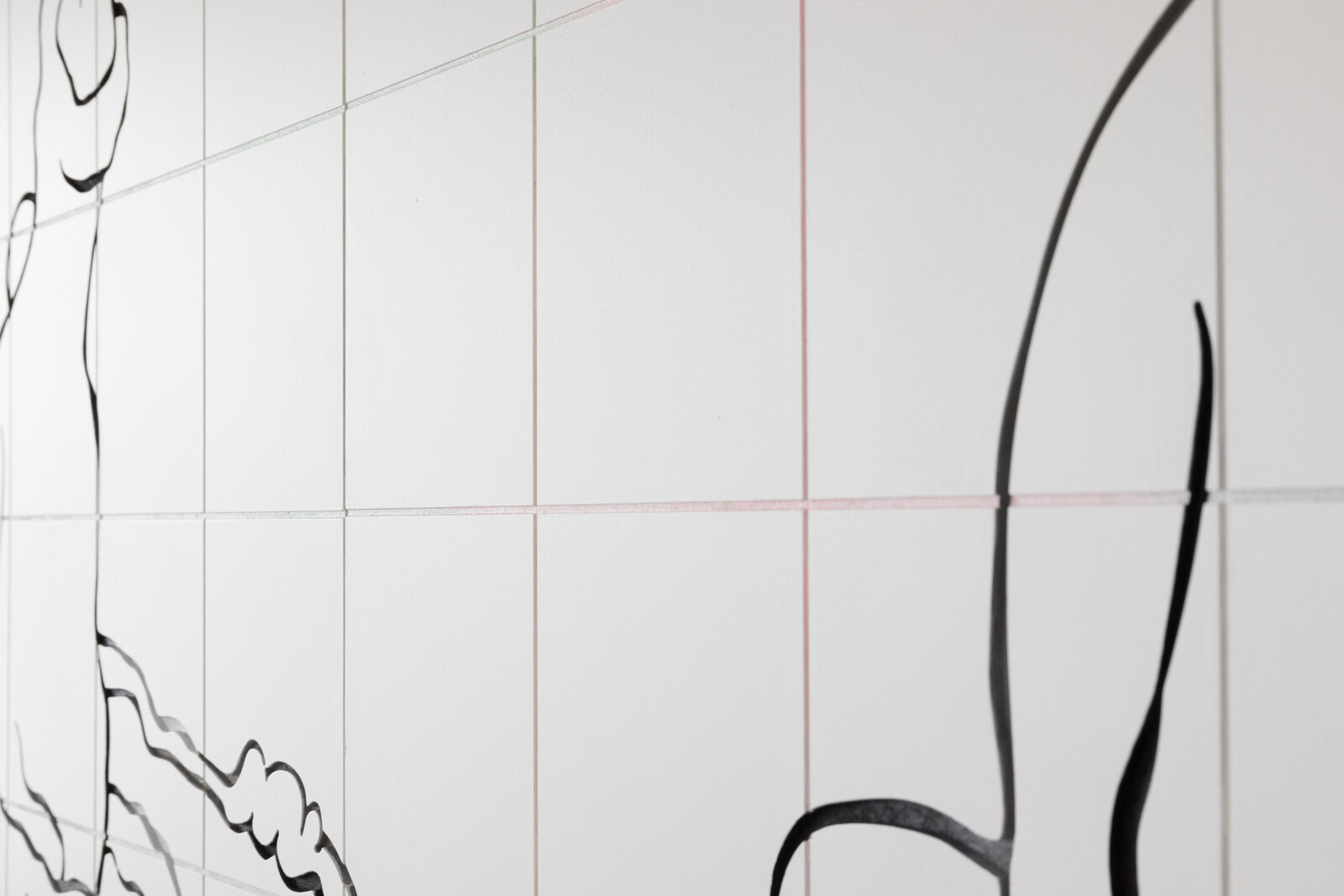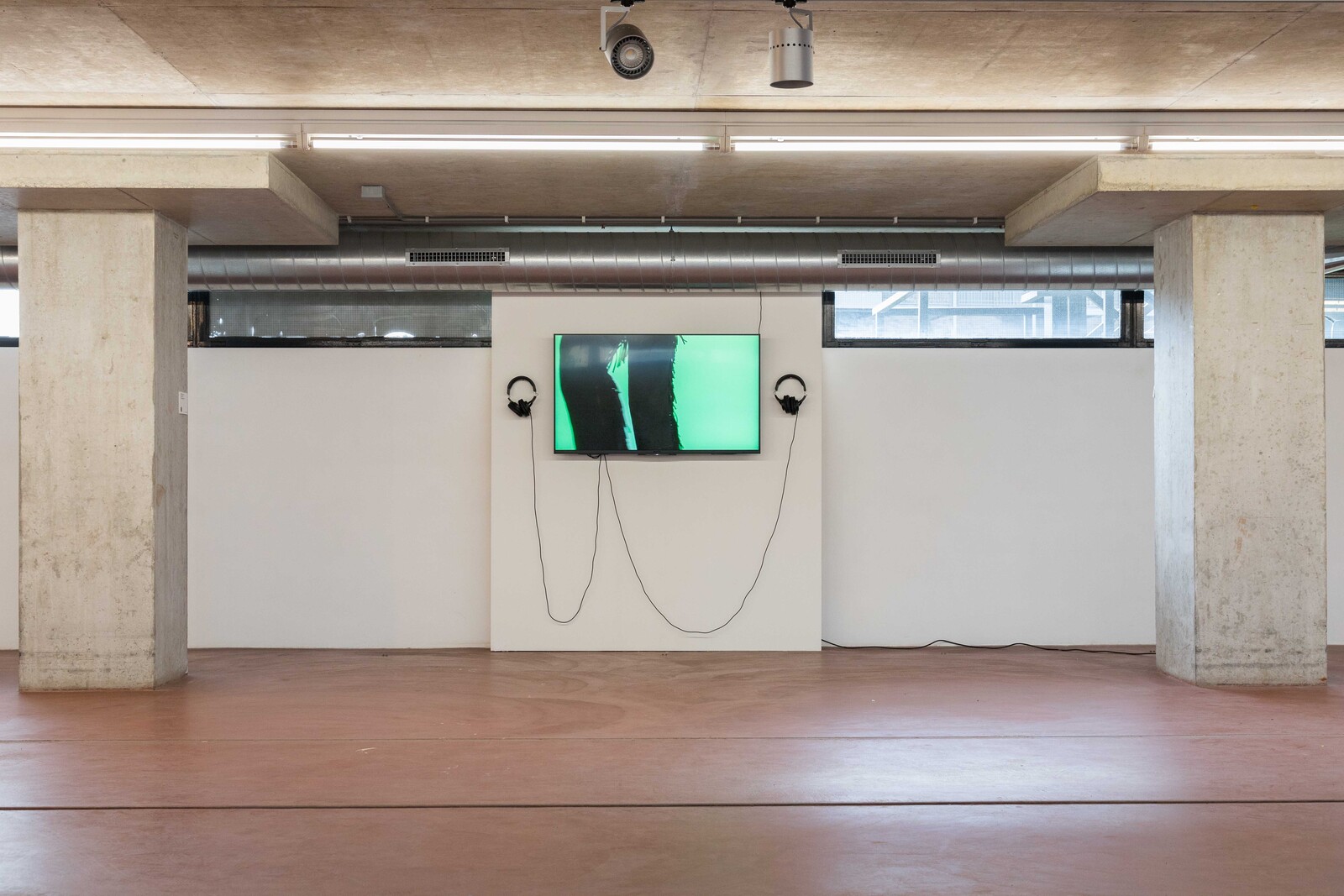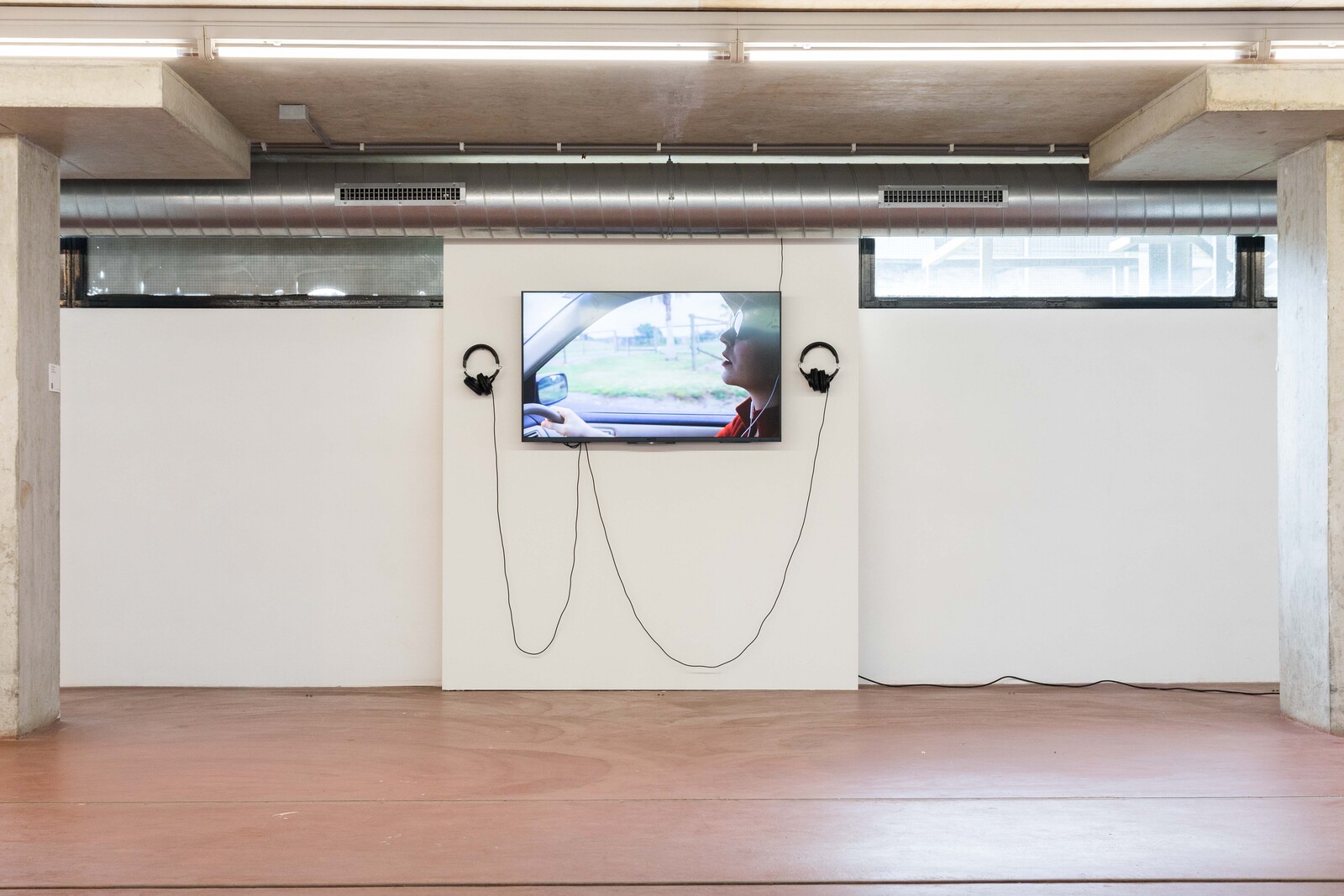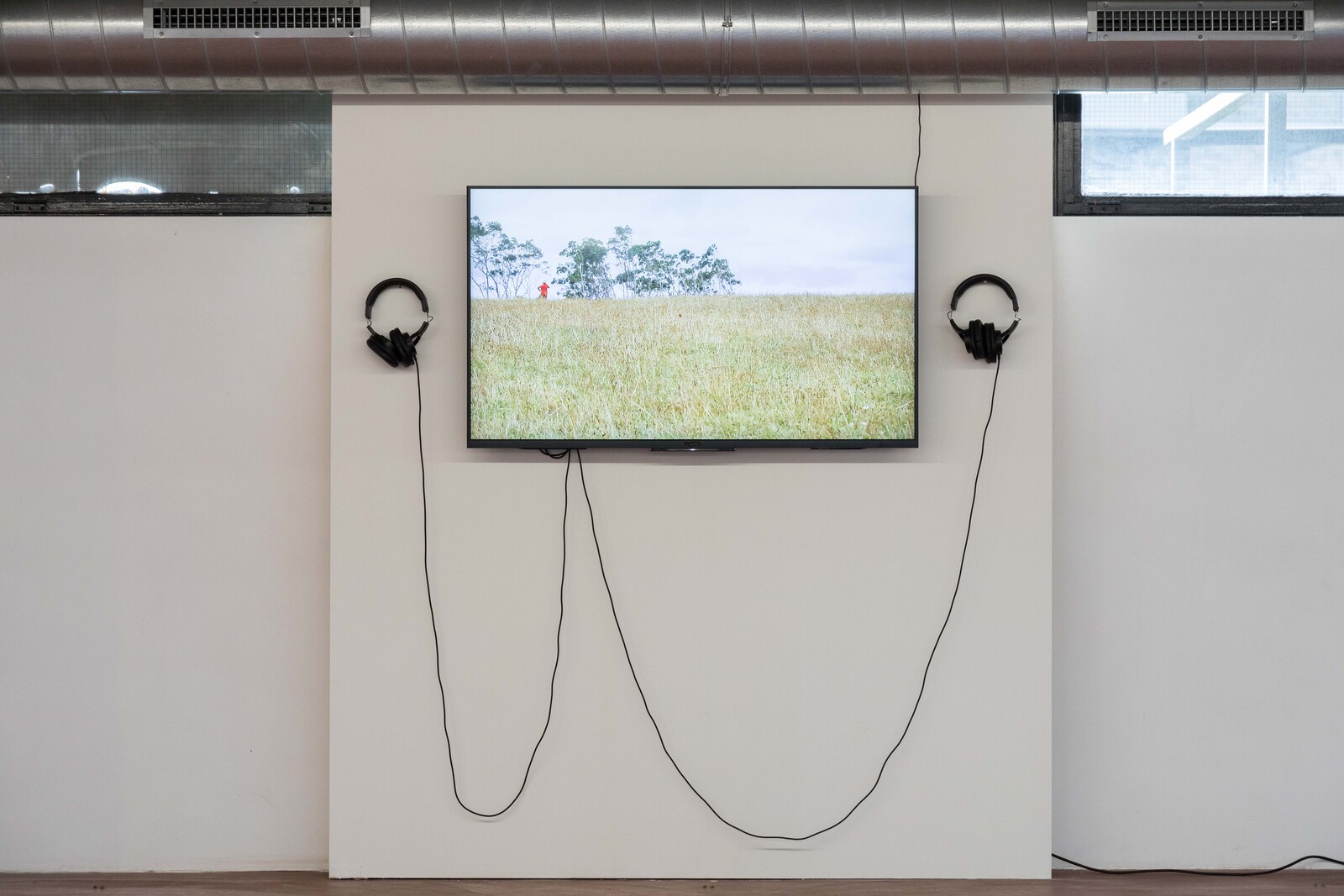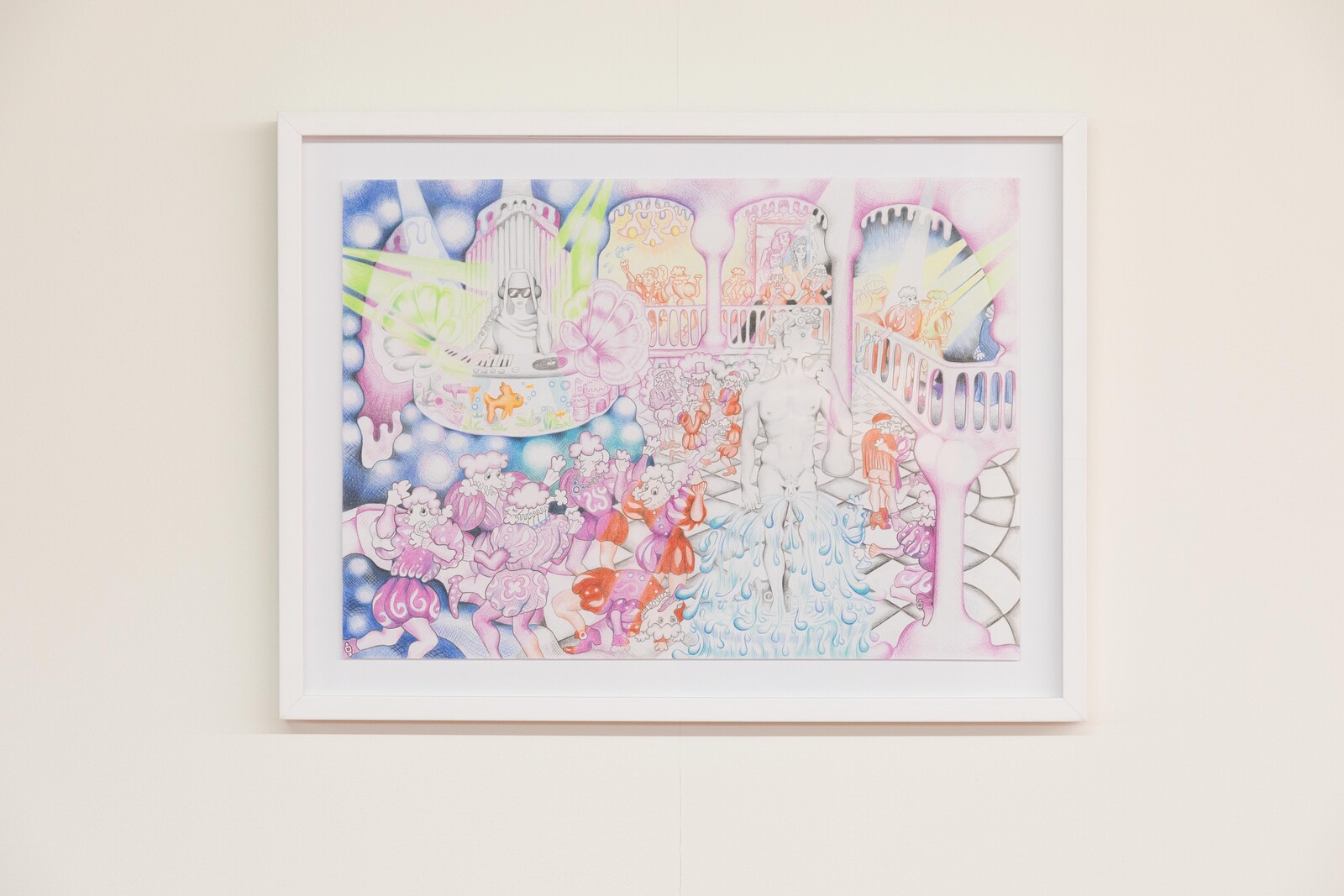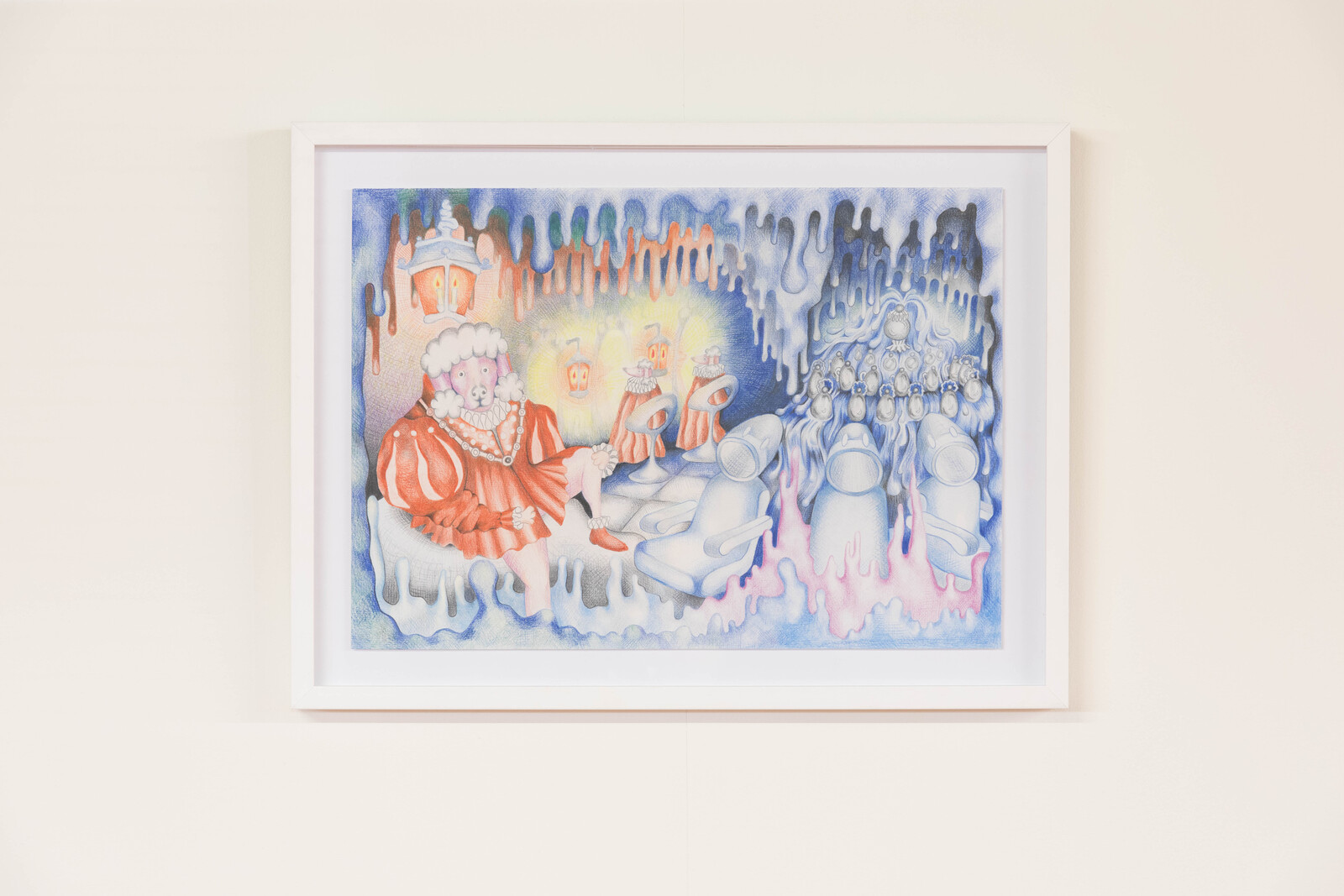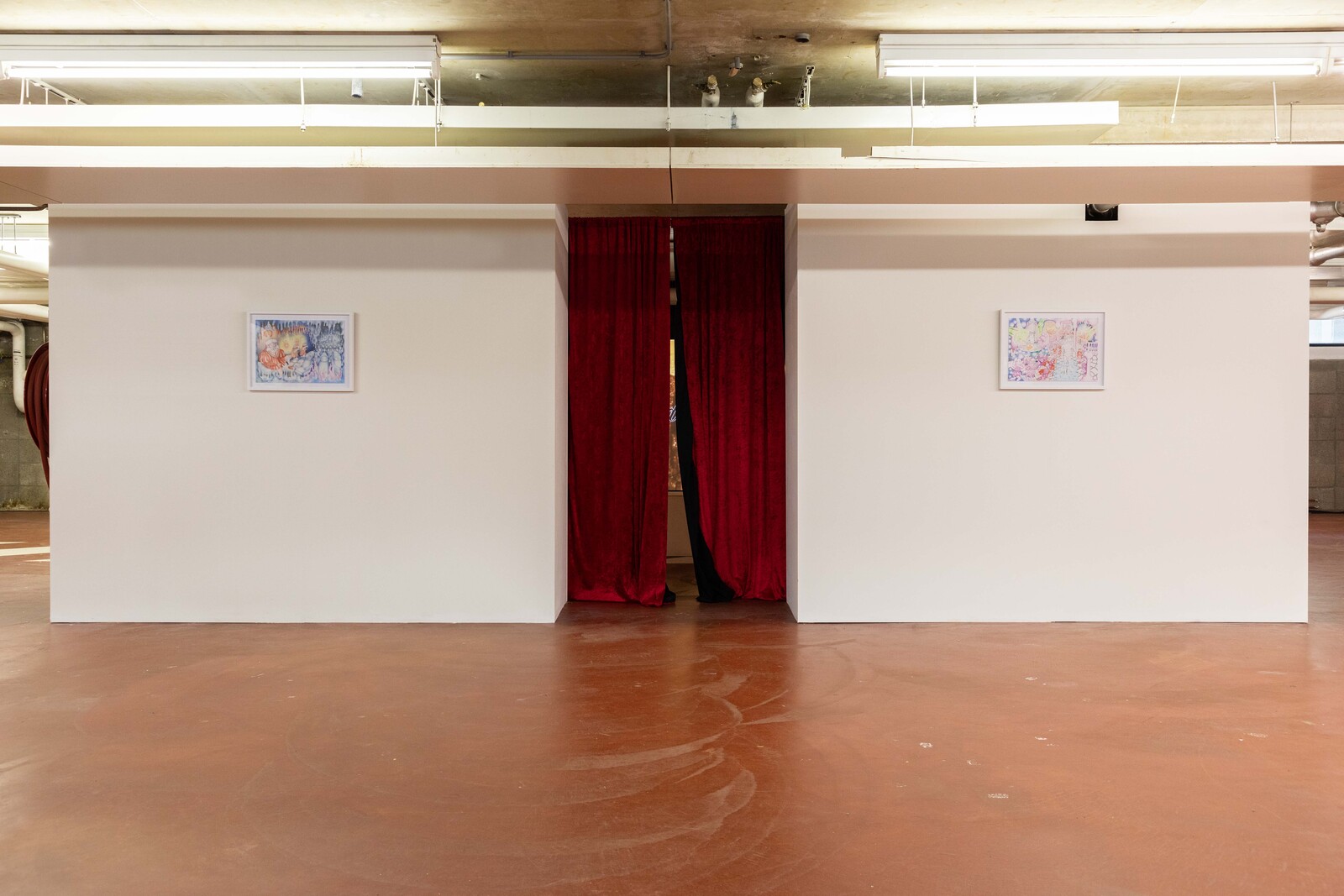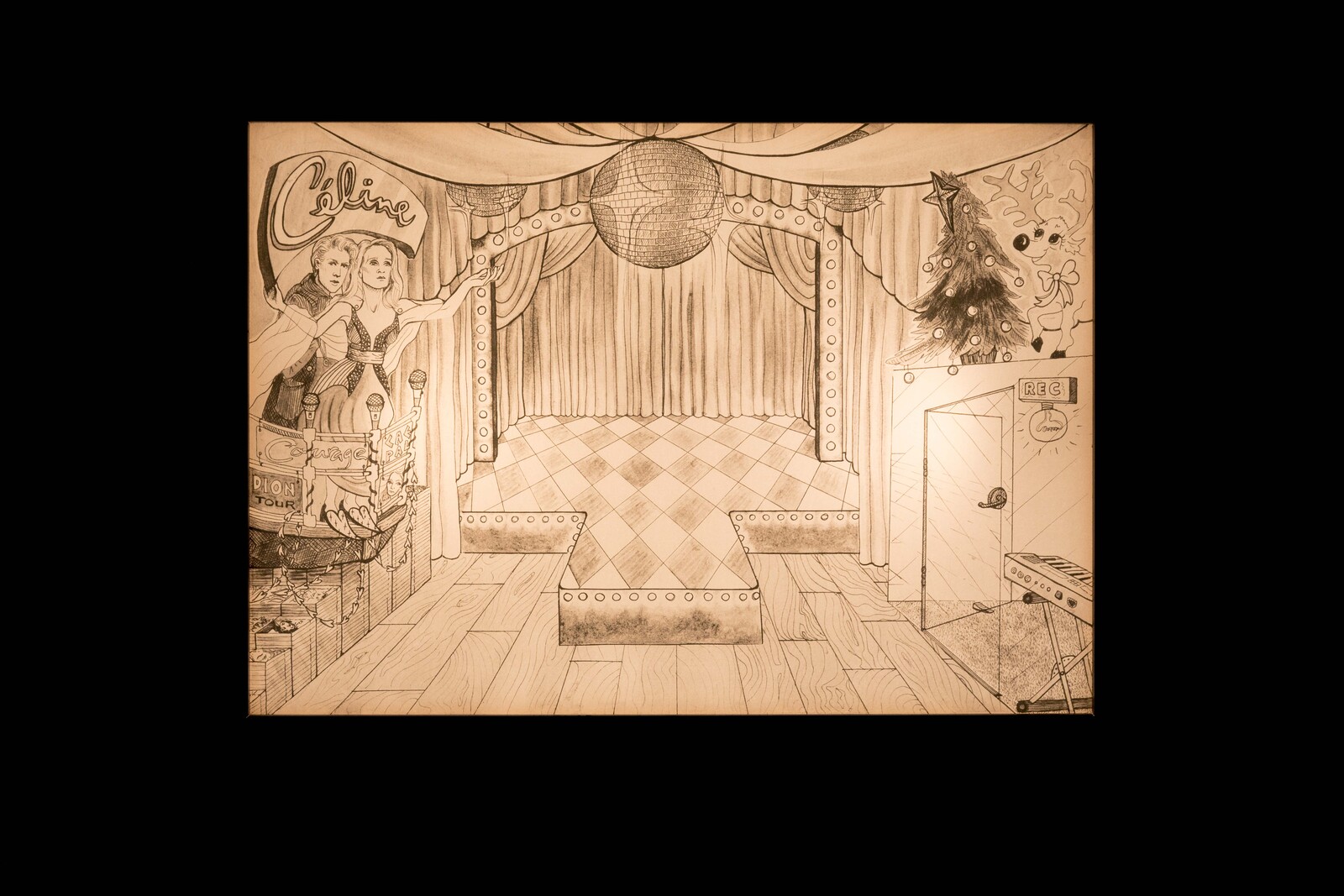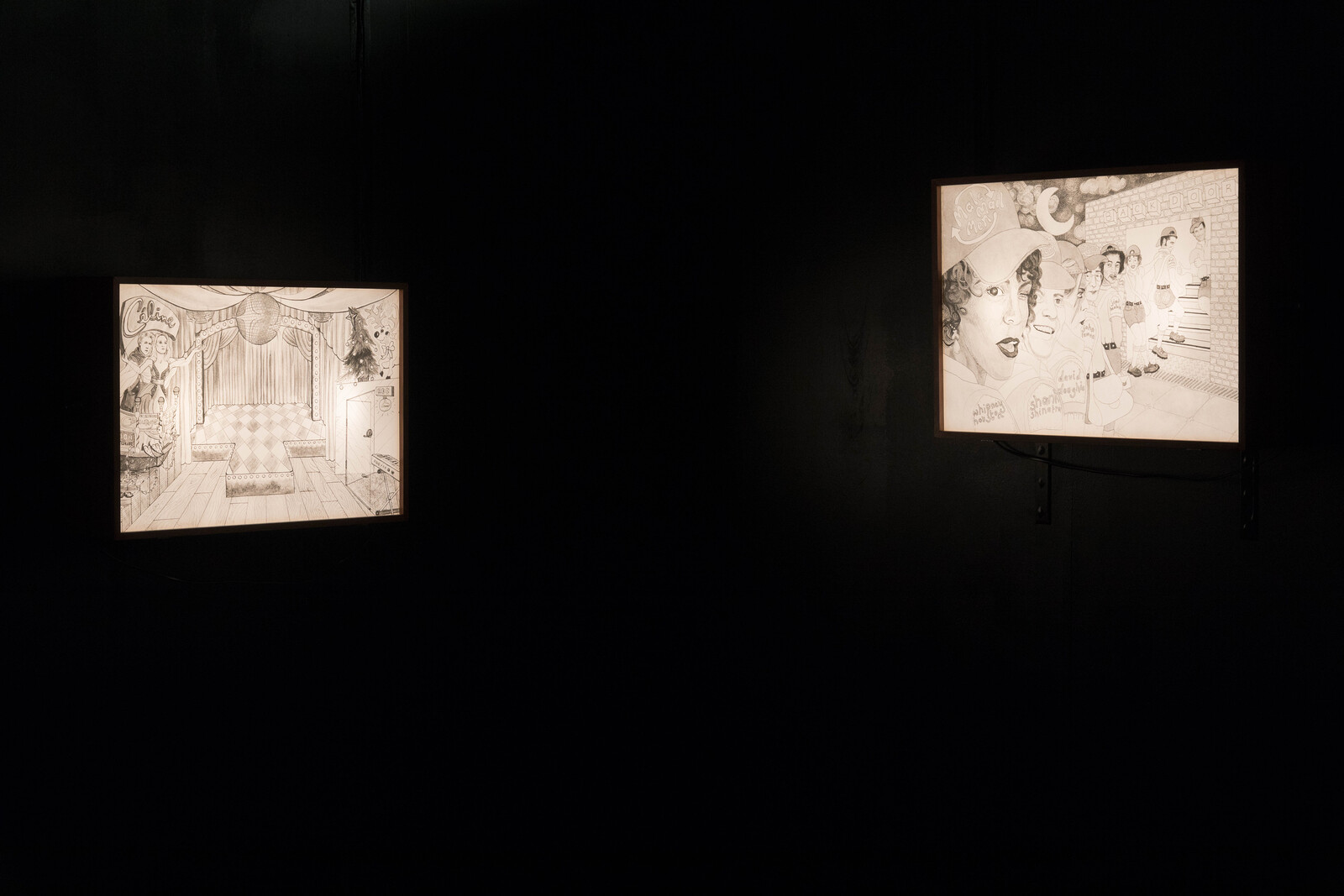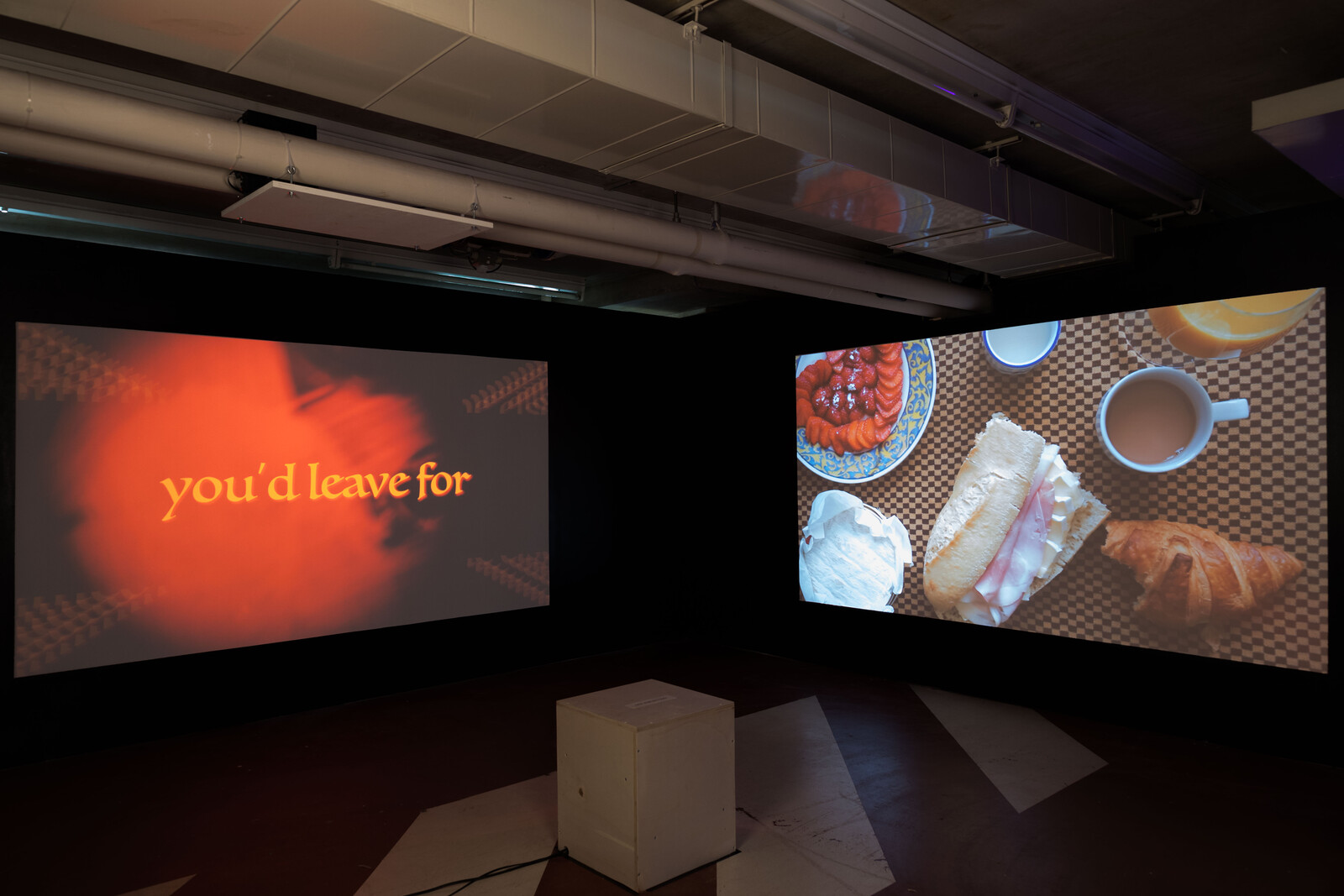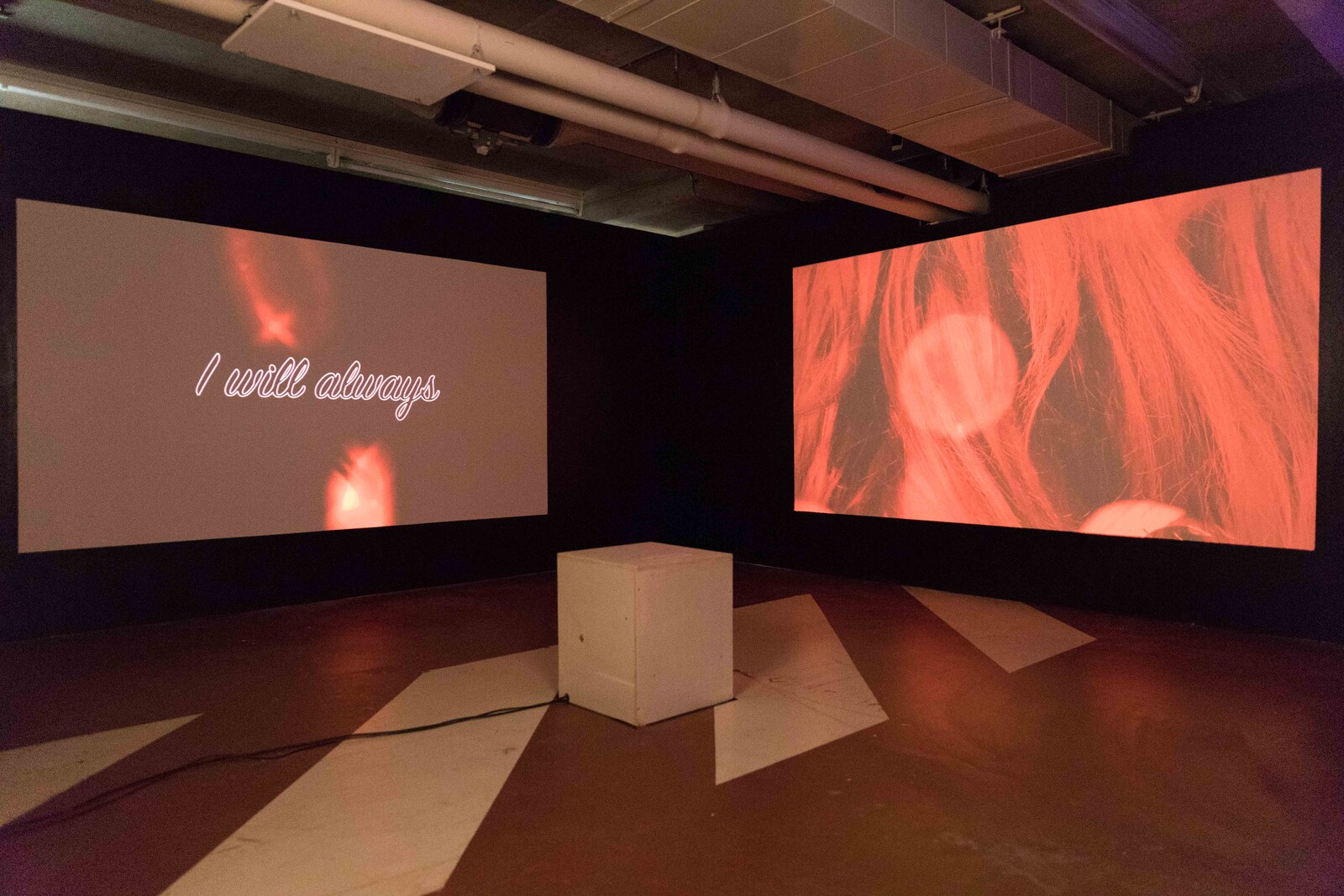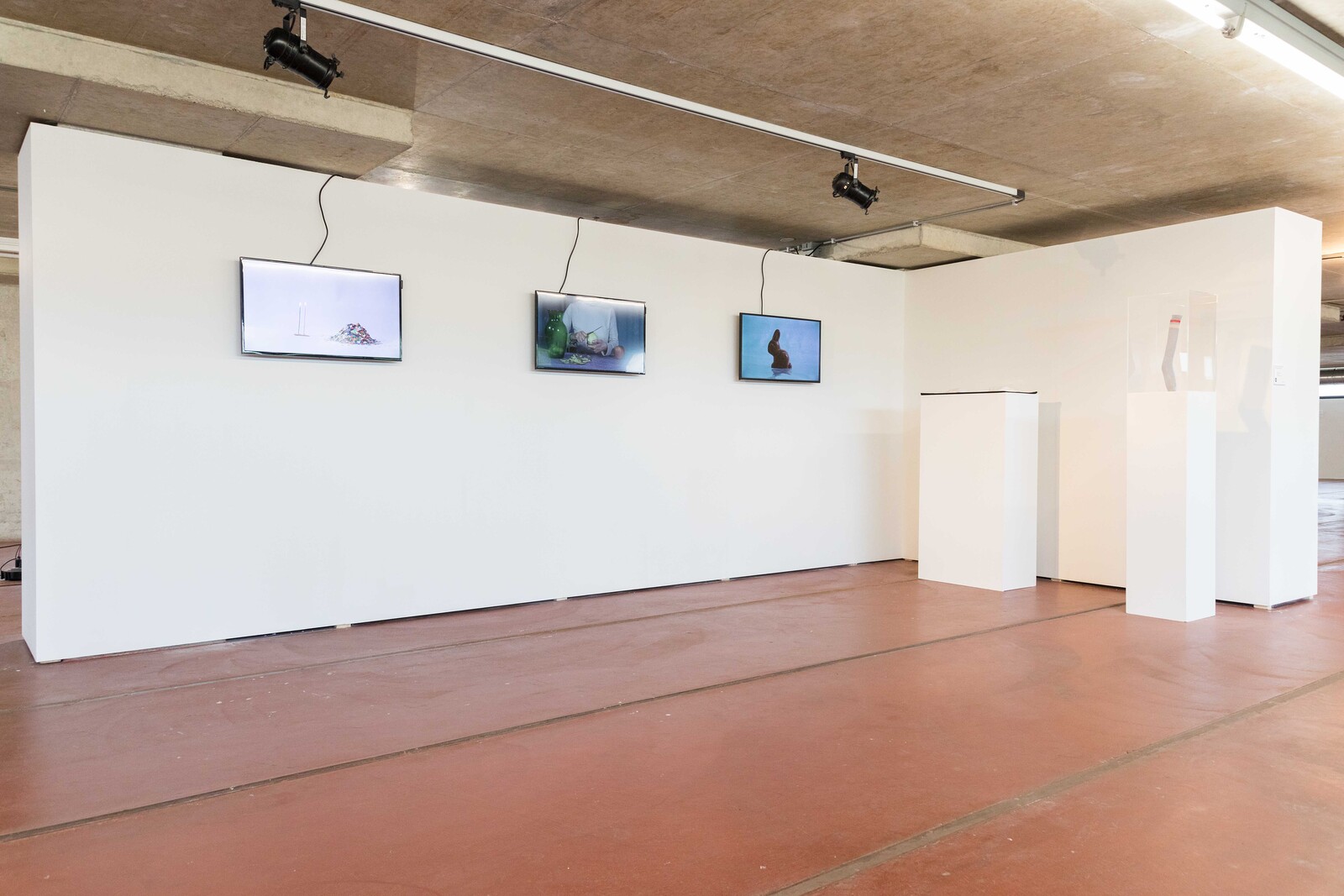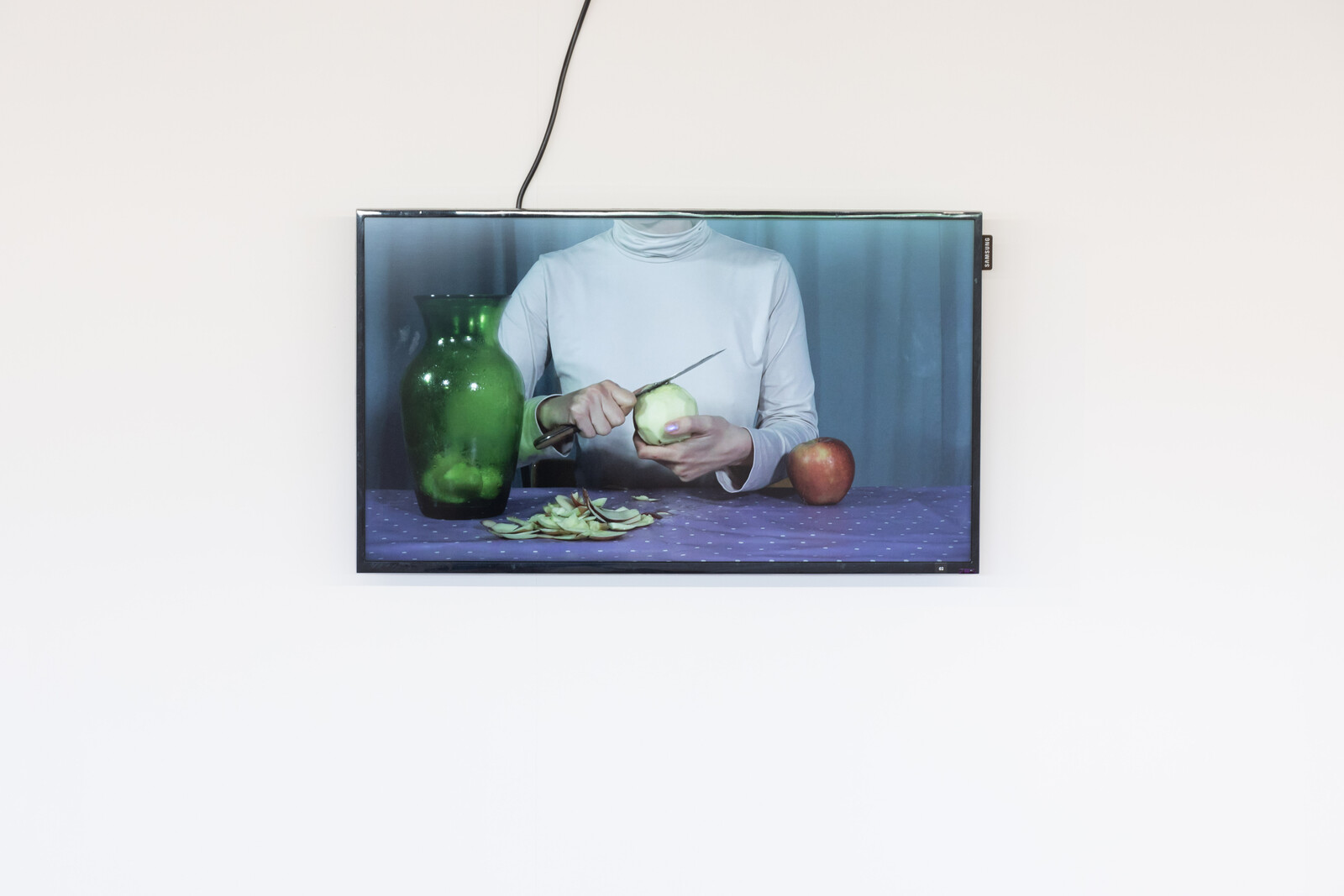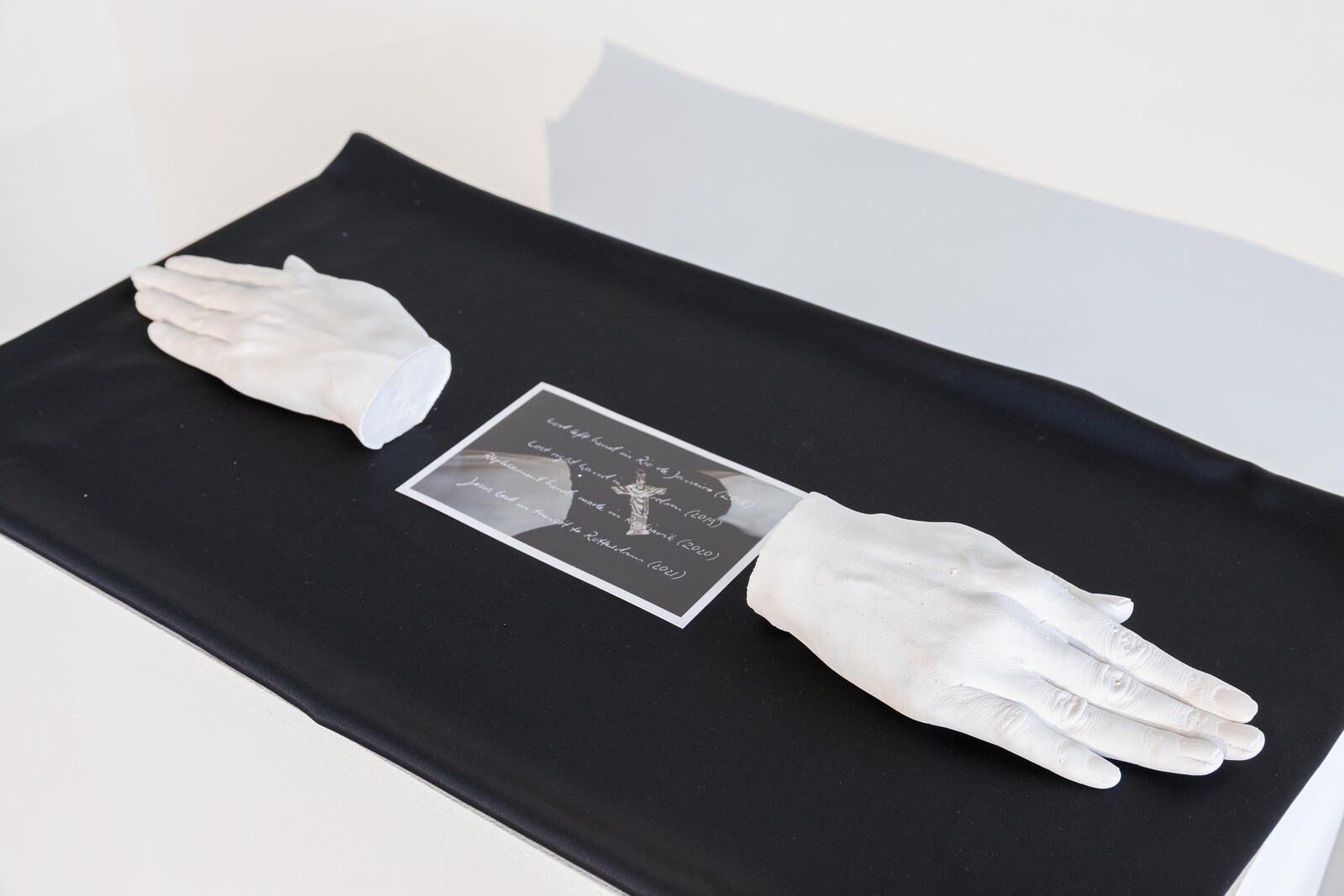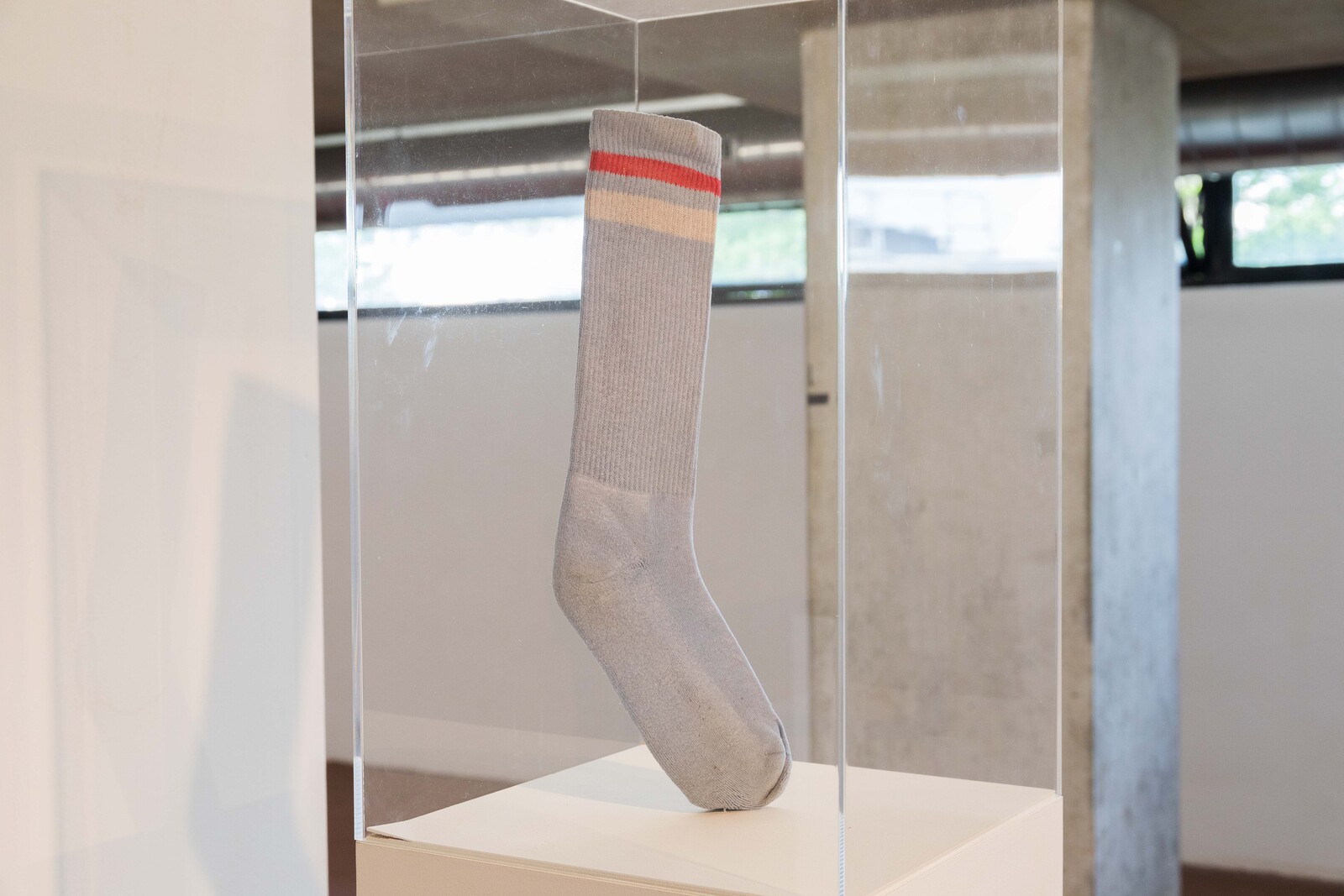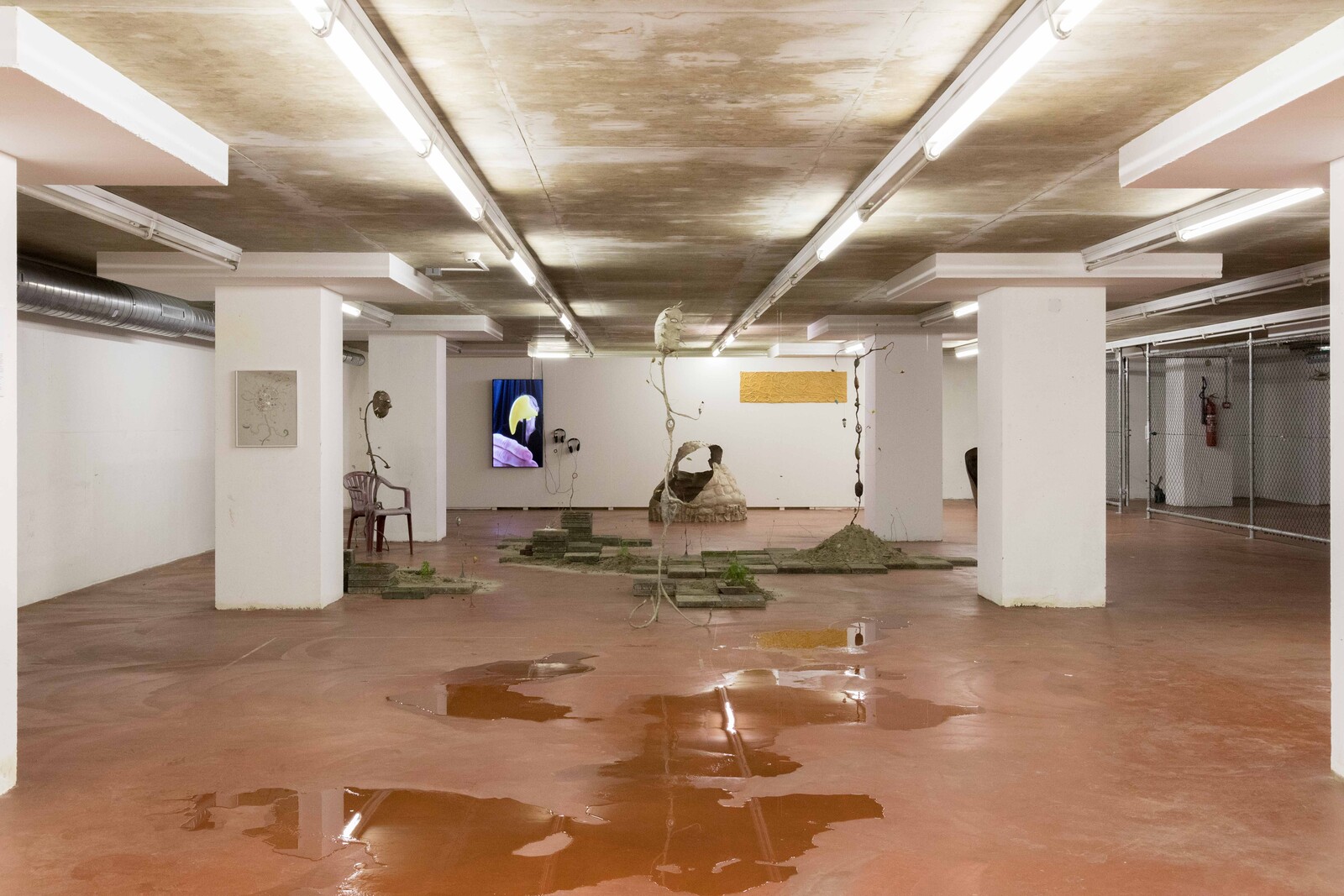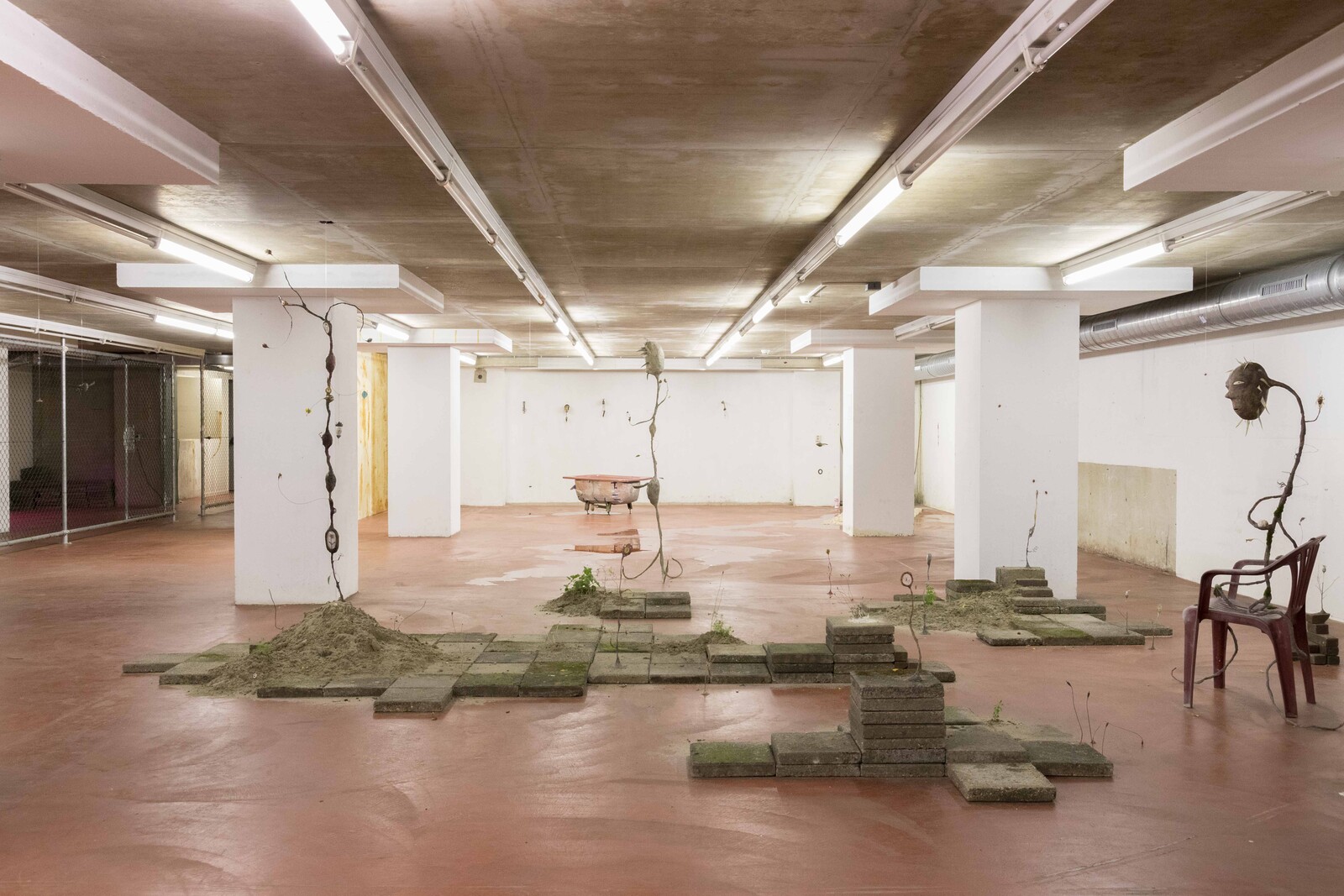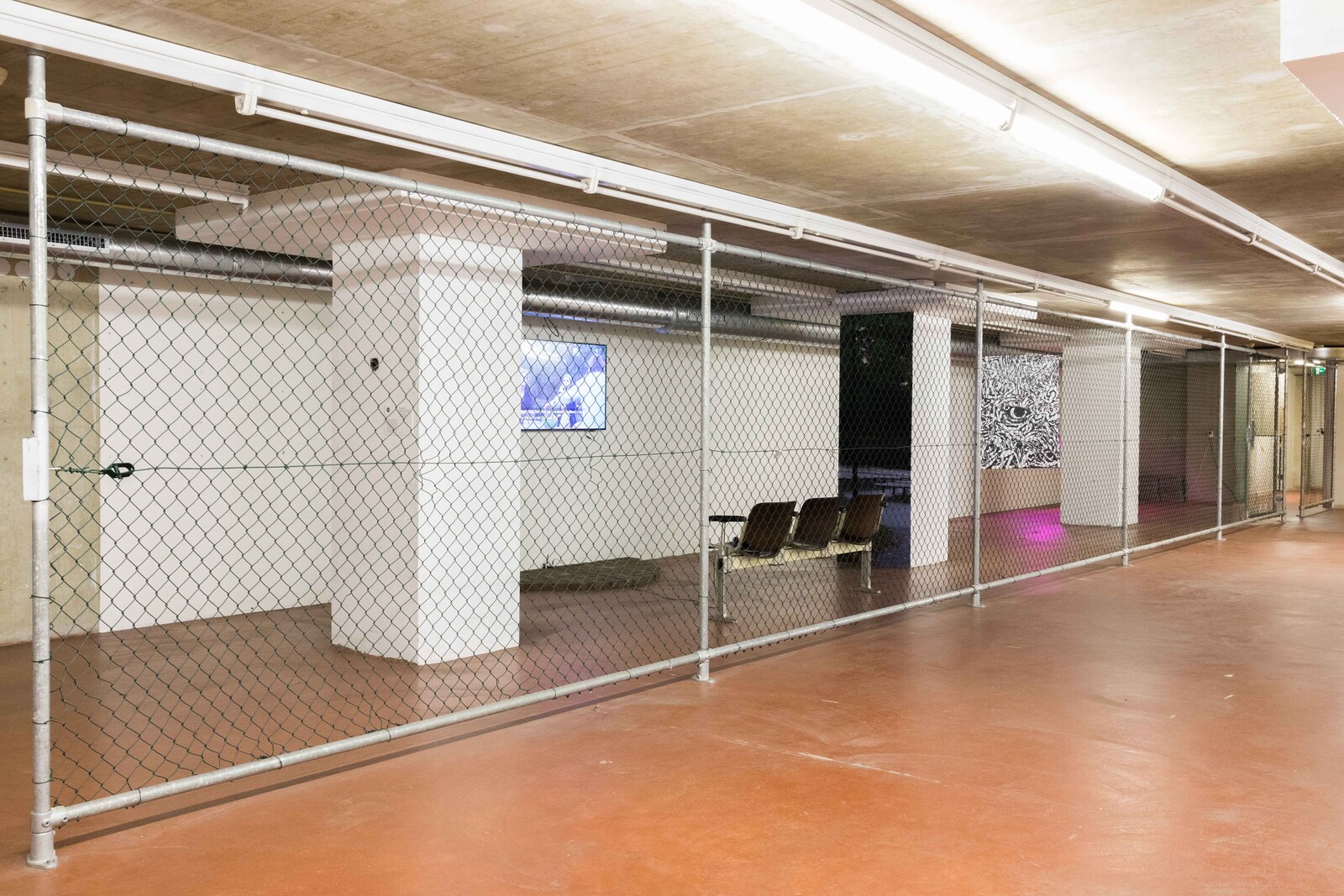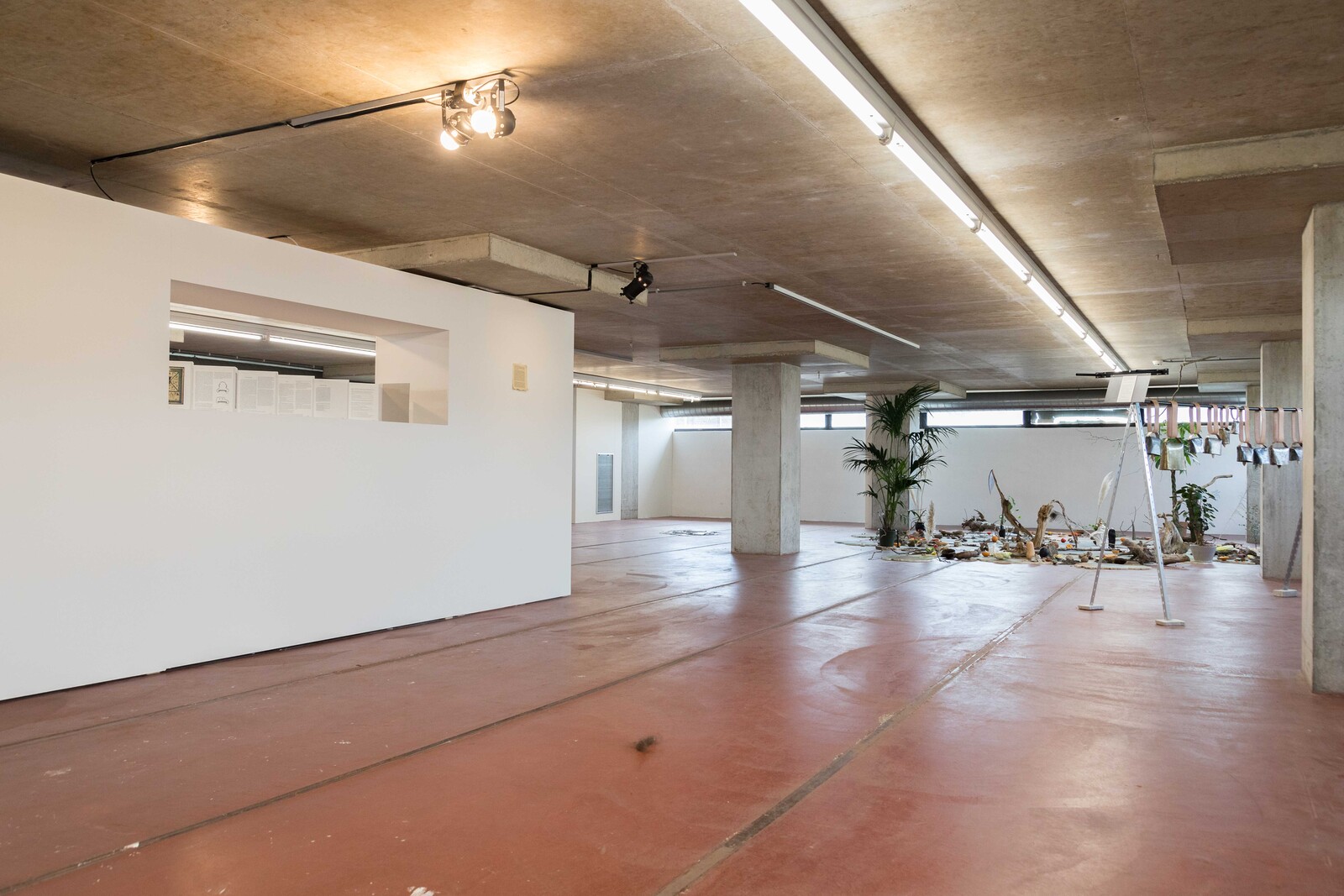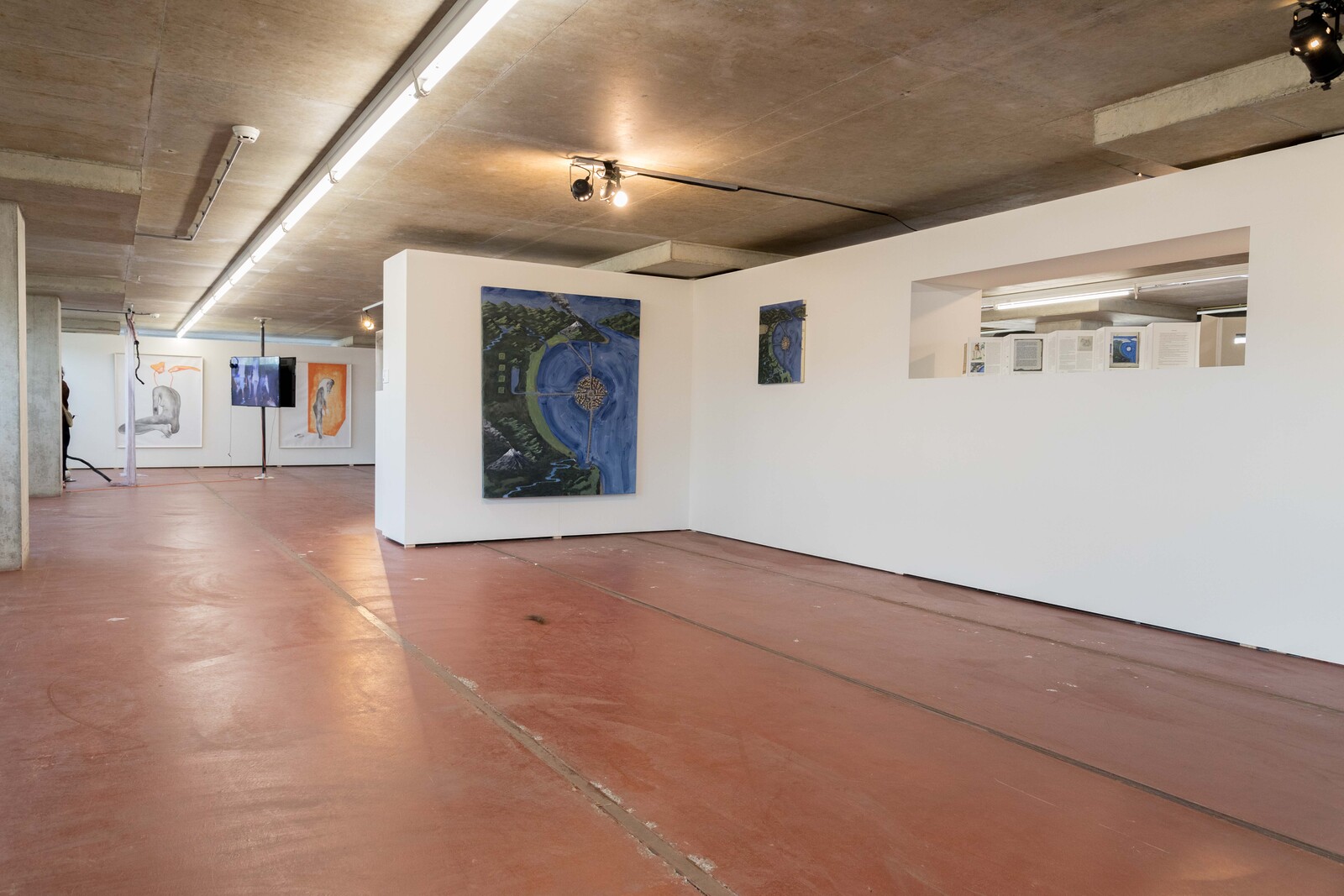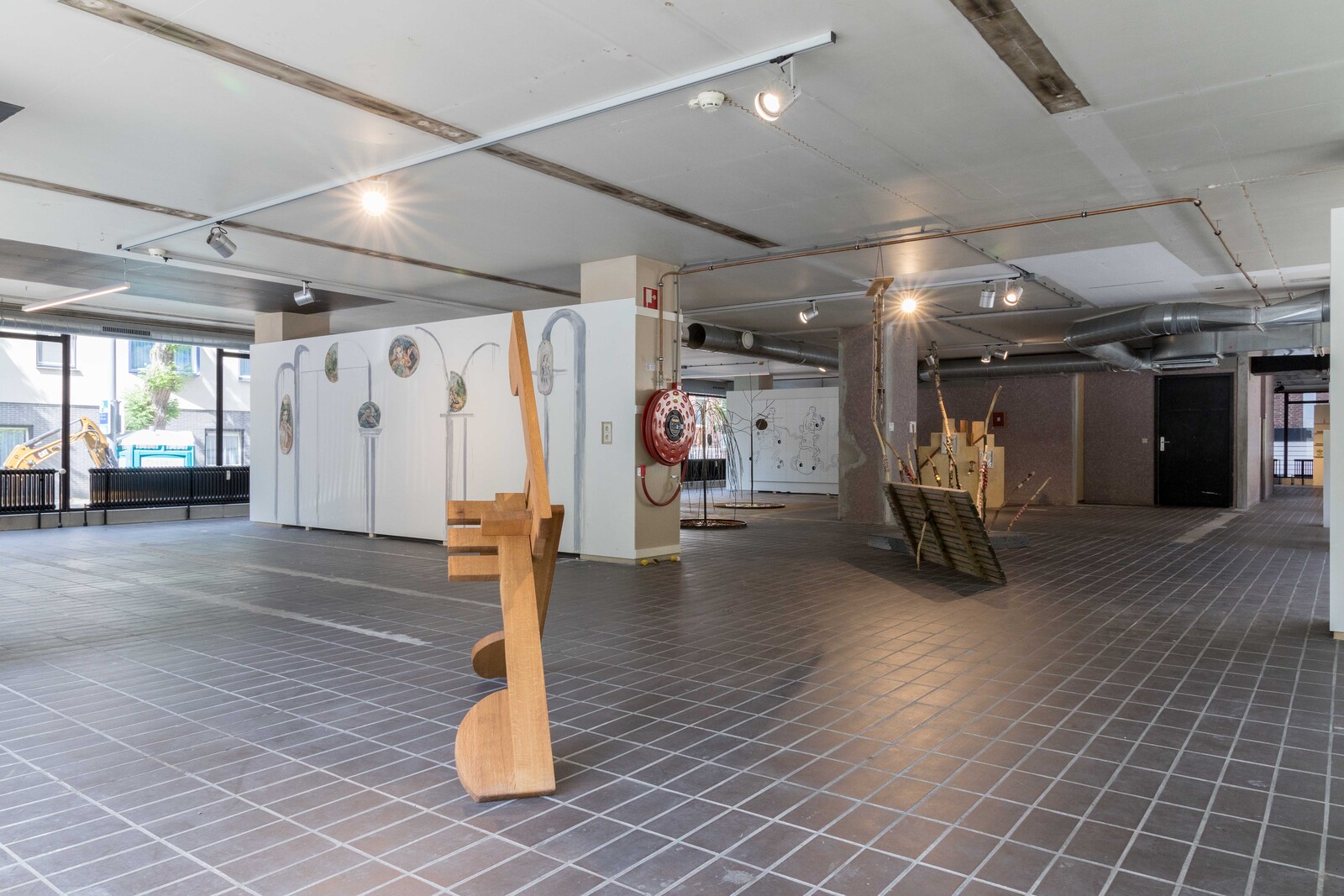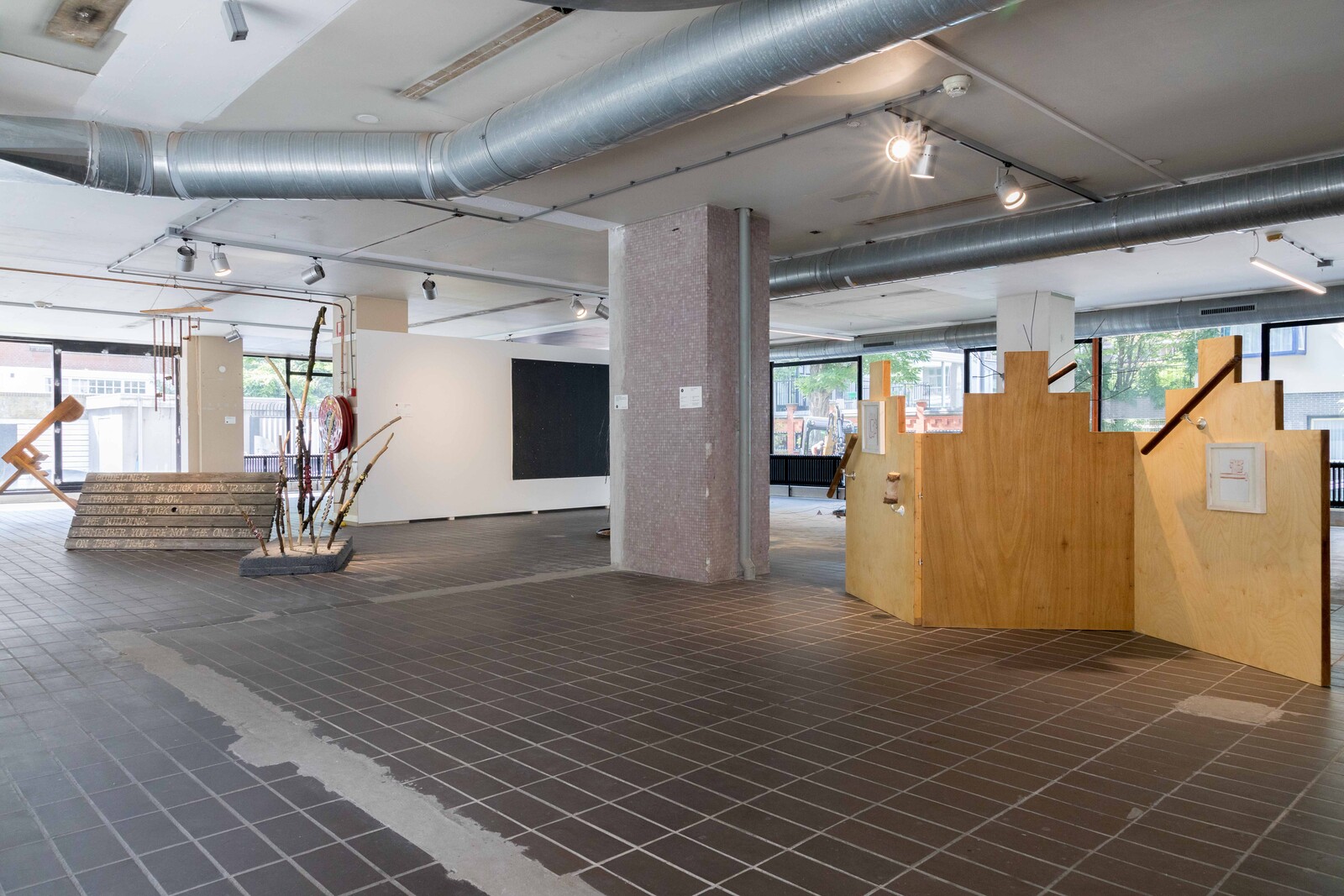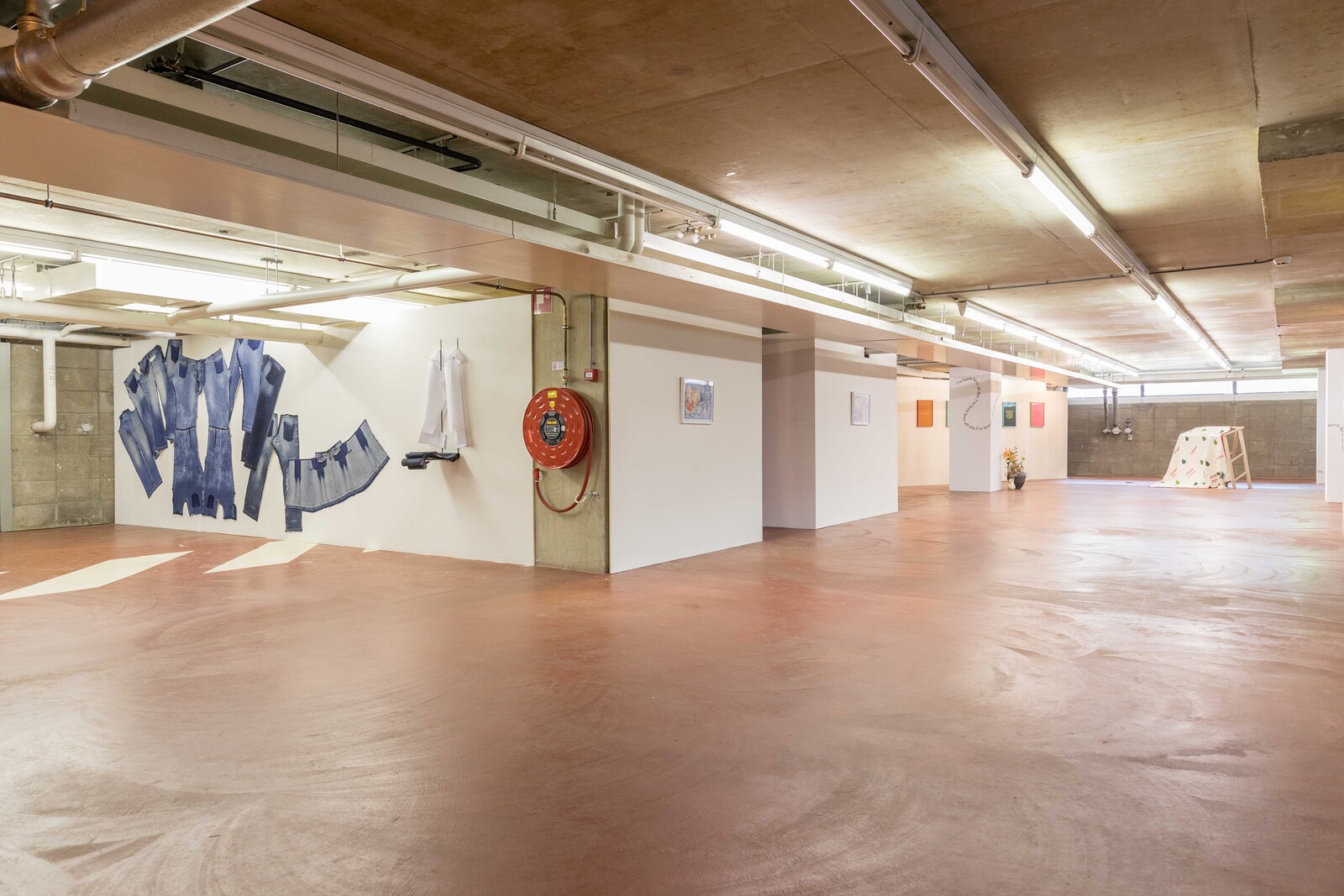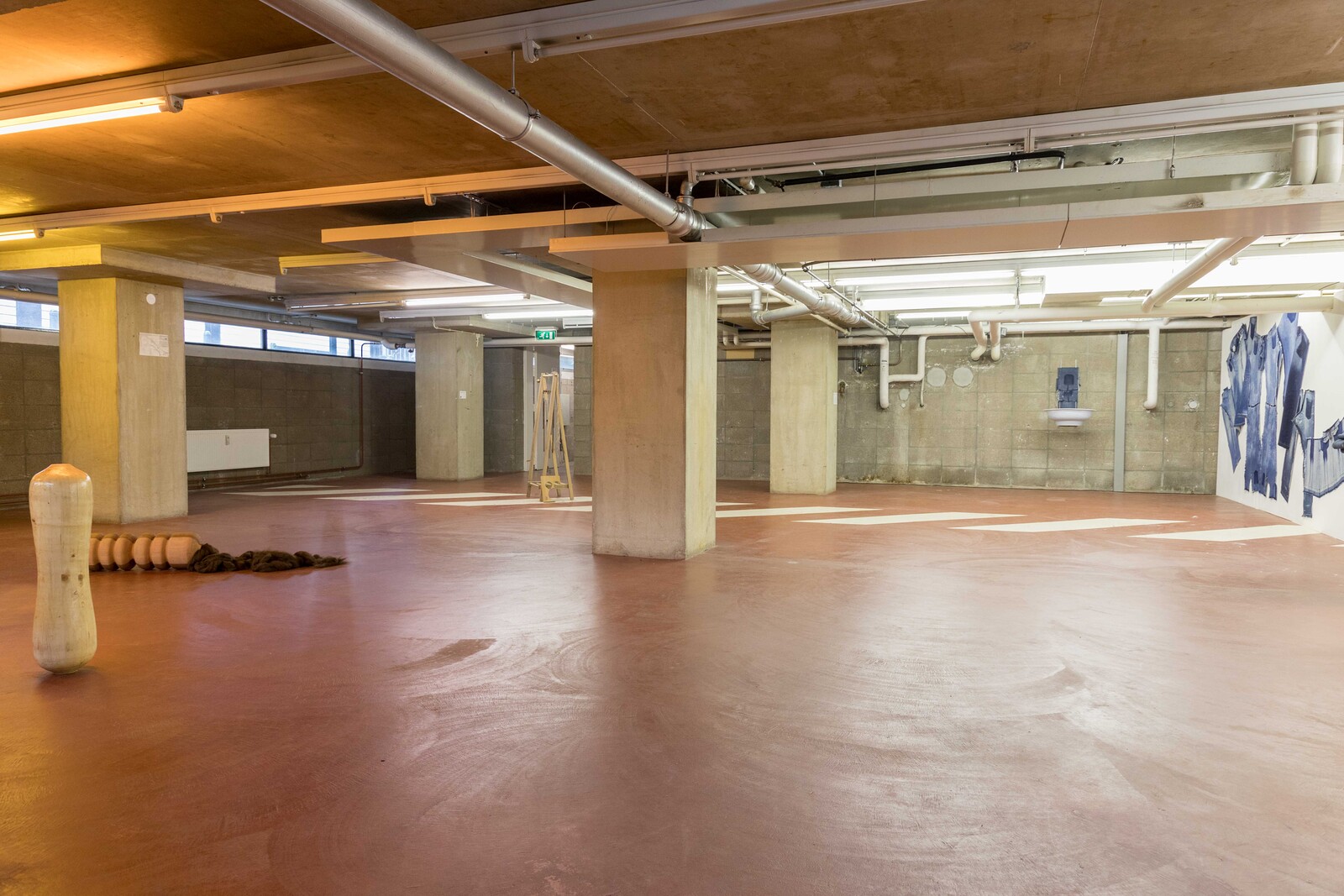July 1–11, 2021
The Piet Zwart Institute Master Fine Art celebrates the graduates of 2020 and 2021 with an exhibition of their recent works.
Through lockdowns and uprisings over the last year, artists have had to question how to engage artistic practice and life within both turbulence and monotony. Art practices have had to renegotiate new awarenesses of health, safety, grief, and isolation. Meanwhile, movements for social justice seeking recourse to historic injustices weigh on our everyday consciousness. Notwithstanding the current emergent contexts of our time, the artists in this exhibition have been tasked with carrying the particularities of their own aesthetic and relational concerns into a field that is rapidly transforming around them. Together, the 2020 and 2021 graduates of the Piet Zwart Institute Master Fine Art represent two ends of a very long year. The conditions that have marked us all in different ways continue to influence the many and varied directions taken by these makers, doers, and organizers.
The location of this exhibition, the former Rotterdam city archives, provided an architectural framework and a space to project through layers of history. As a storehouse for data and documentation of a city through the span of several decades, the archive, now emptied of its contents, was an appropriate space for framing this collective endeavor. What materializations, documents, or remnants serve as useful indications of shared histories? How do singular images represent not only themselves but perhaps also stand in for communal narratives and even global paradigms?
This exhibition includes Piet Zwart Master Fine Art graduates of both 2020 and 2021. Their works, as singular as they may be, also stand as markers for an ongoing shared experience: not only of pandemic and social transformation but also of the smaller movements of everyday life. There is a general sociality between these works as they came into being around each other. The mutual influence of the conditions of the Piet’s shared studio spaces, collaborations, and solidarities might also inform how we engage with this exhibition through curiosity, attention and care.
“Material Context” was organized by Danny Giles (Course Director, Piet Zwart Institute Master Fine Art), Nathalie Hartjes (Director, MAMA), and Kim de Haas (Daily Manager, MAMA).
Diana Al-Halabi
Guillem S. Arquer
Emma Astner
Ayo
Annabelle Binnerts
Linus Bonduelle
Dagmar Bosma
Antonia Brown
Jake Caleb
Petter Dahlstrom Persson
Pascale de Graaf
Aimilia Efthimiou
Halla Einarsdóttir
Olga Hohmann
Peter Horneland
Jamie Kane
Jonghun Kim
Bruno Machado das Neves
Steven Maybury
Lucia Mendoza
Lukas Meßner
Christian Ovesen
Josie Perry
Daphne Simons
Yanik Soland
Berglind Tryggvadóttir
The Piet Zwart Institute Master Fine Art educates artists toward the fulfillment of their own creative and professional autonomy and encourages enrolled students to see themselves as agents with the potential to shape the field of international contemporary art.
Our ambition is to provide our students with a challenging, supportive and responsive learning environment and a curriculum that offers the creative structure and committed resources they need to develop their individual and collective senses of artistic purpose and agency. We recognize the inherent diversity of perspectives, methods, practices and channels of dissemination that are available to contemporary artists today. We strive to meet our diverse students wherever they are in their artistic trajectories. We offer them critical guidance and opportunities for experimentation and growth in their research and practice, leading to personal and professional validation. We motivate our students to sustain their artistic research and practice while navigating a highly competitive, economically uncertain and deeply evaluative field. We nurture the individuated, eclectic, imaginative approaches of individual artists while familiarizing them with the strongly networked, institutionalized, linked, collaborative and collective realities that shape how art is defined and received in the wider culture. And we help them situate the contemporary relevance of their research and practice and create contexts for its exposure (display, publication, performance, etc.).
